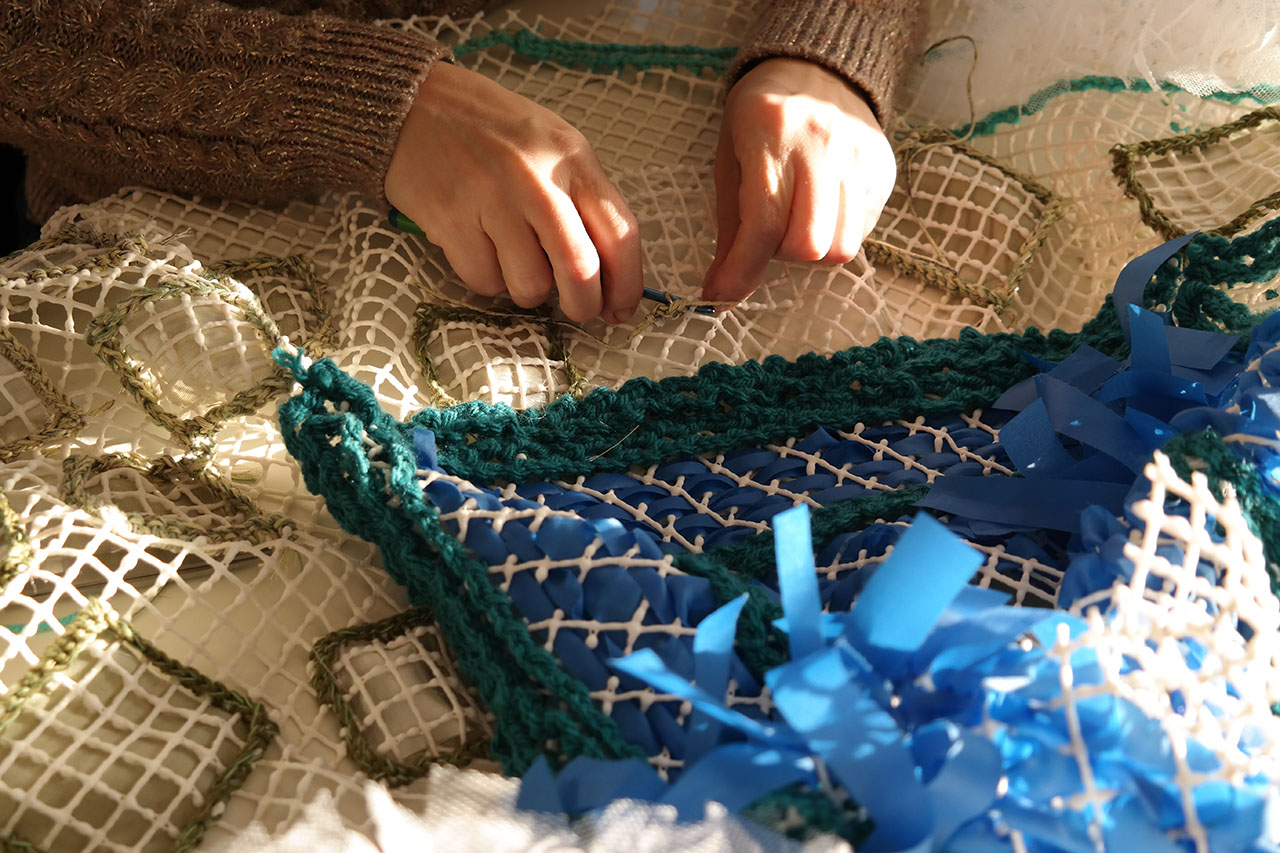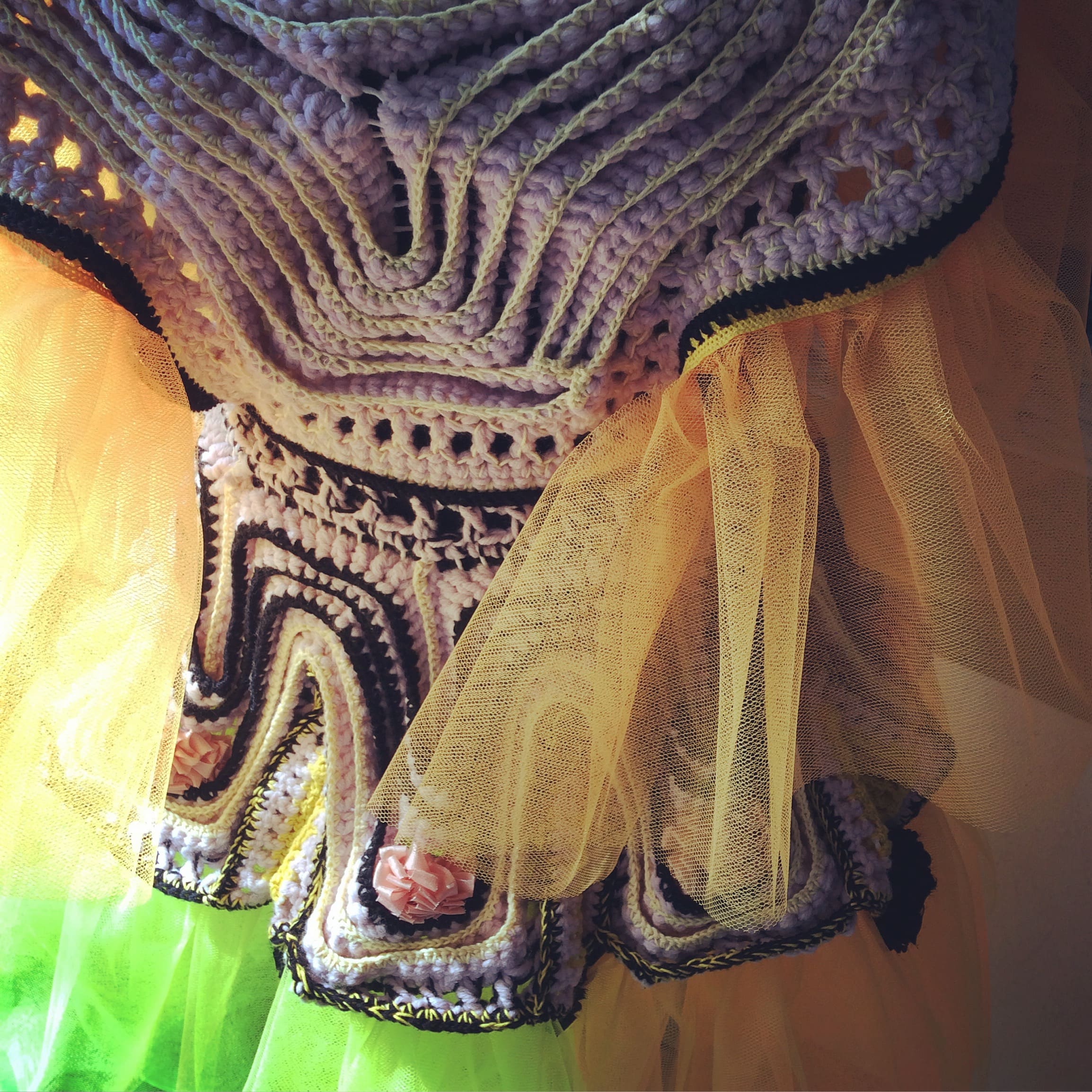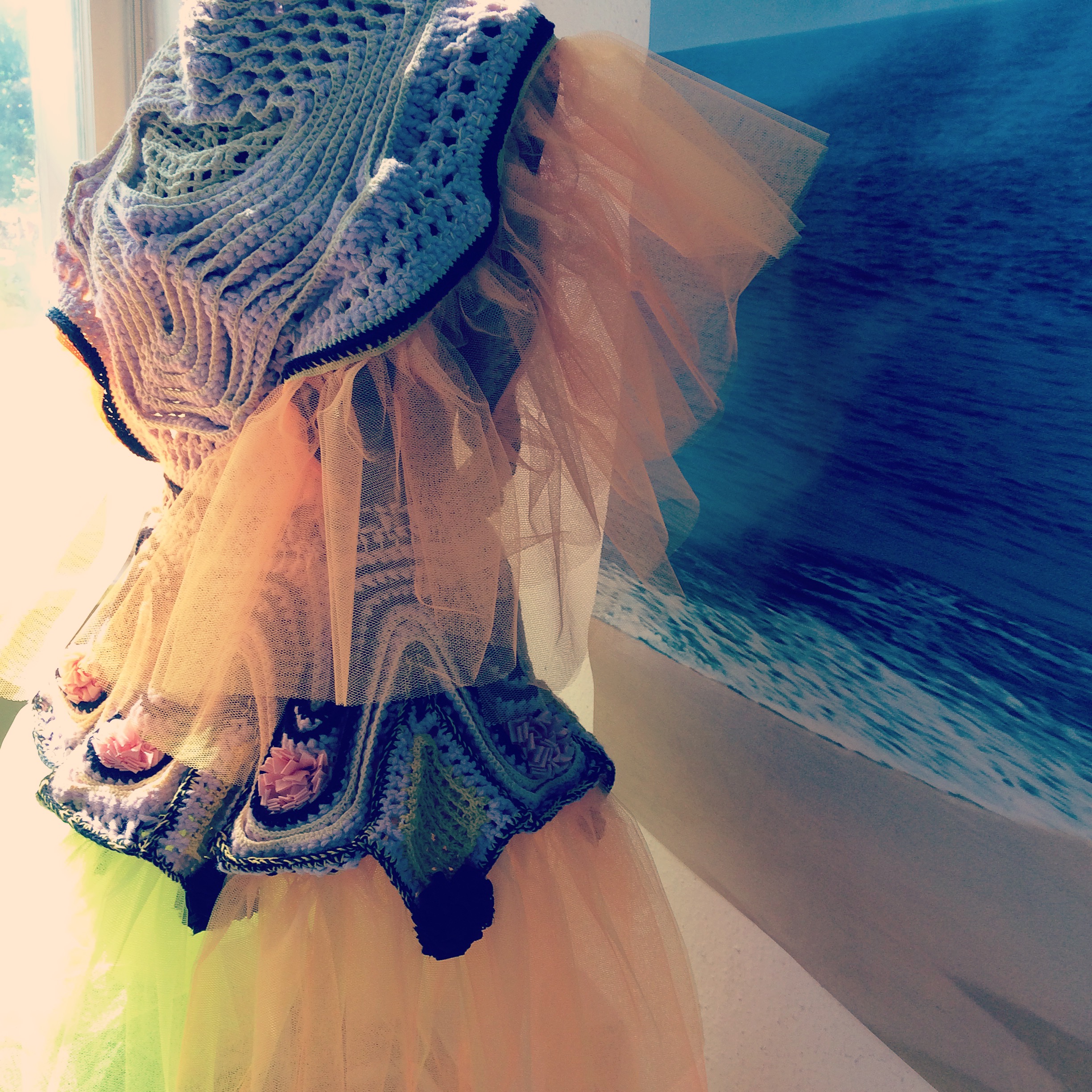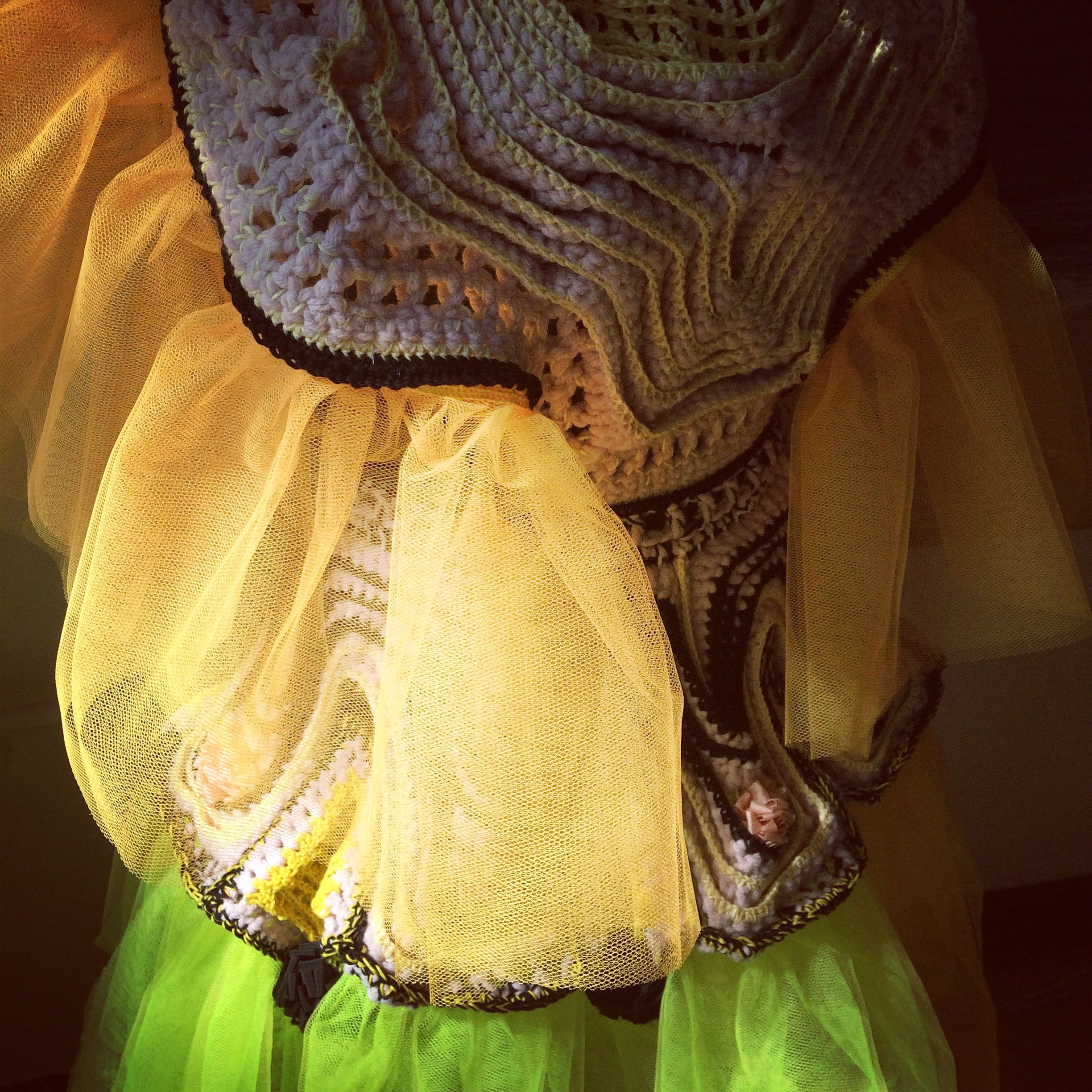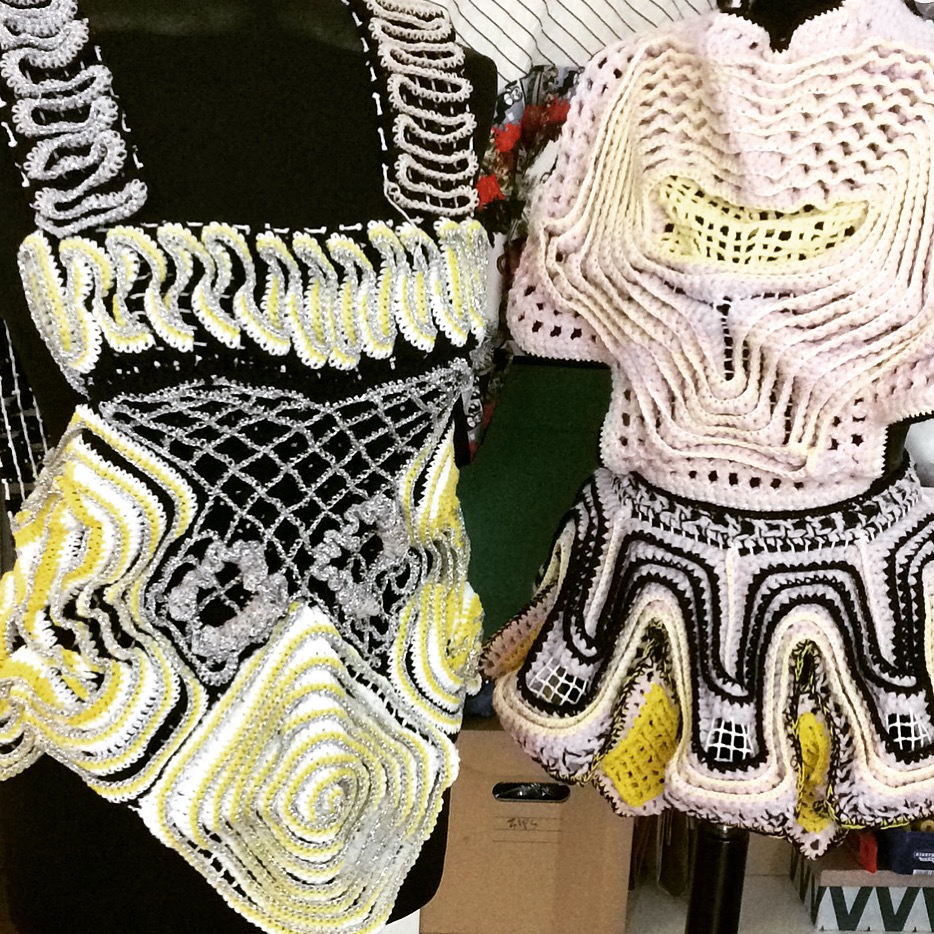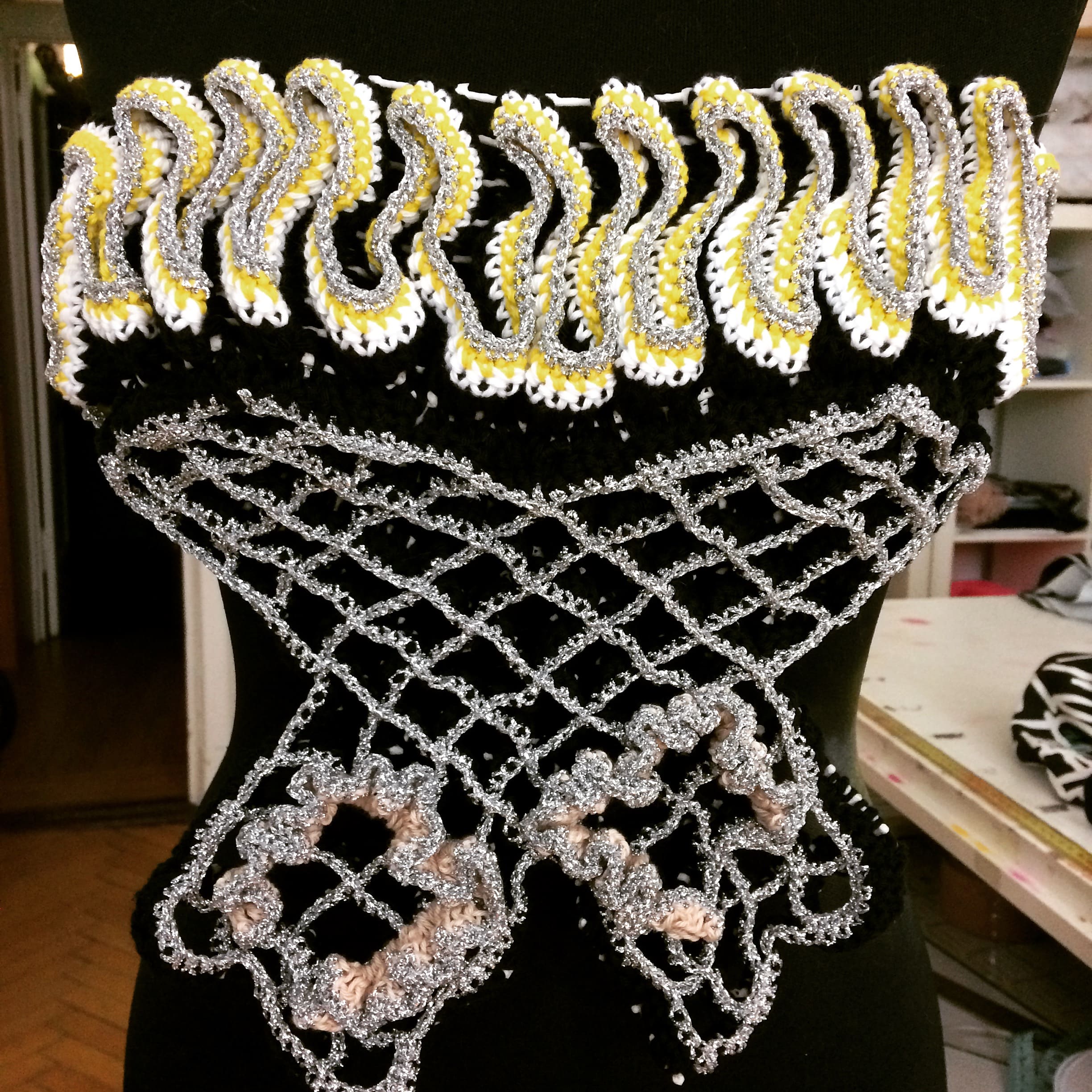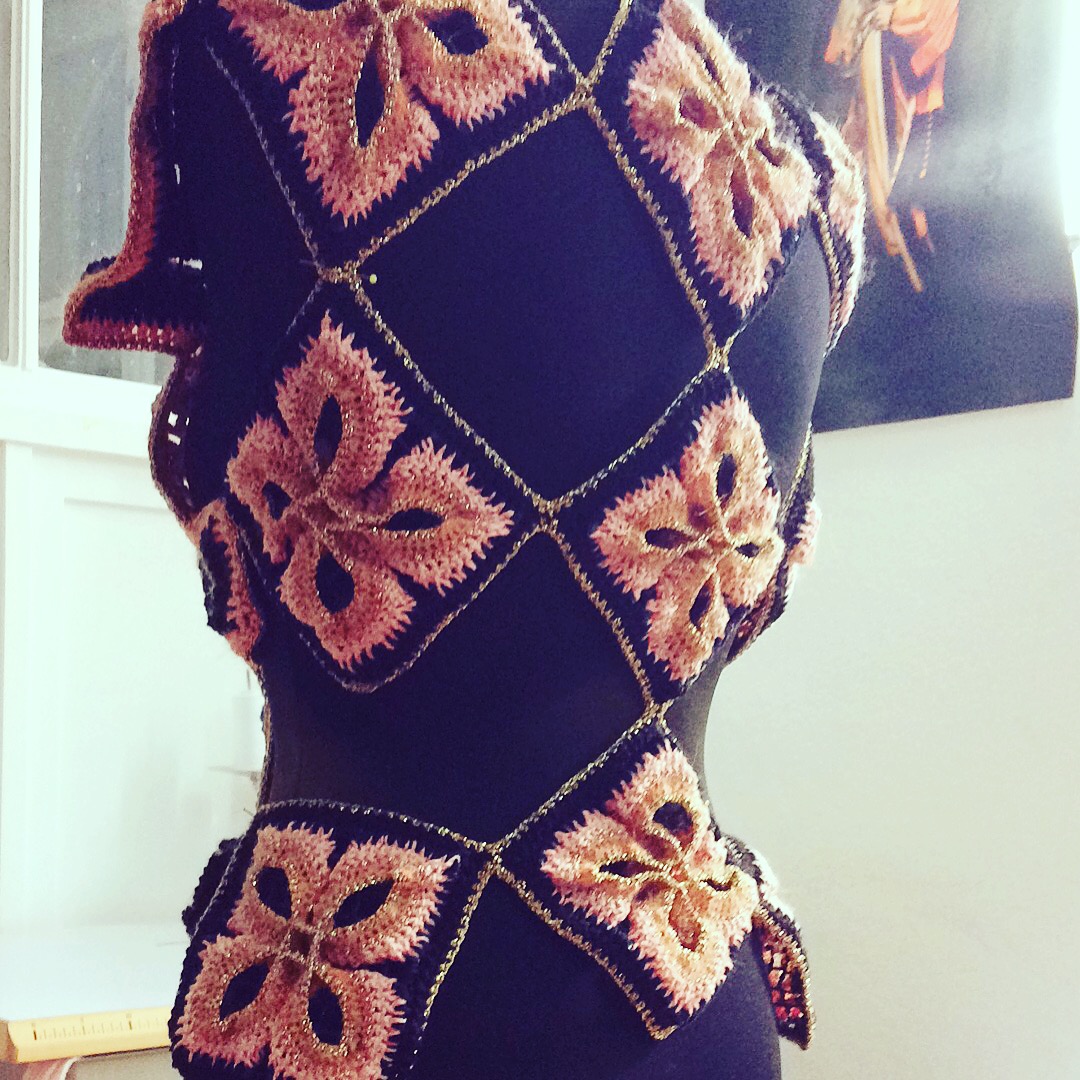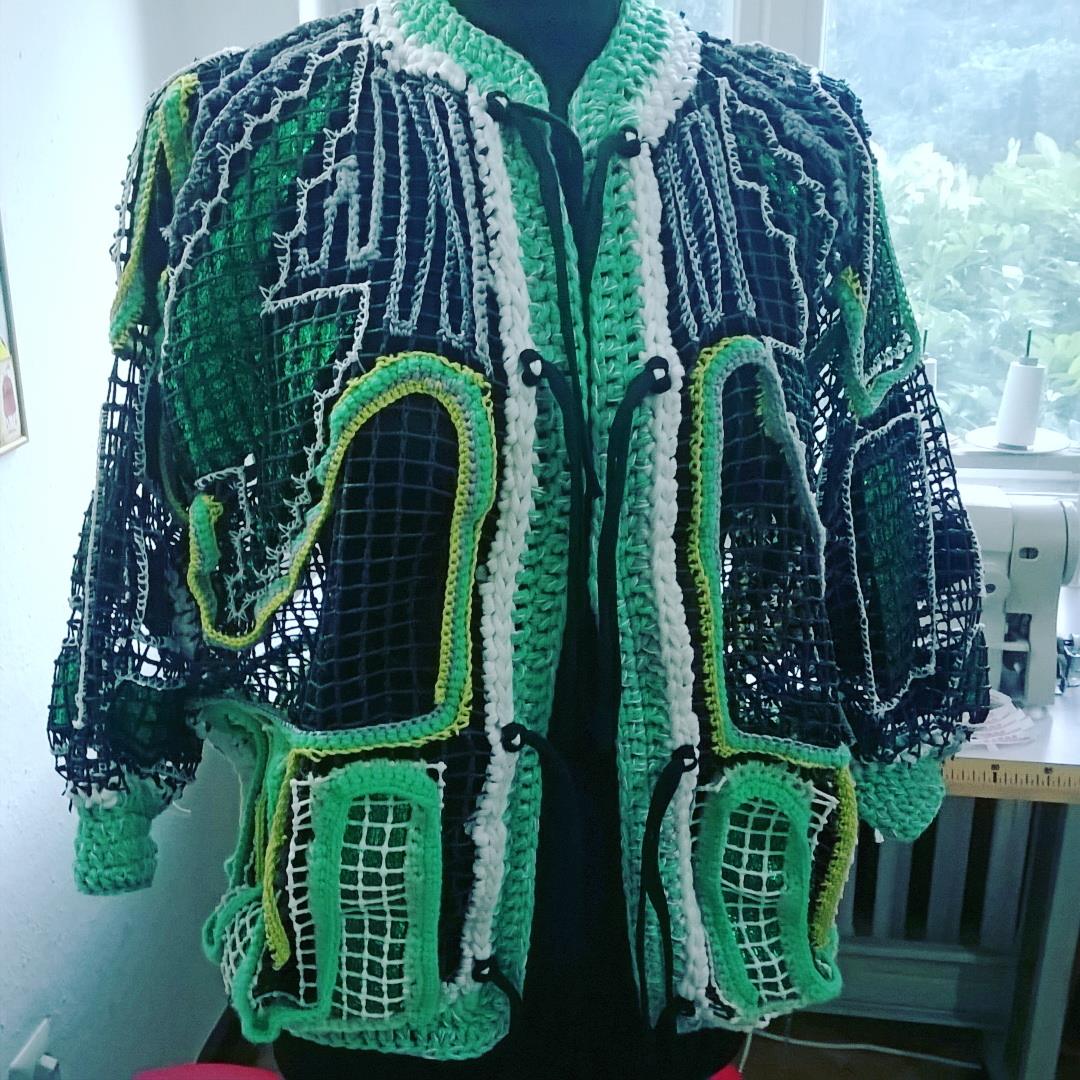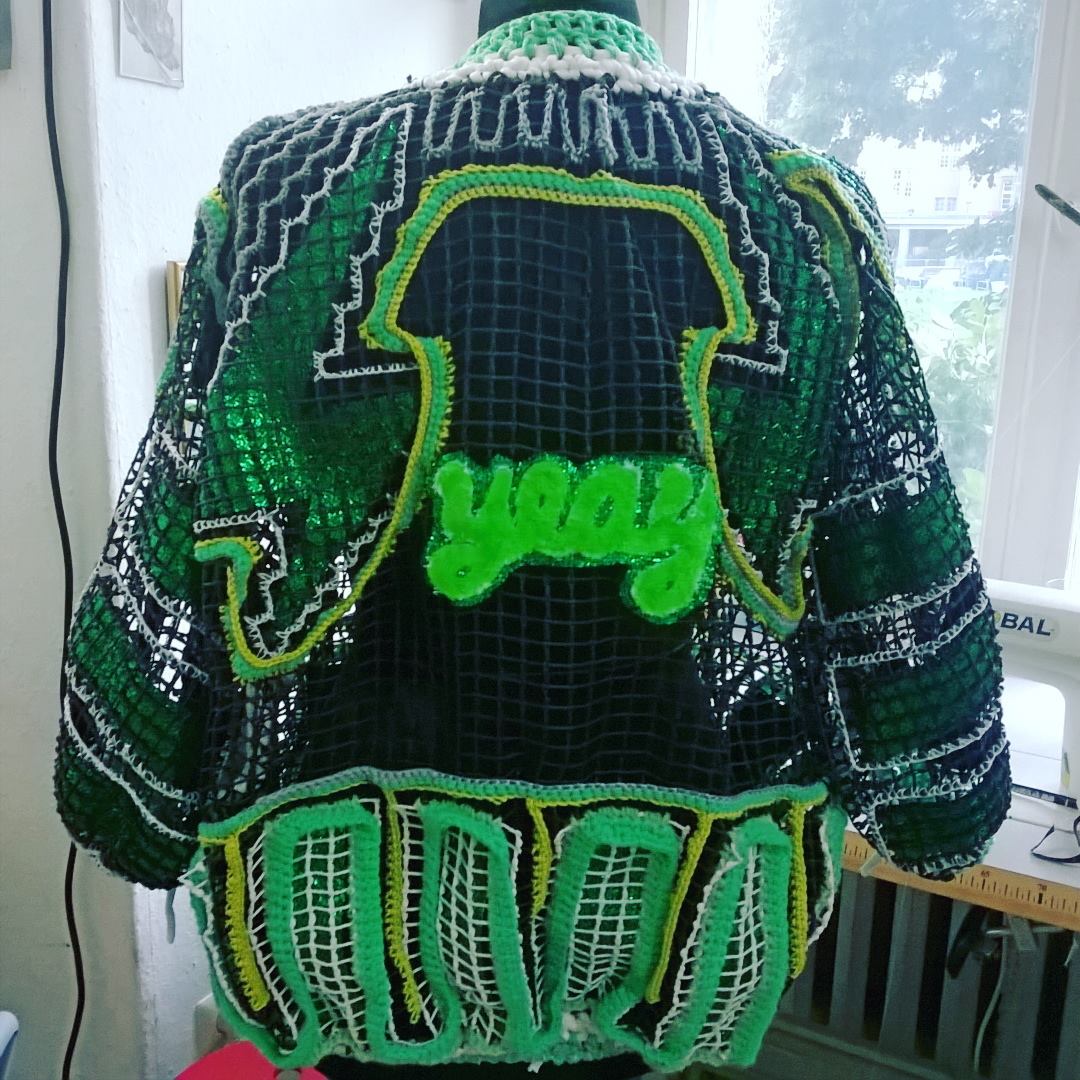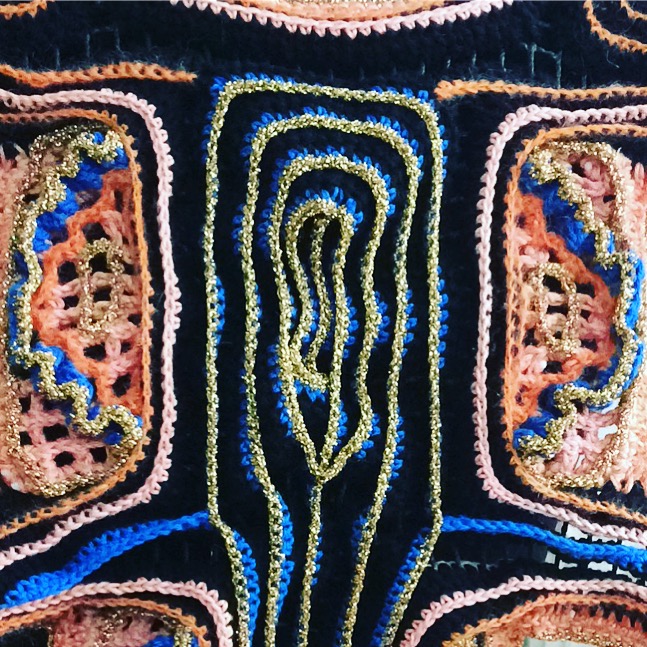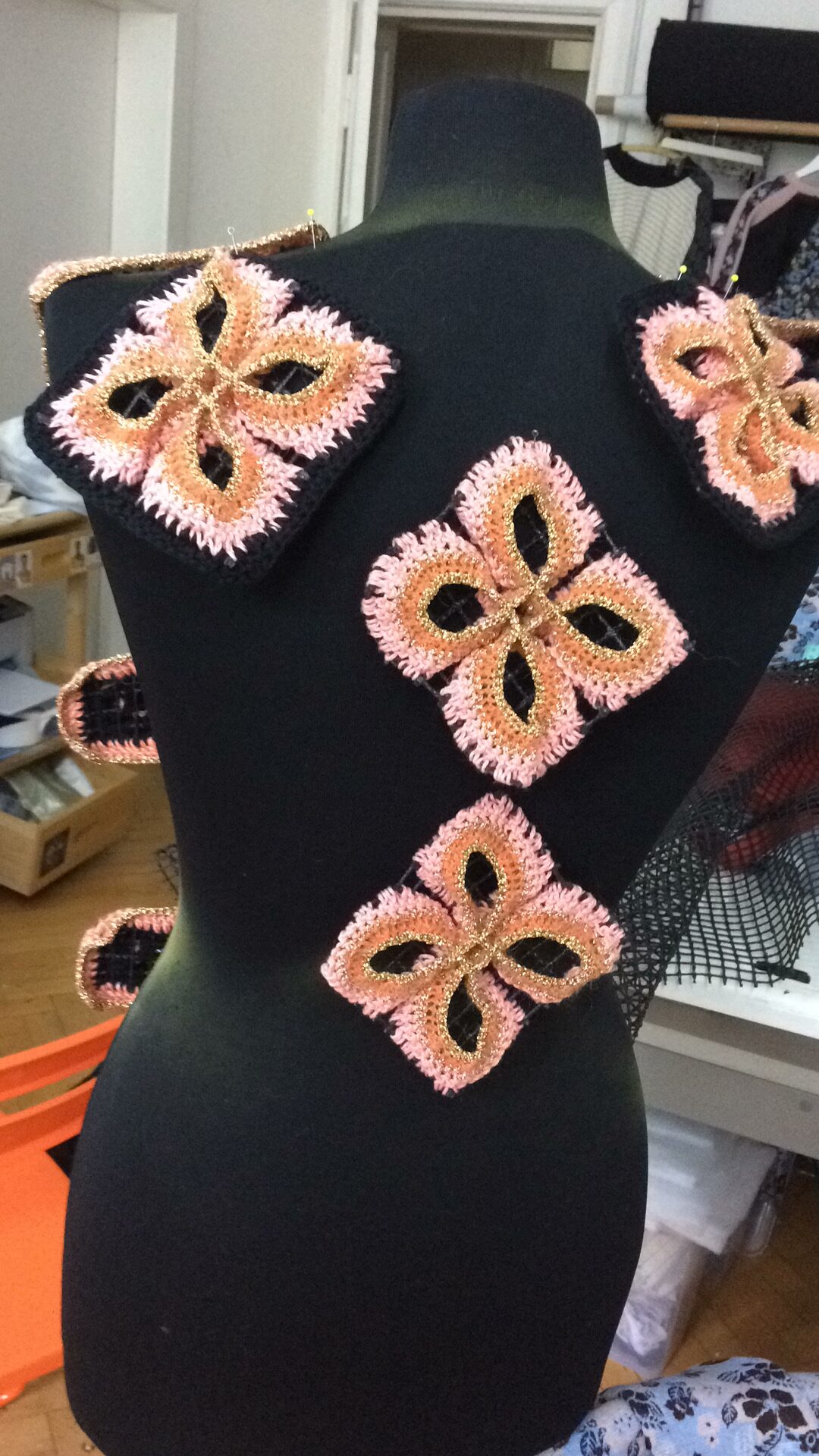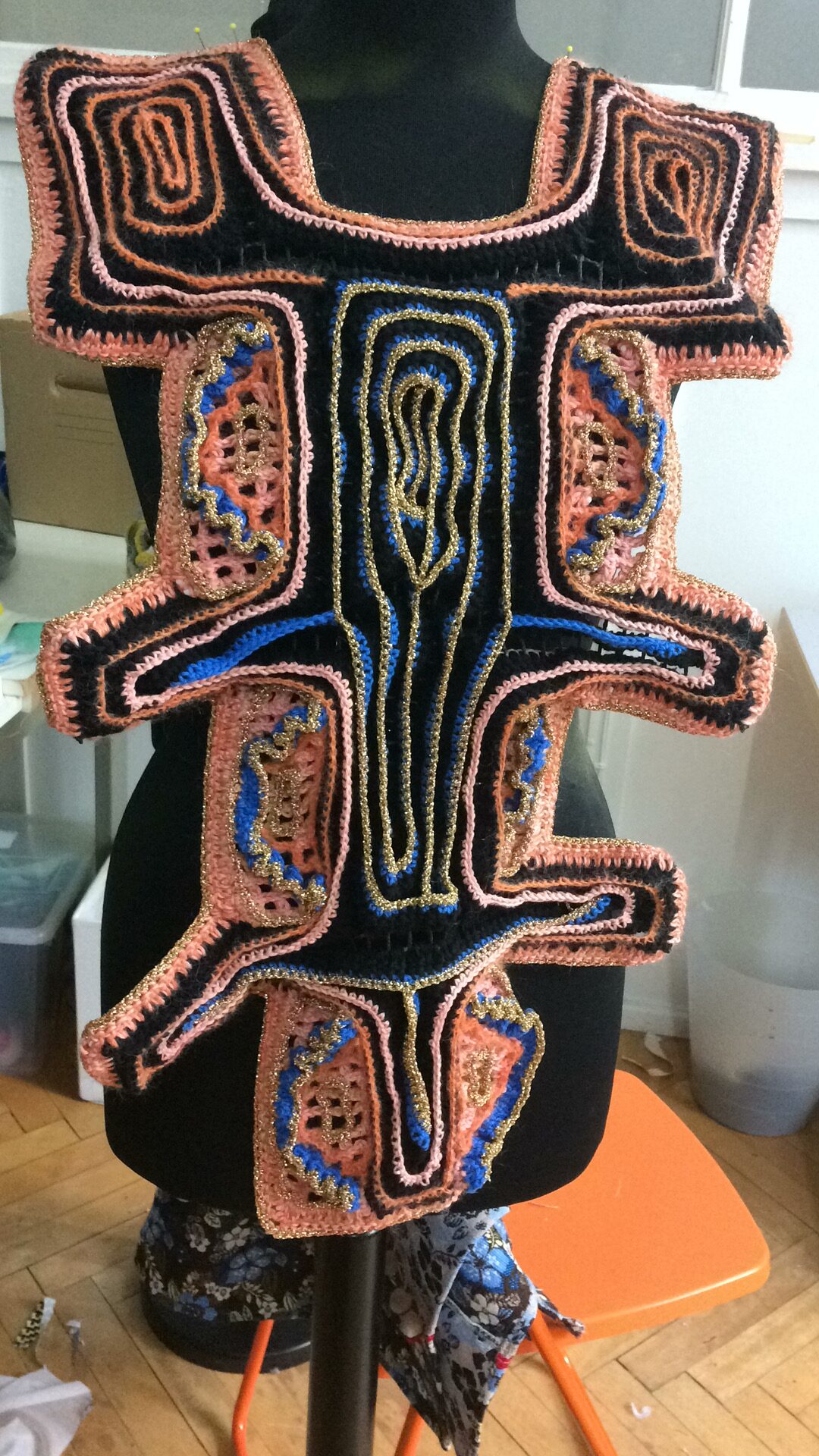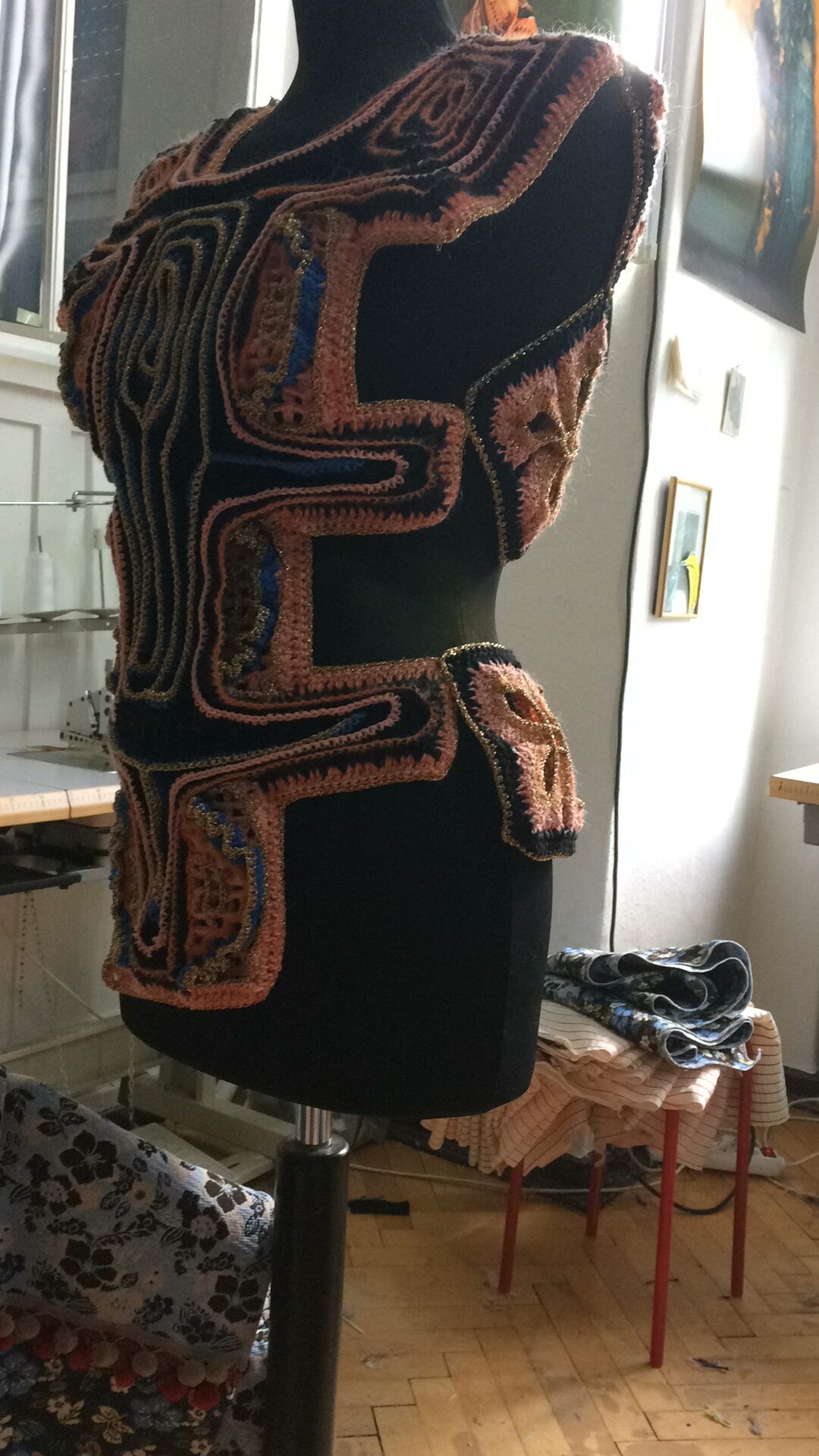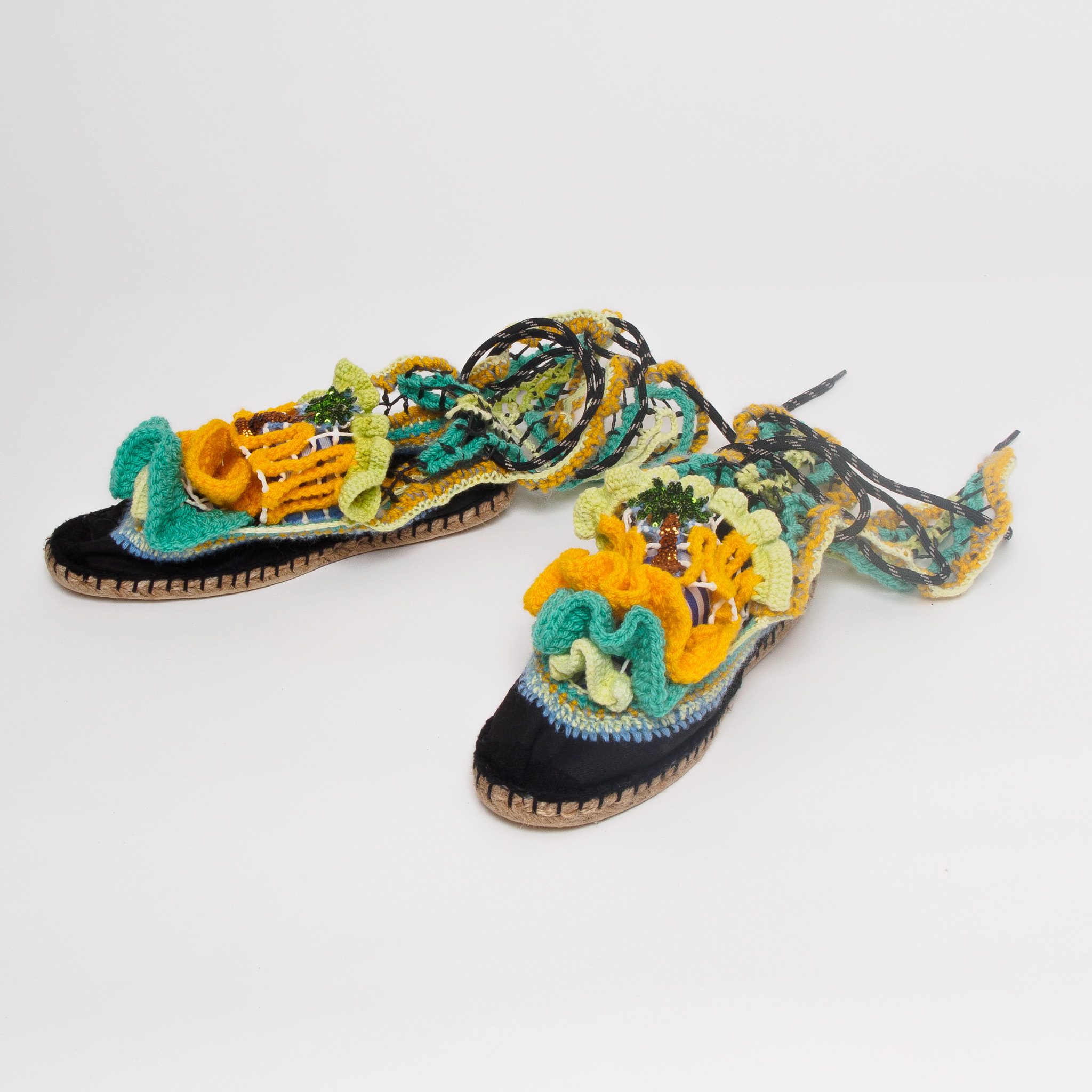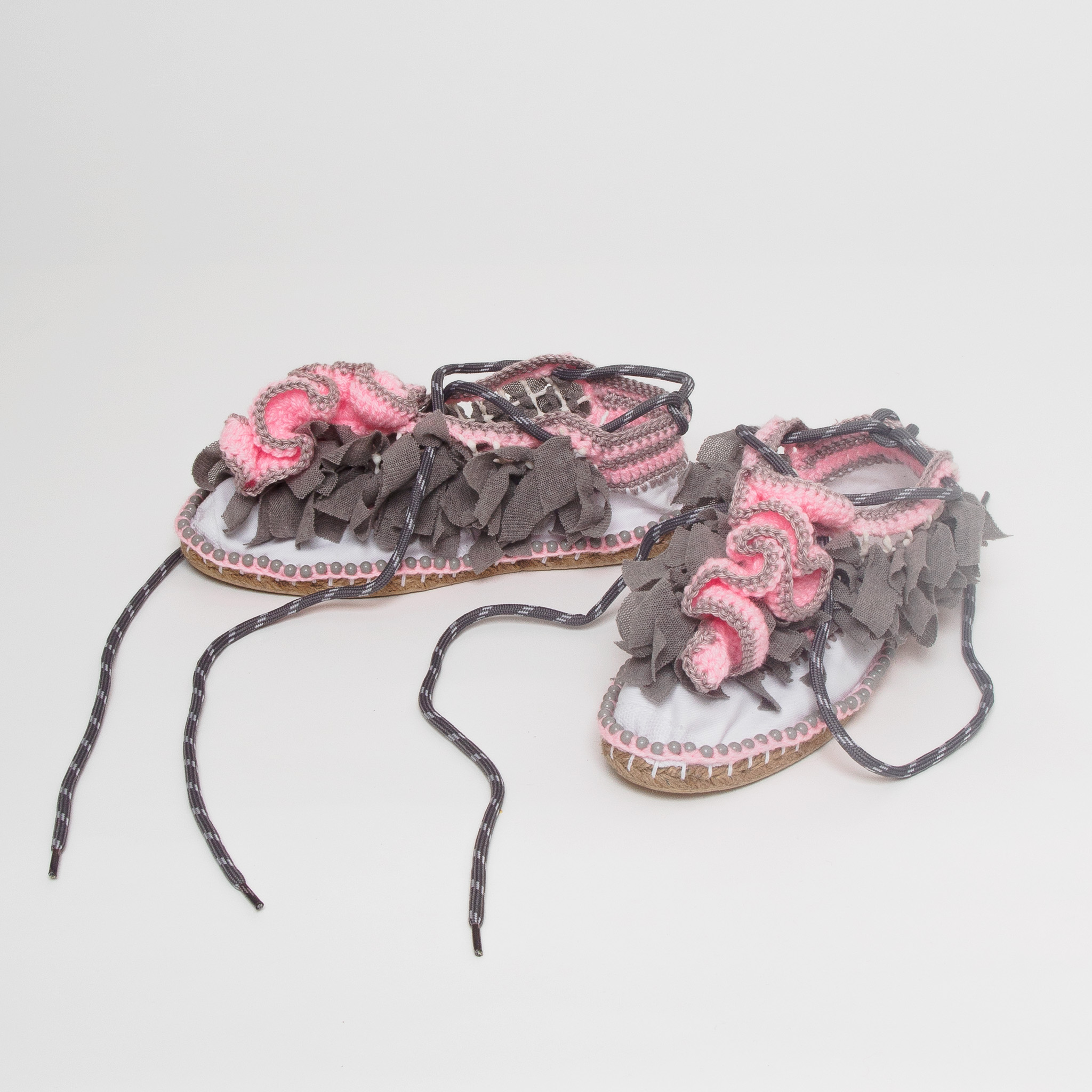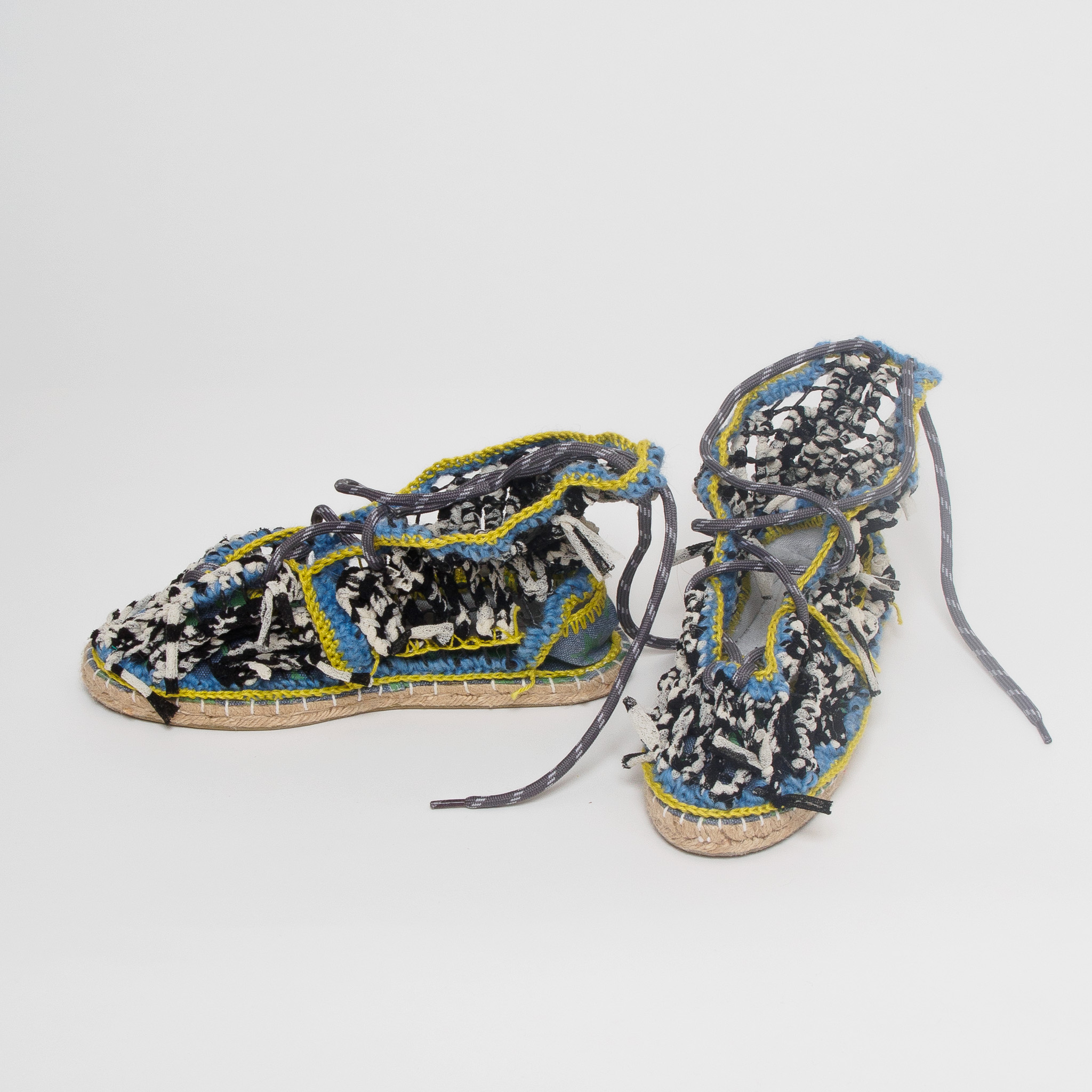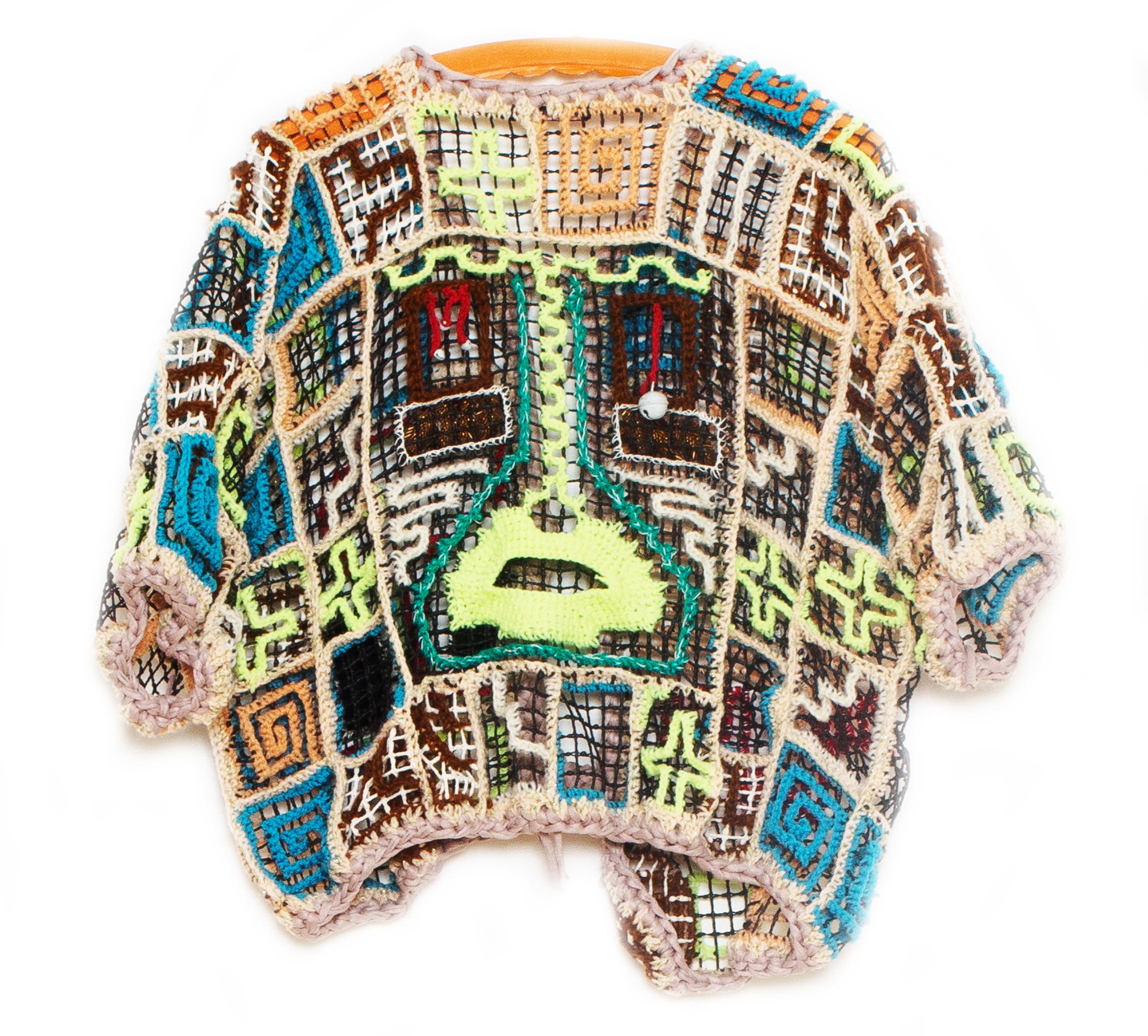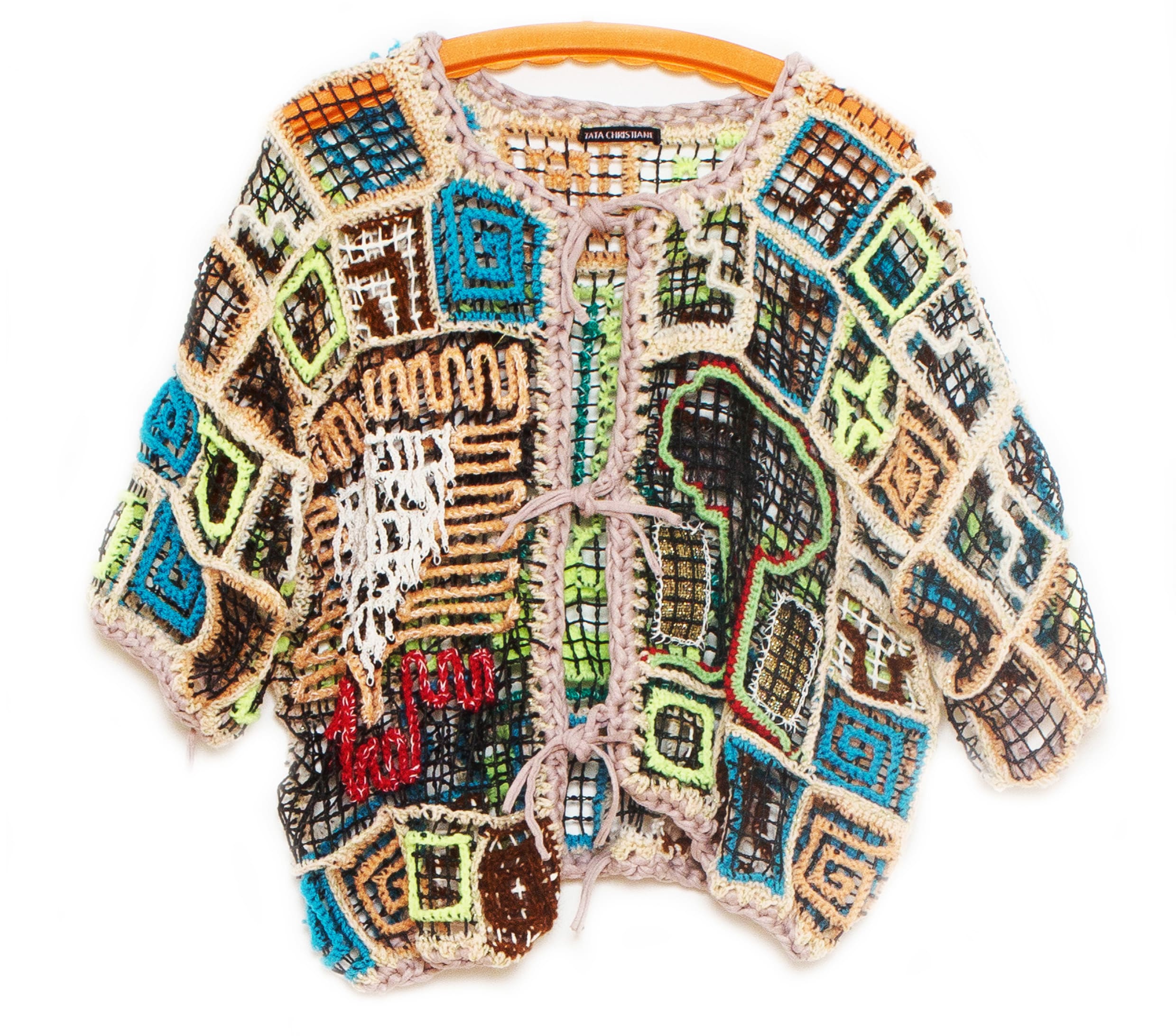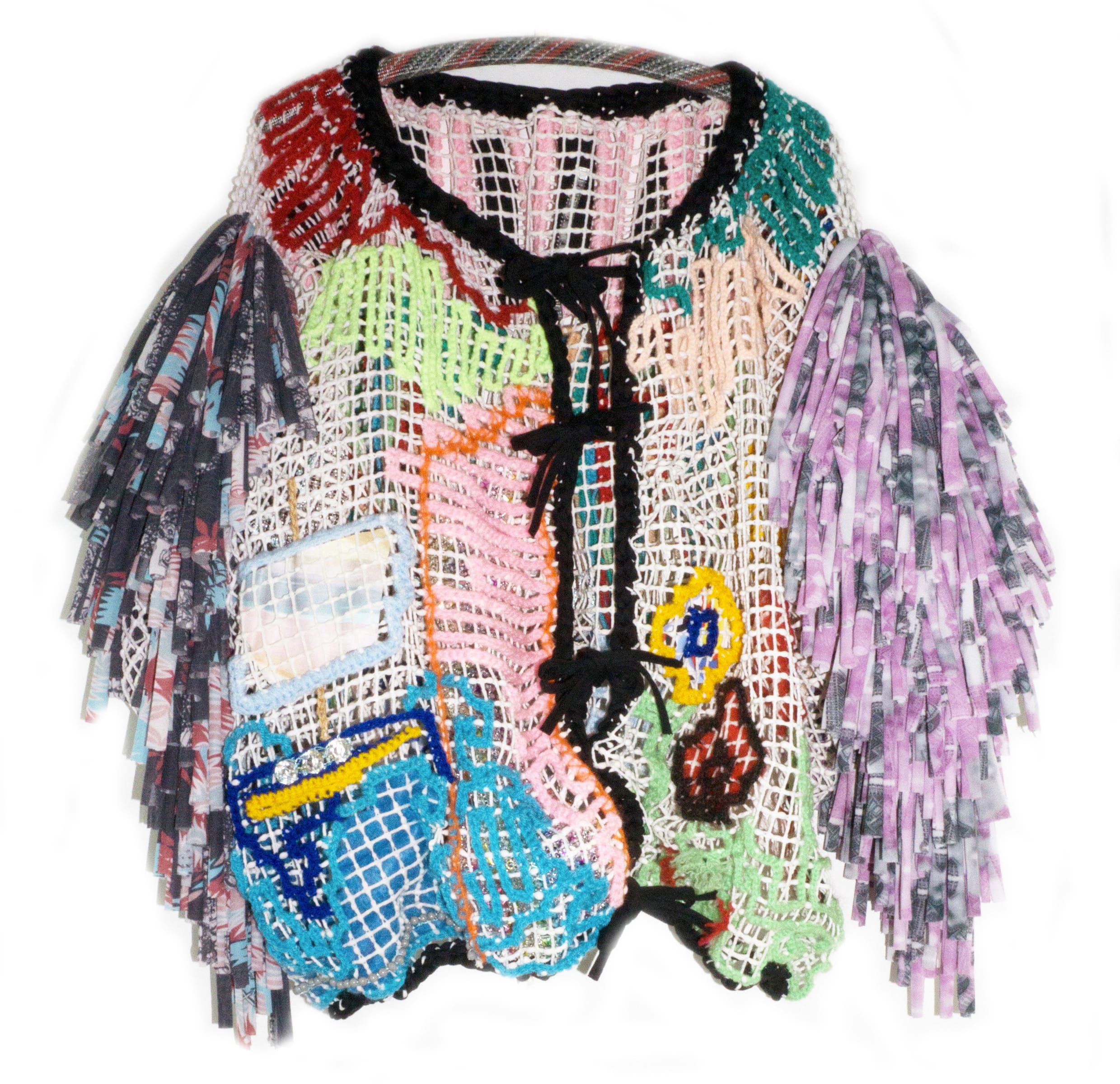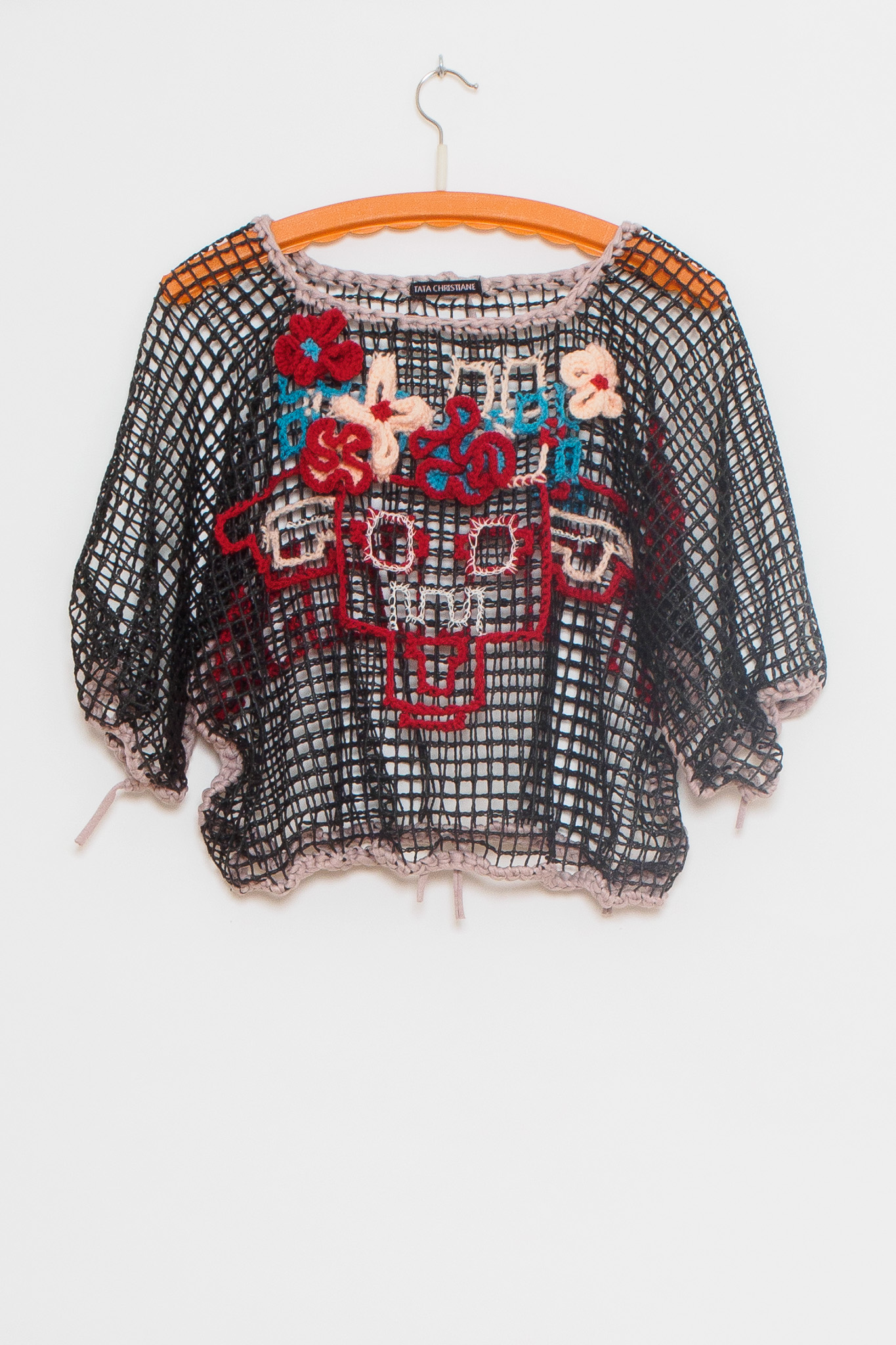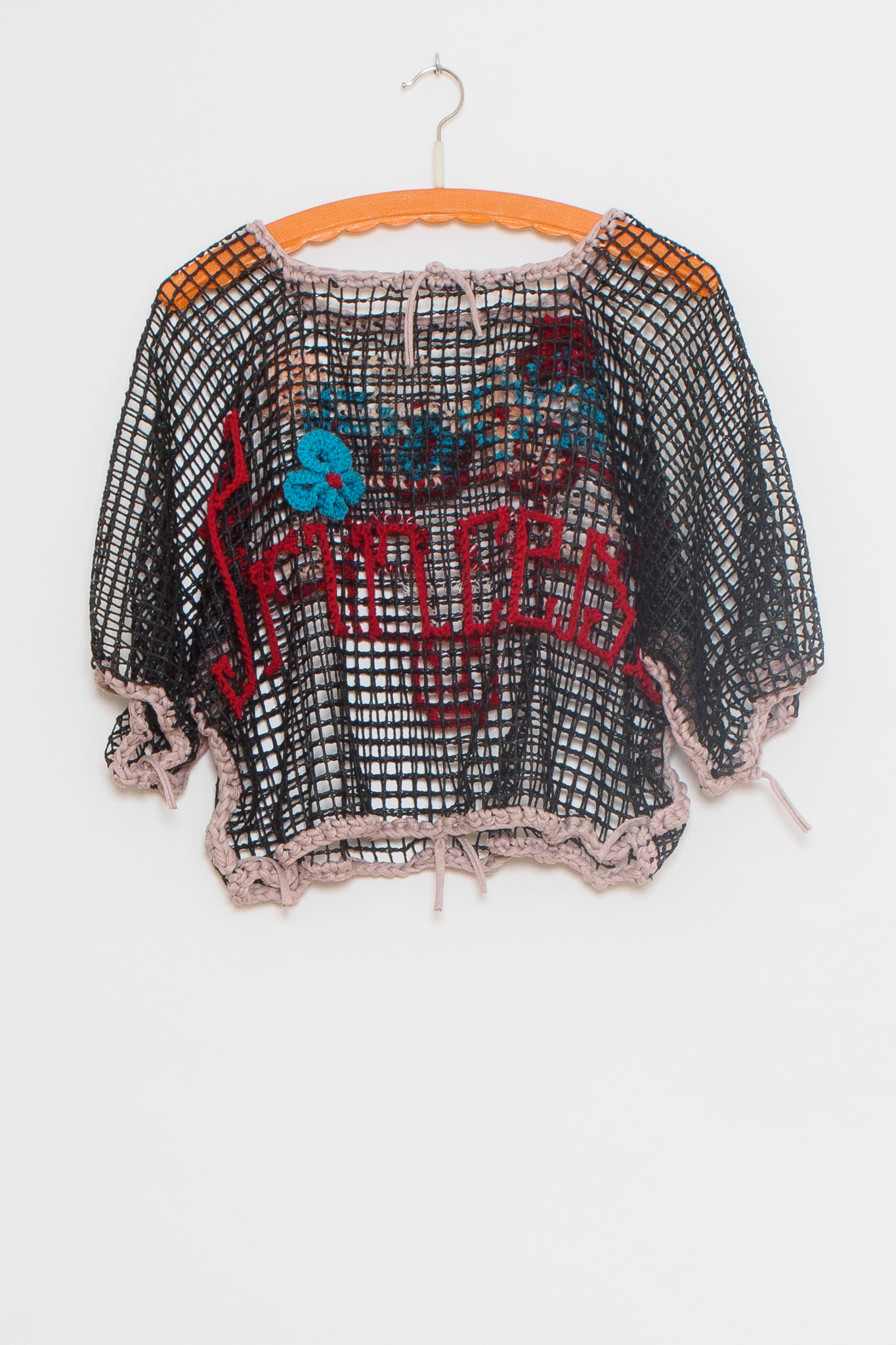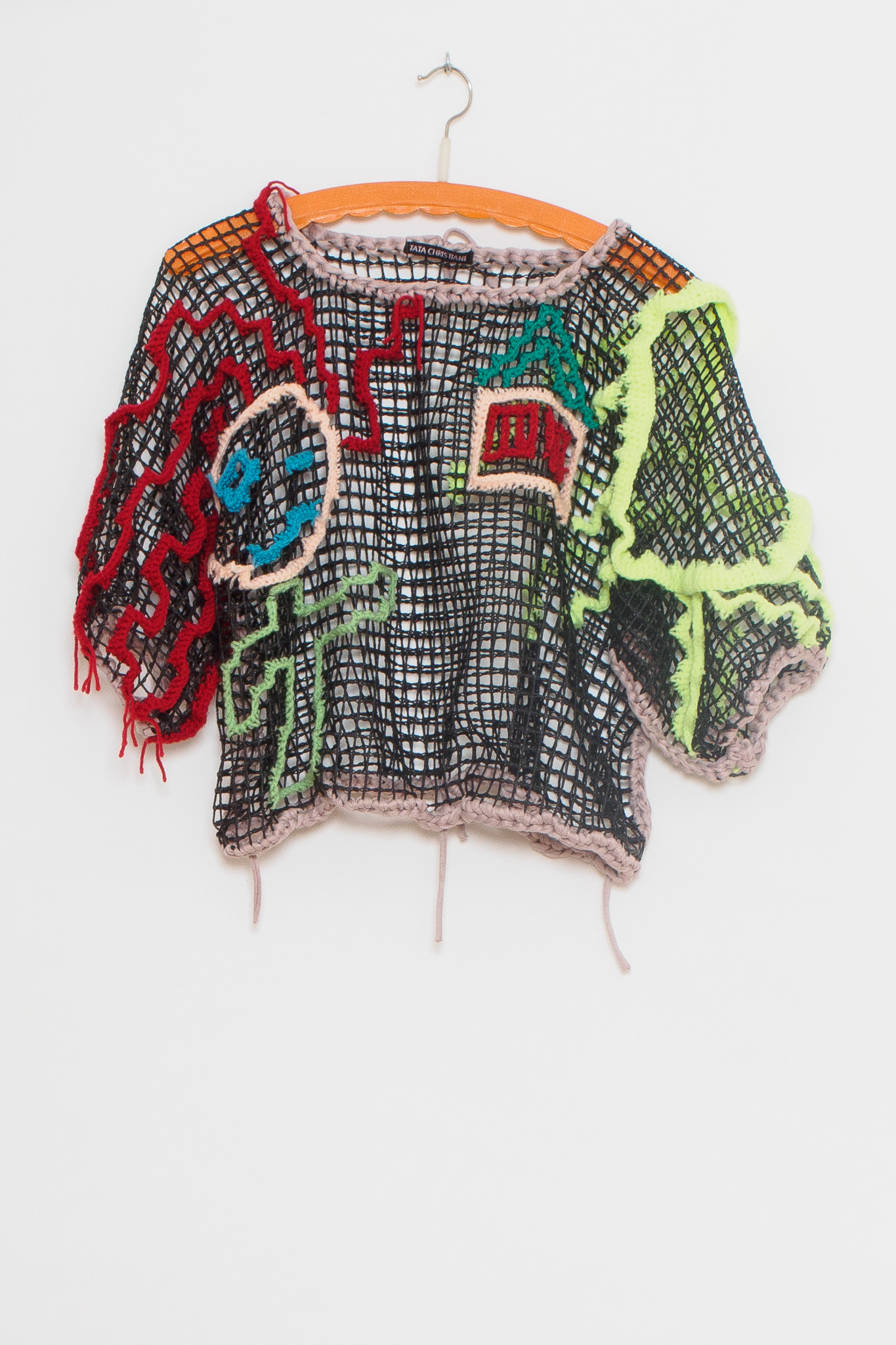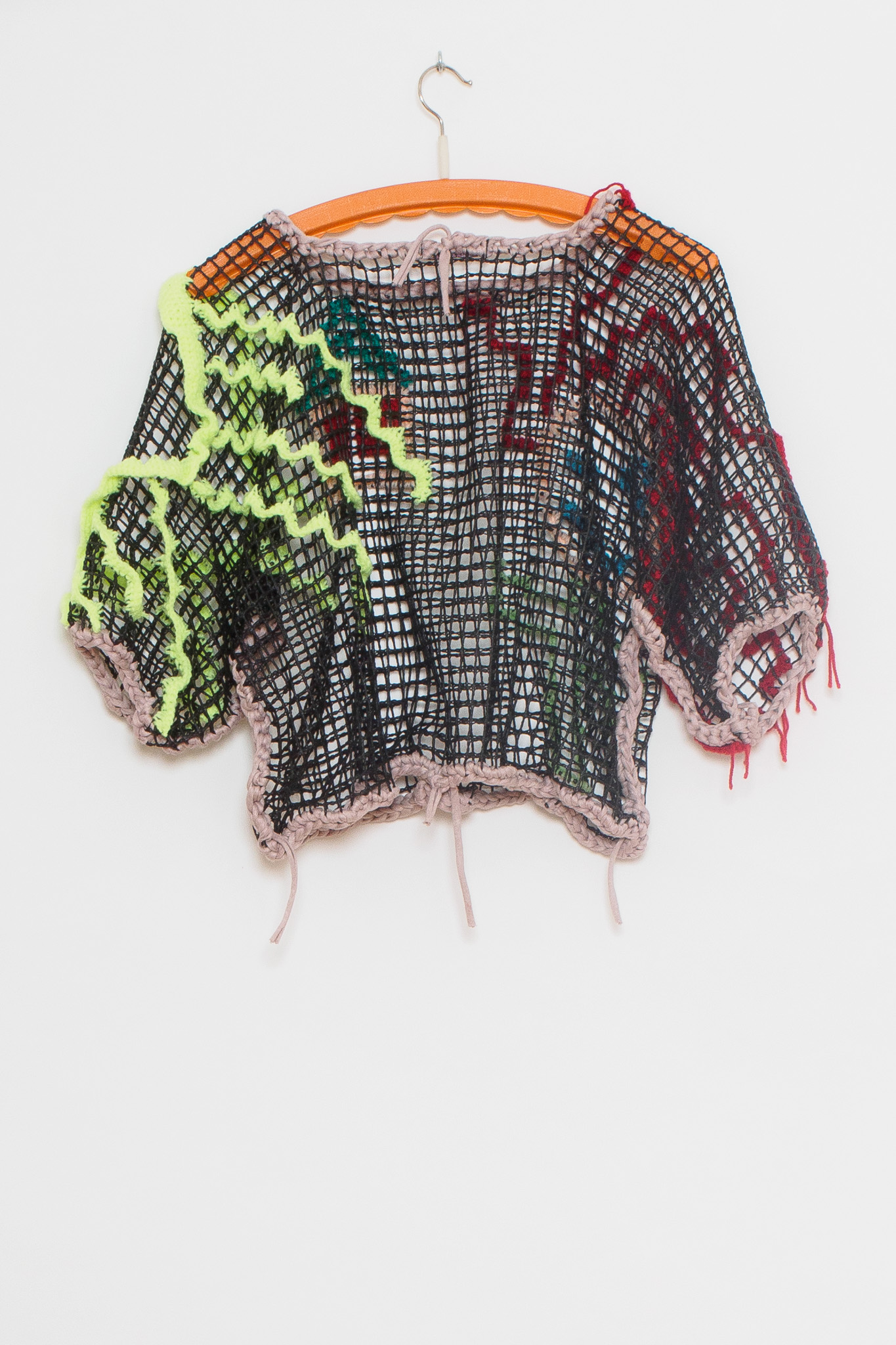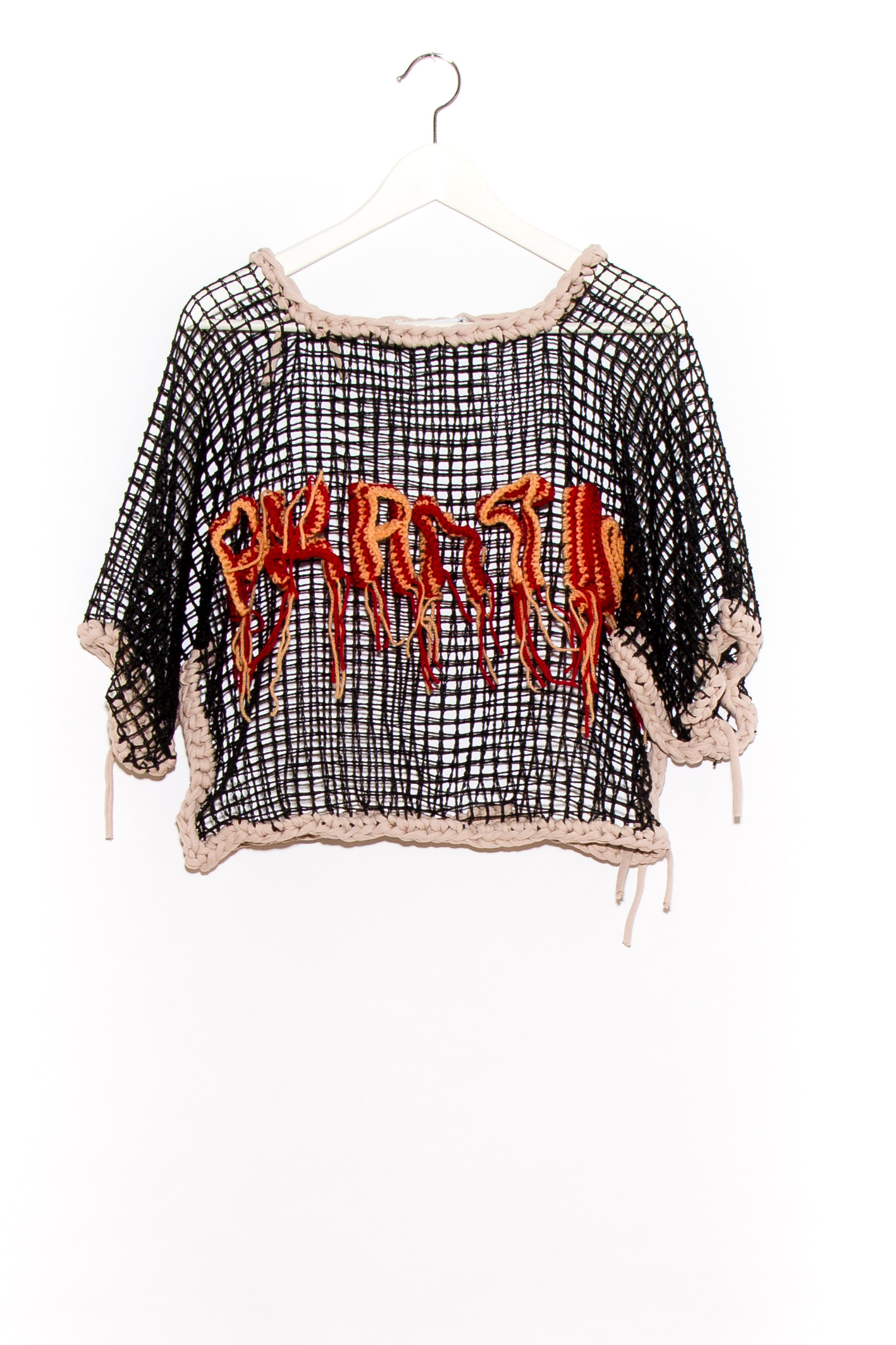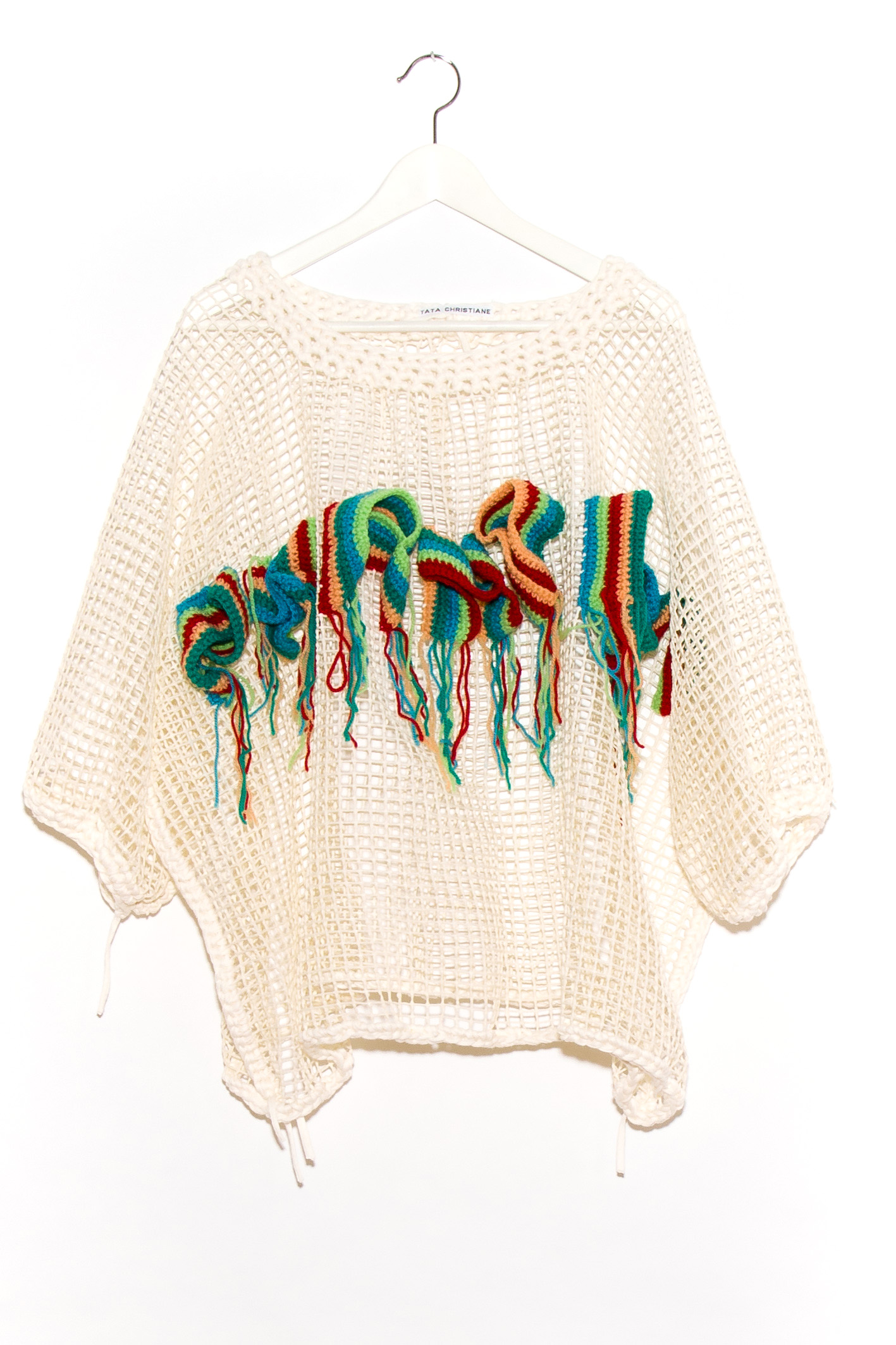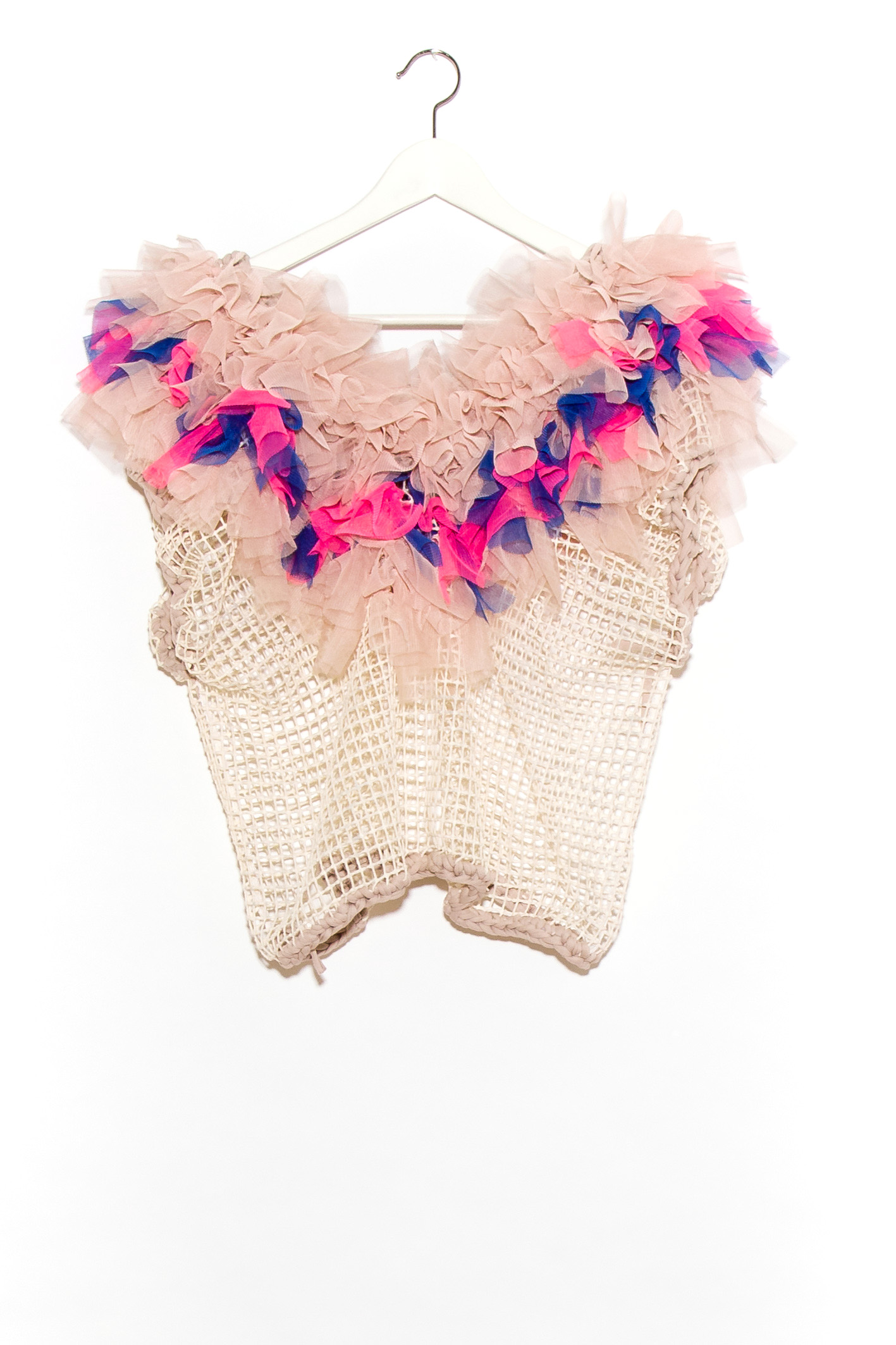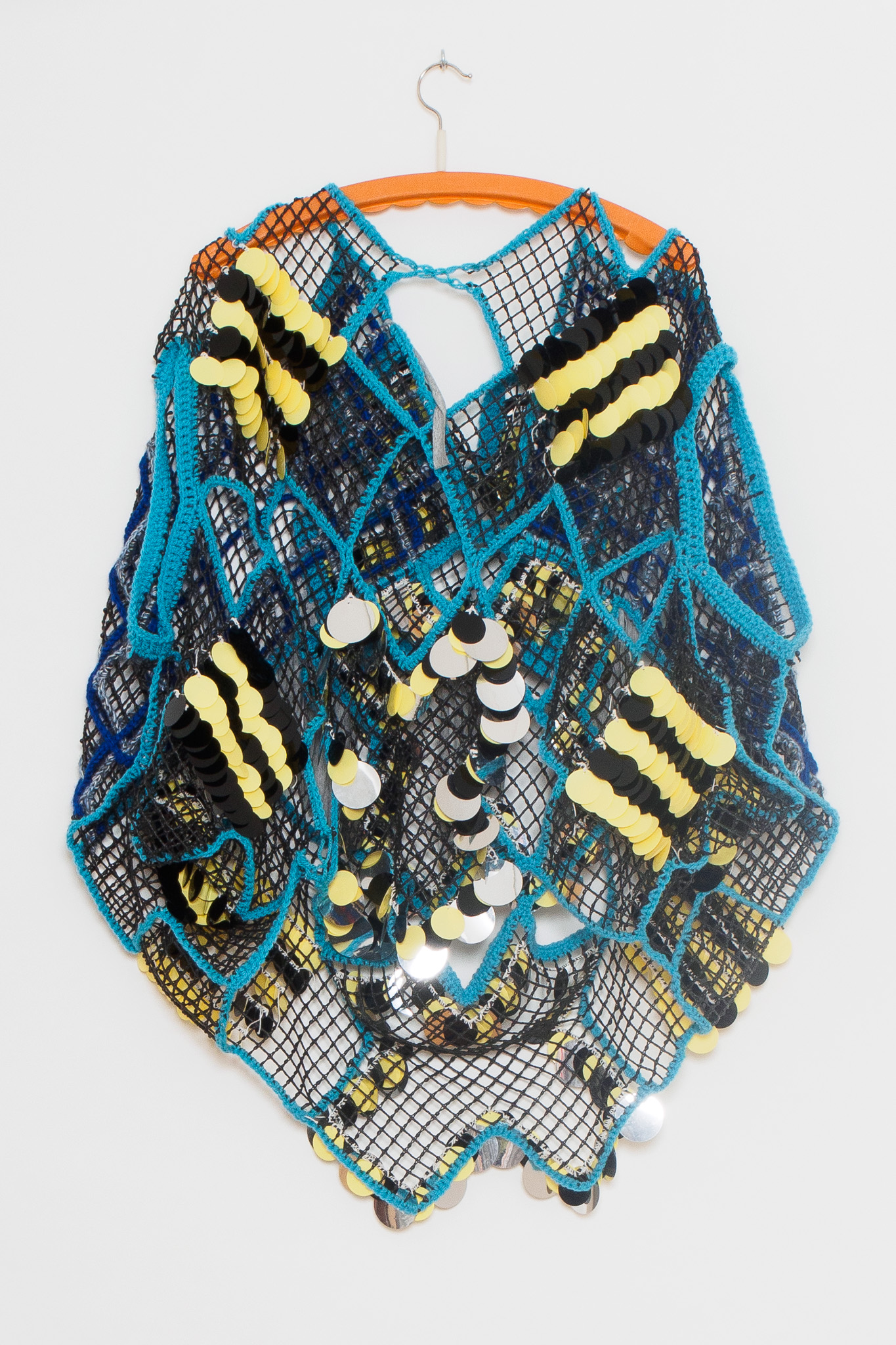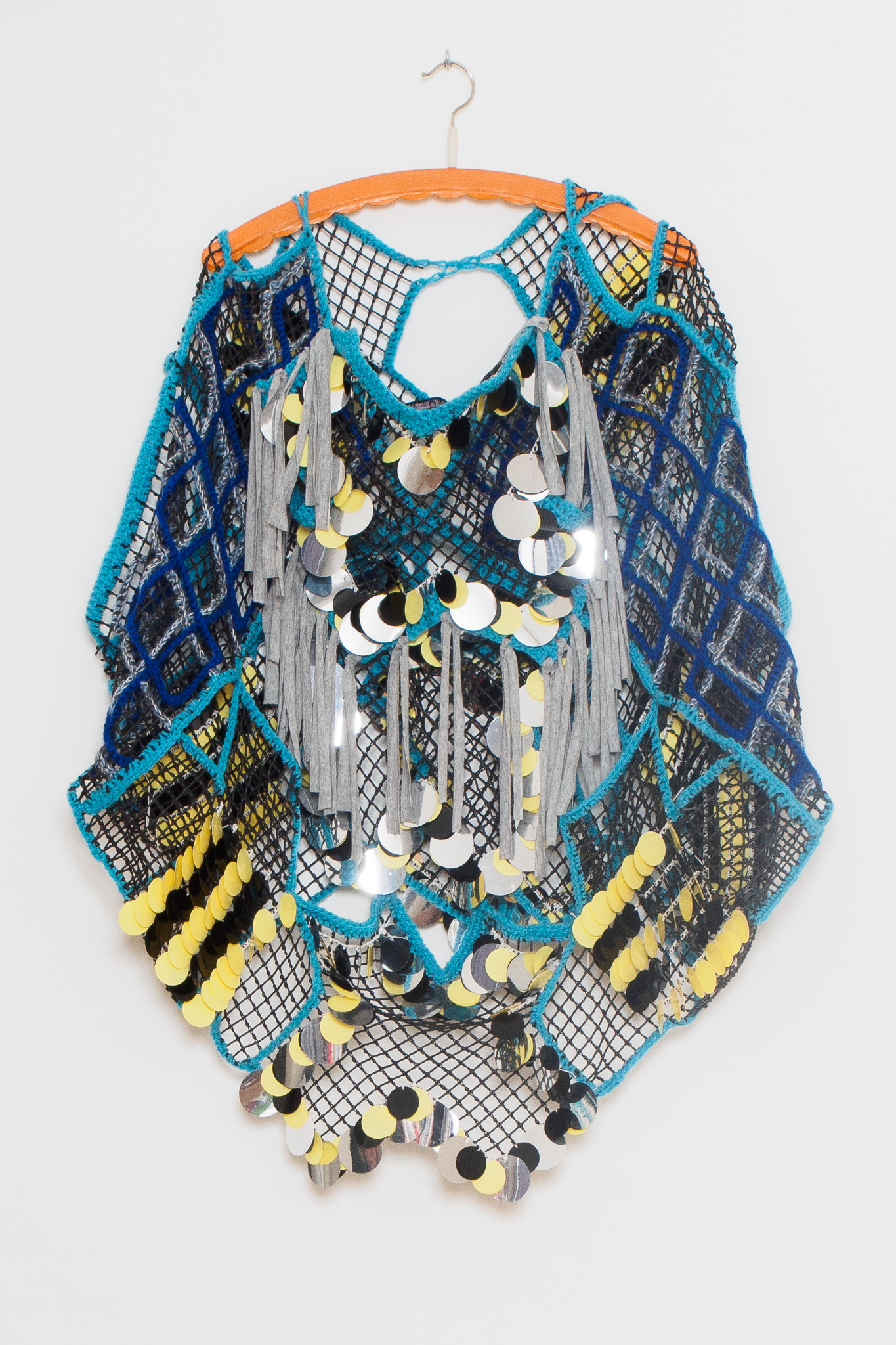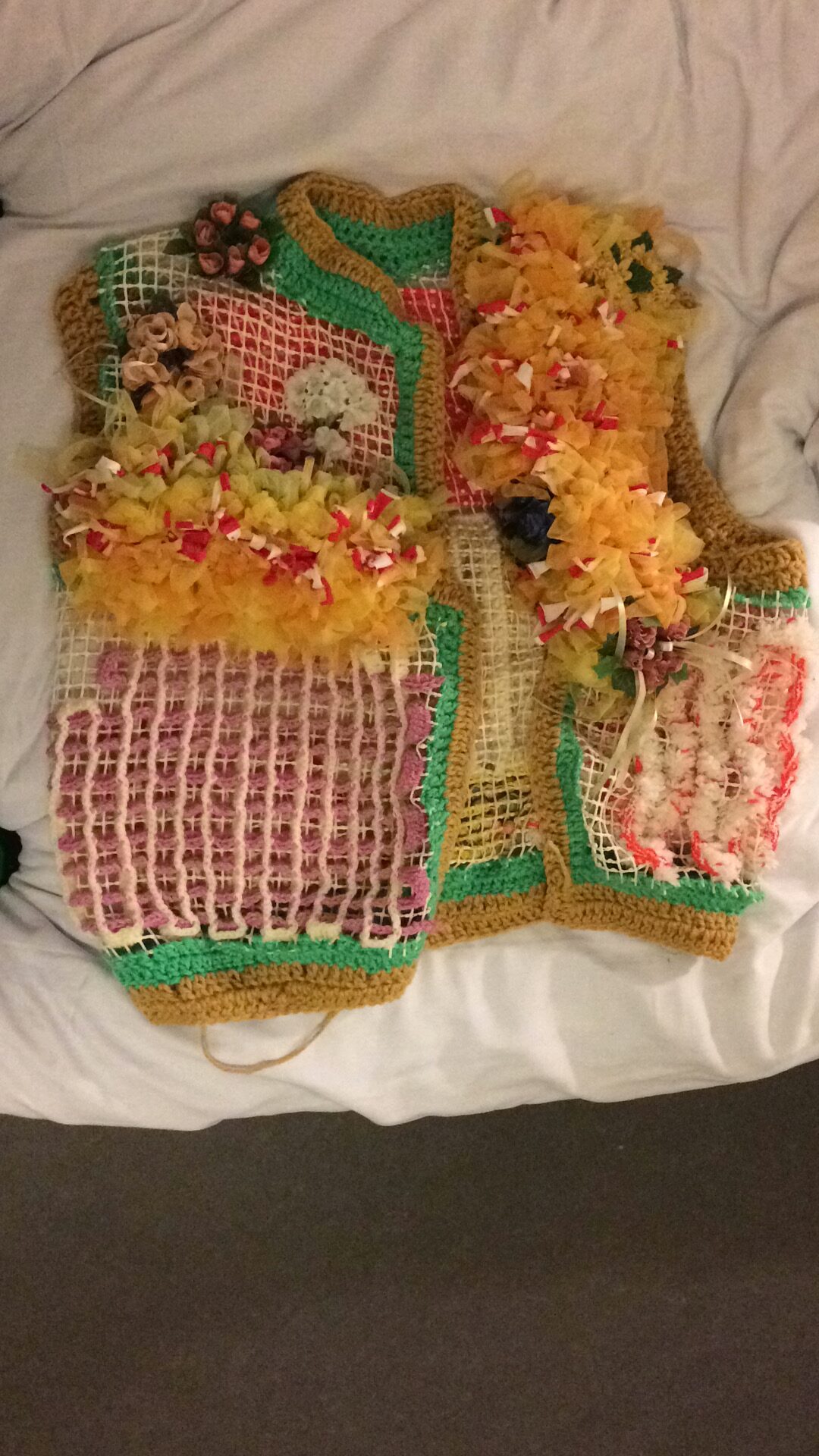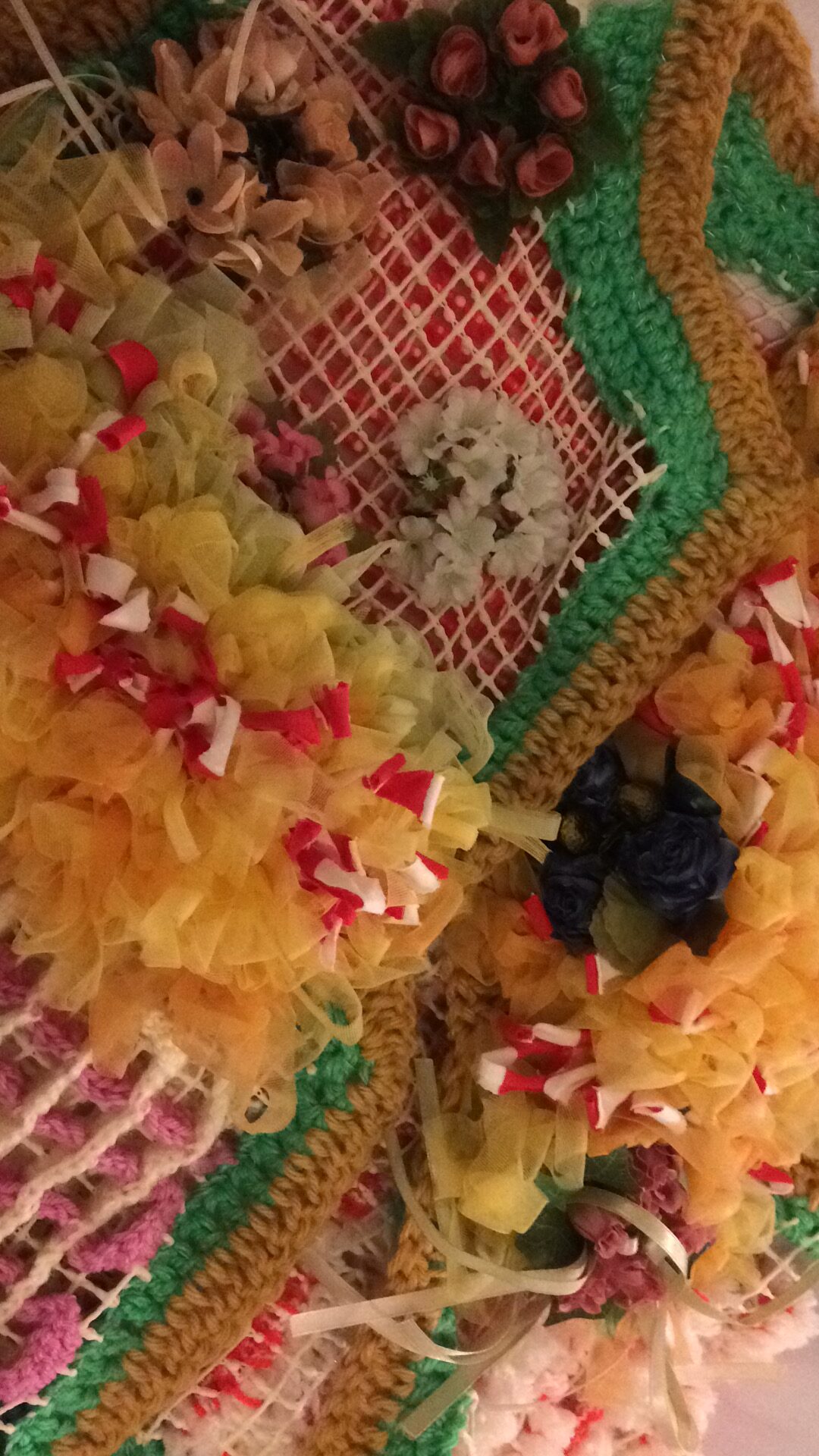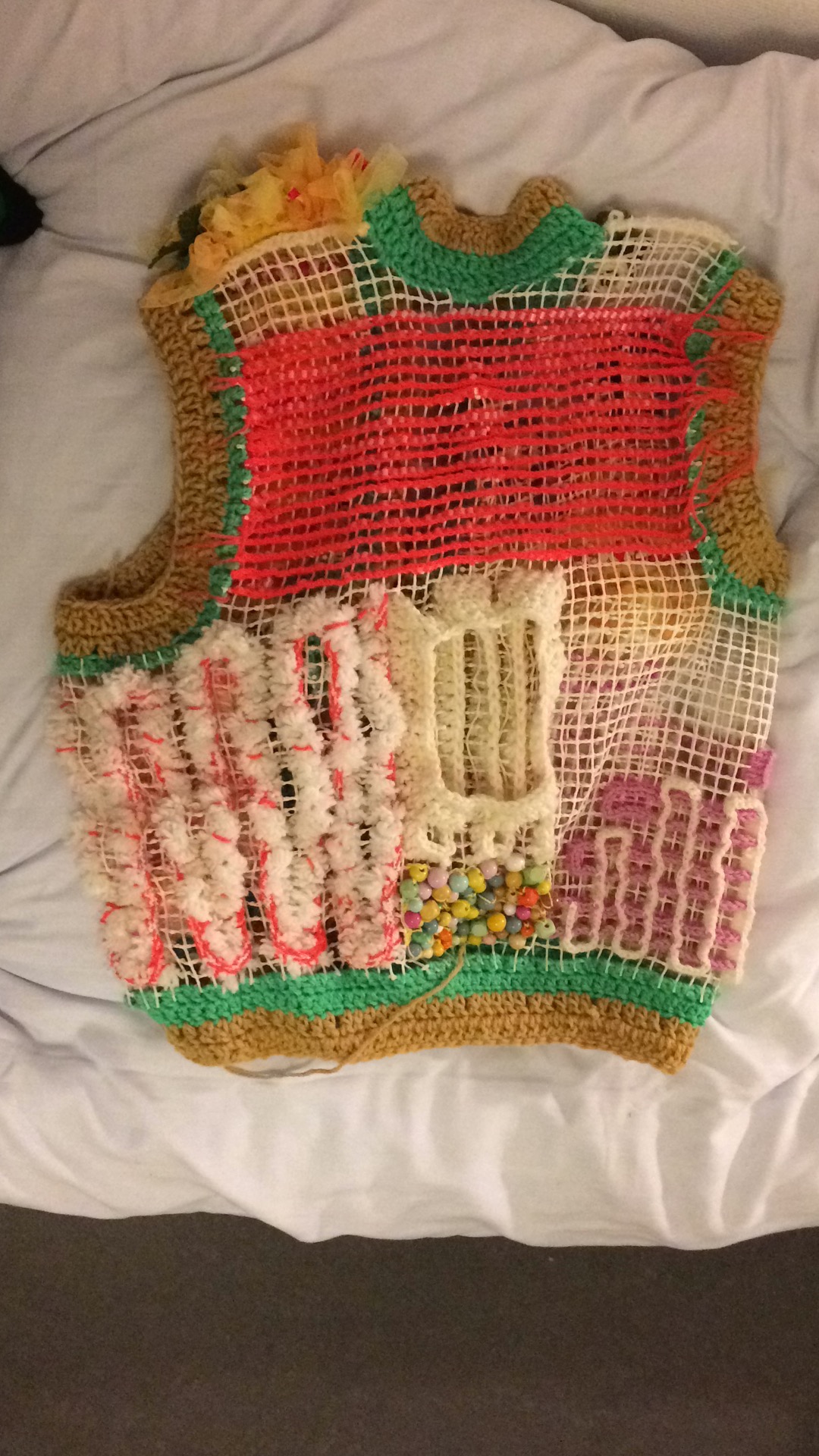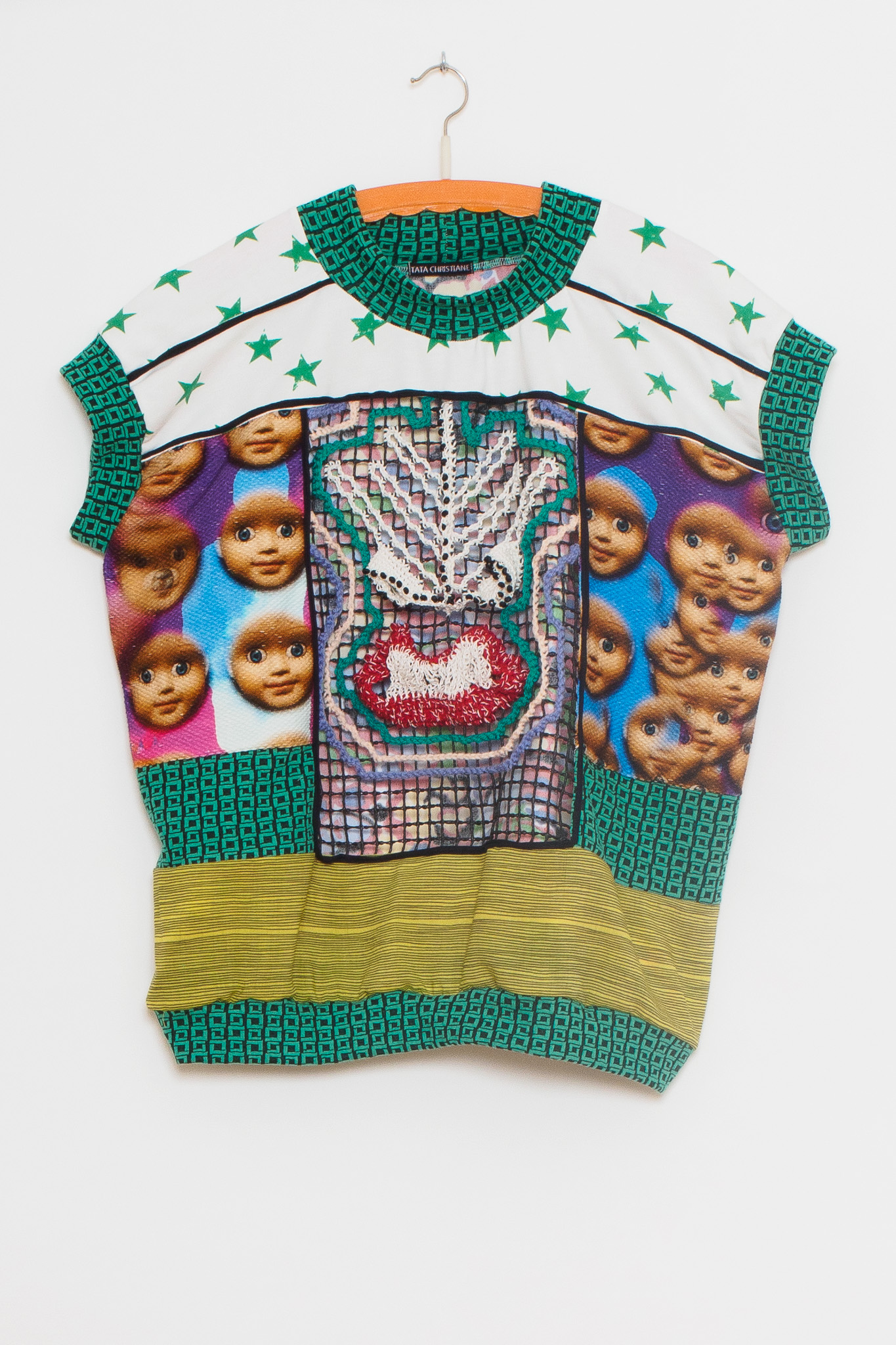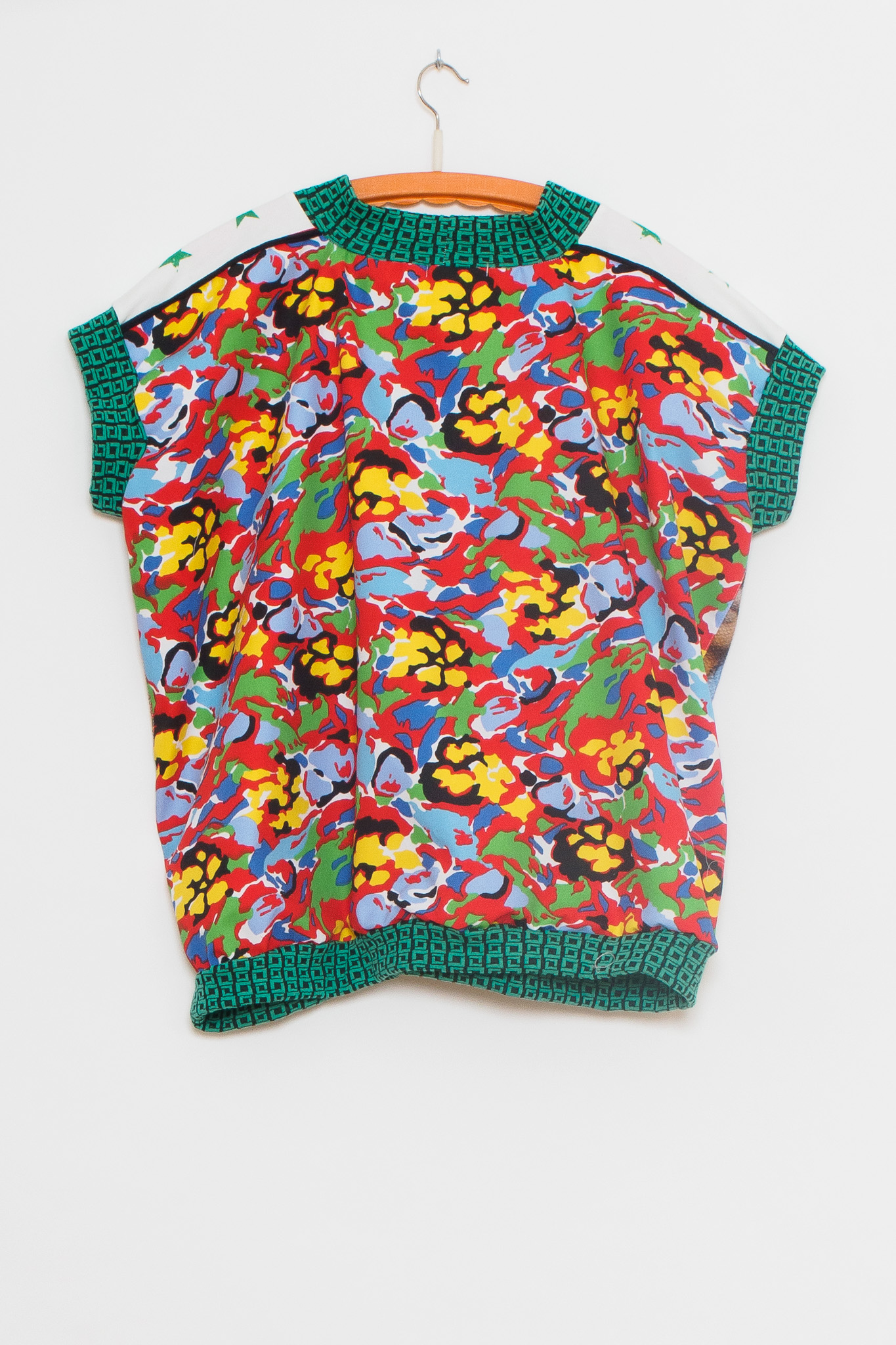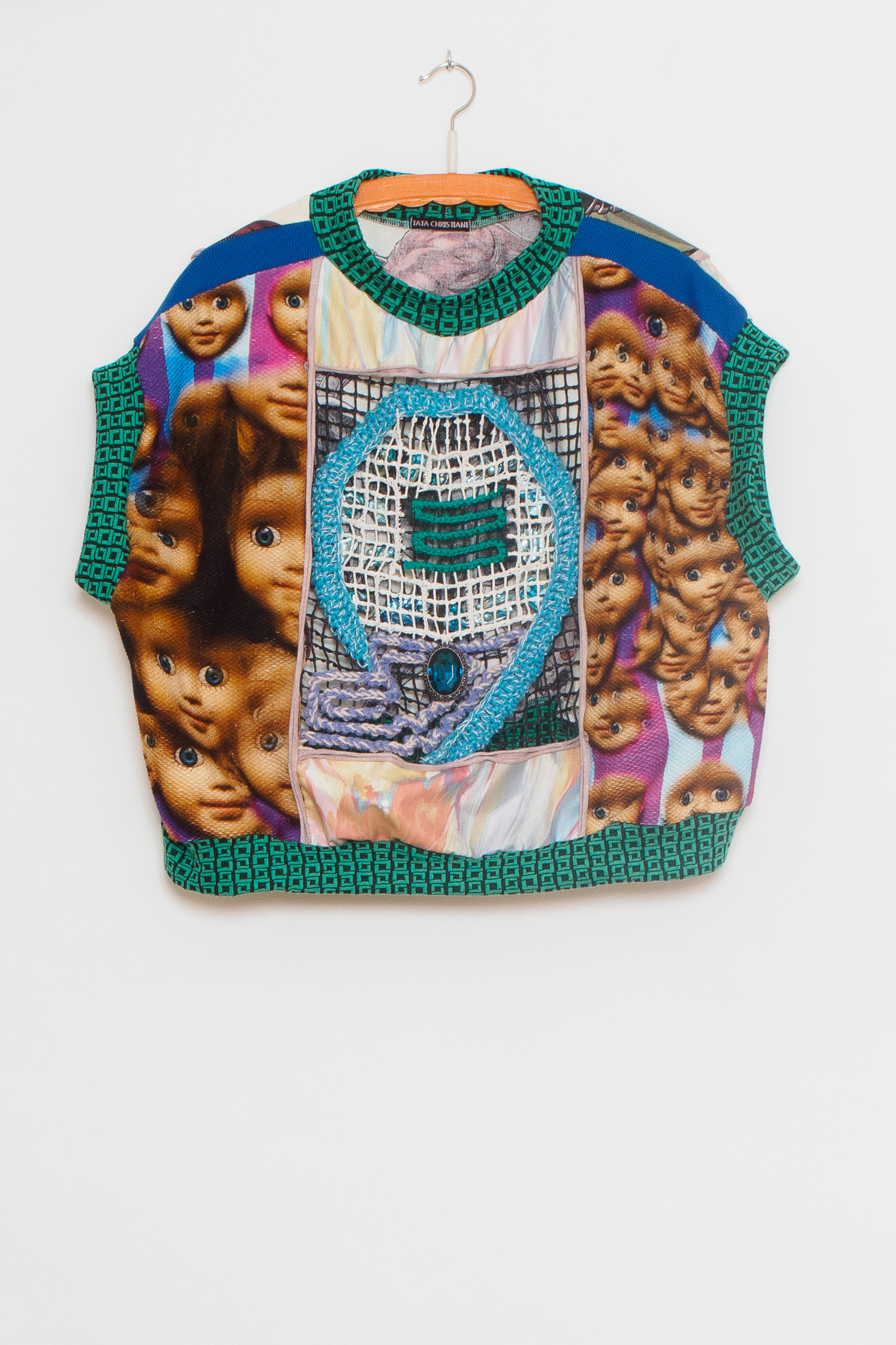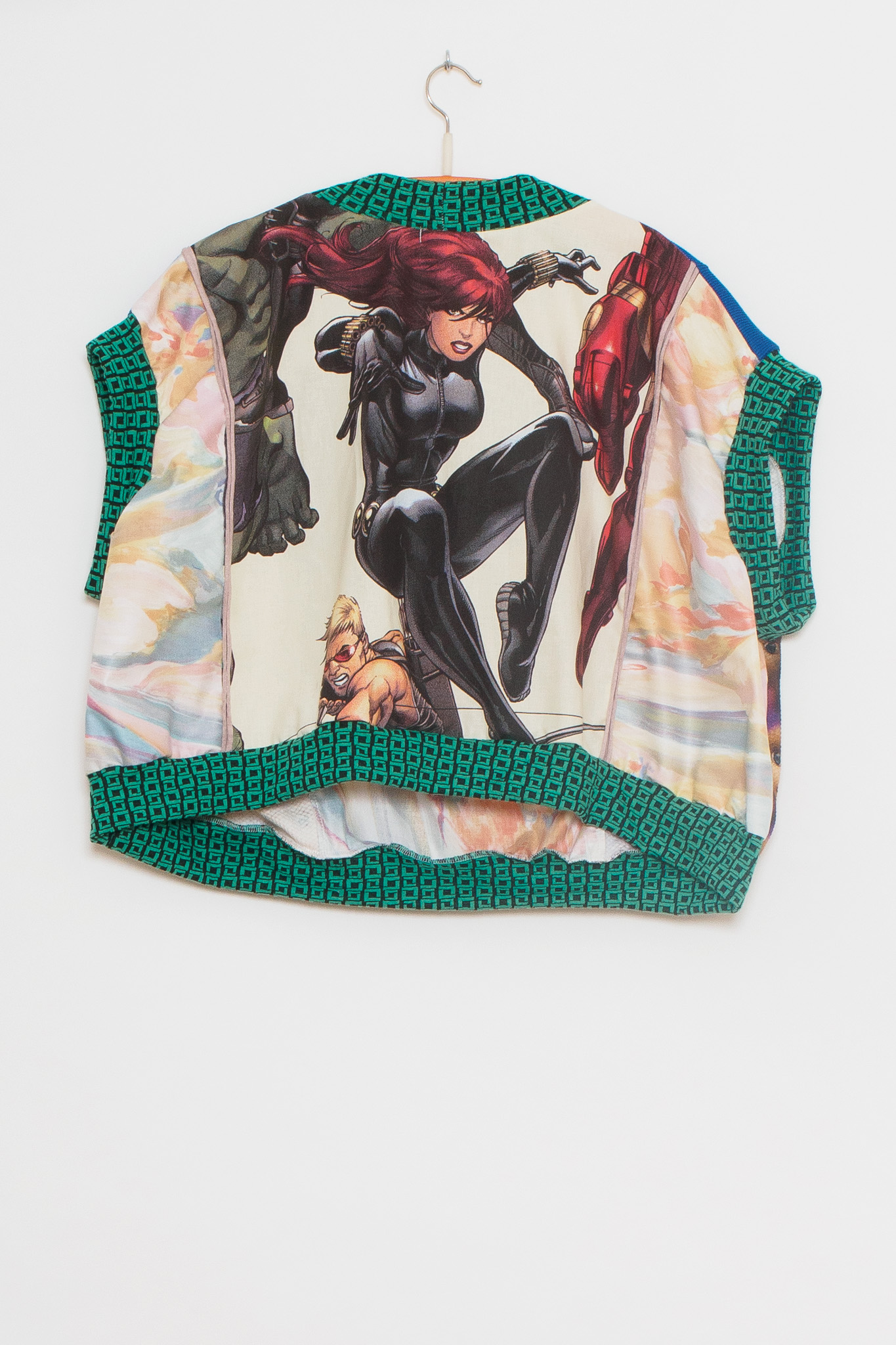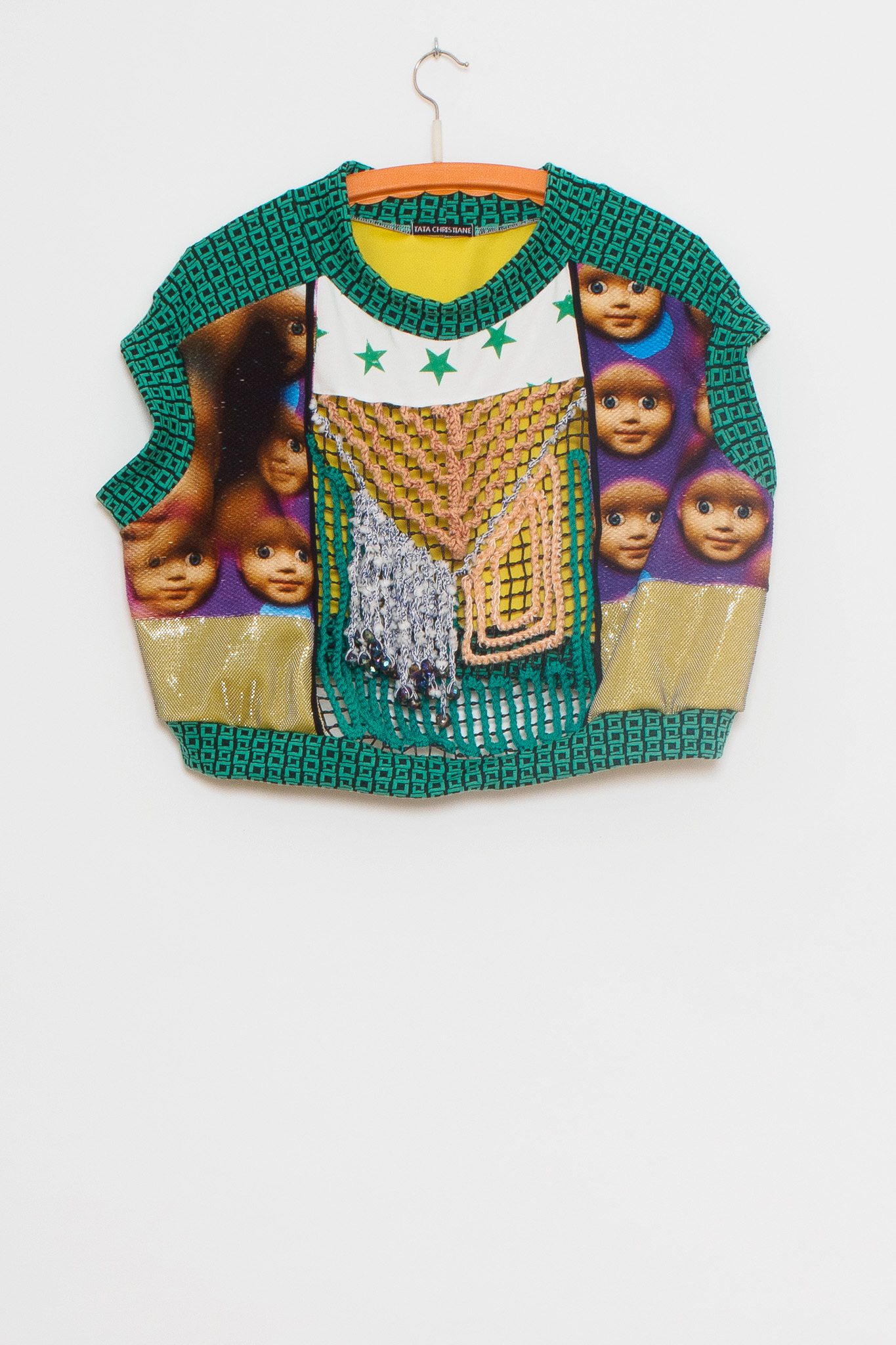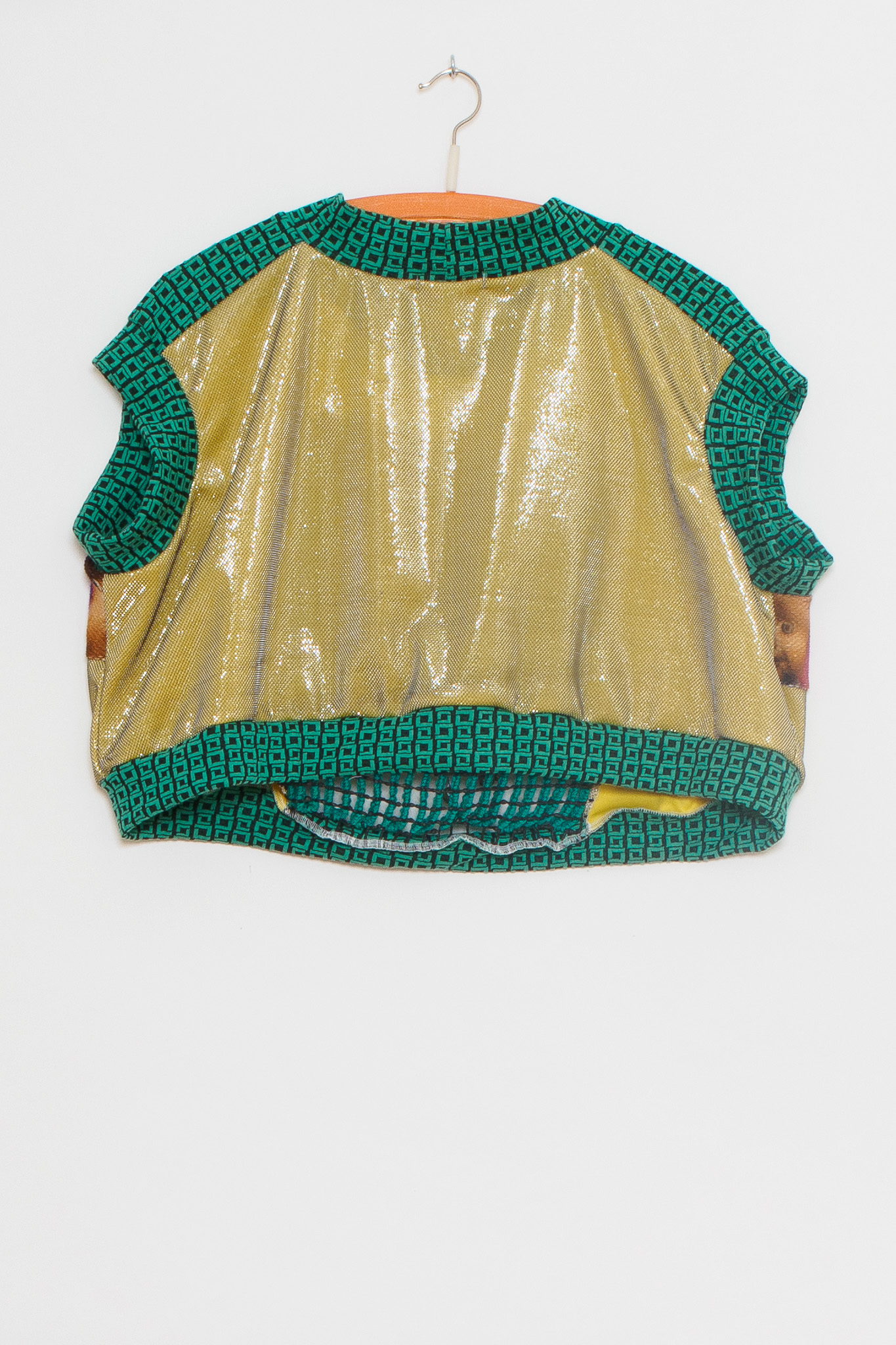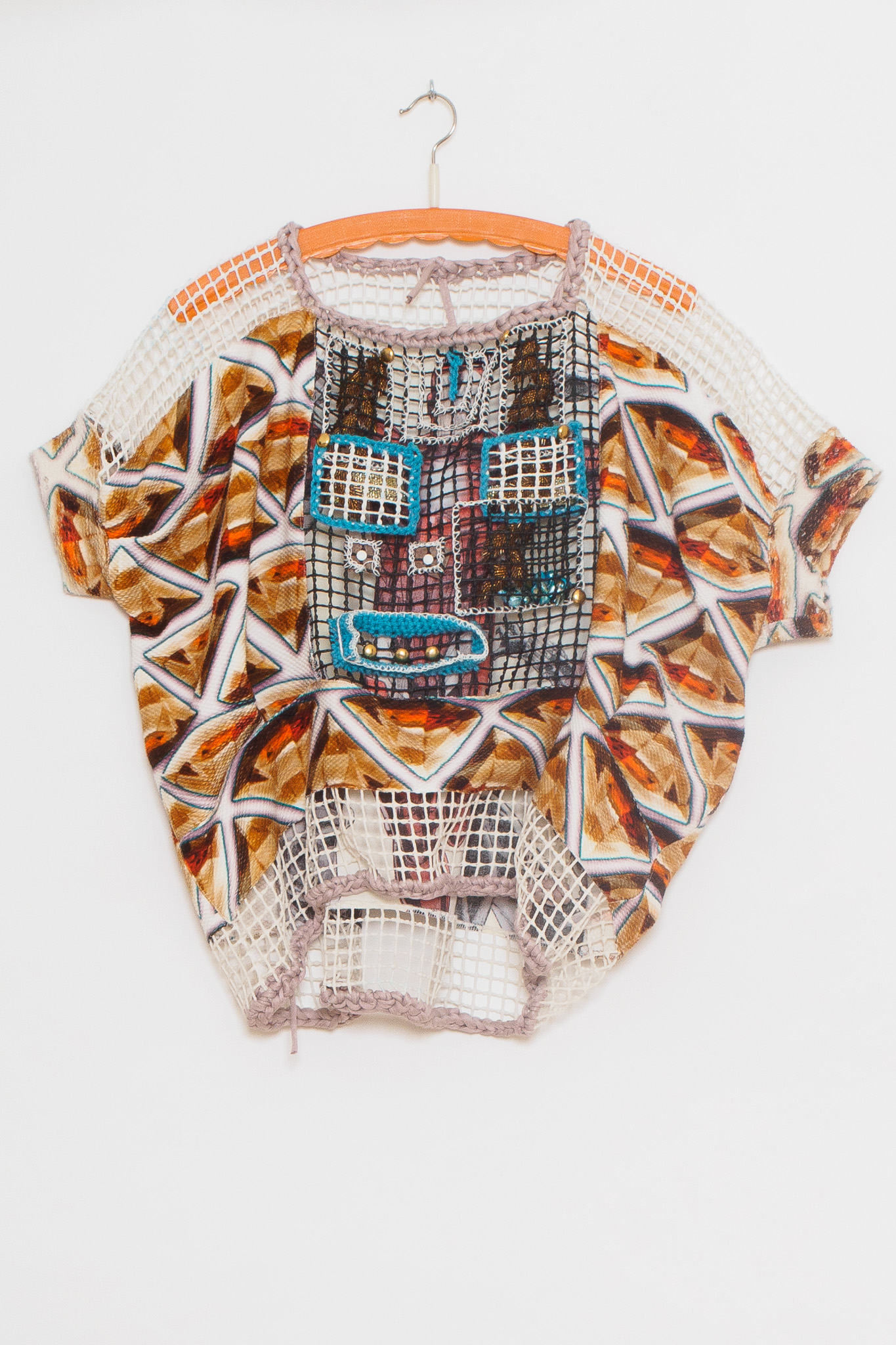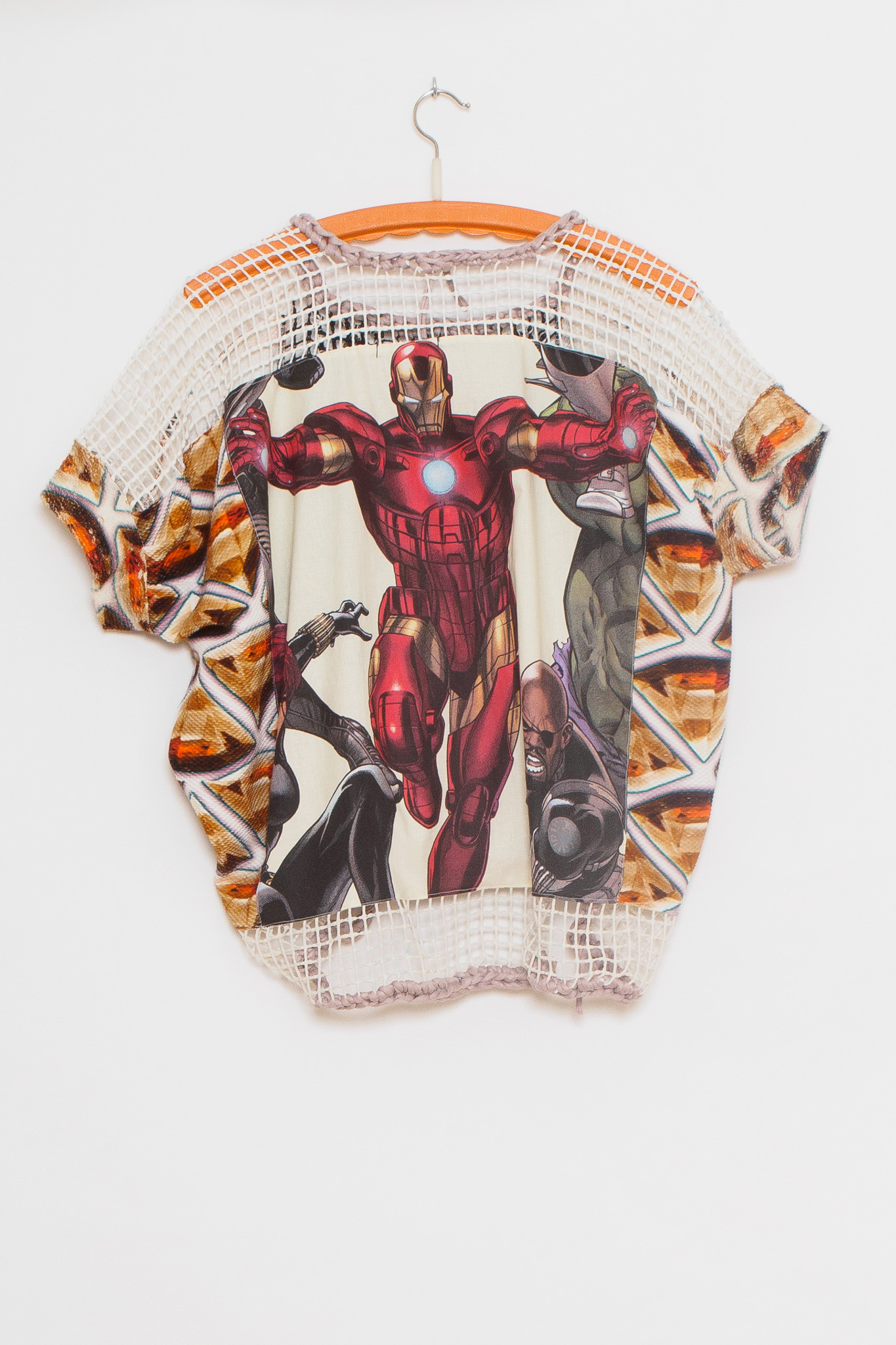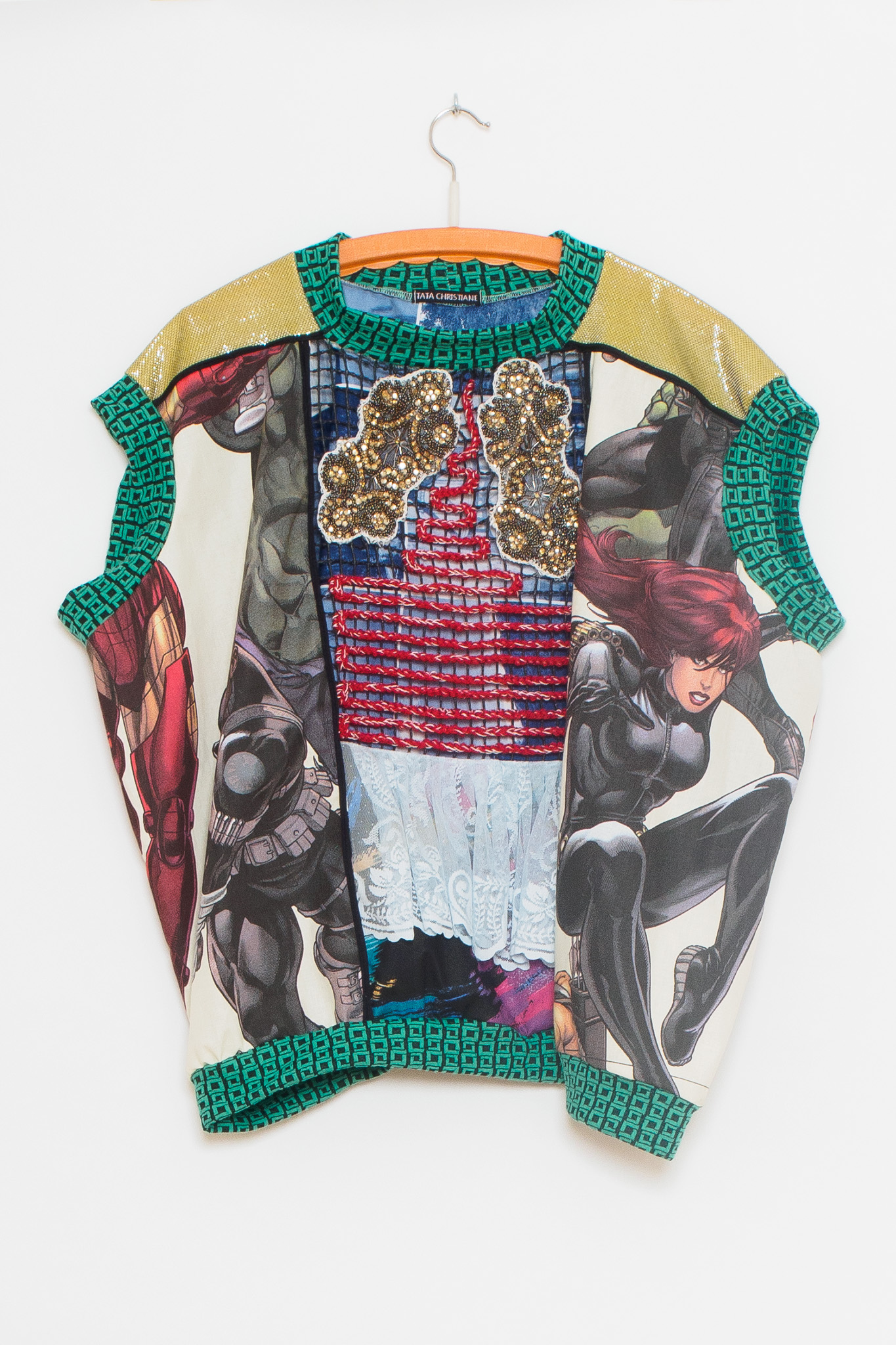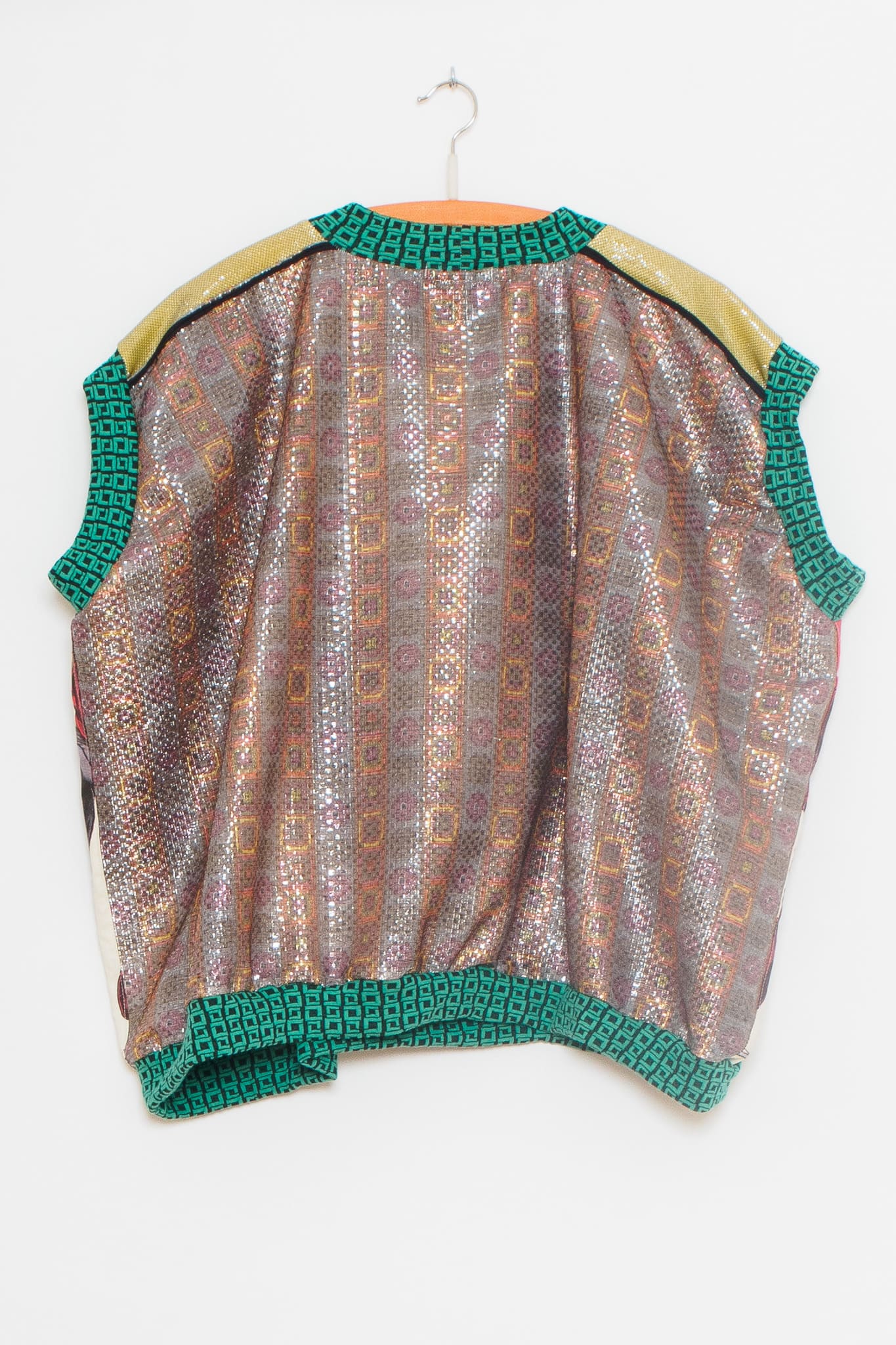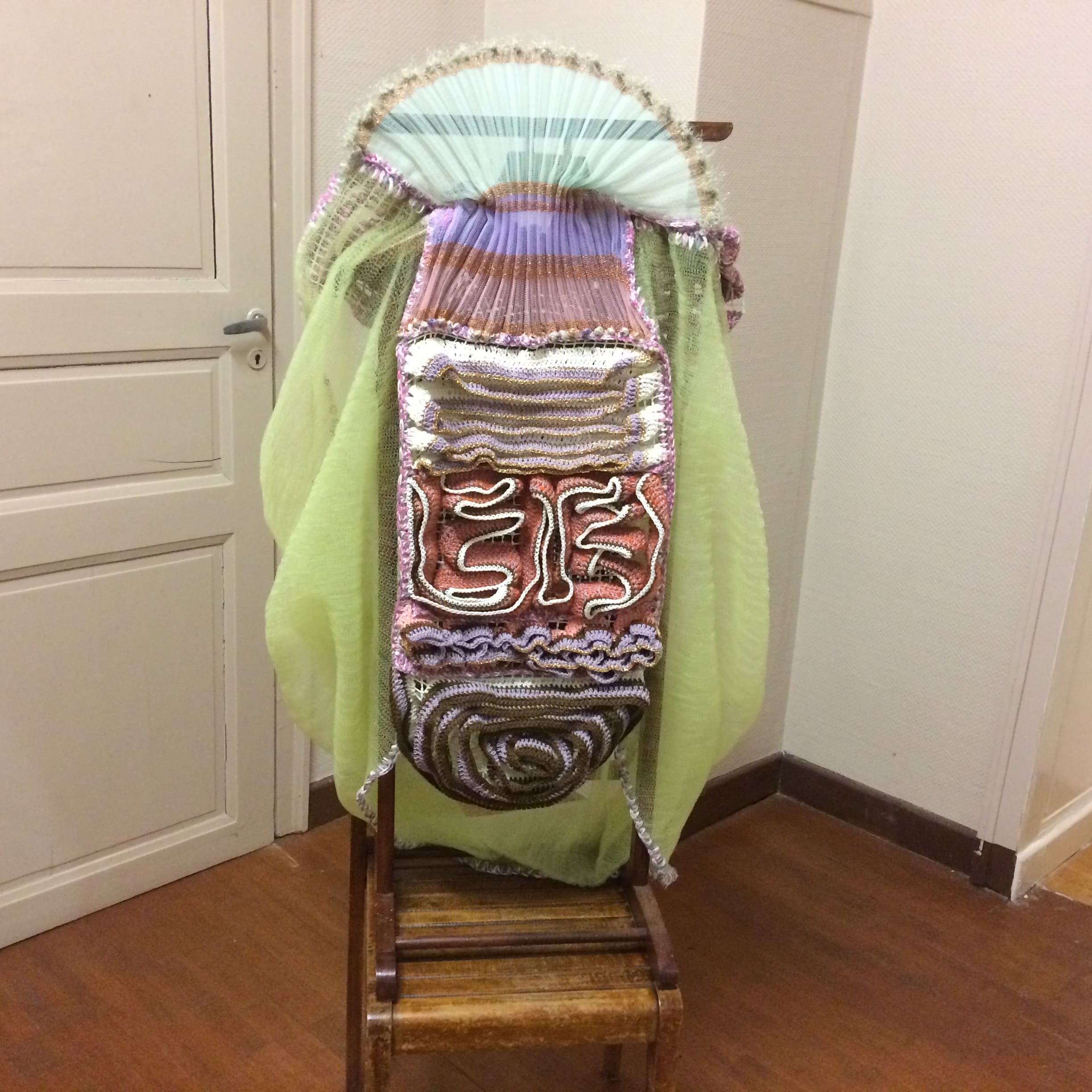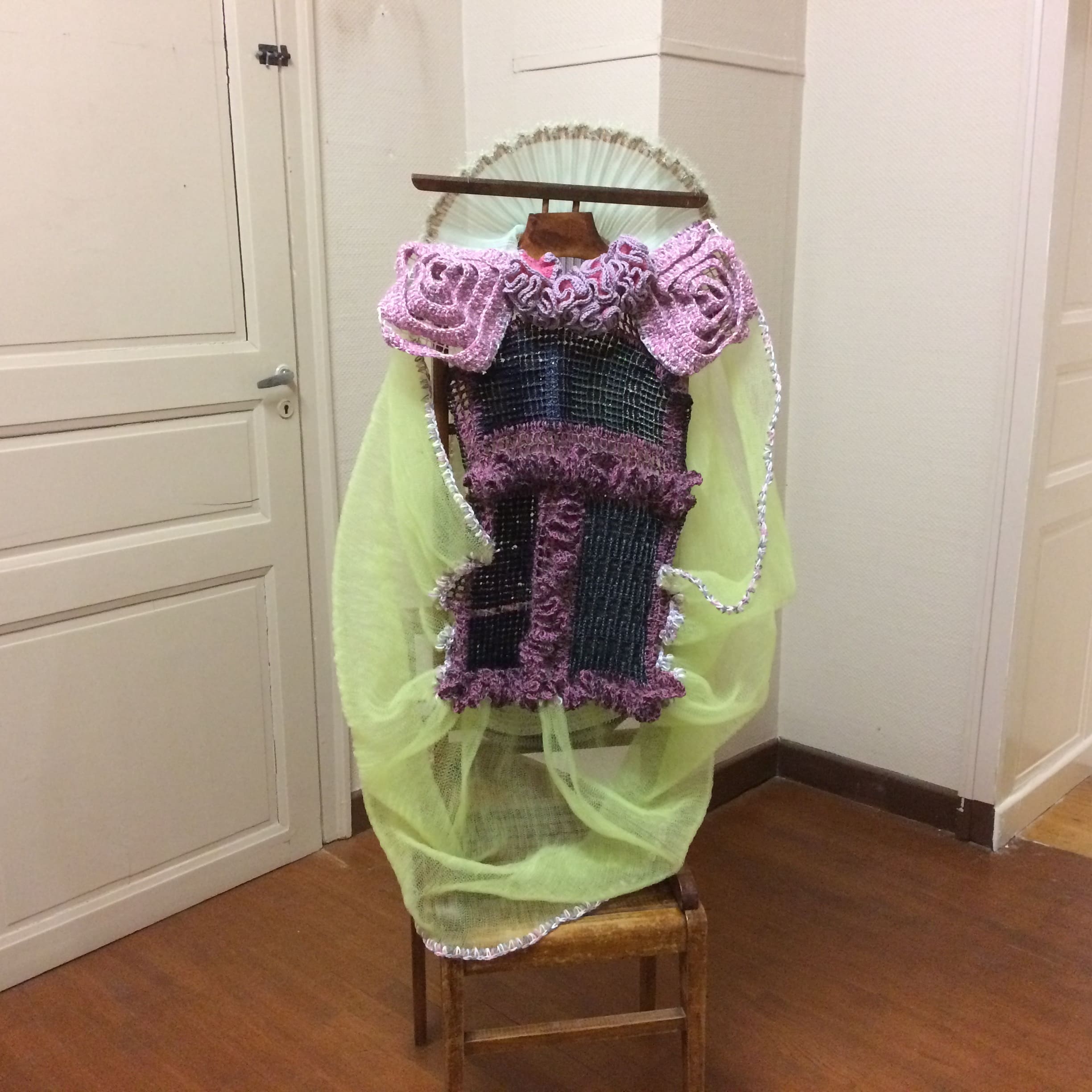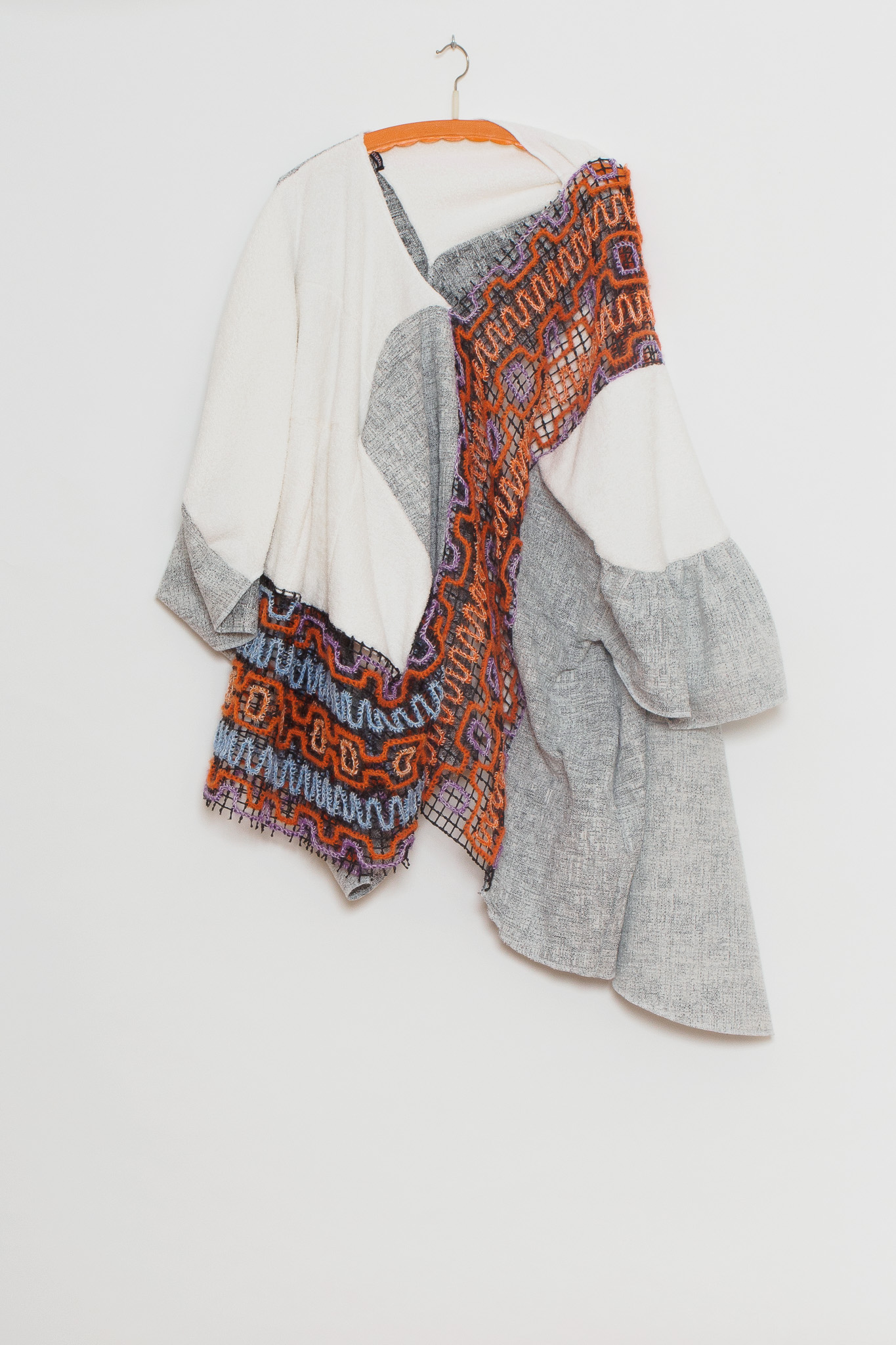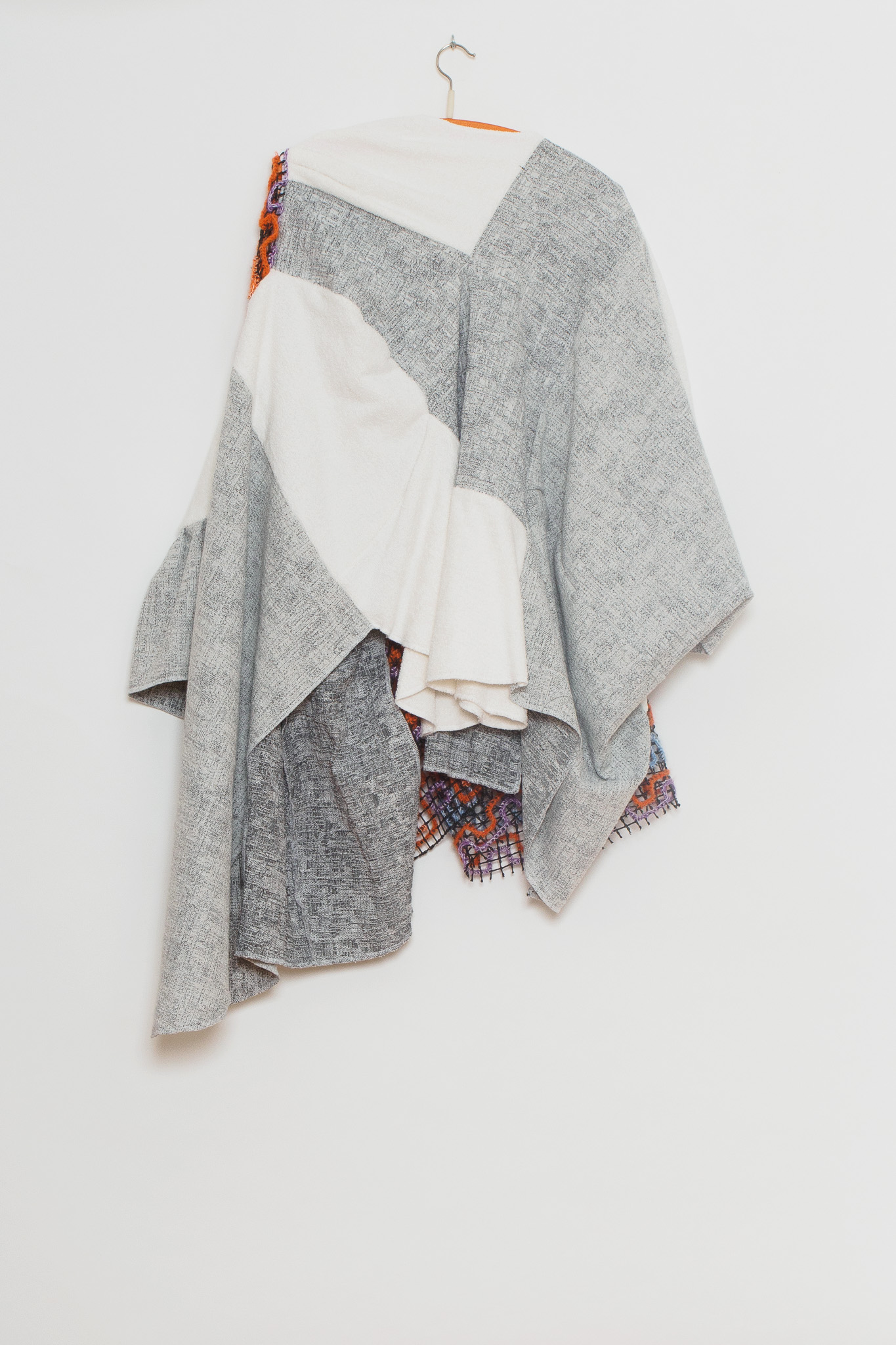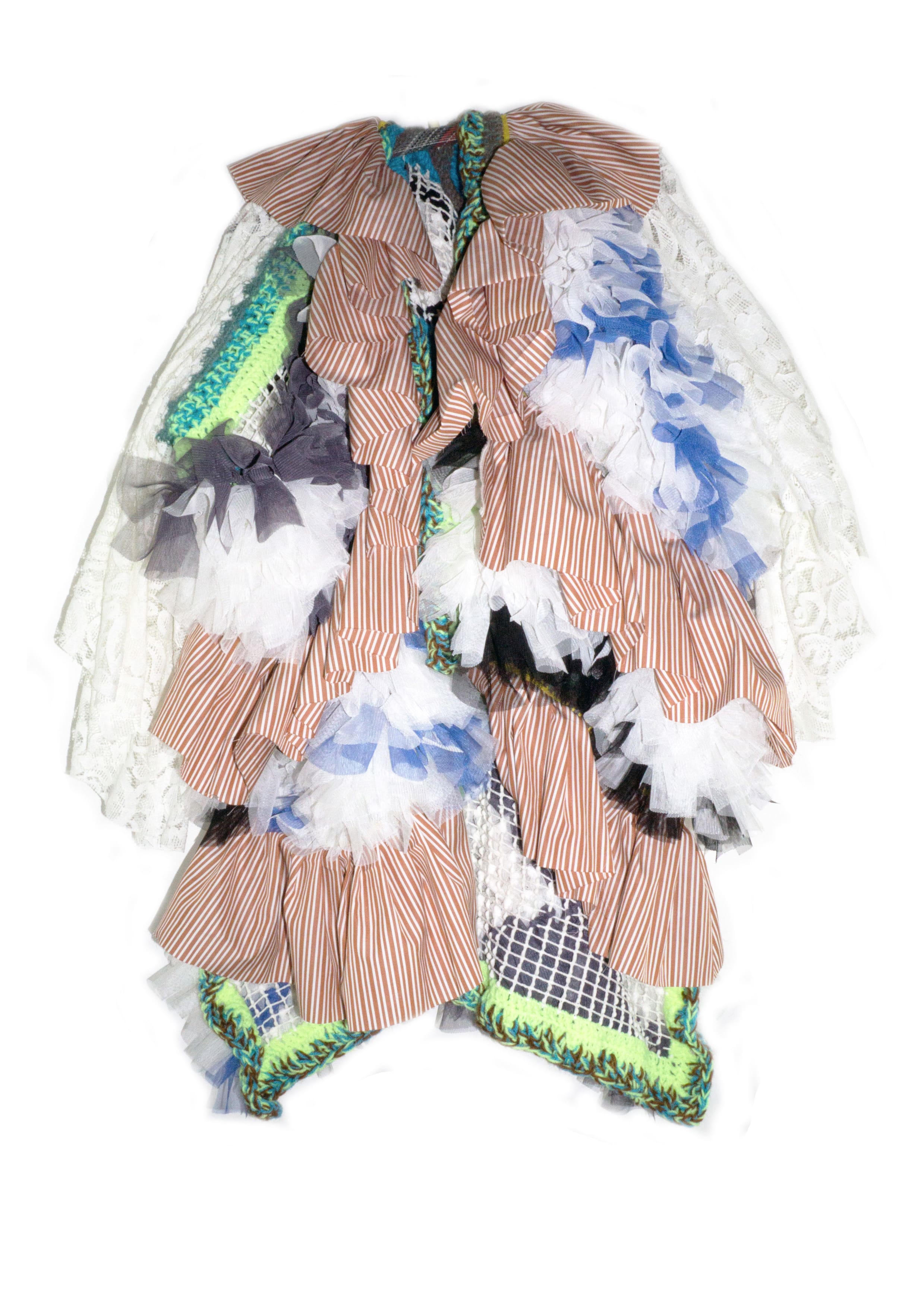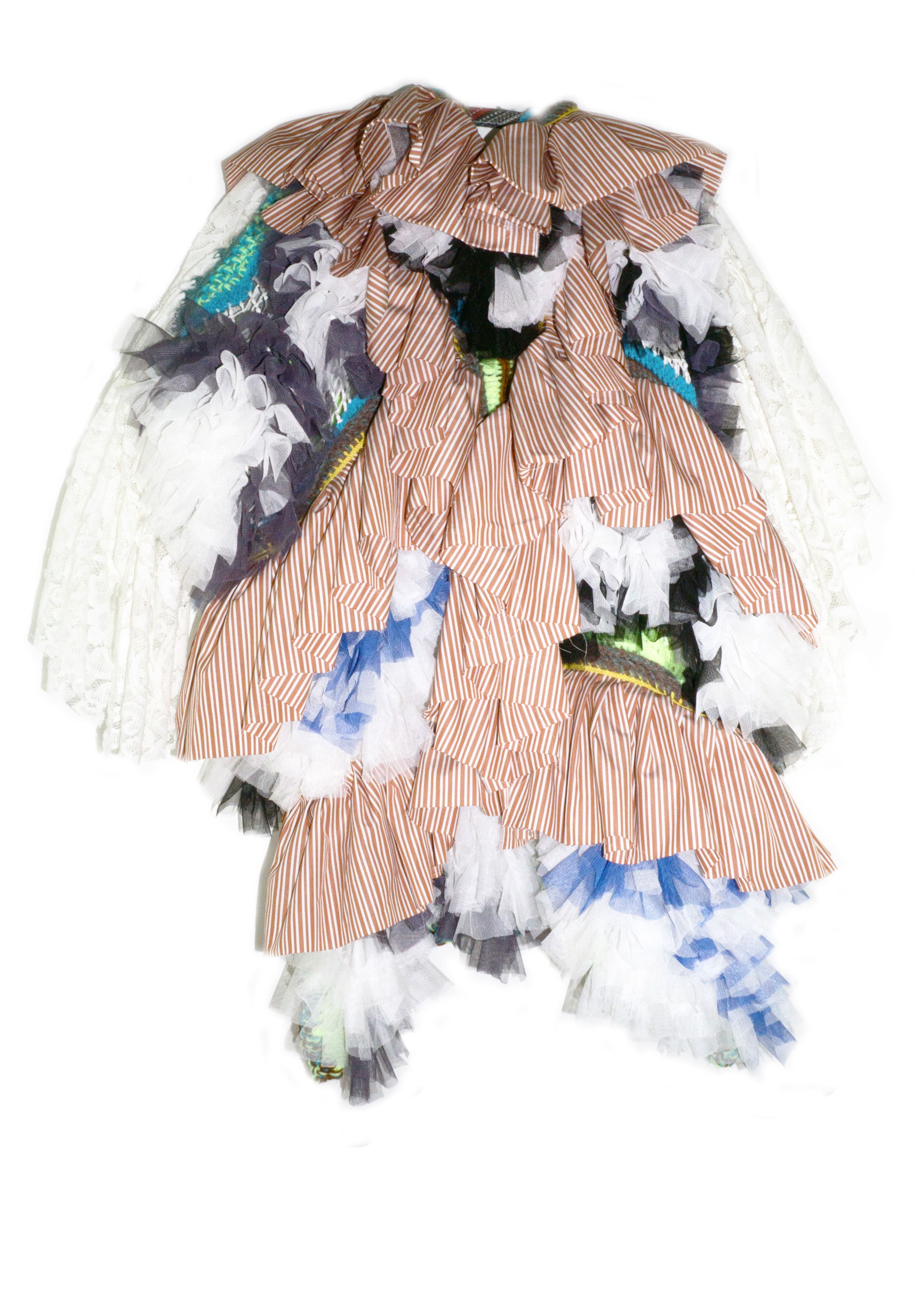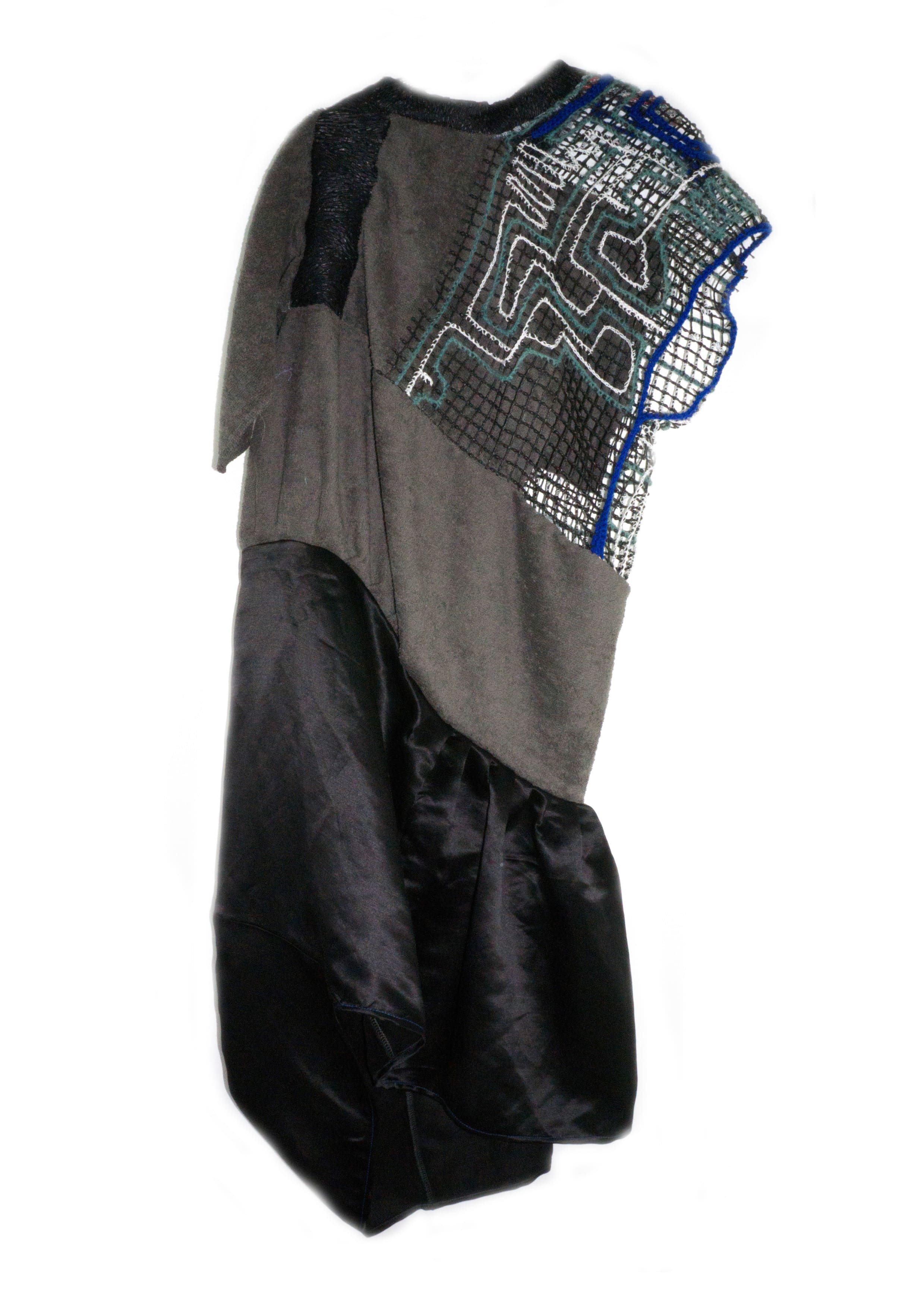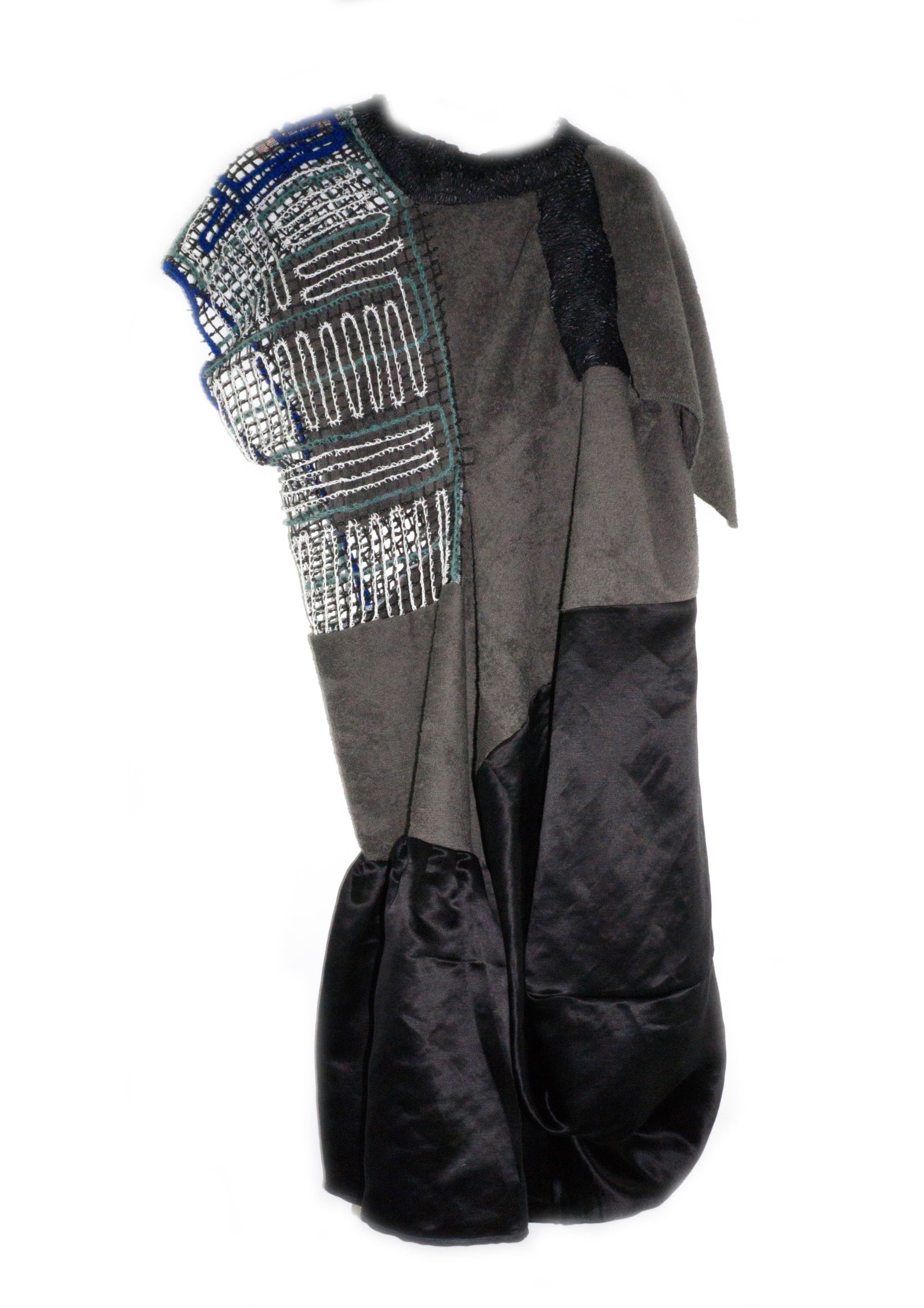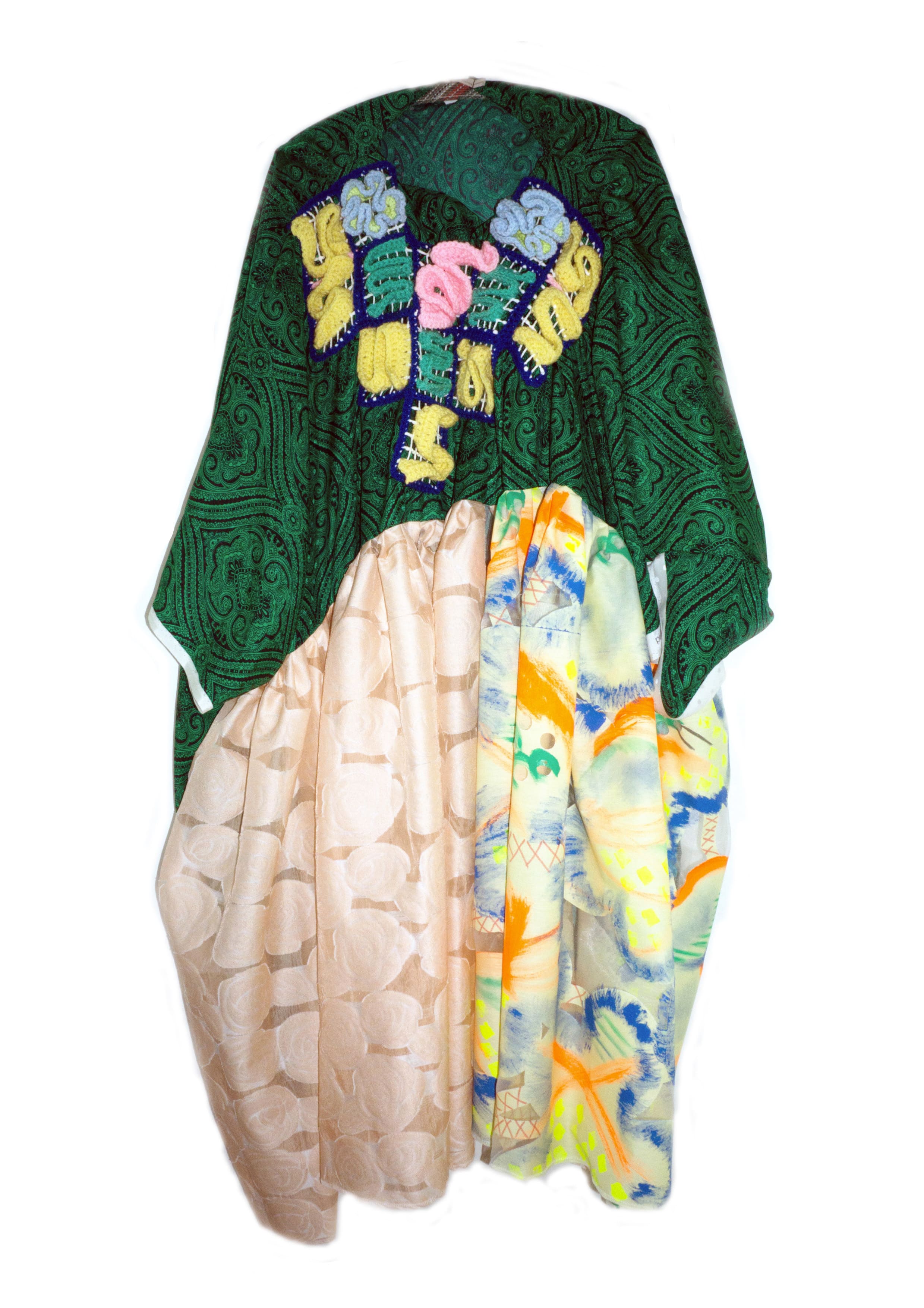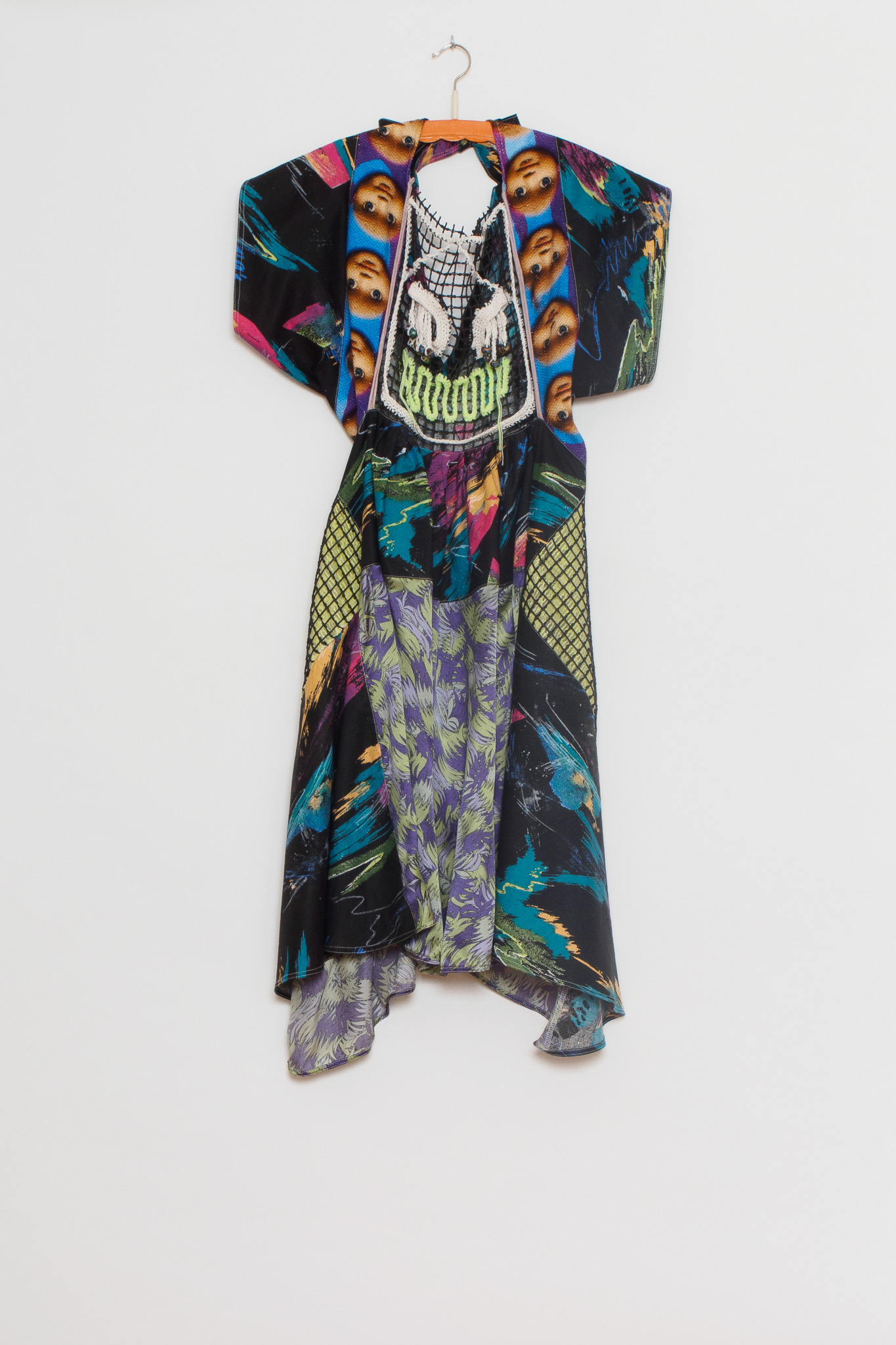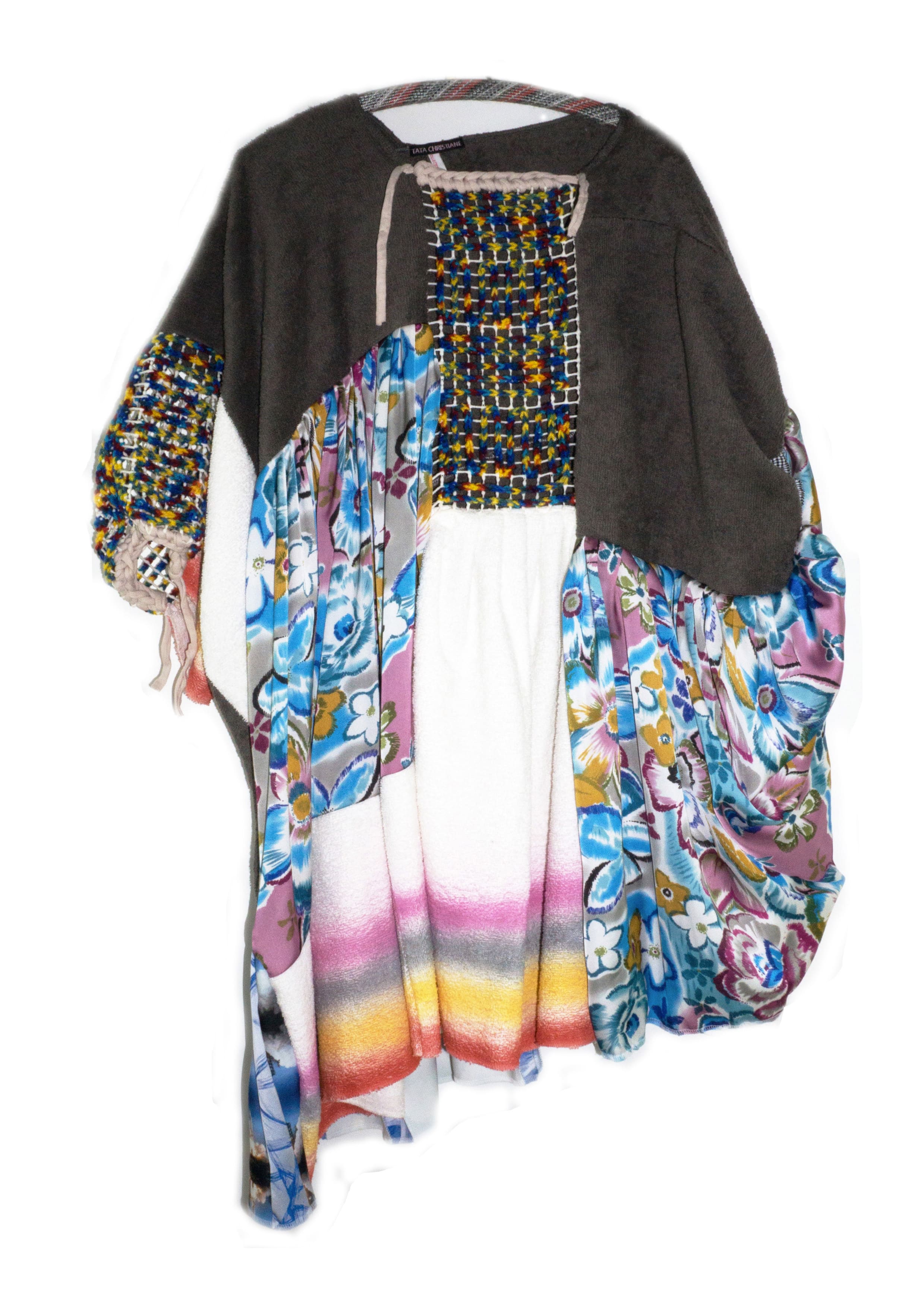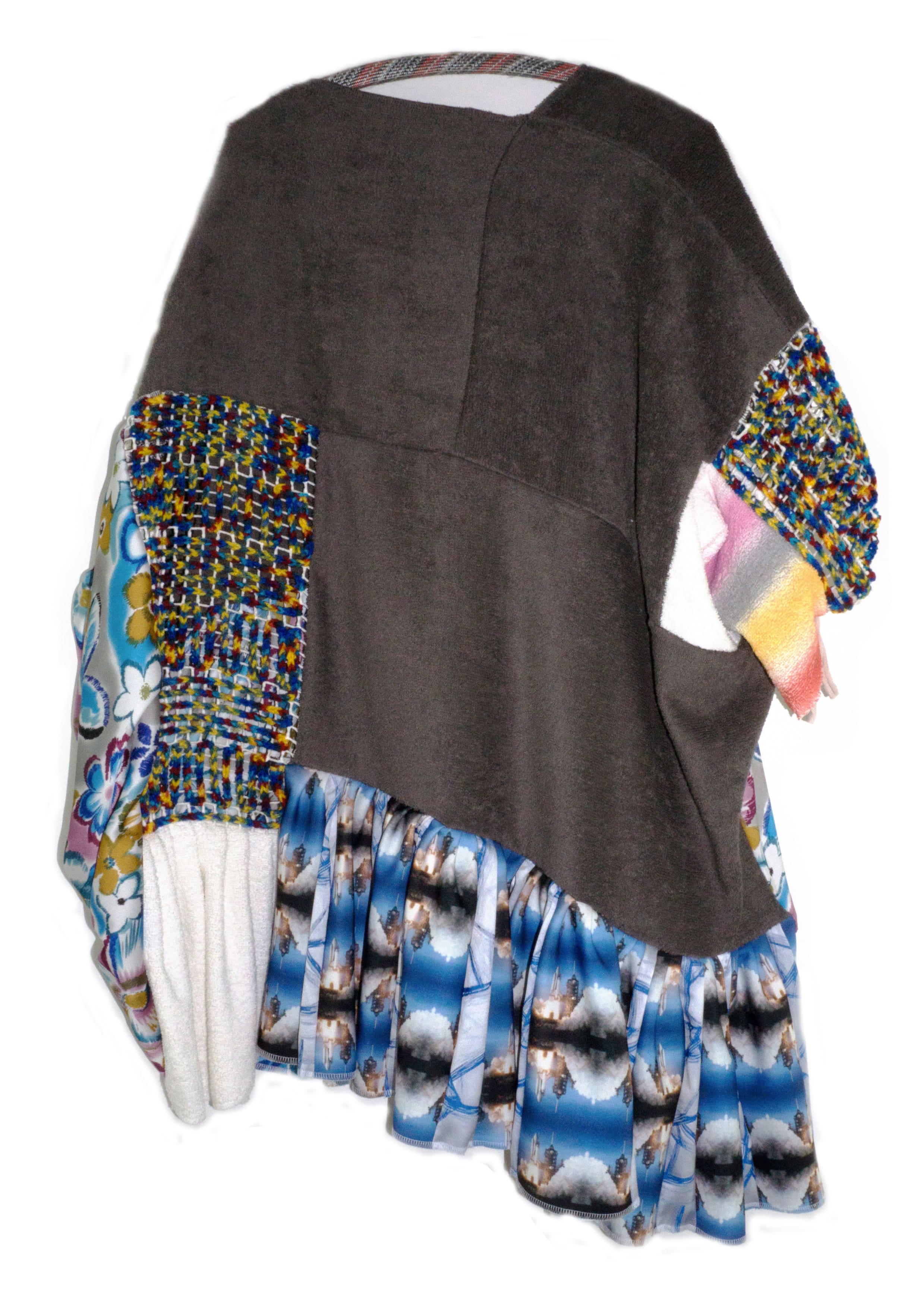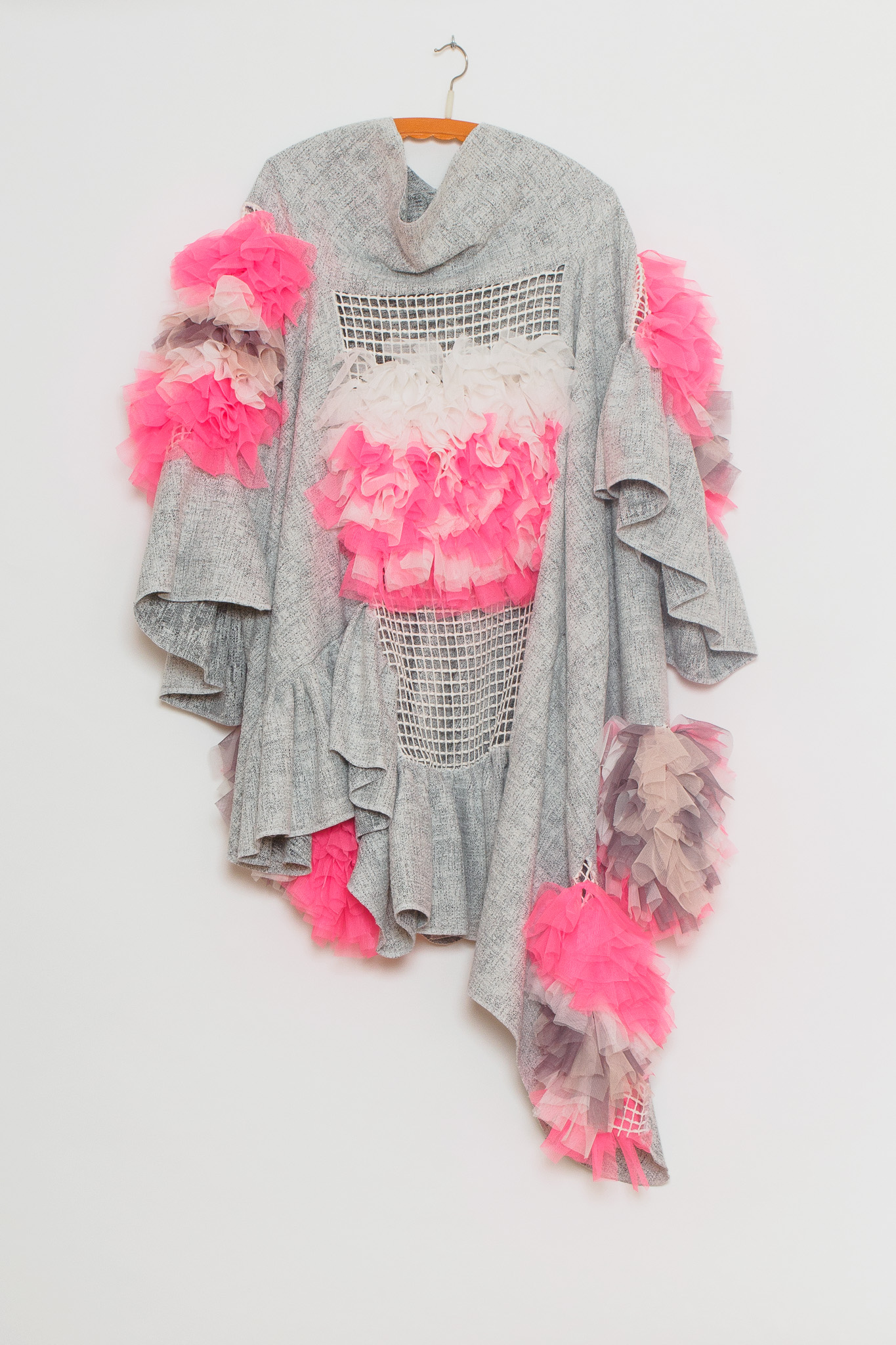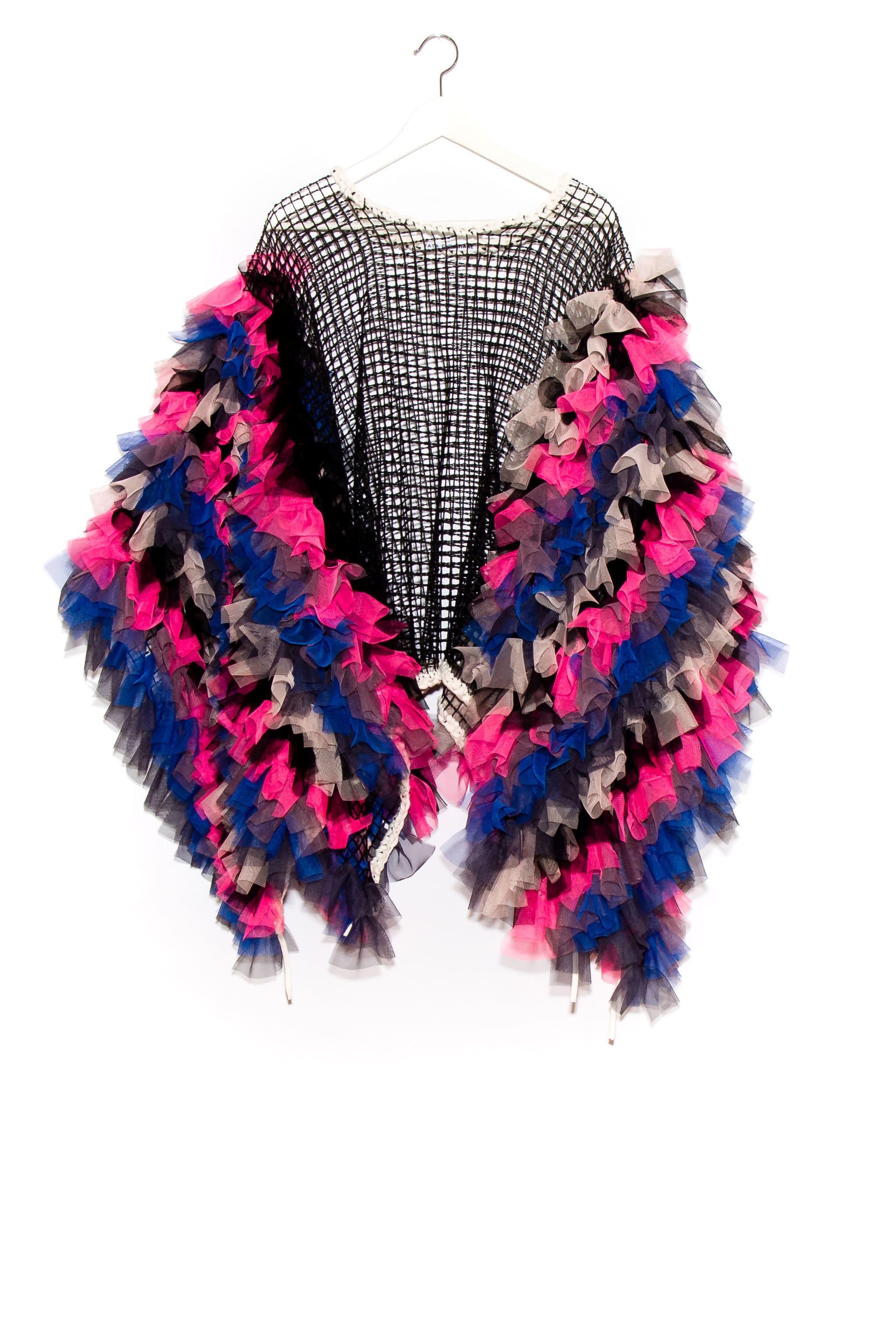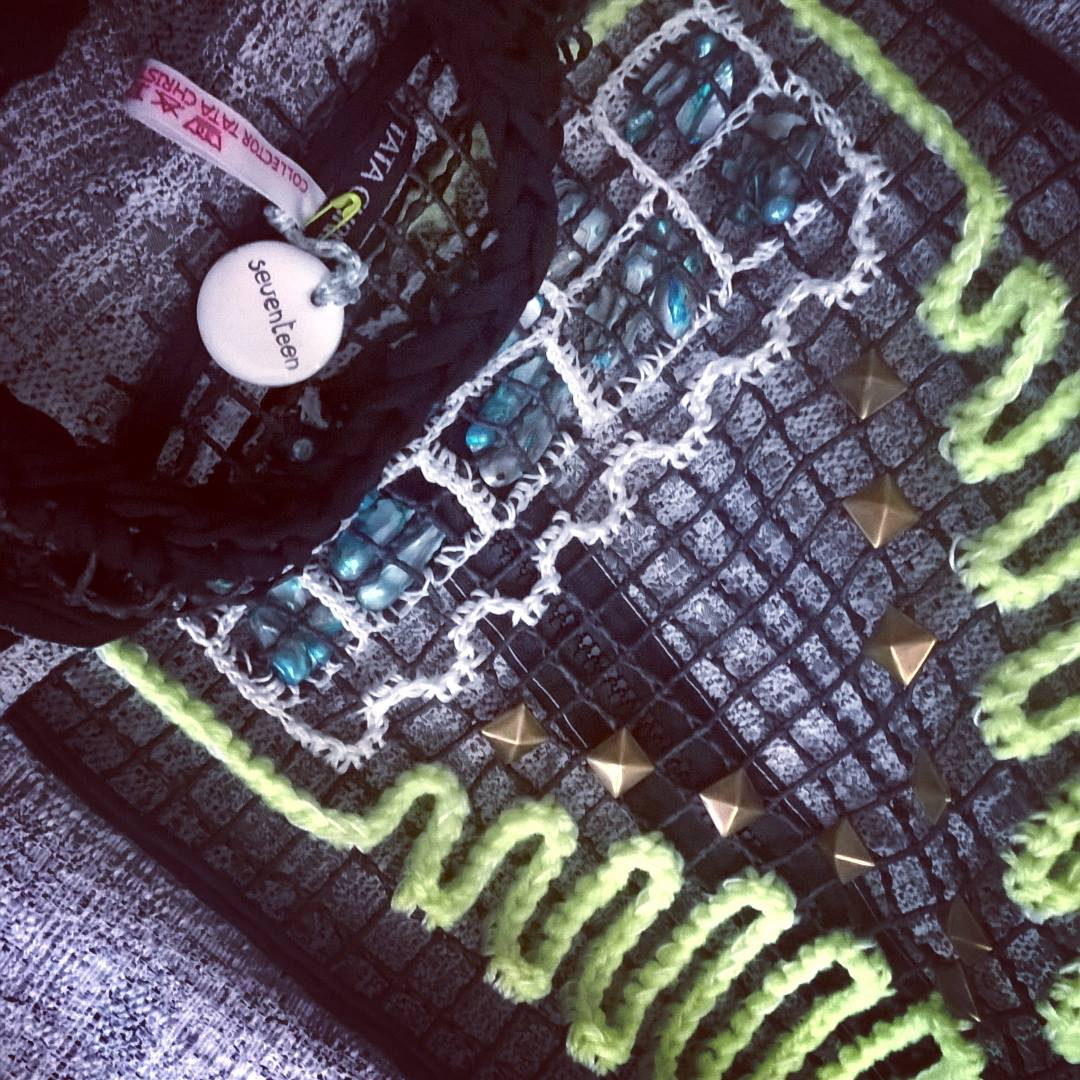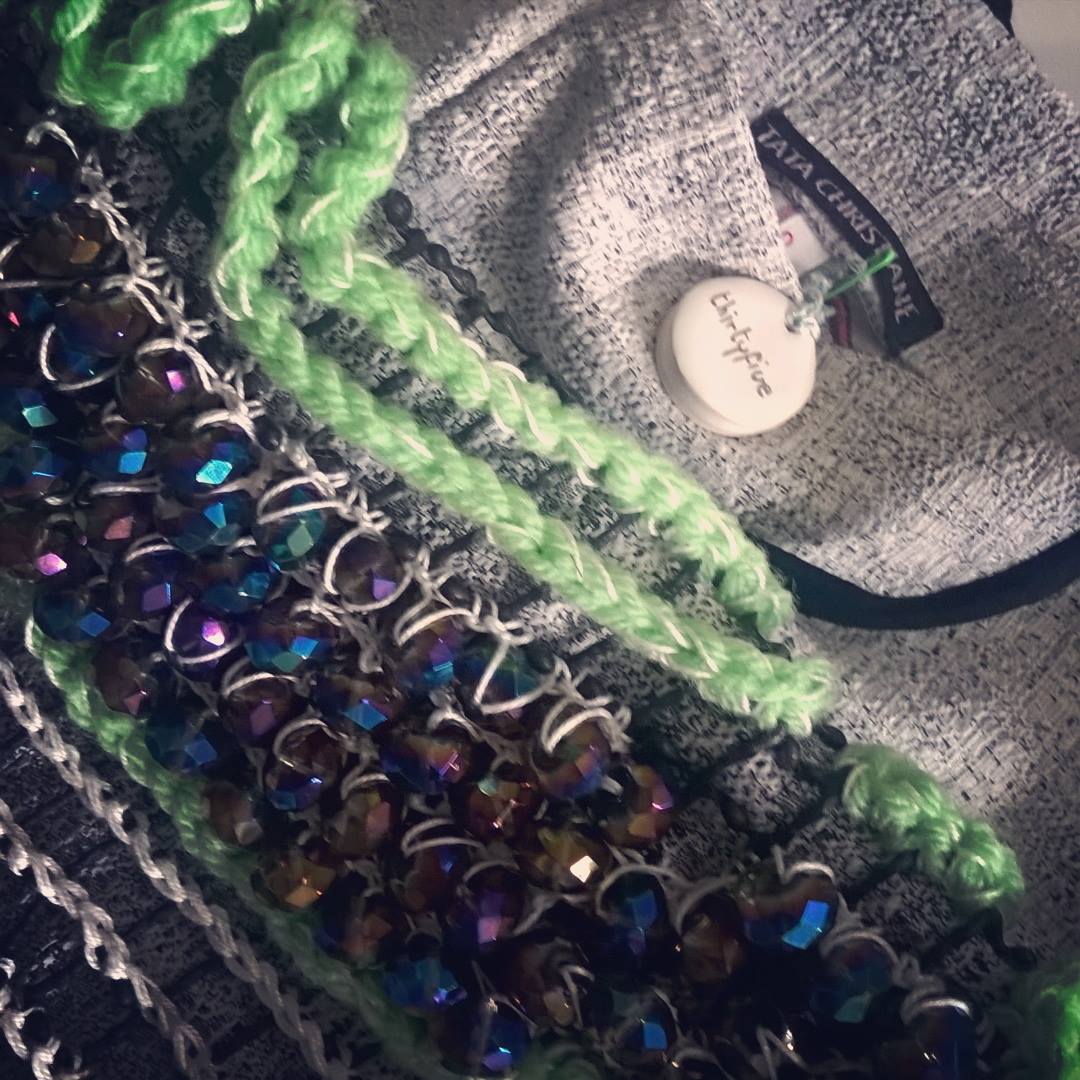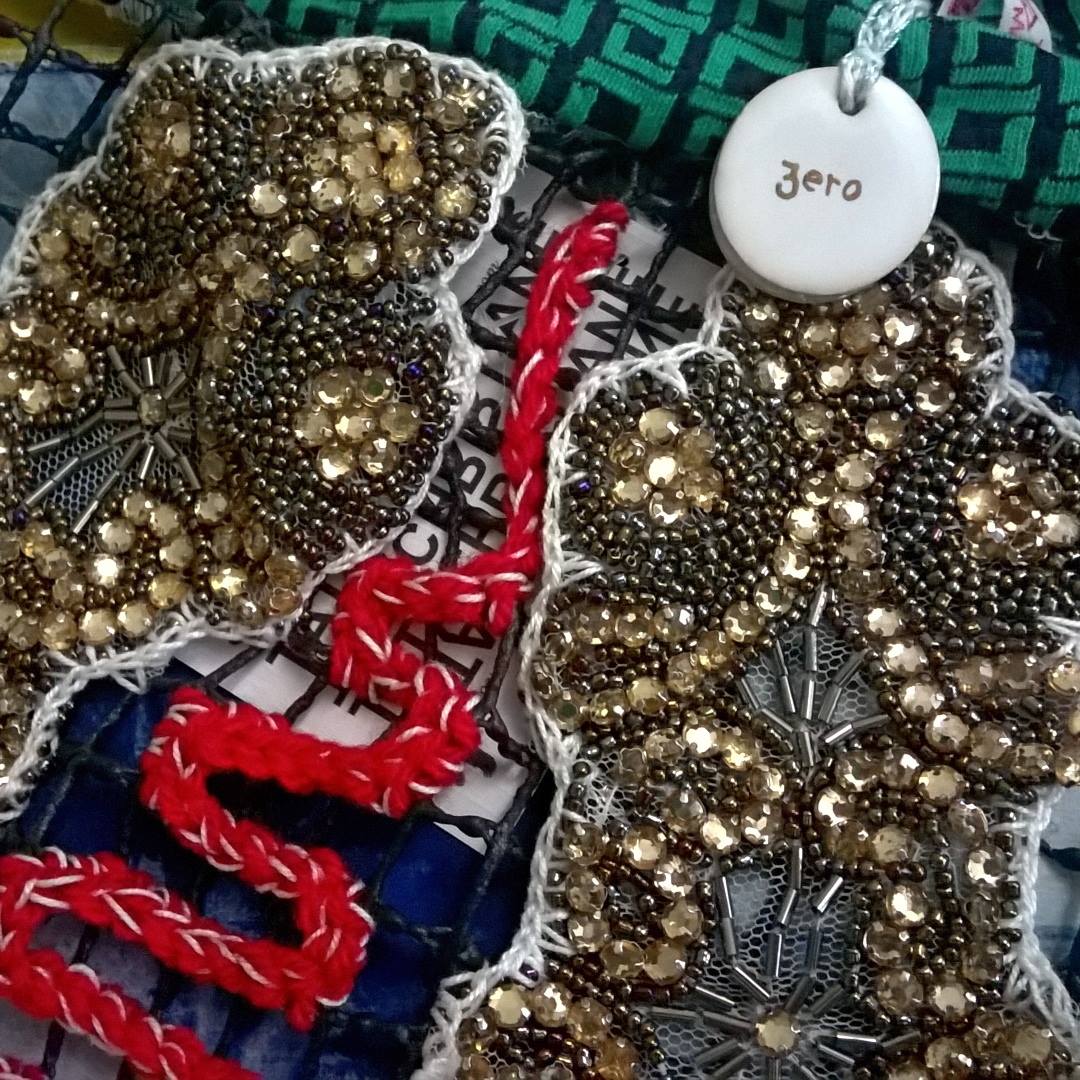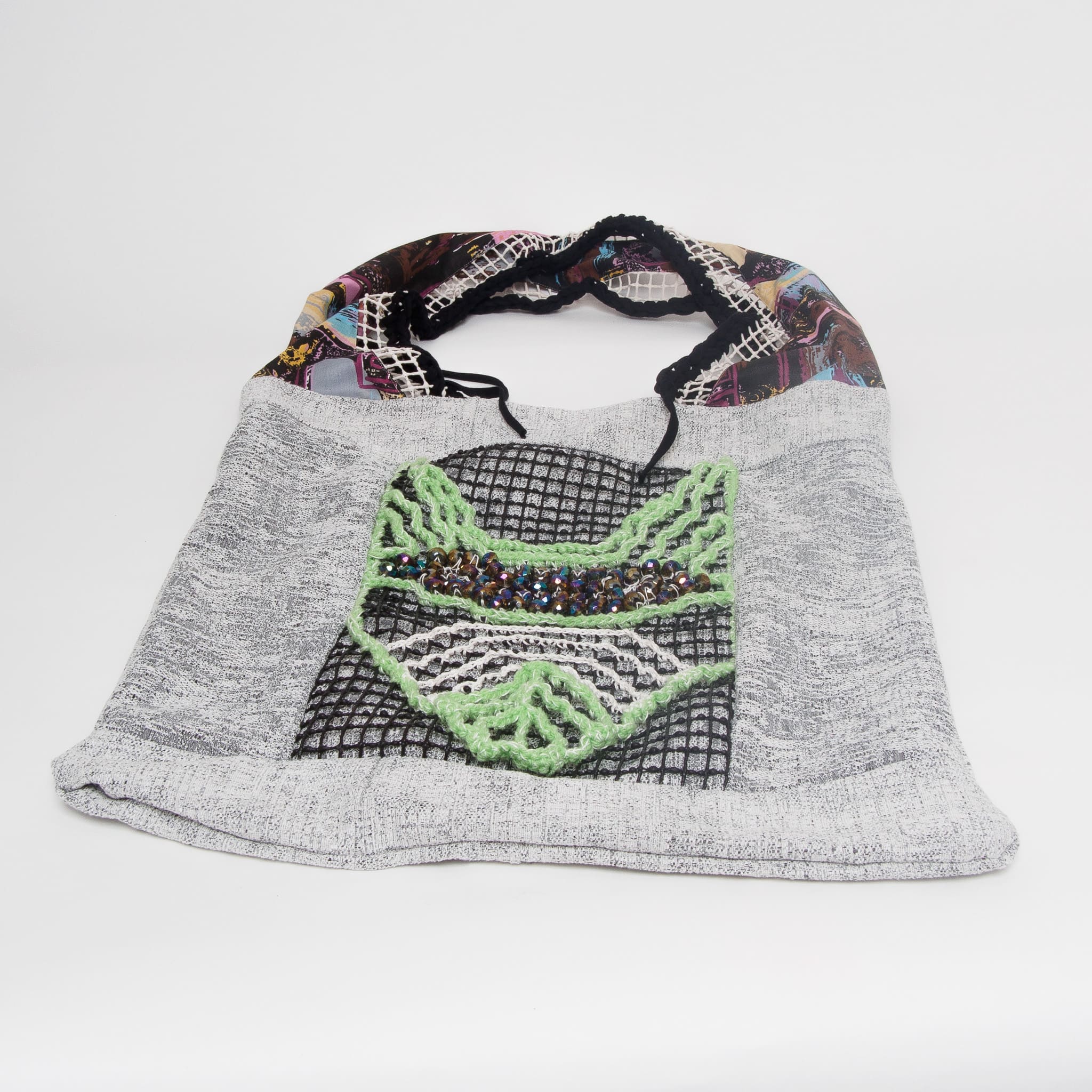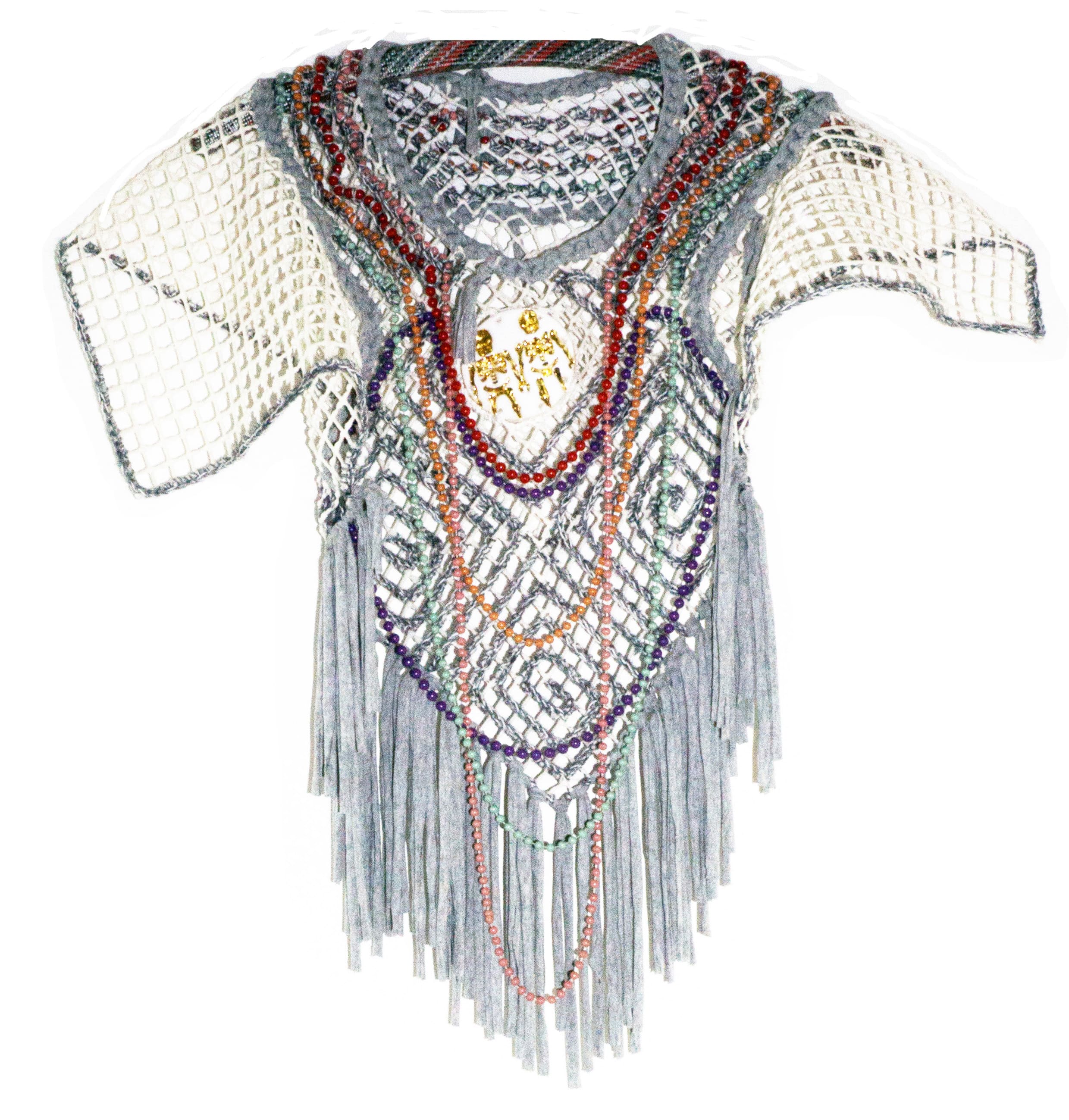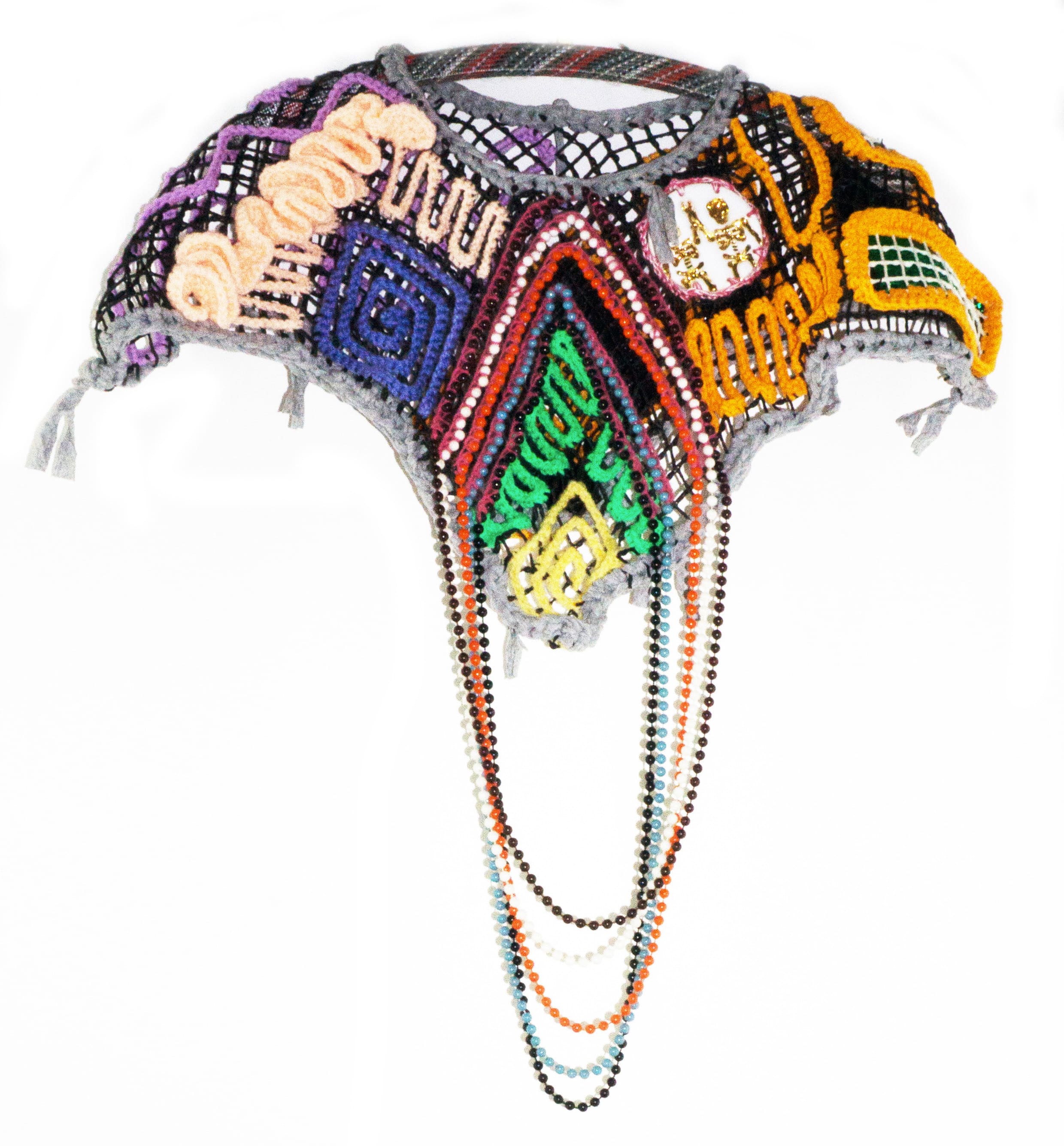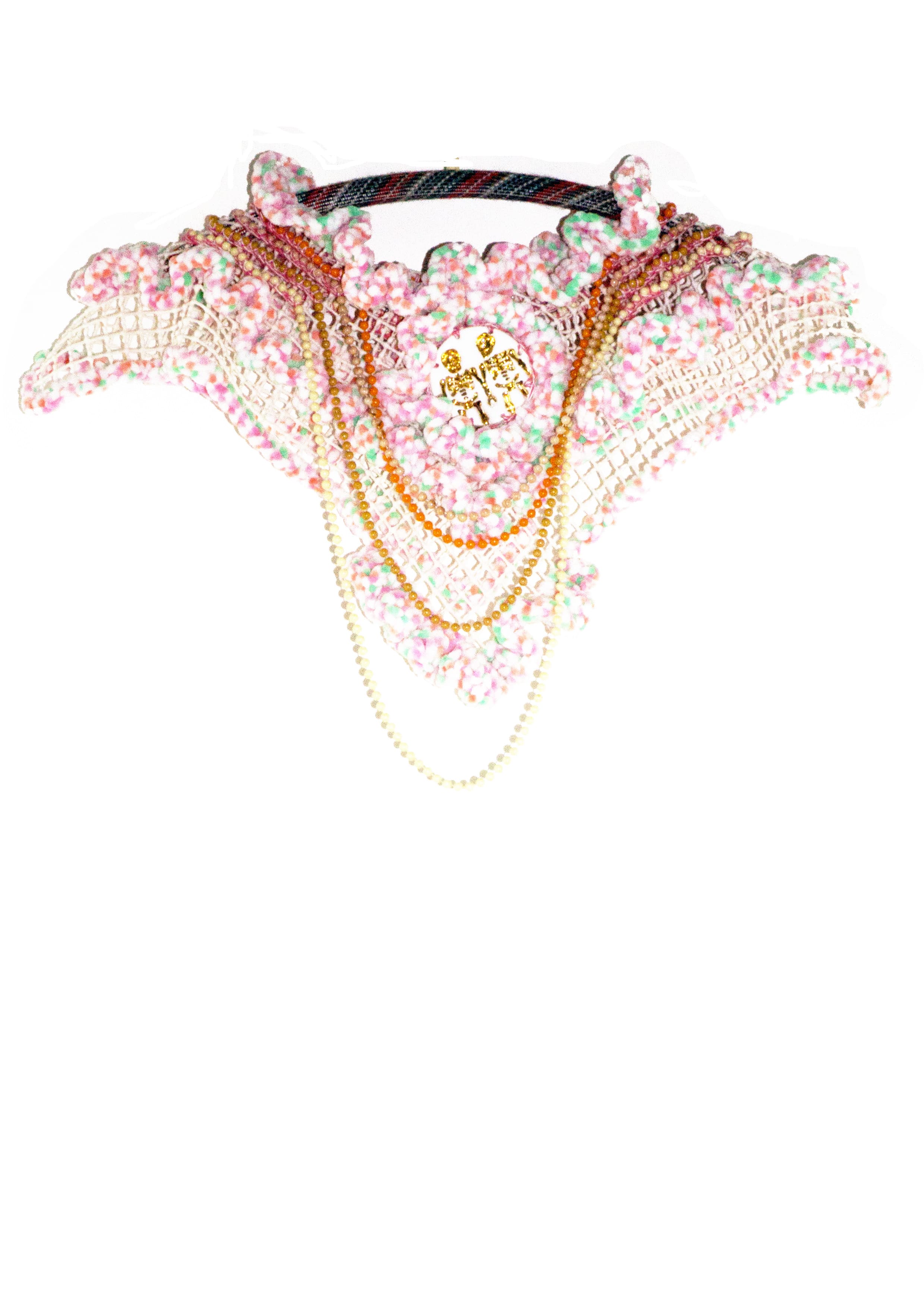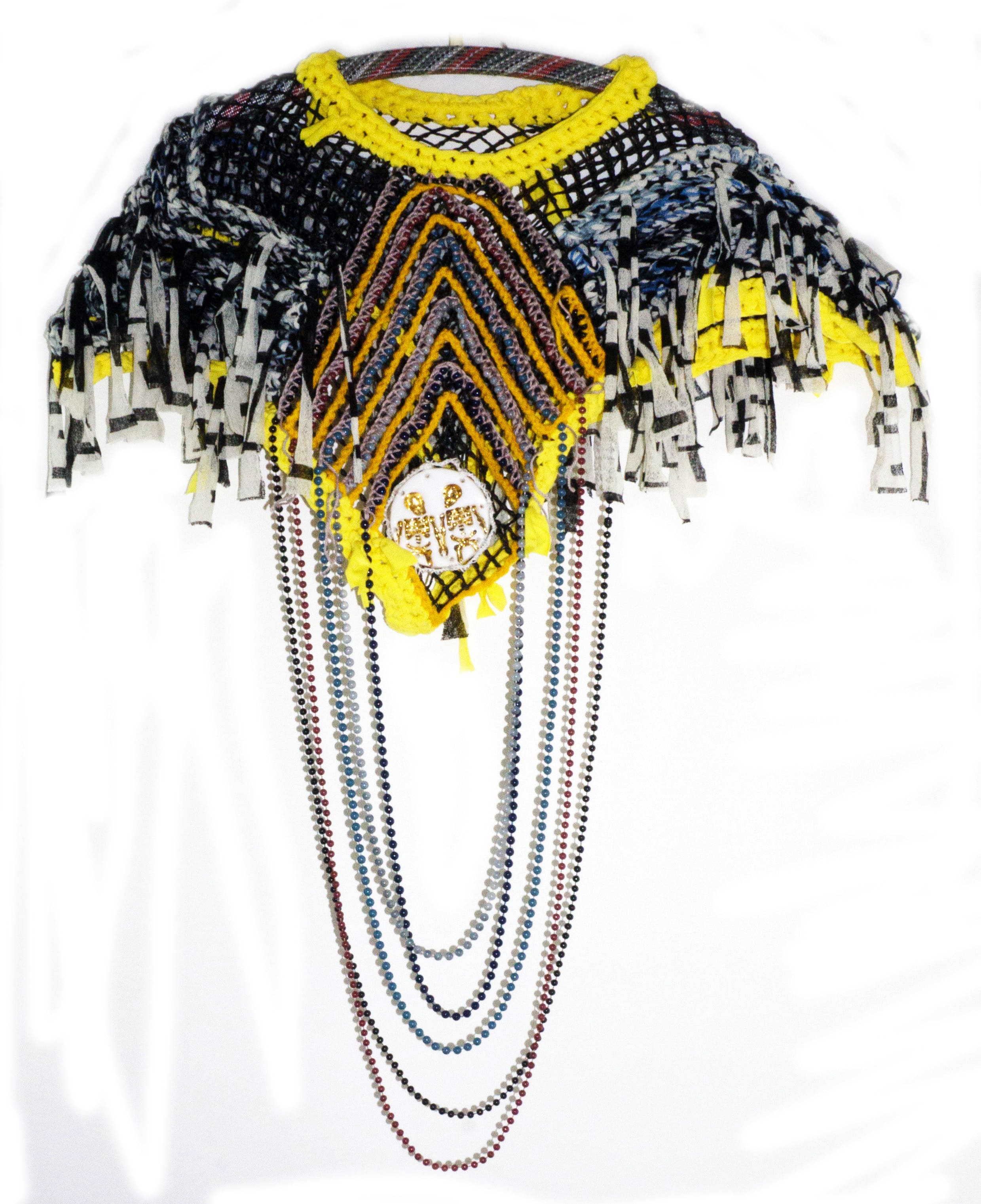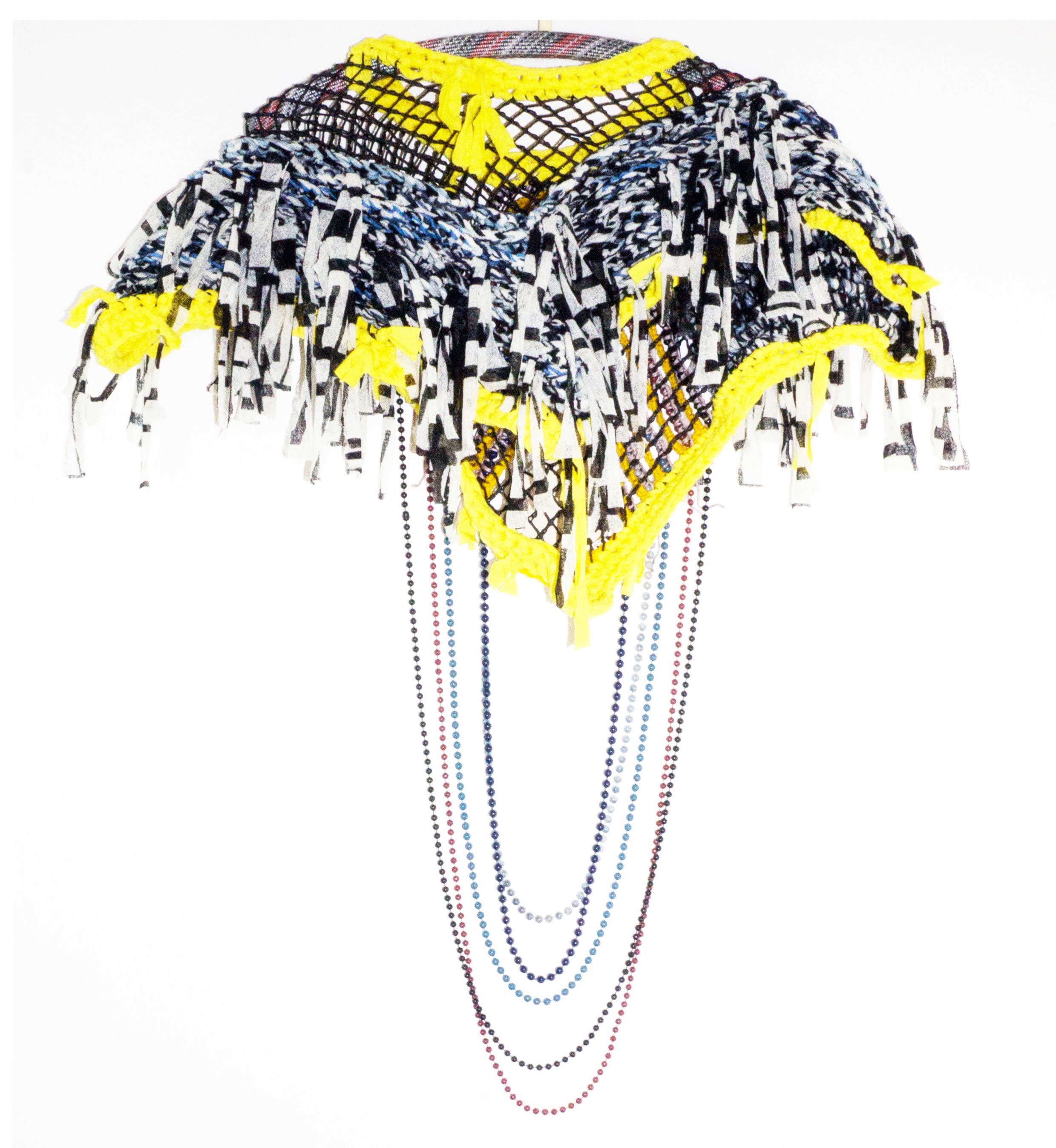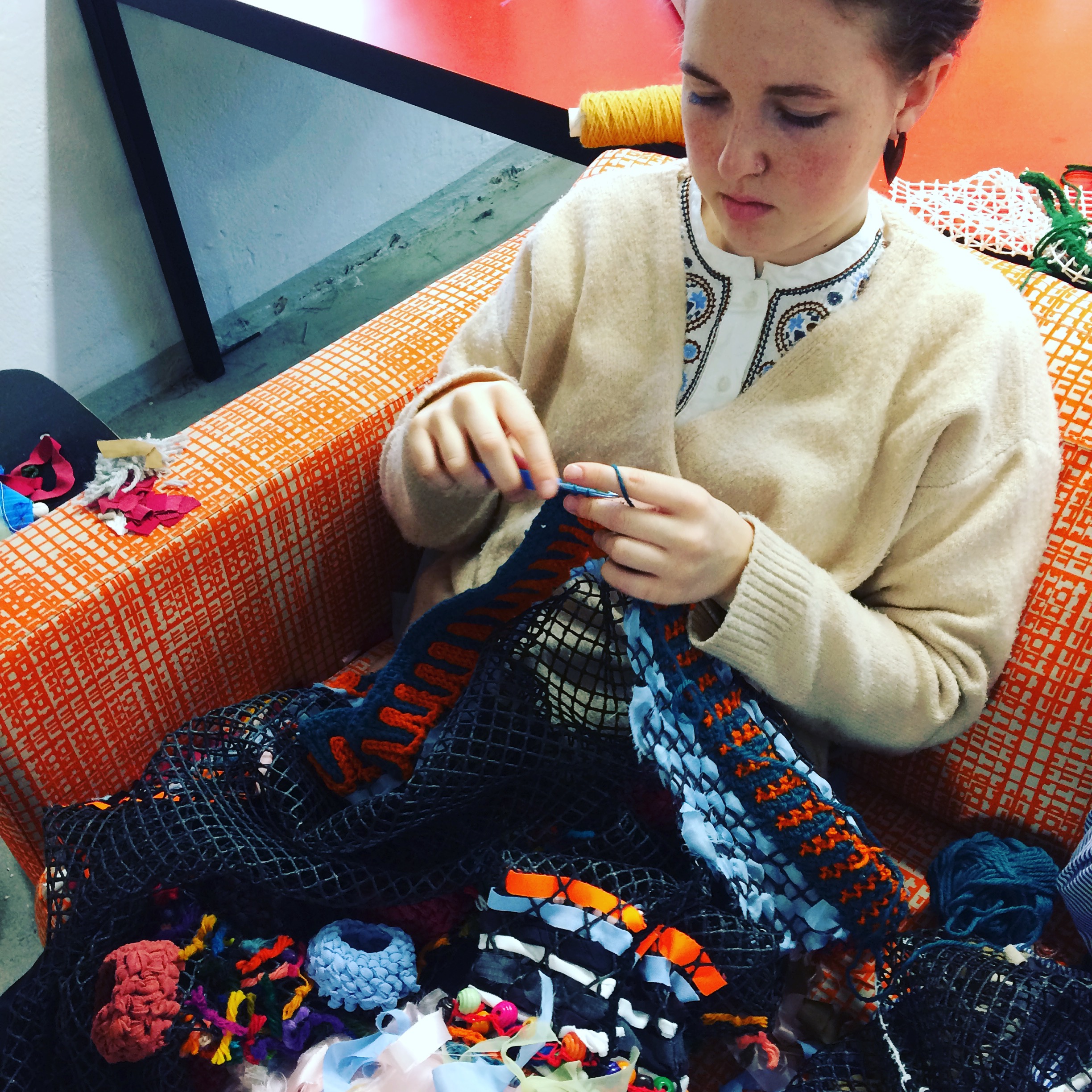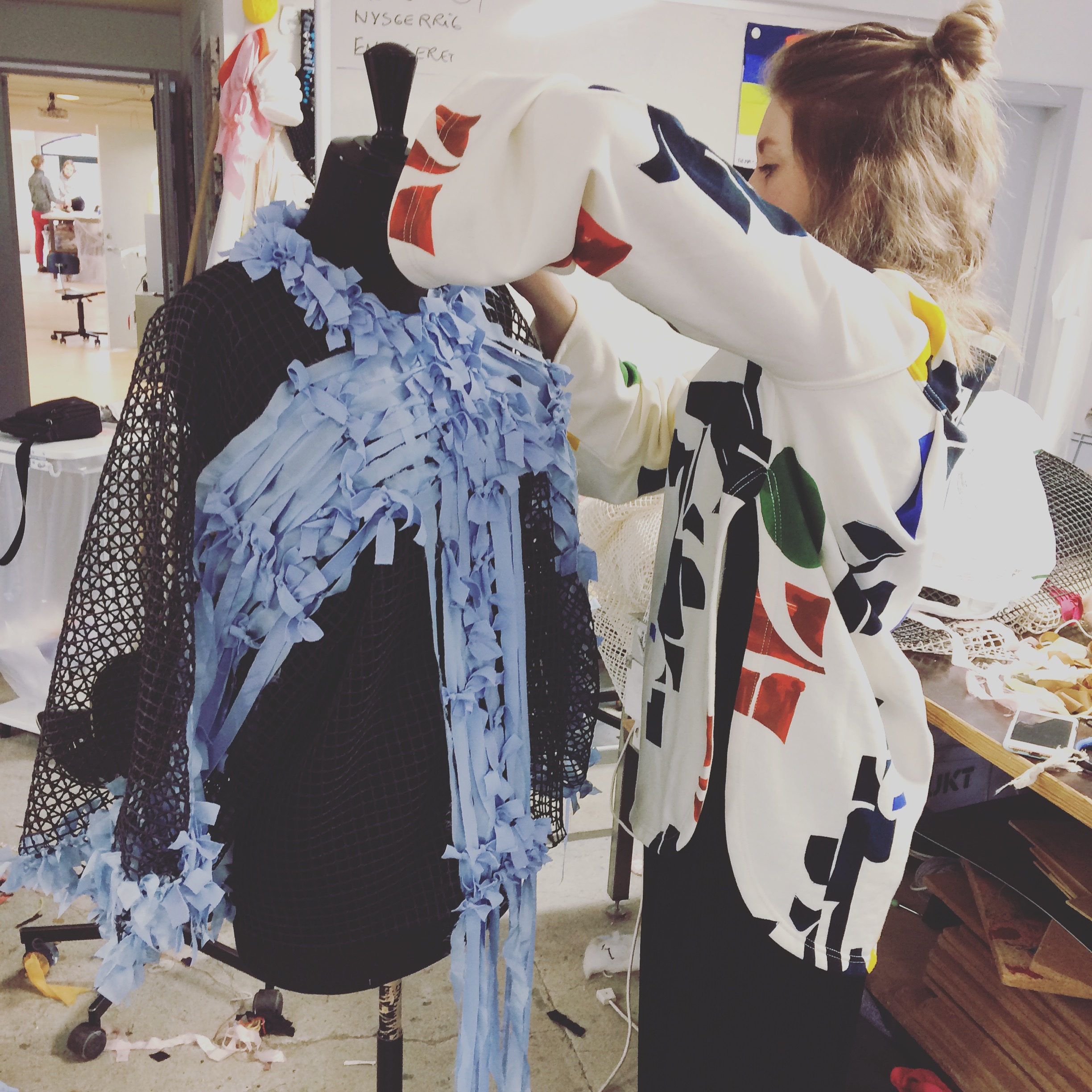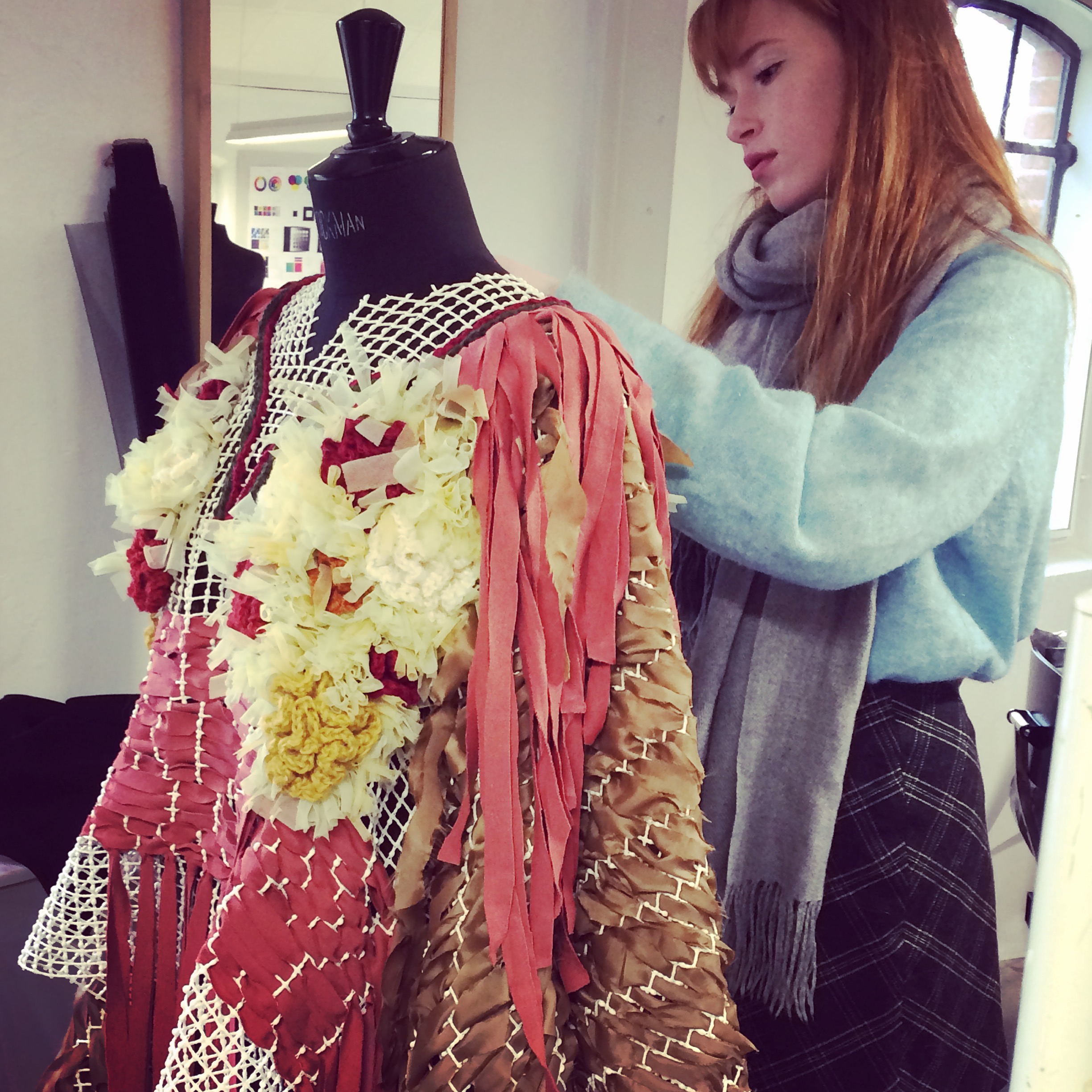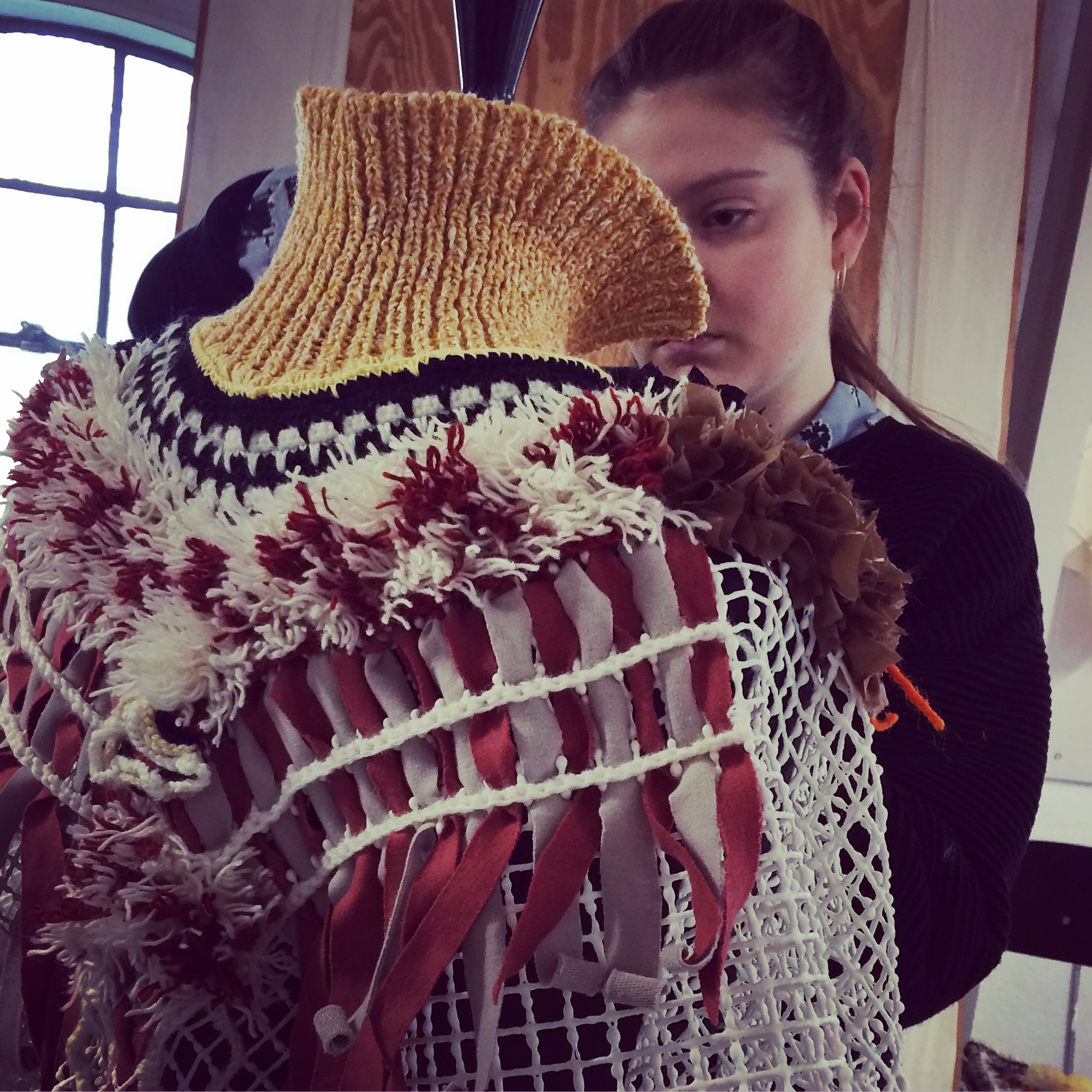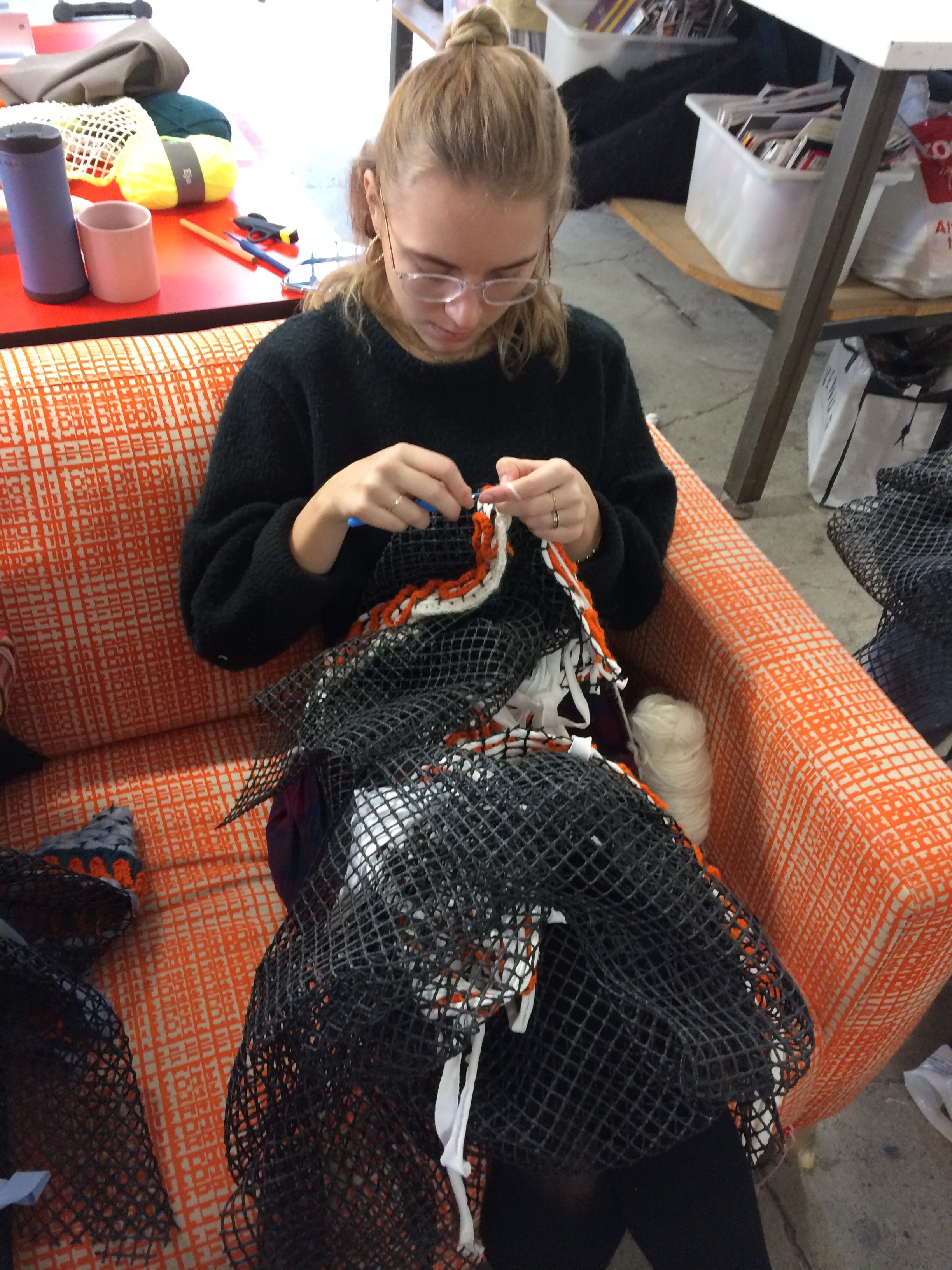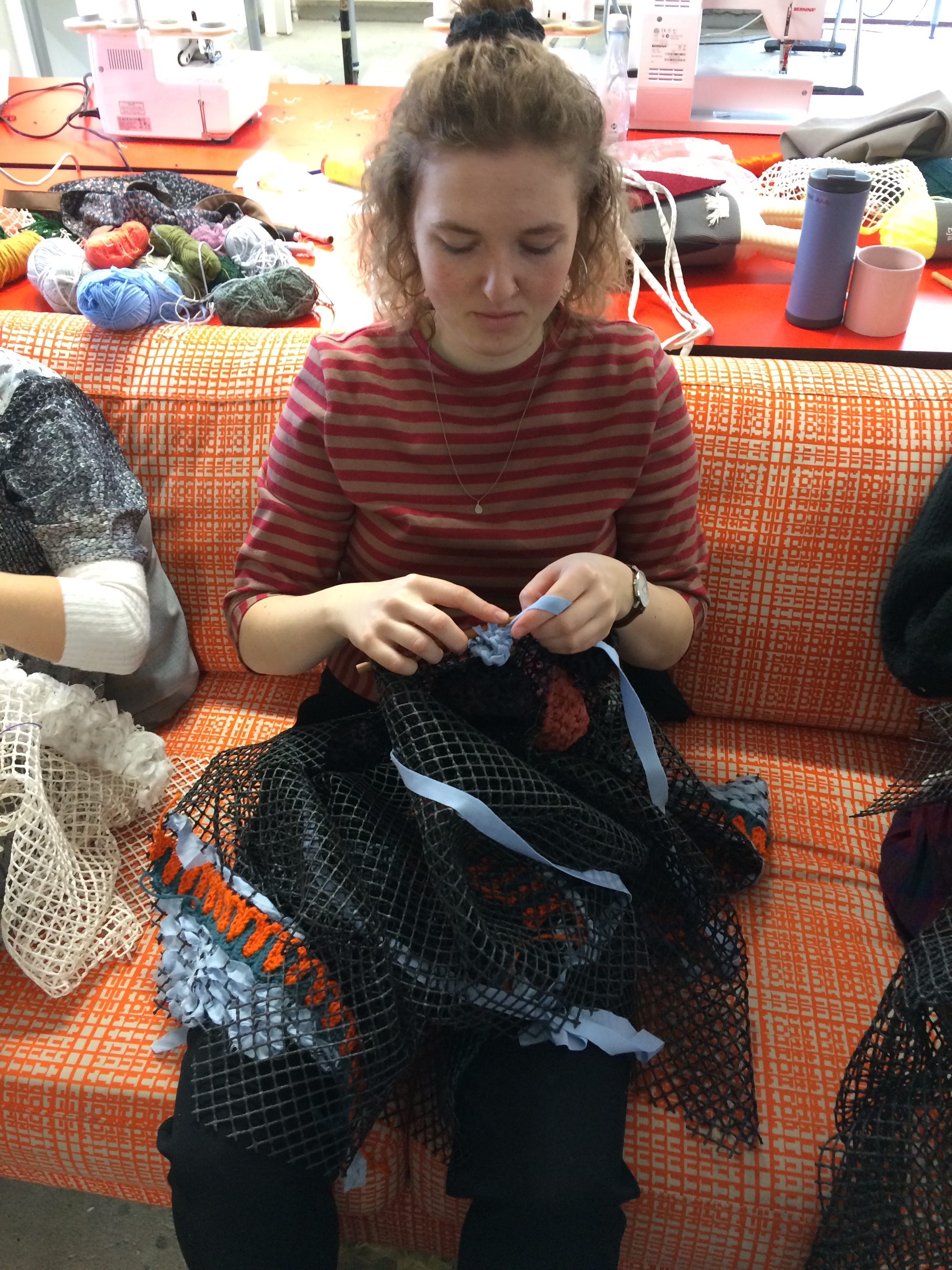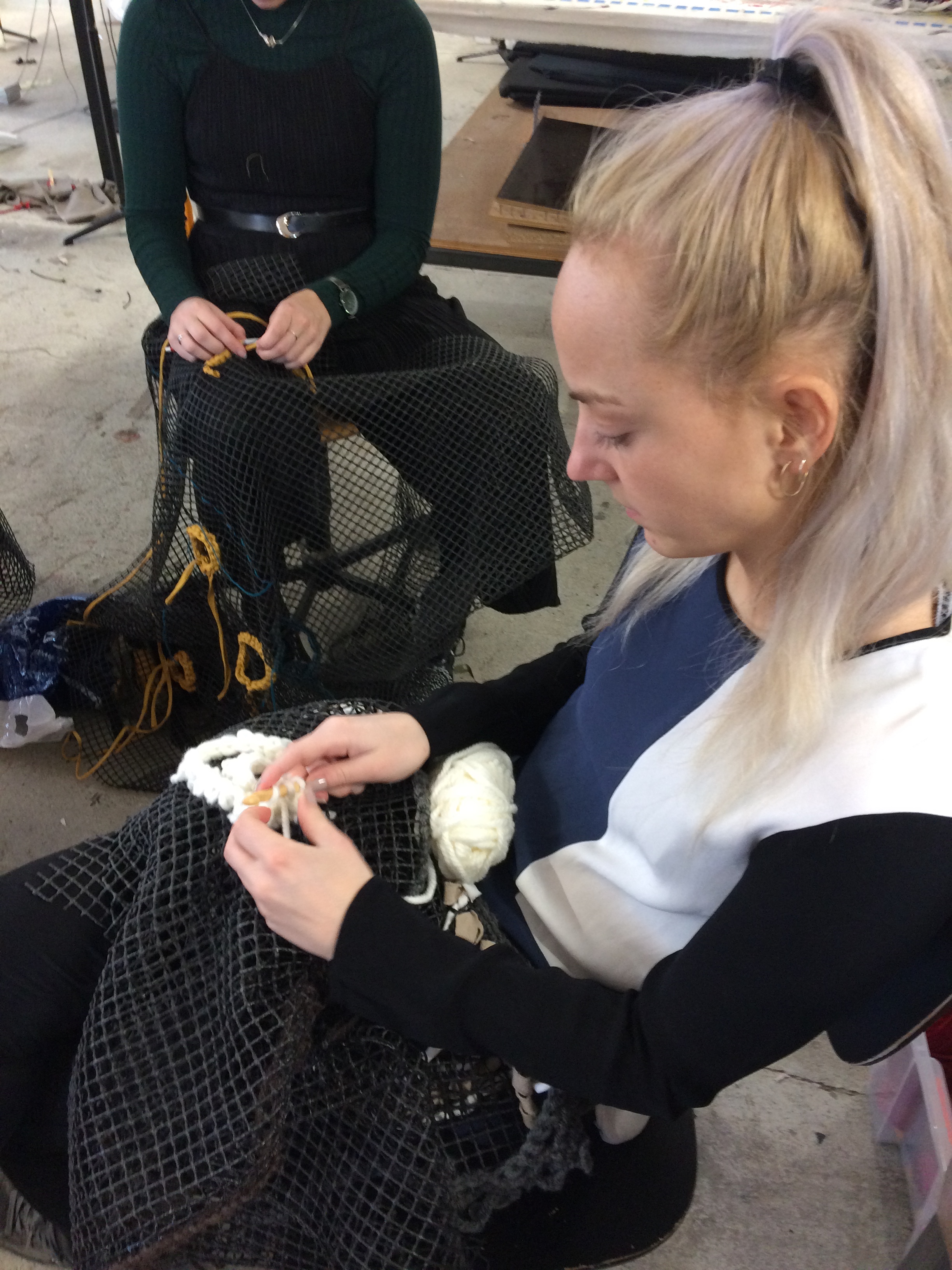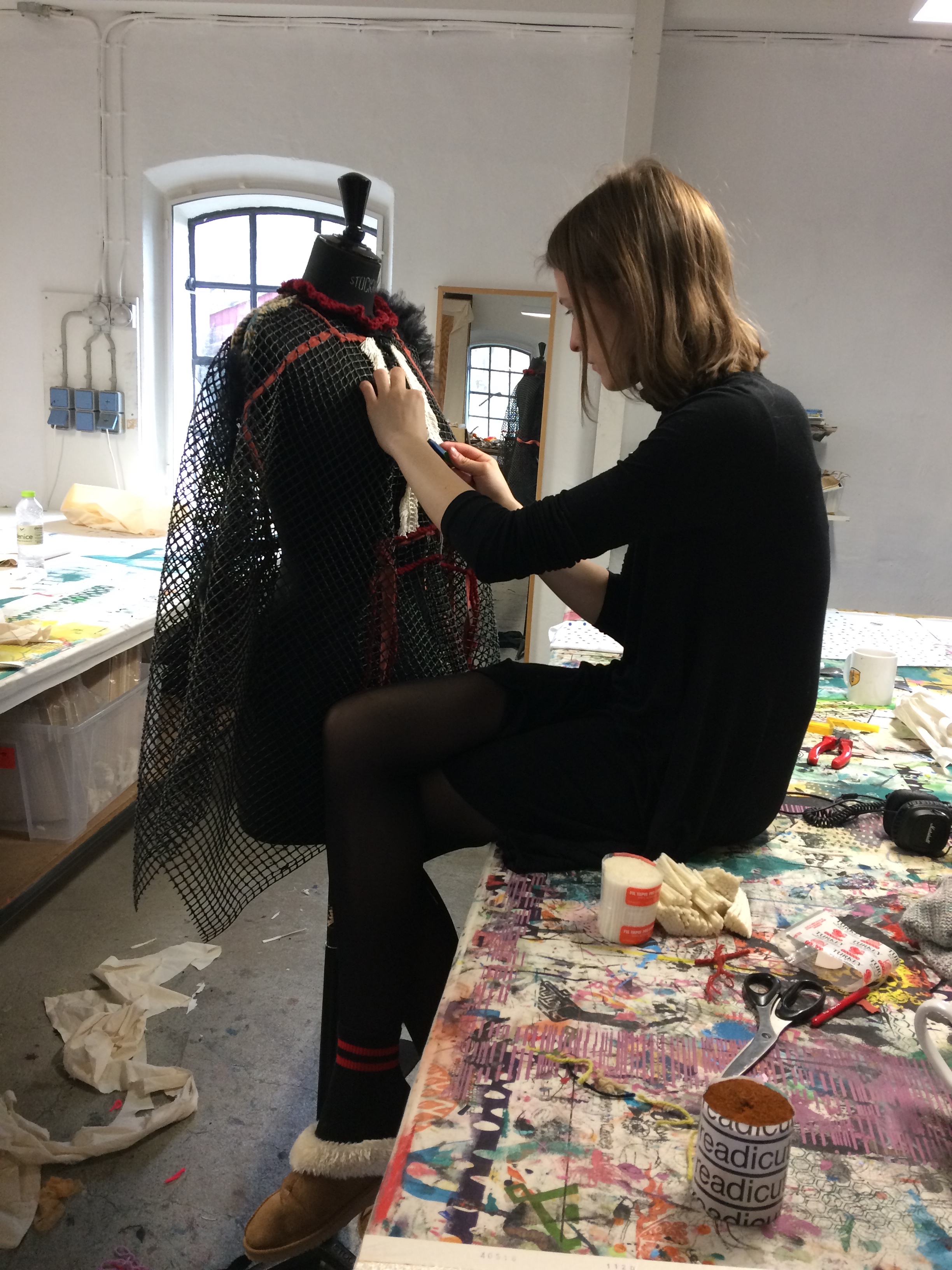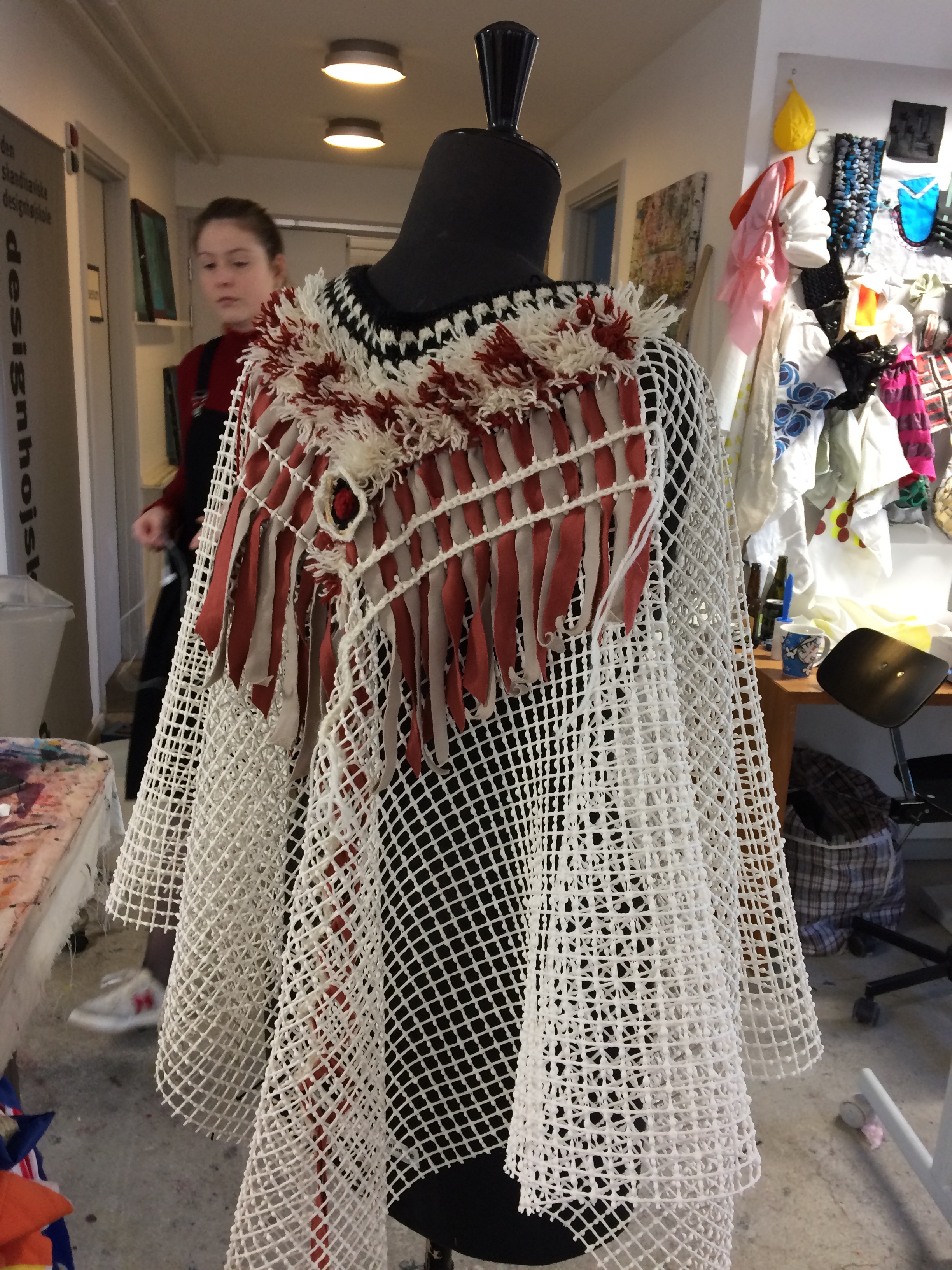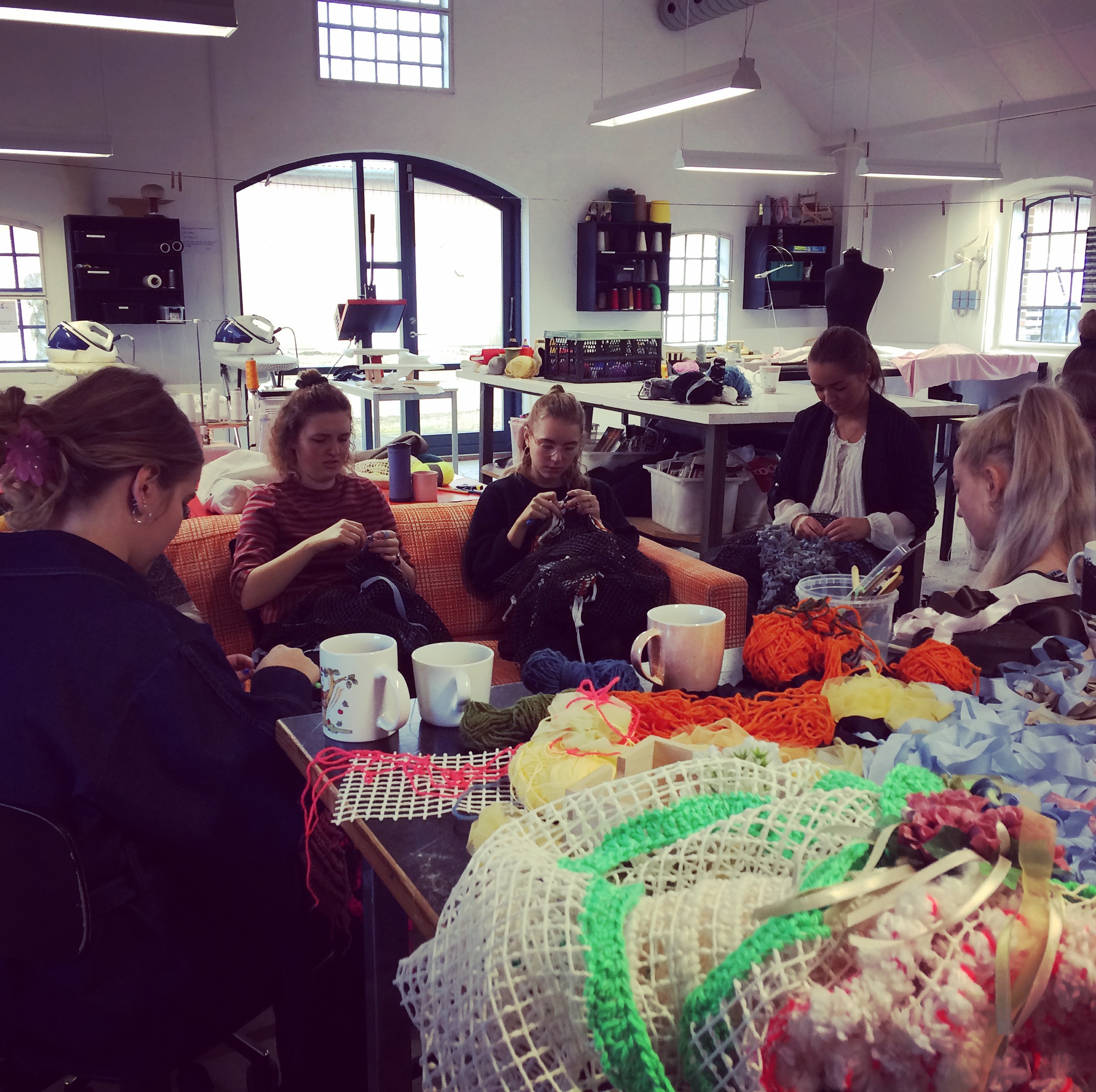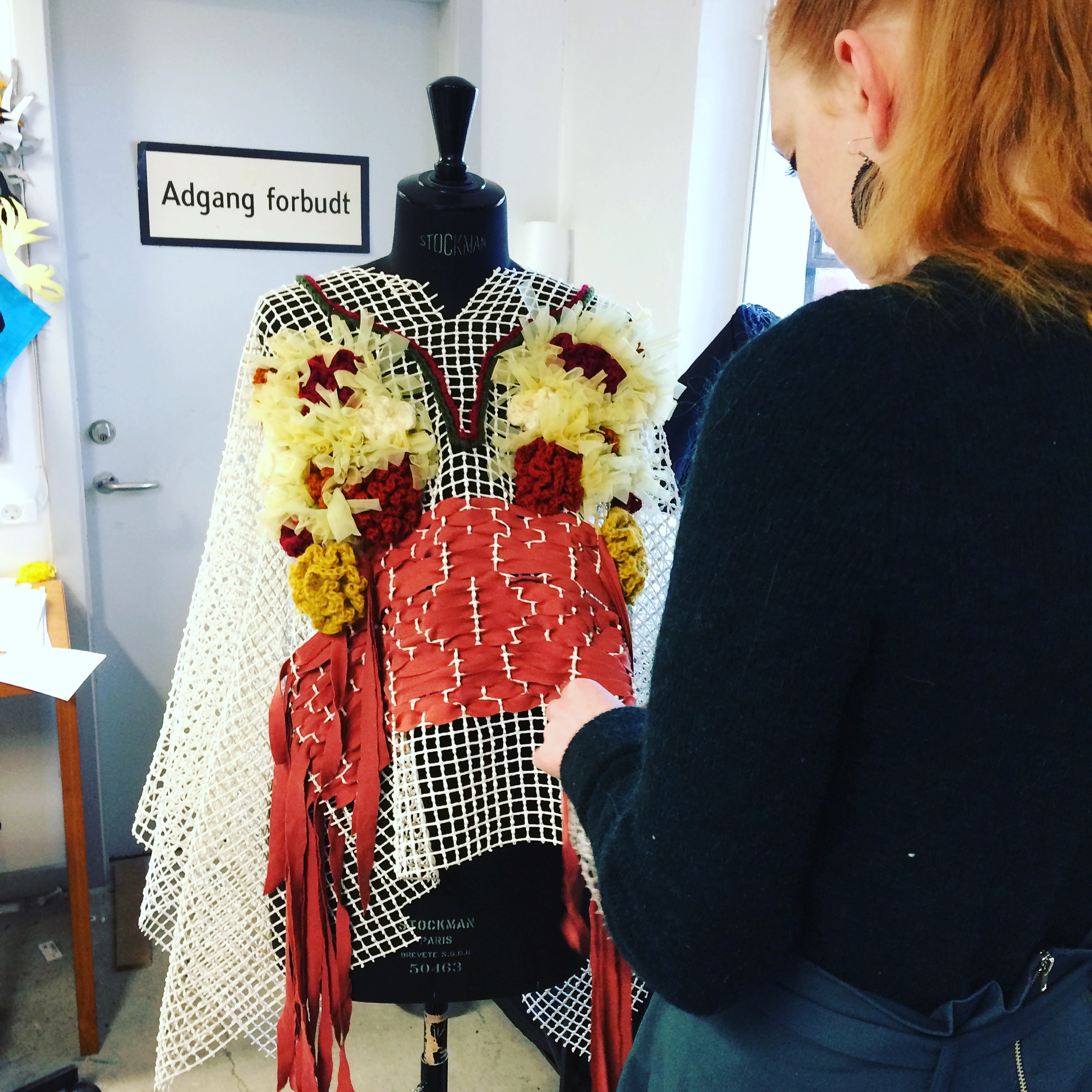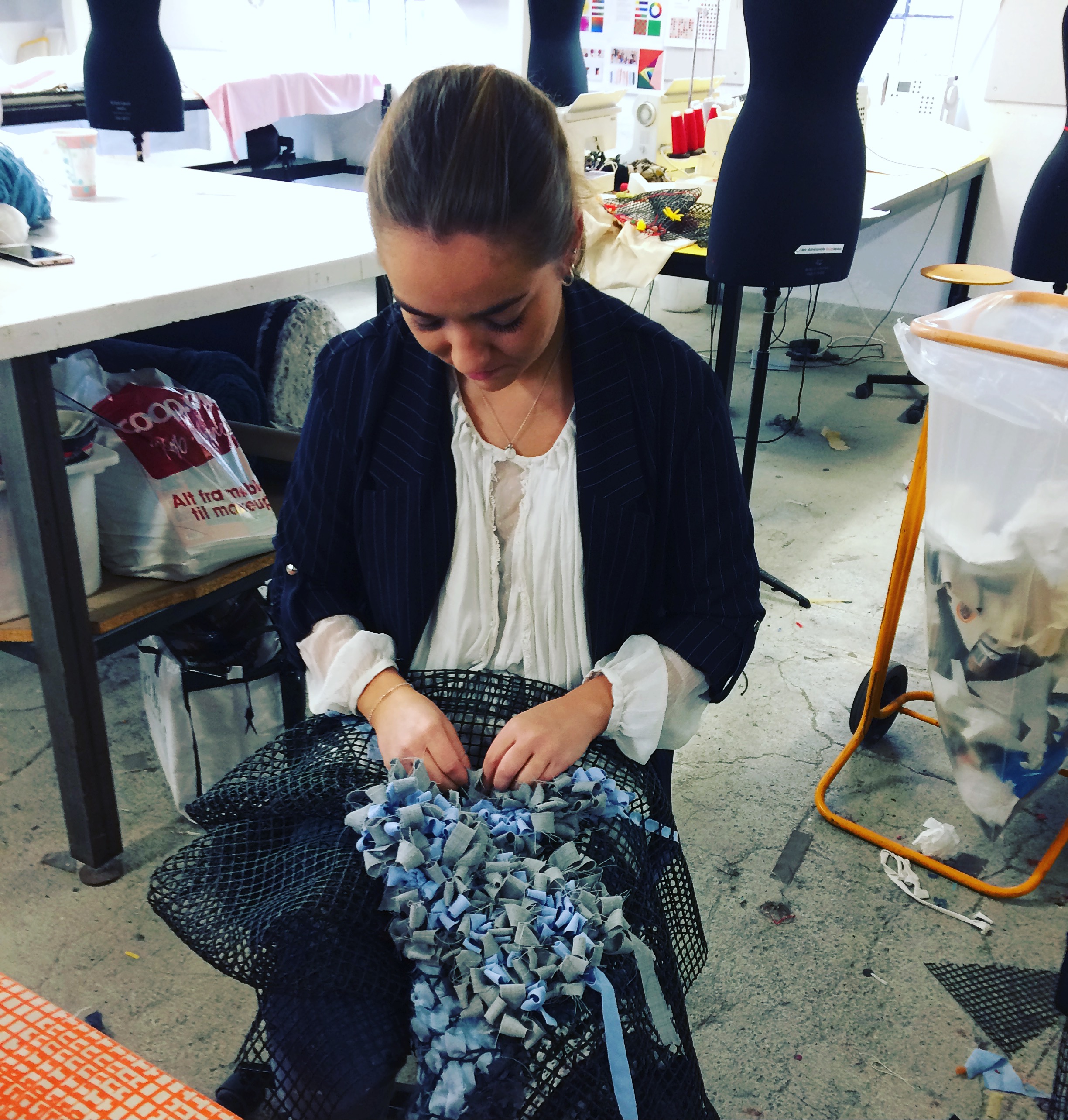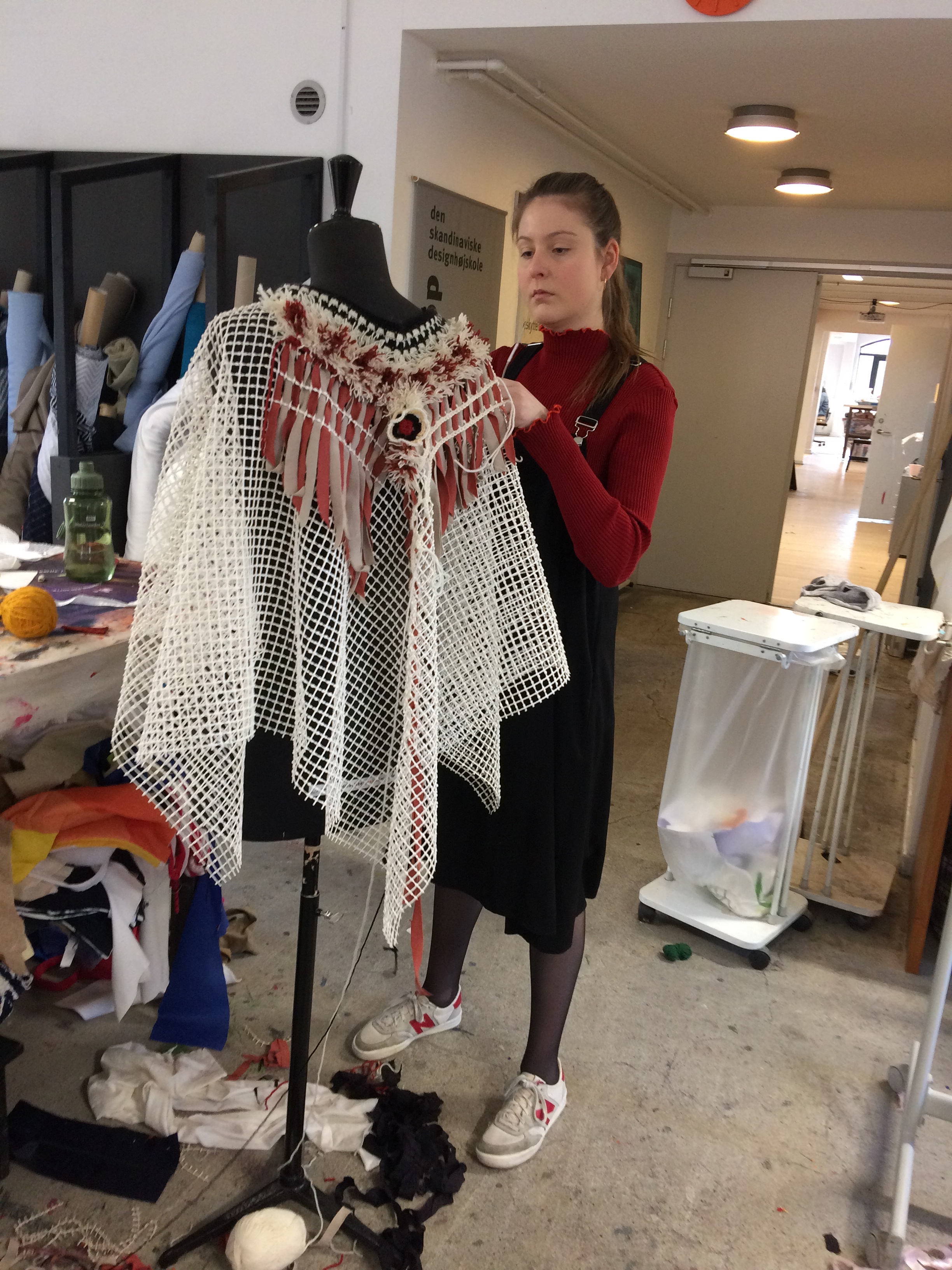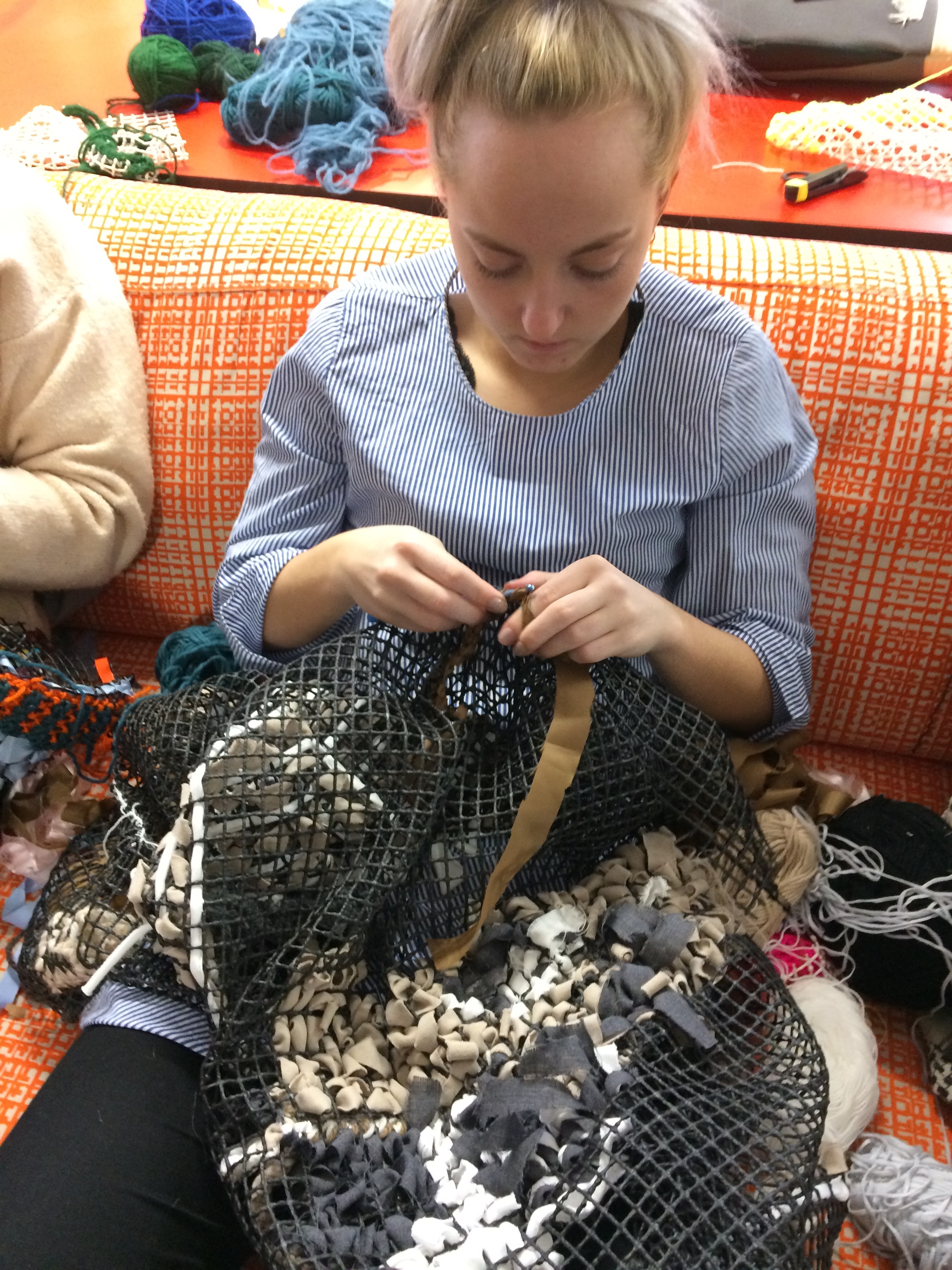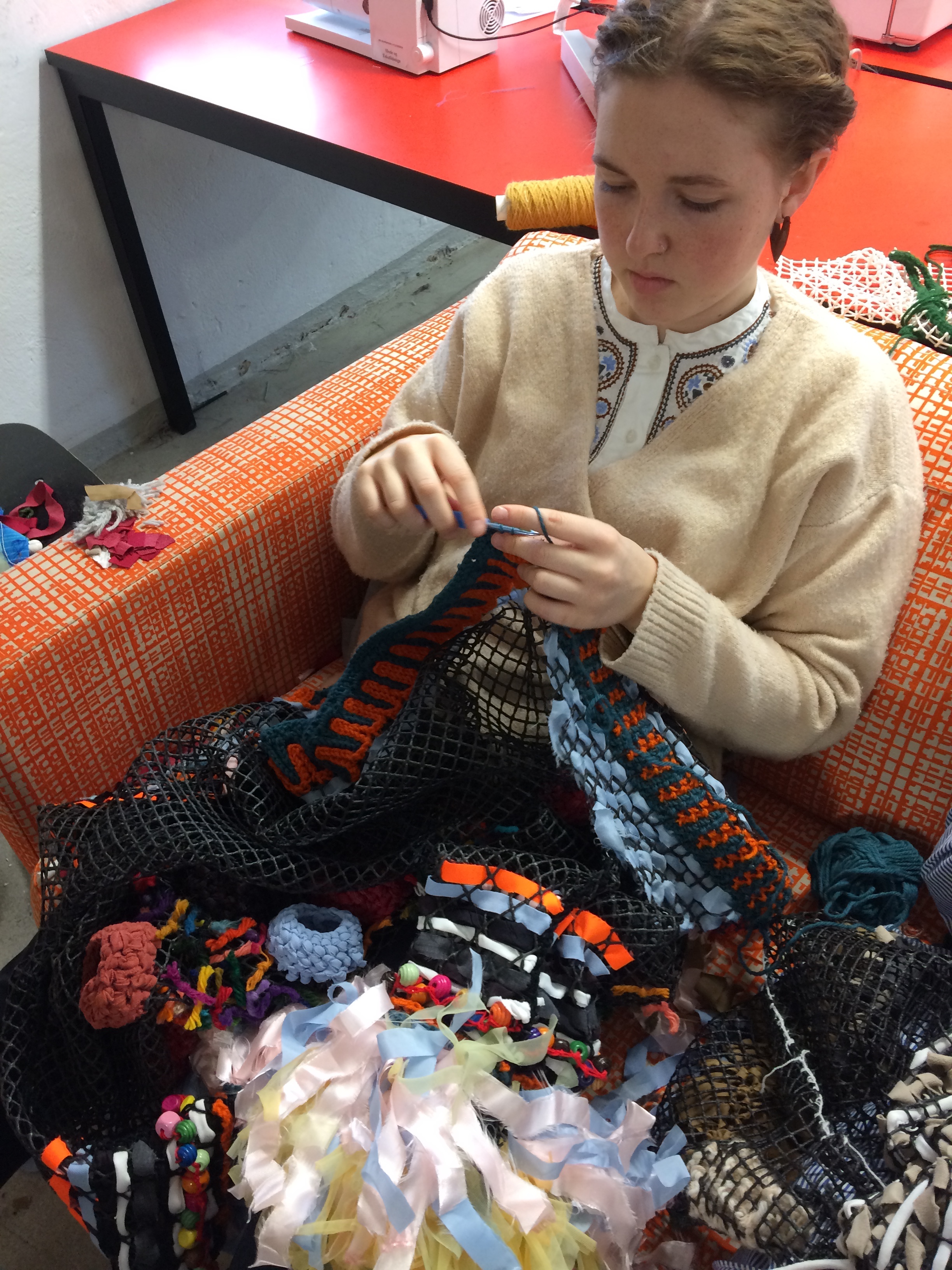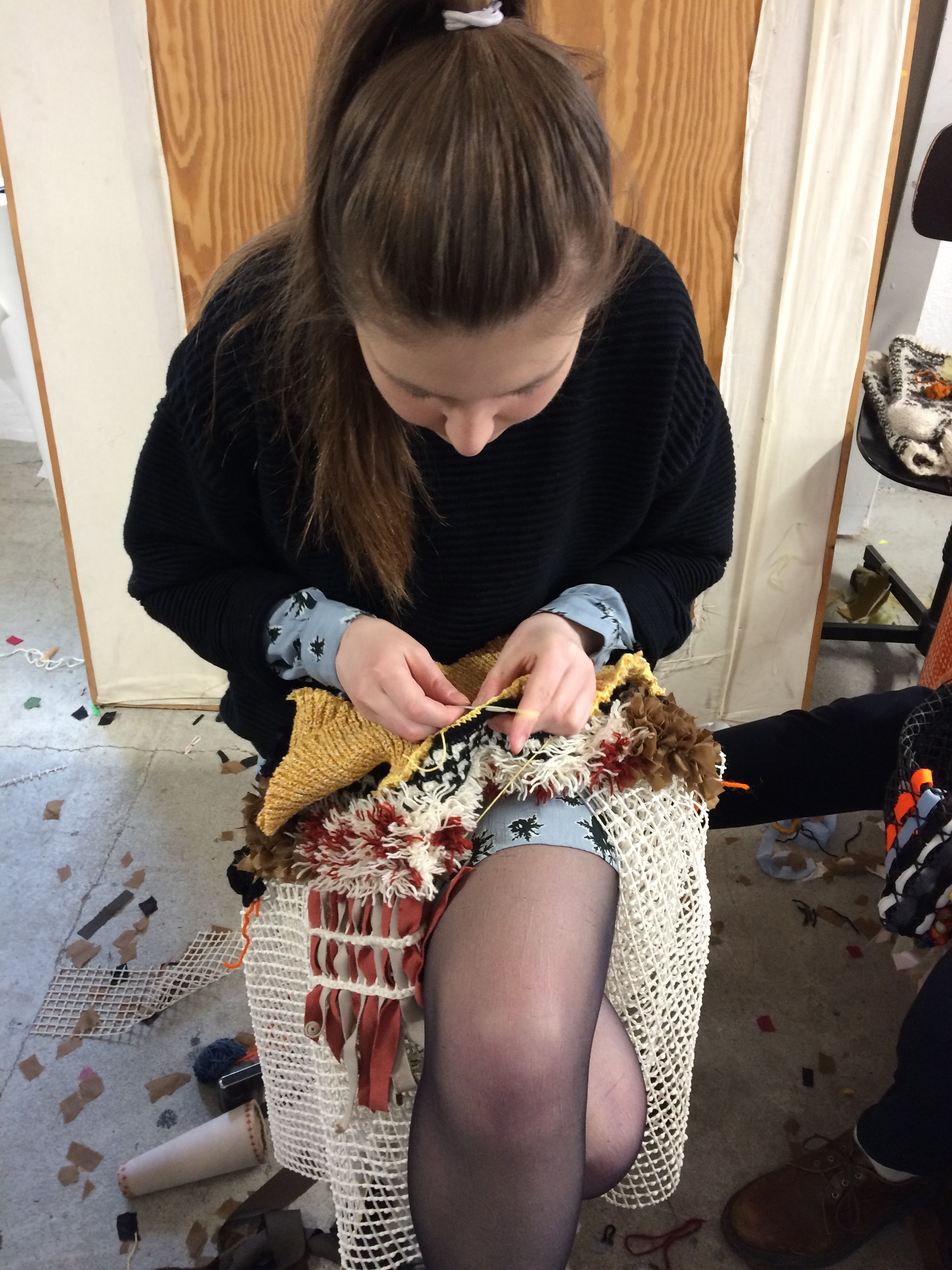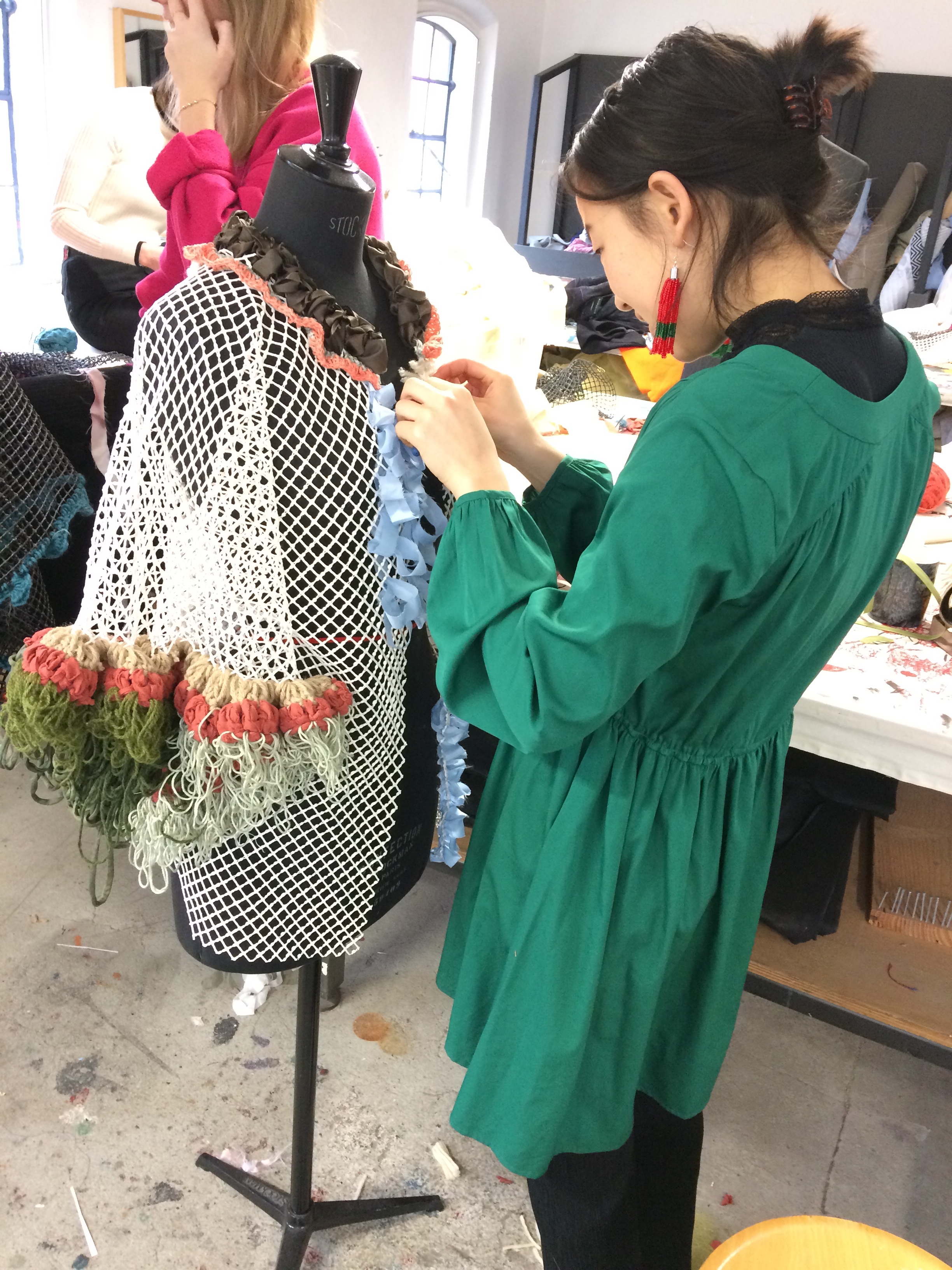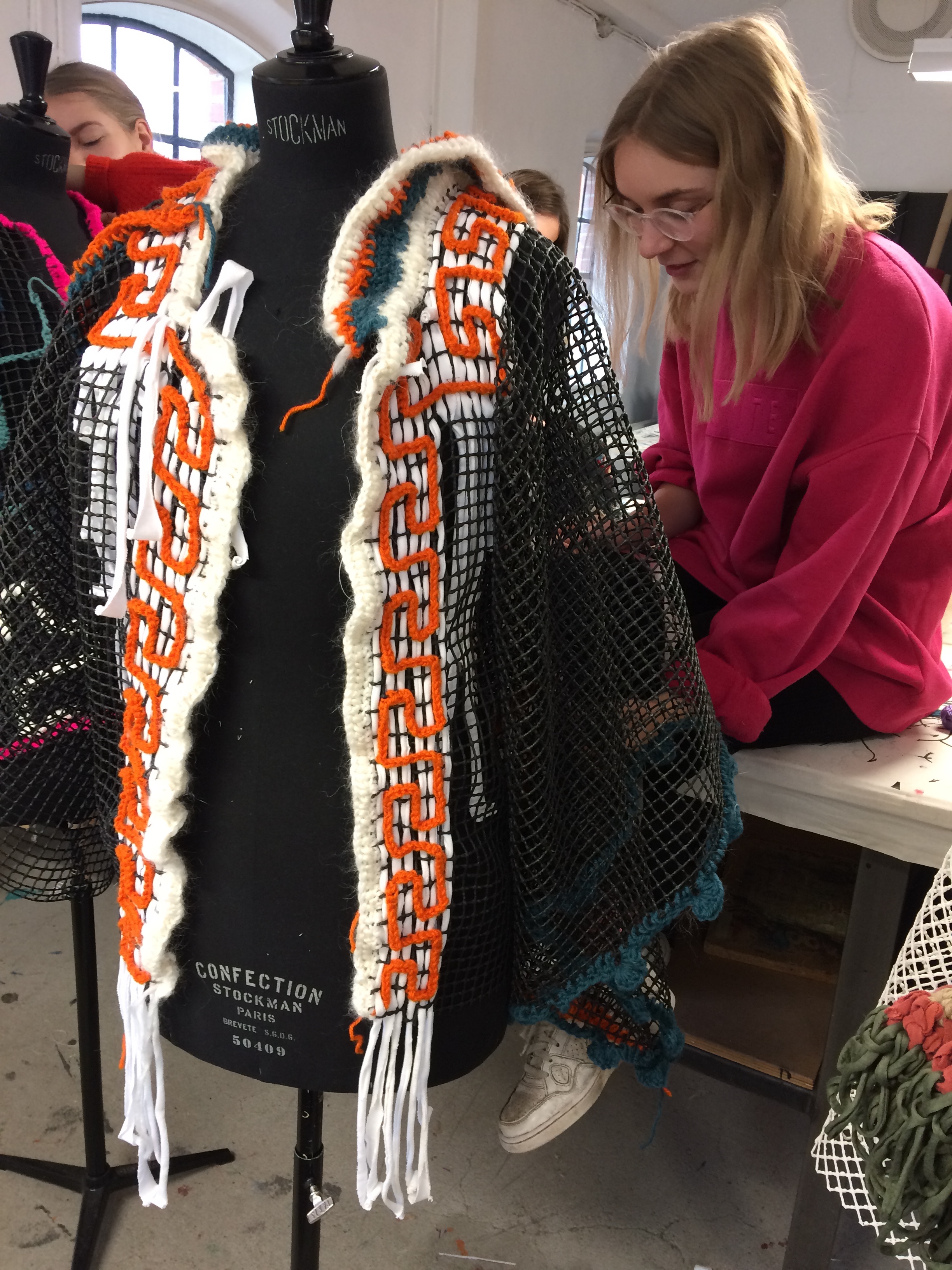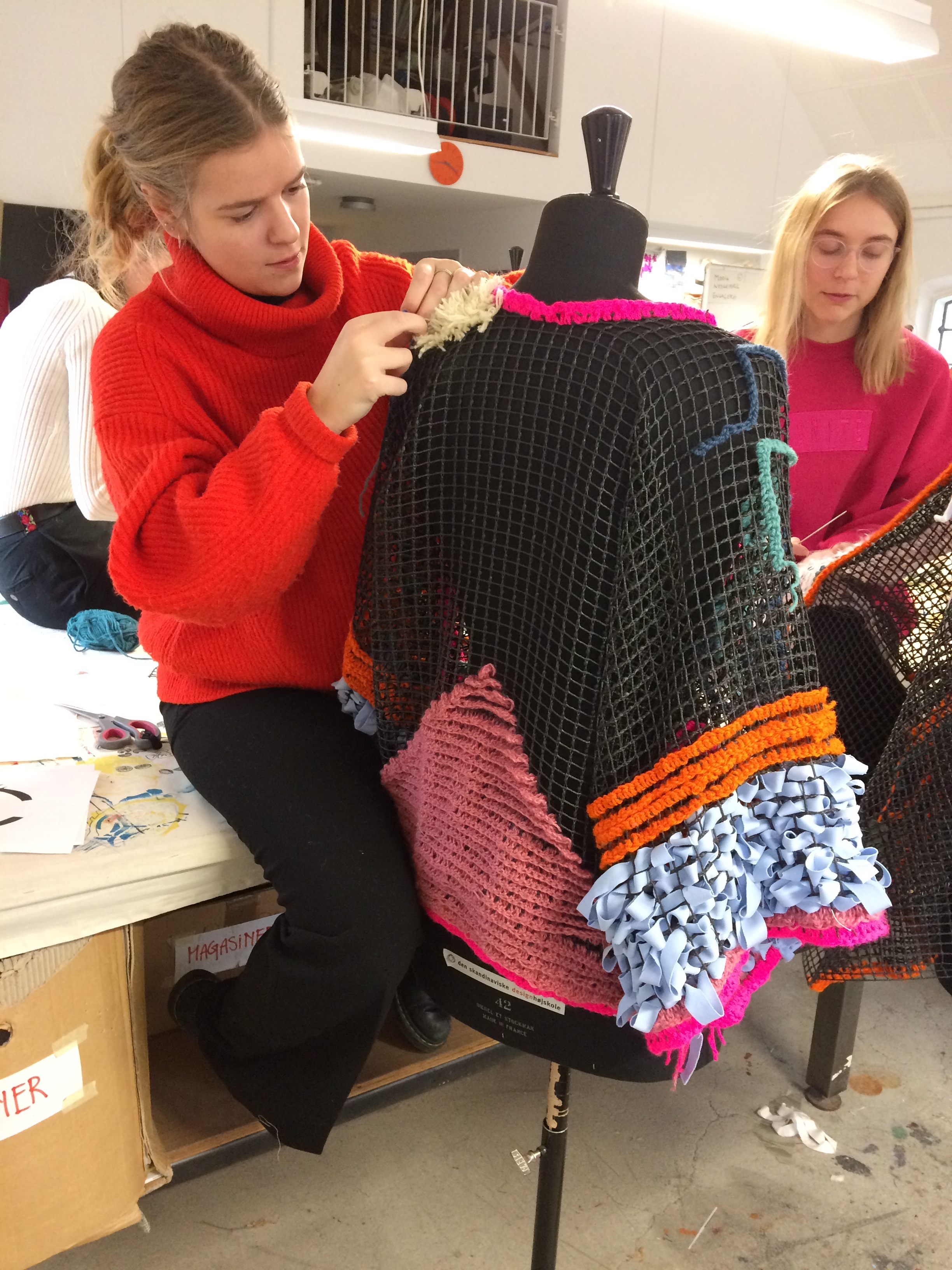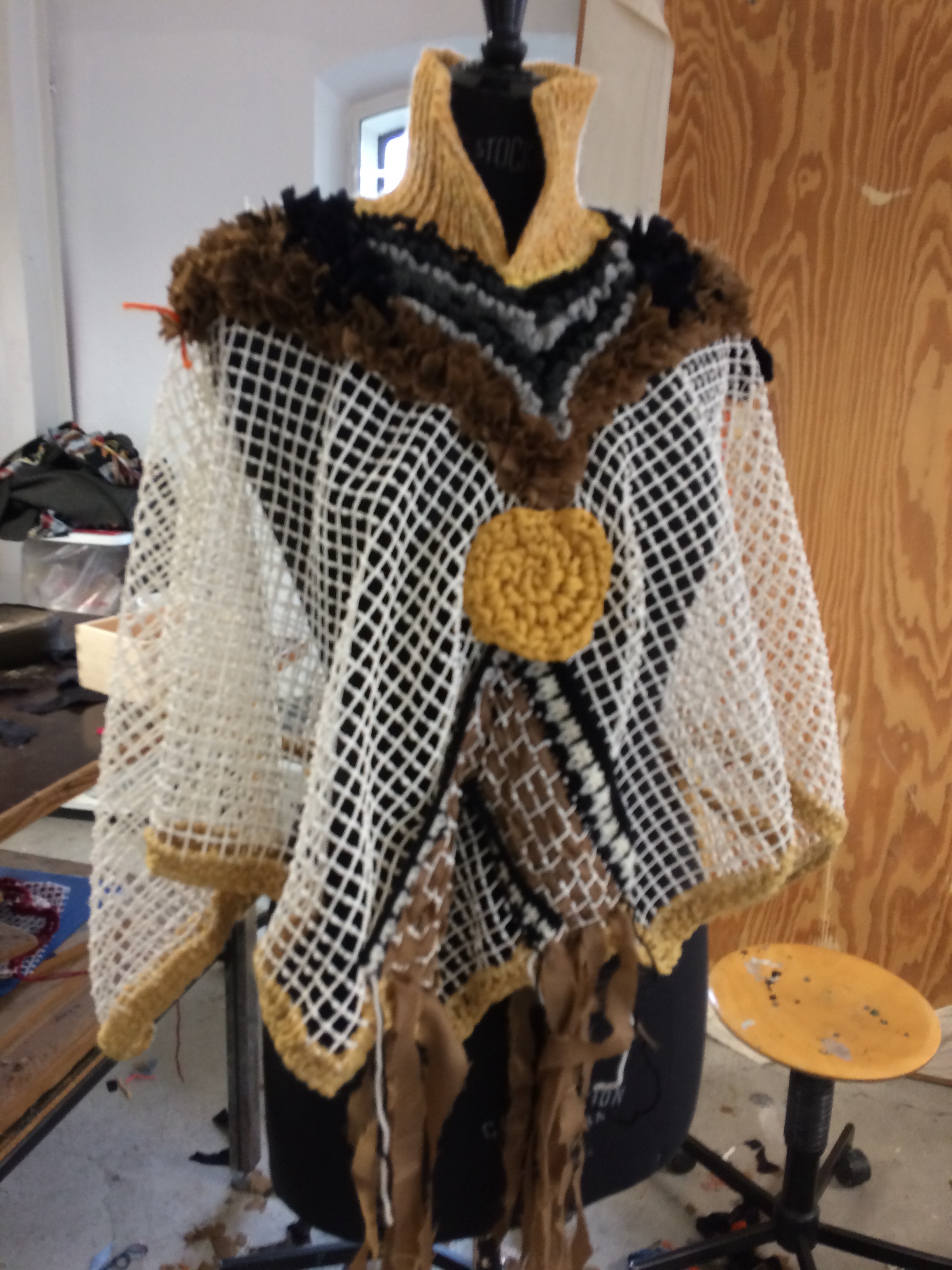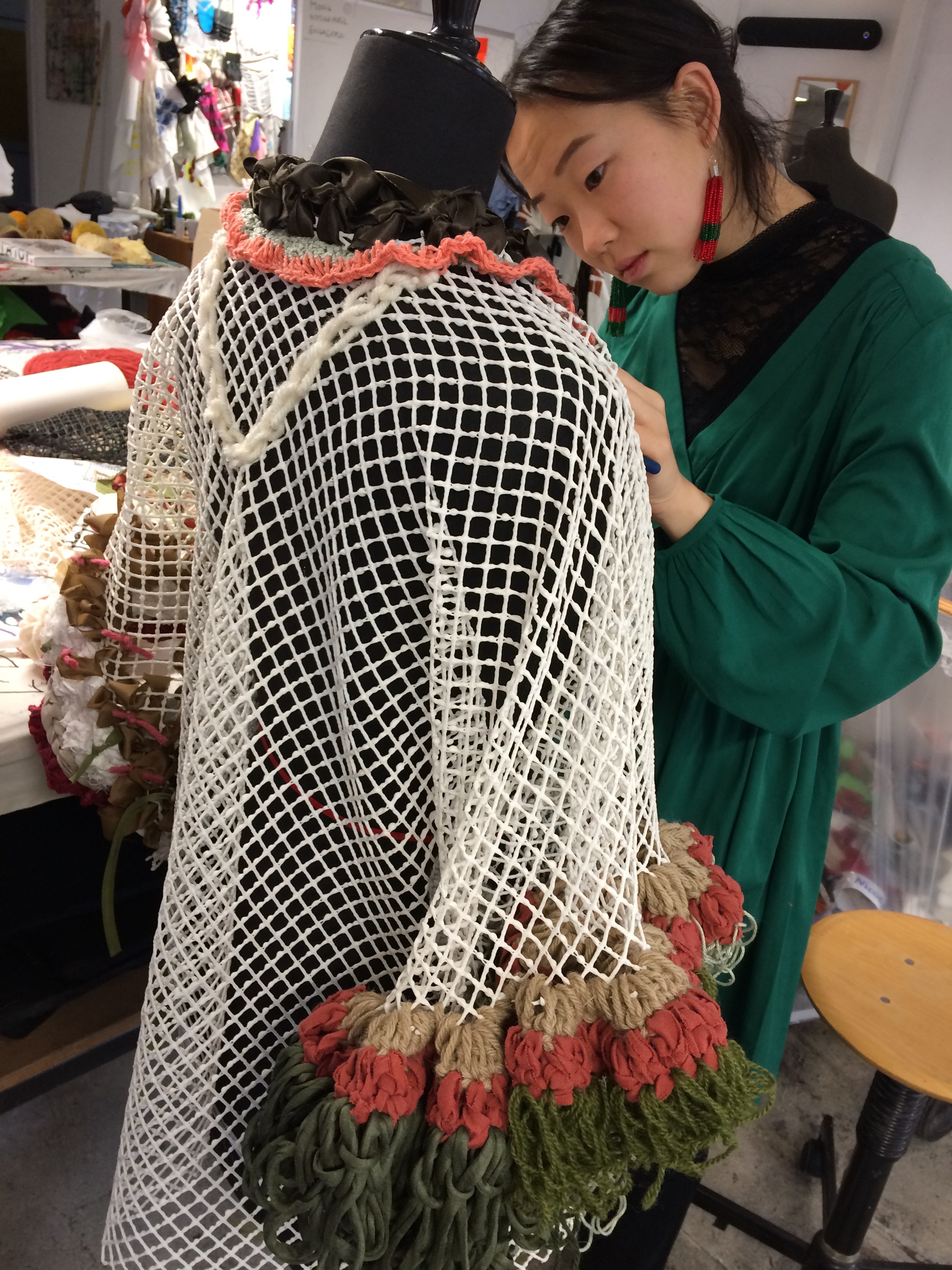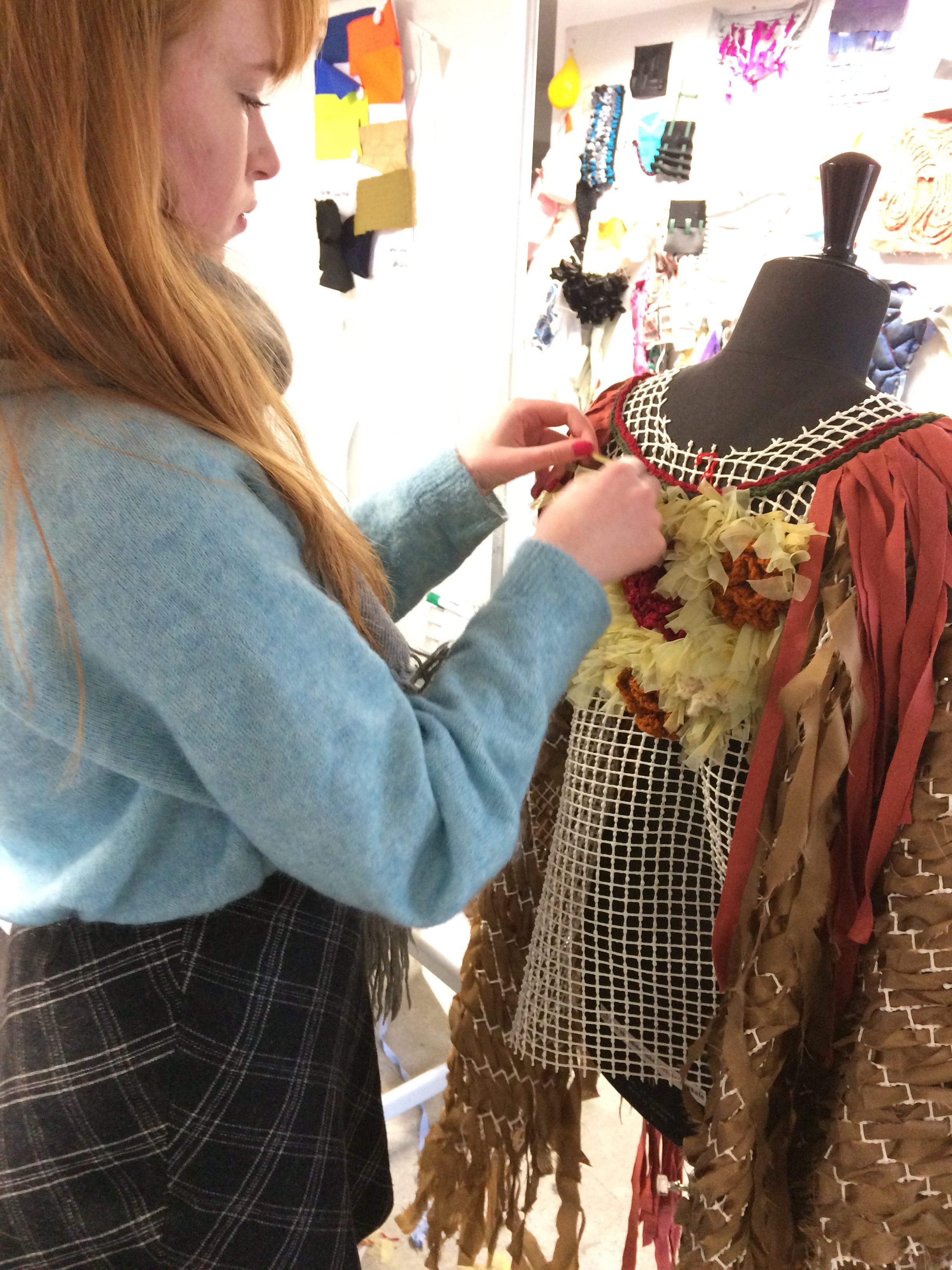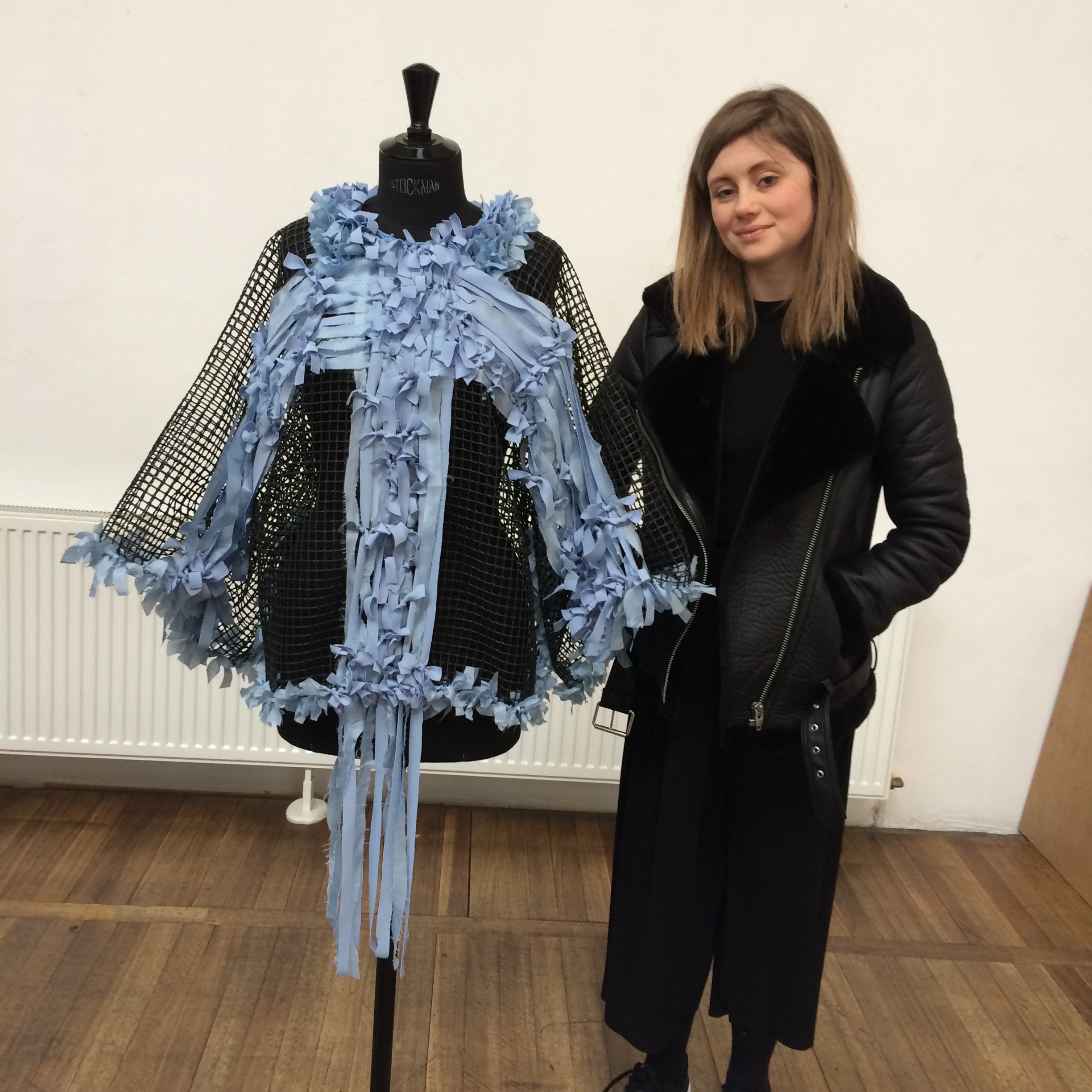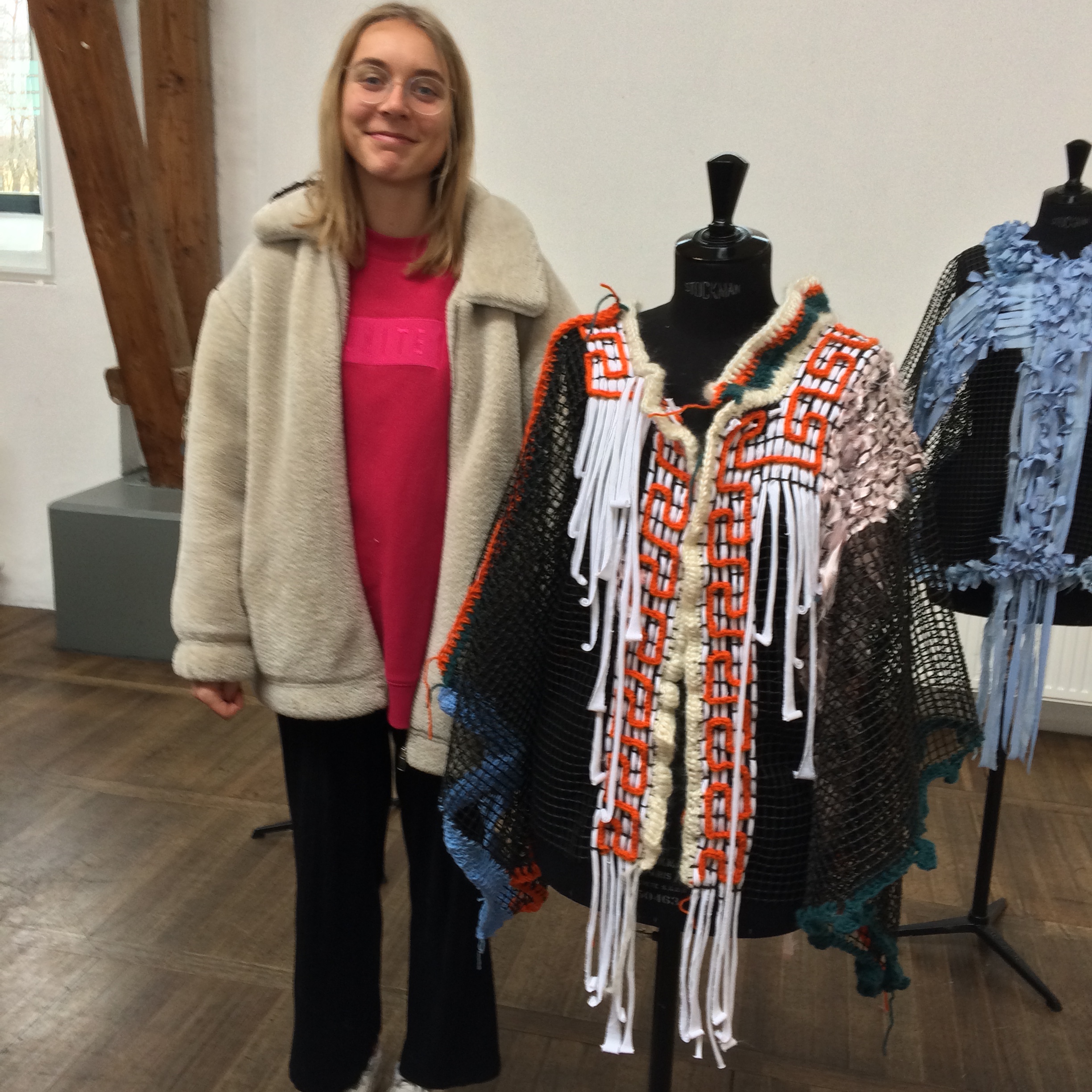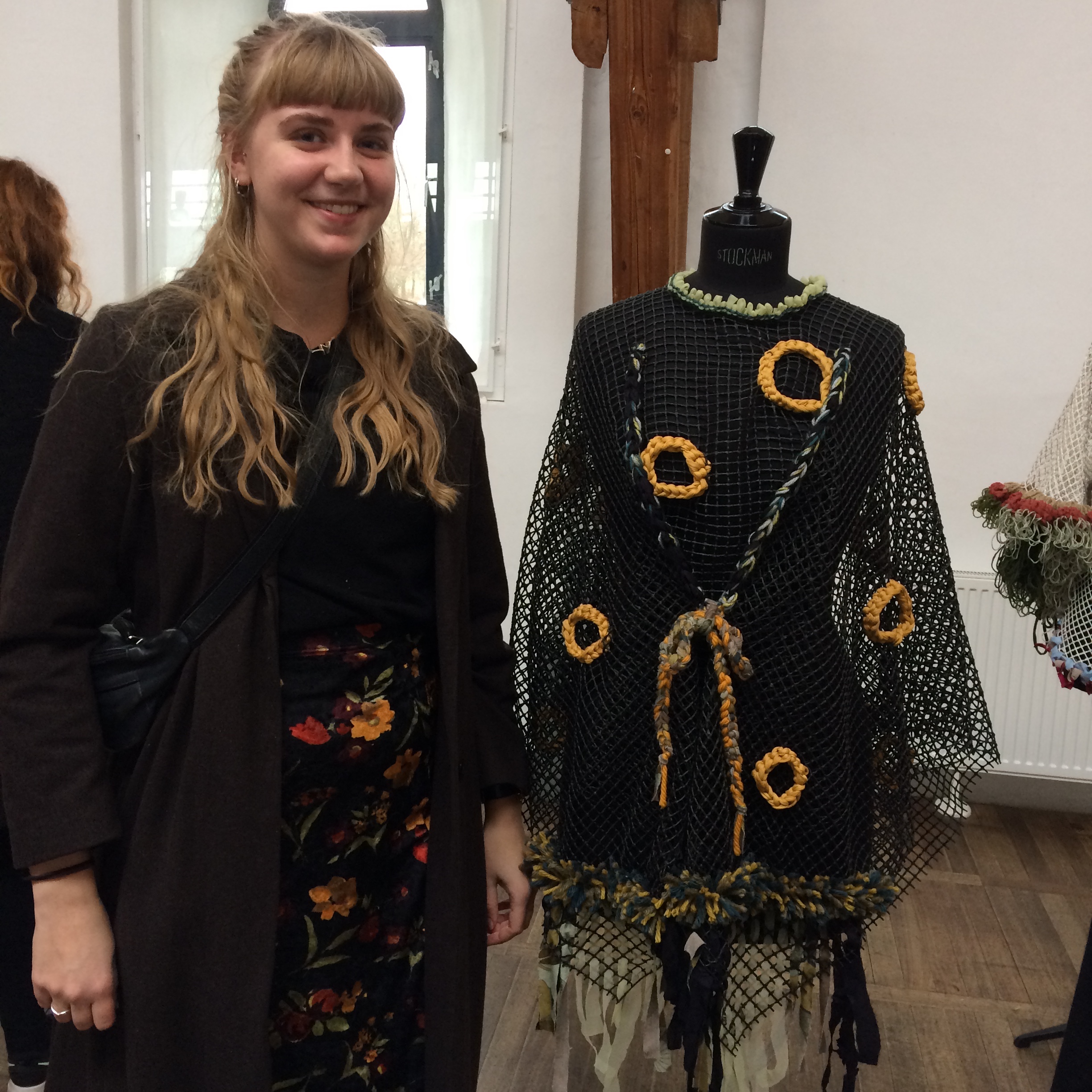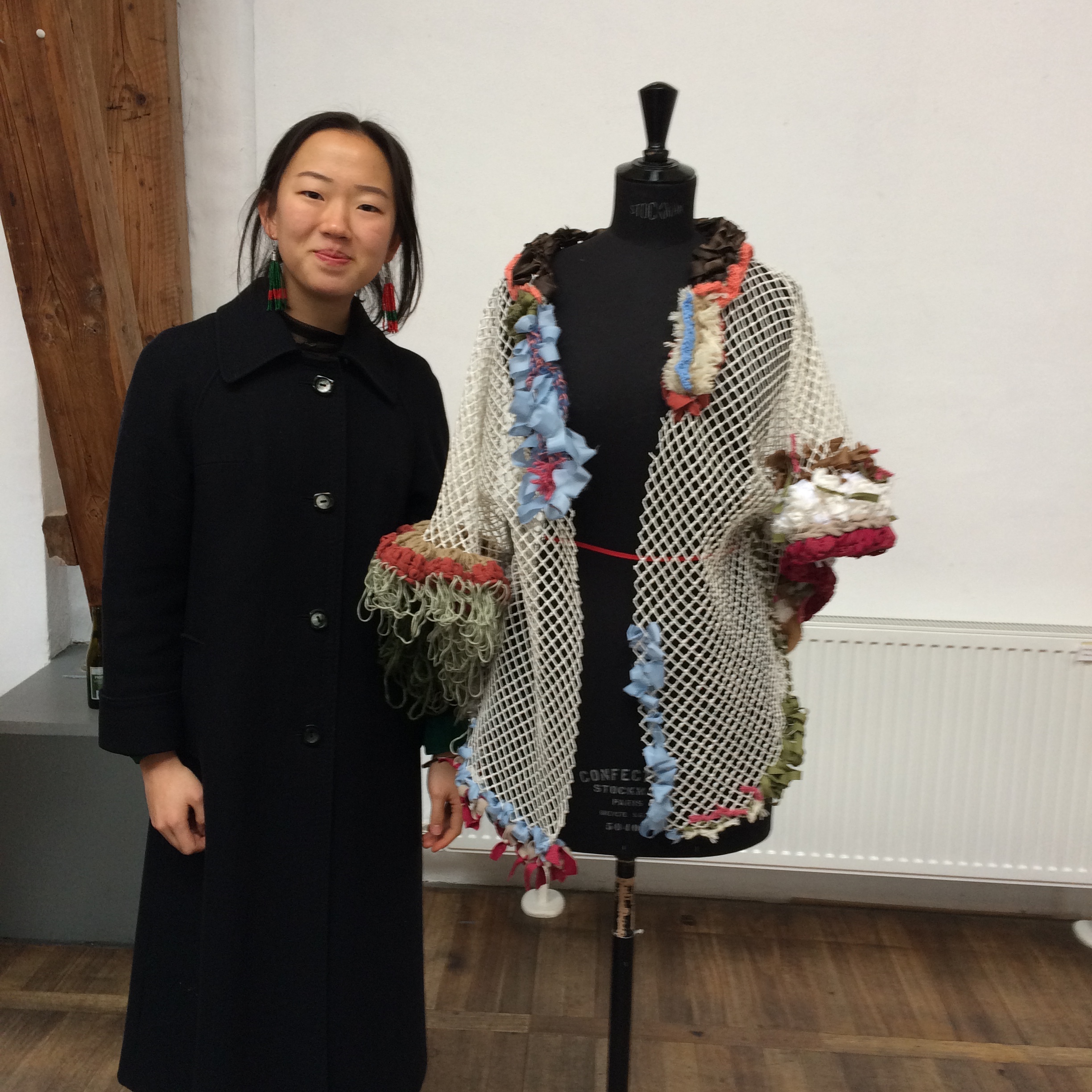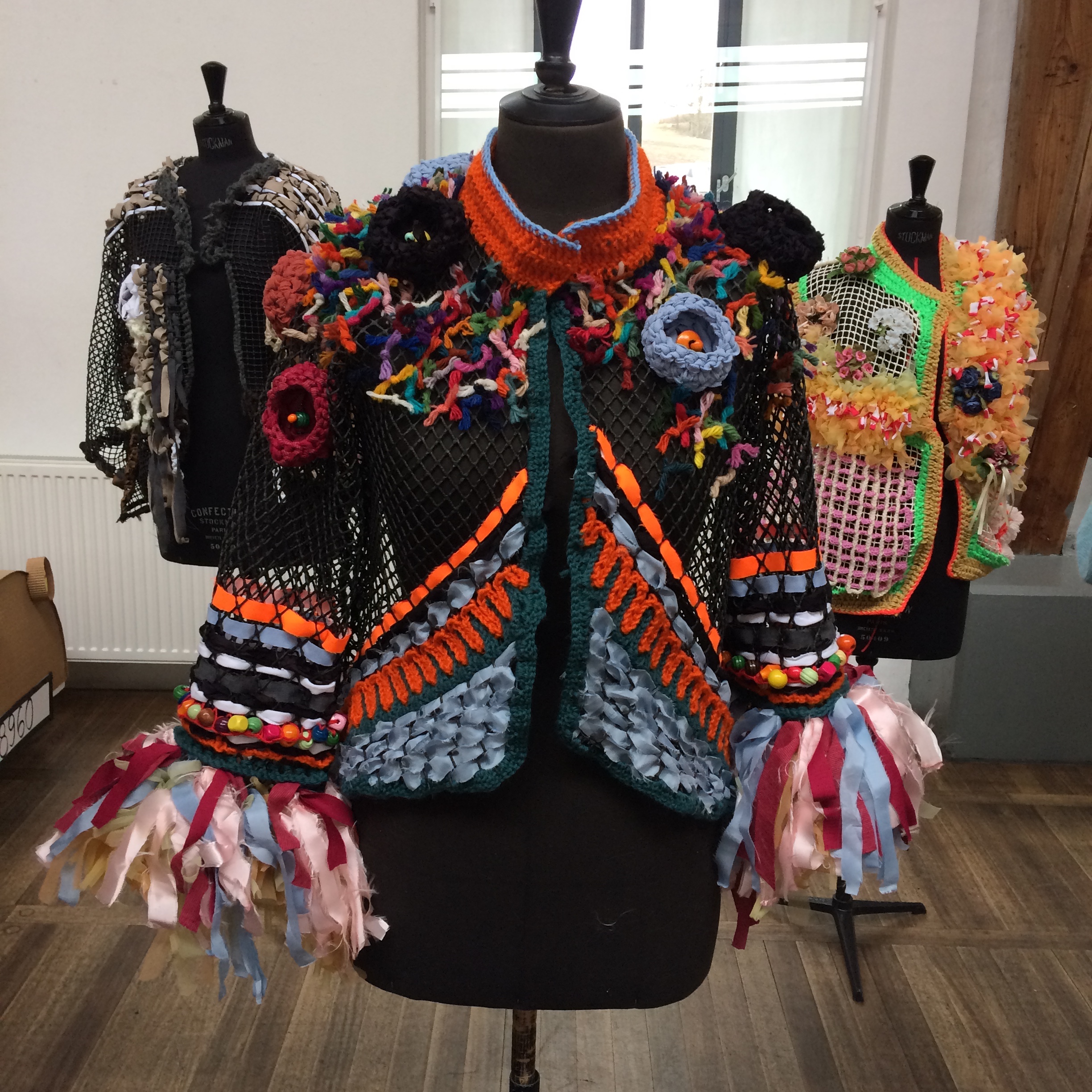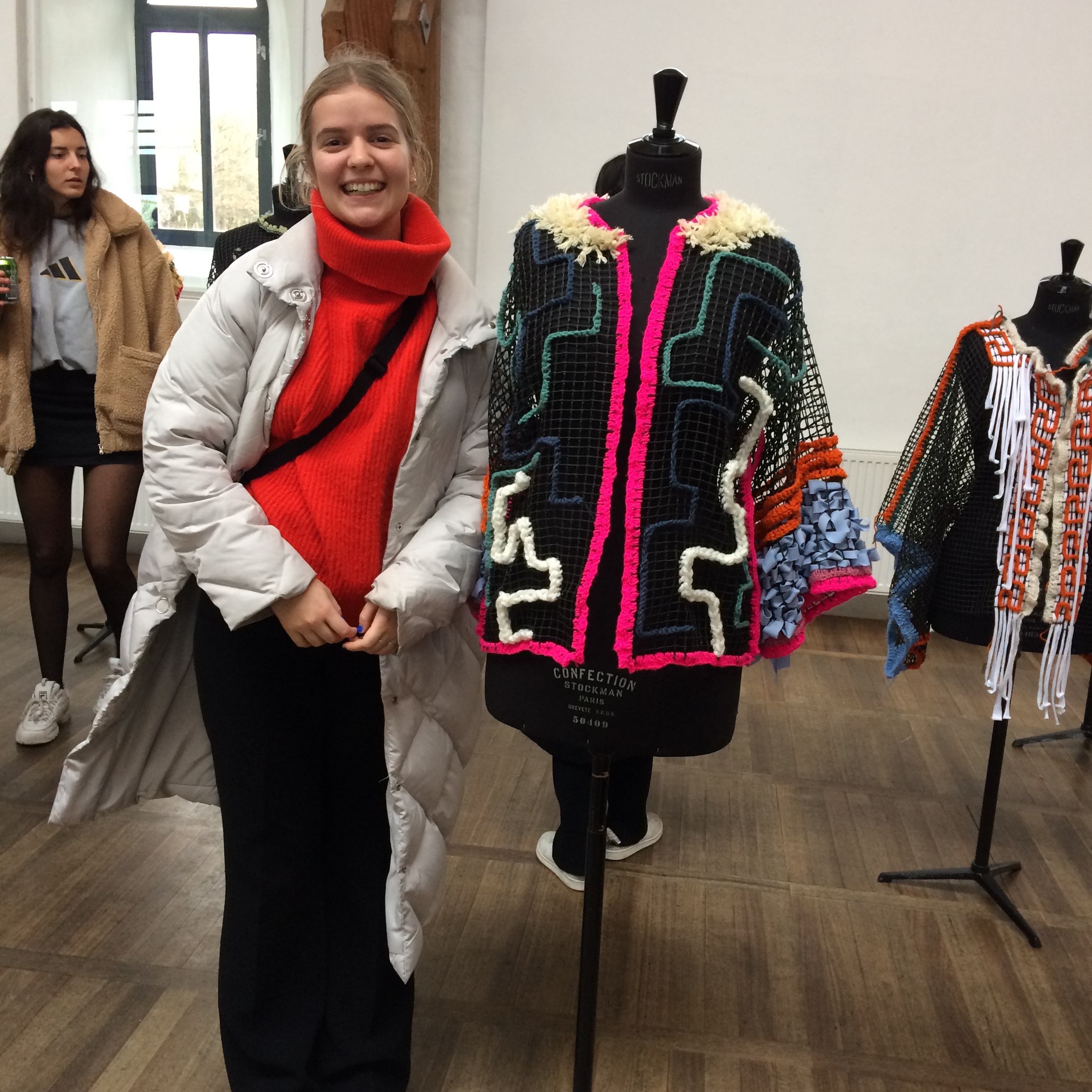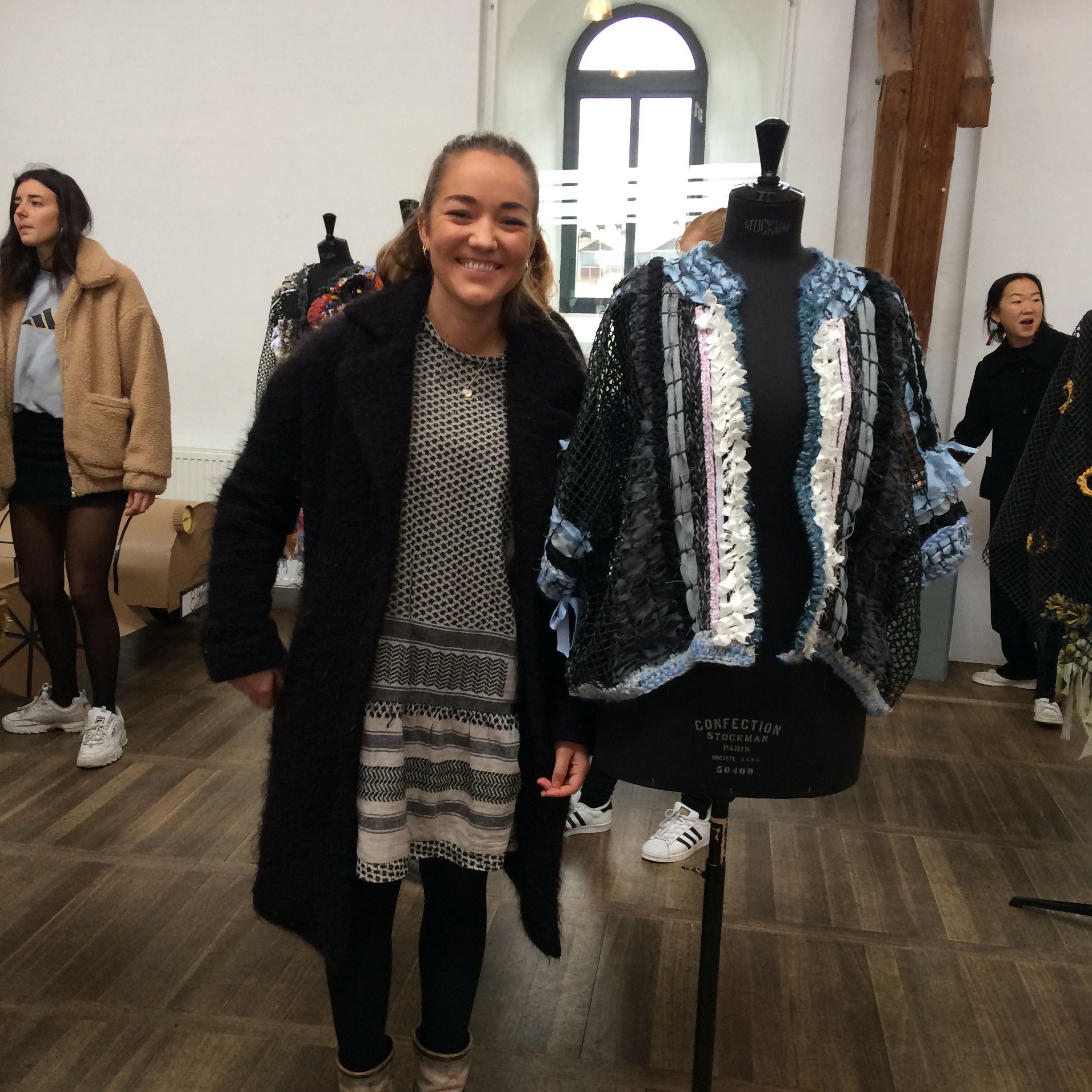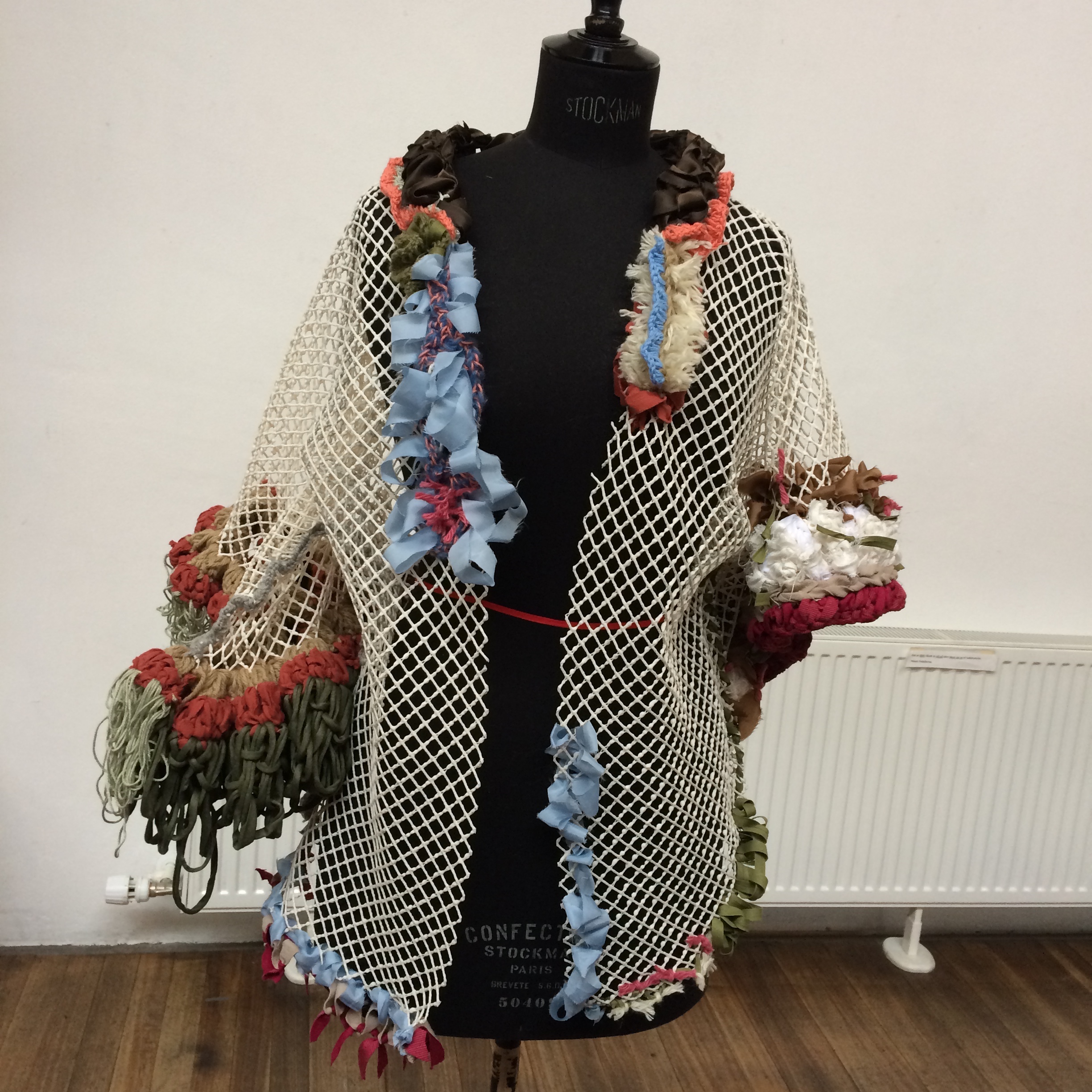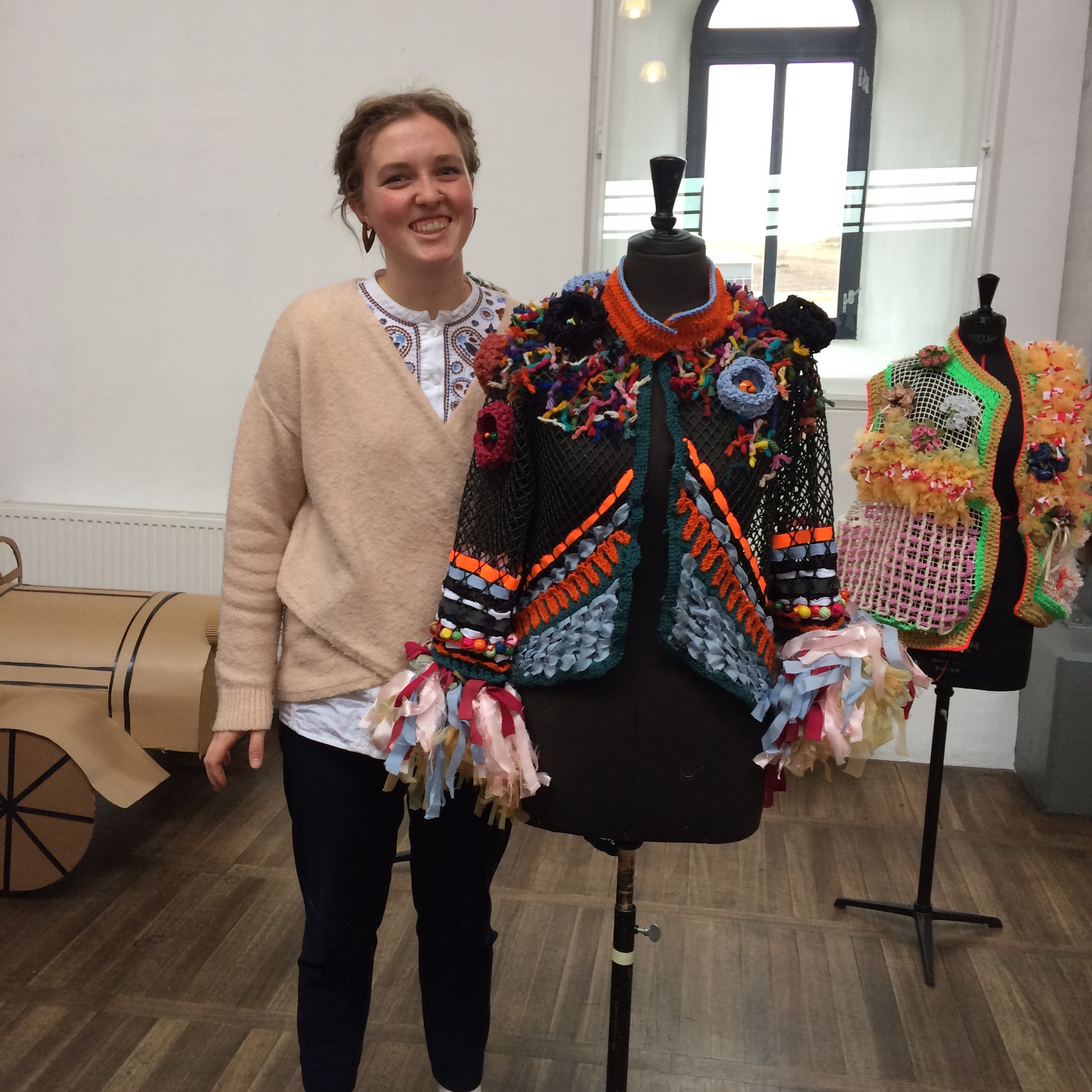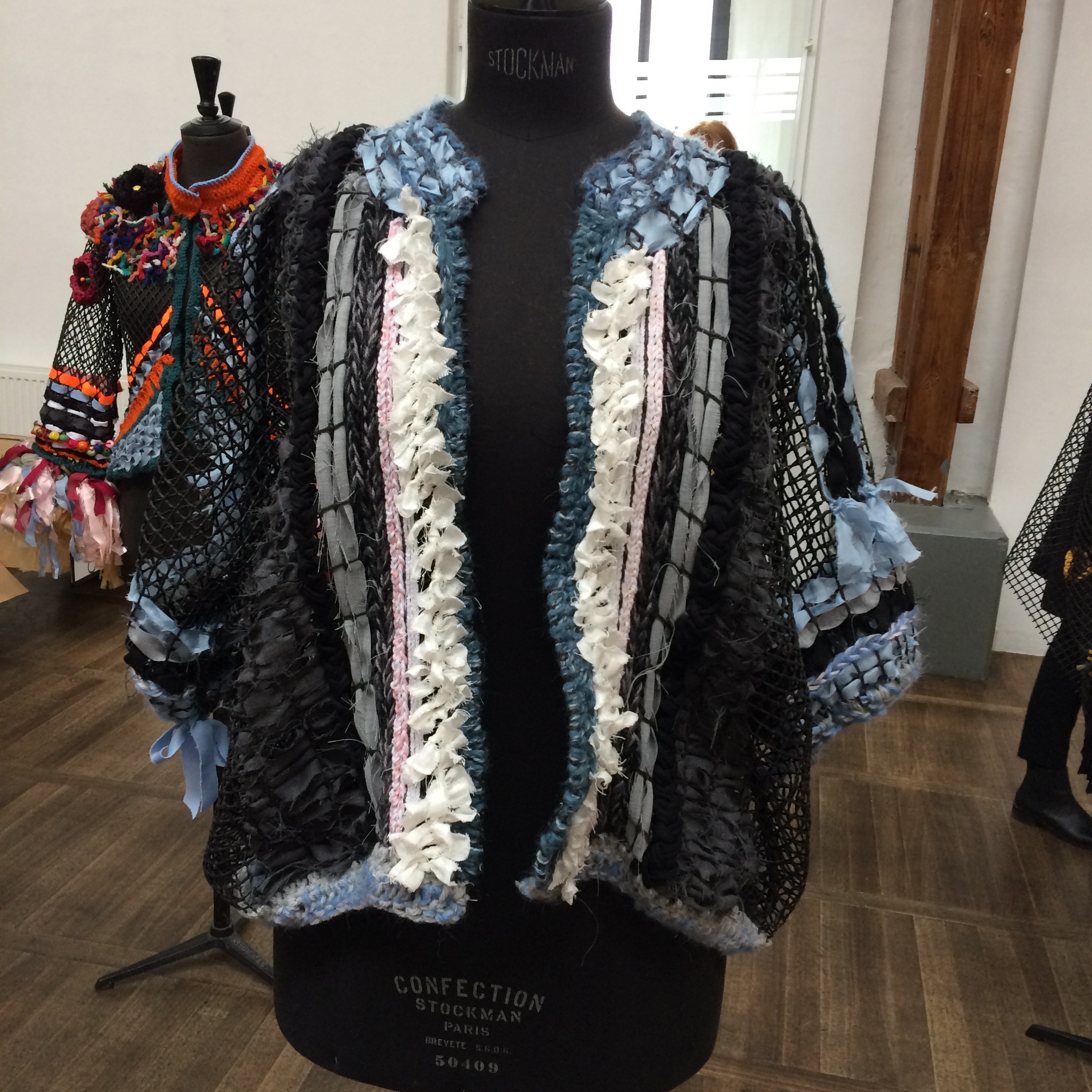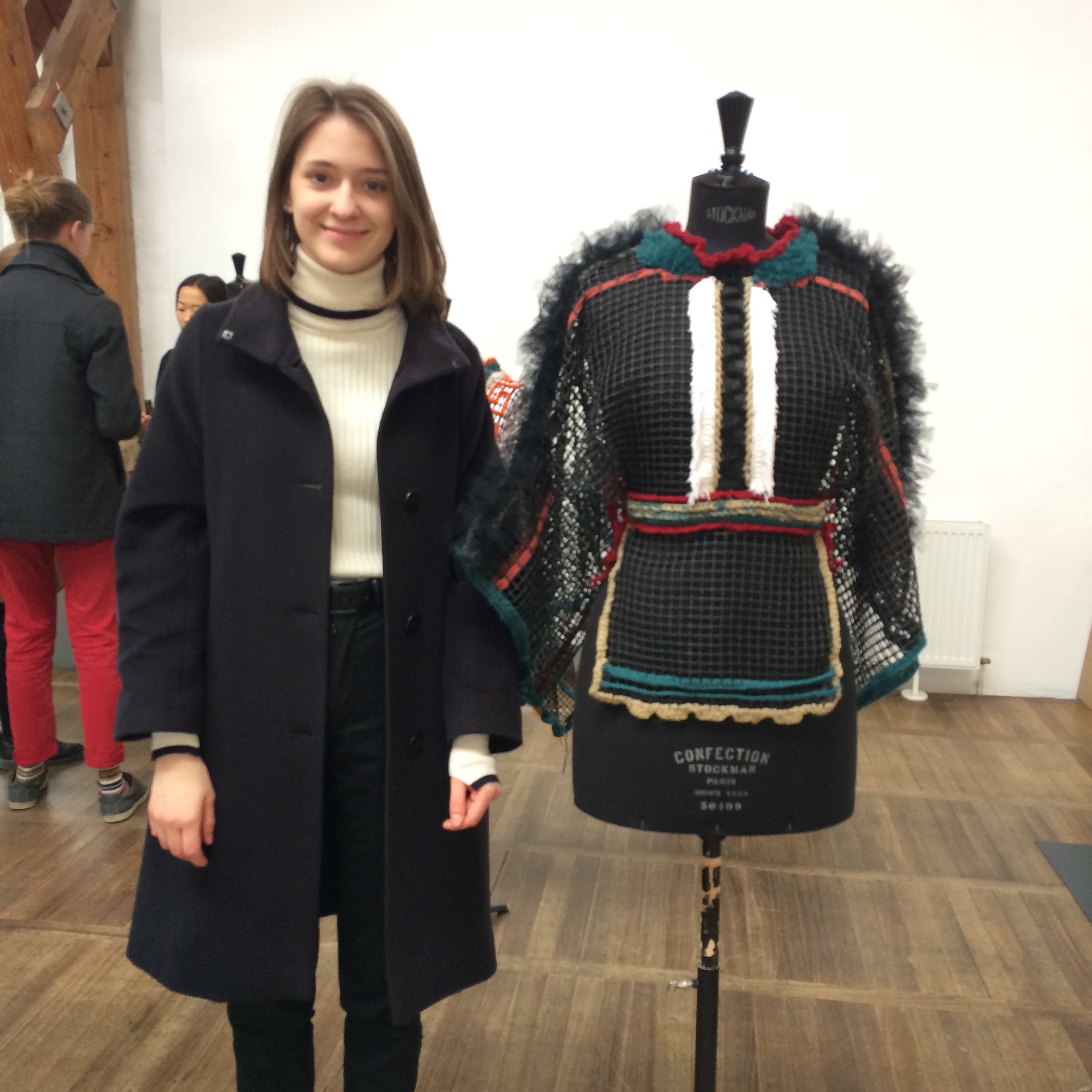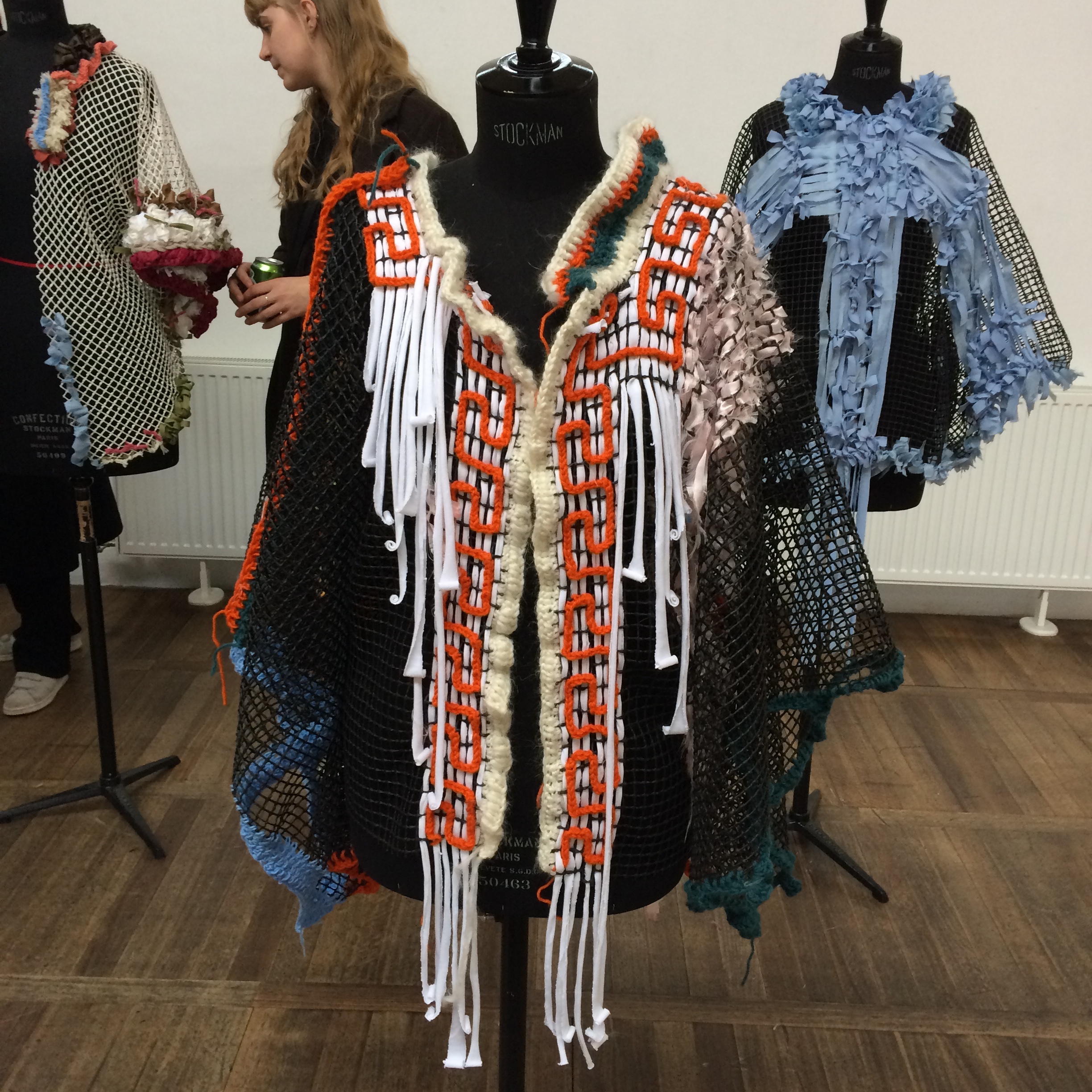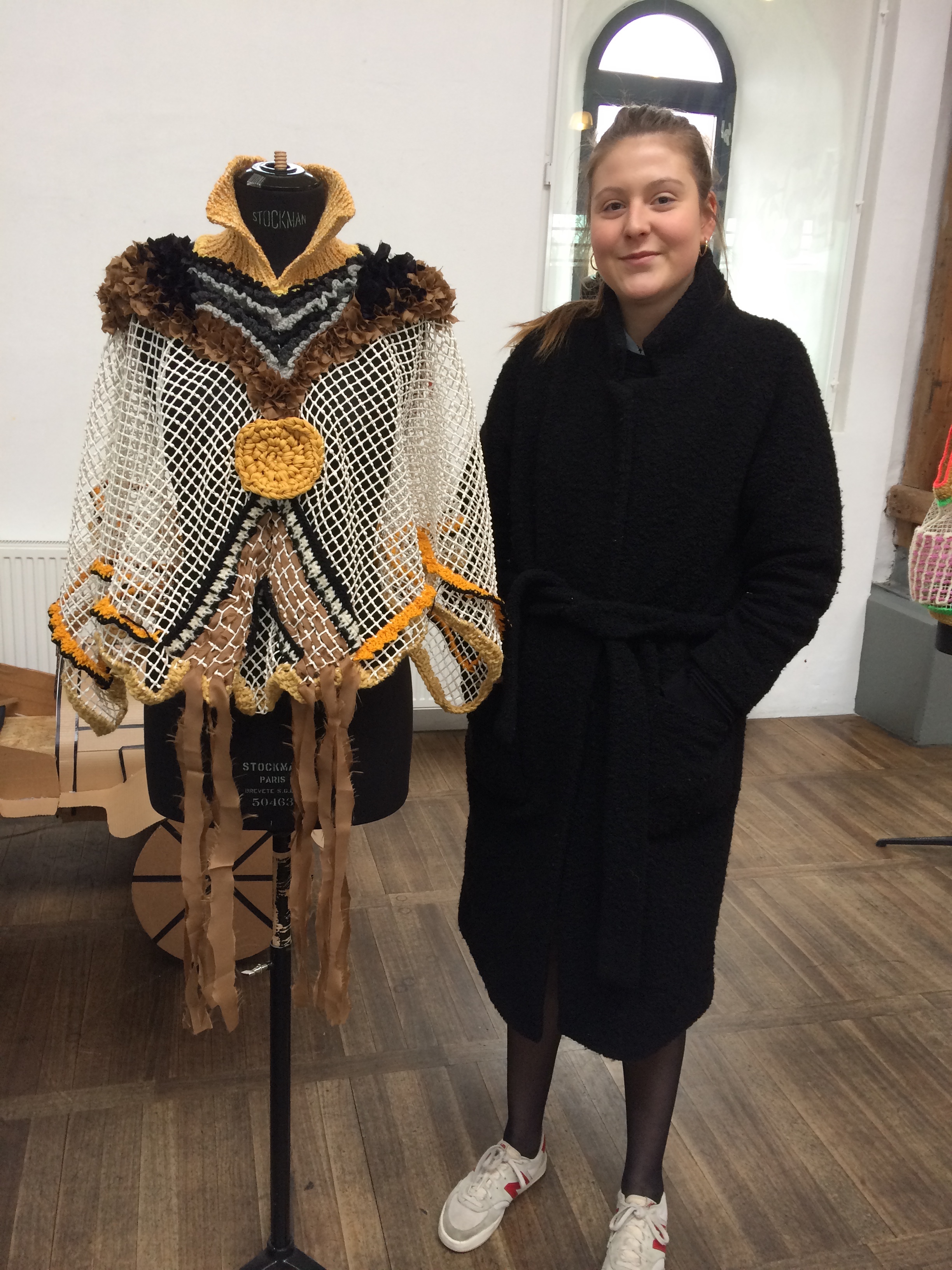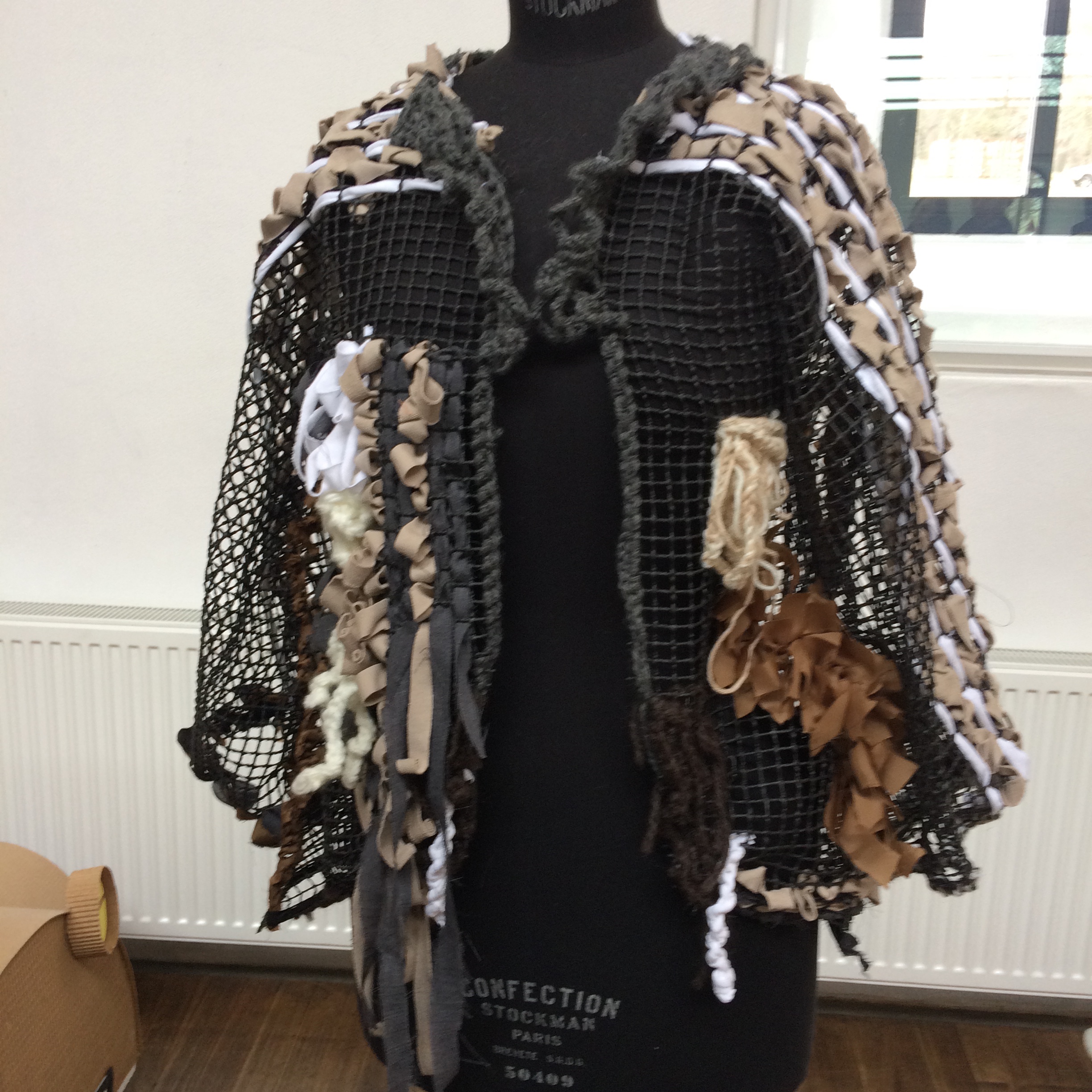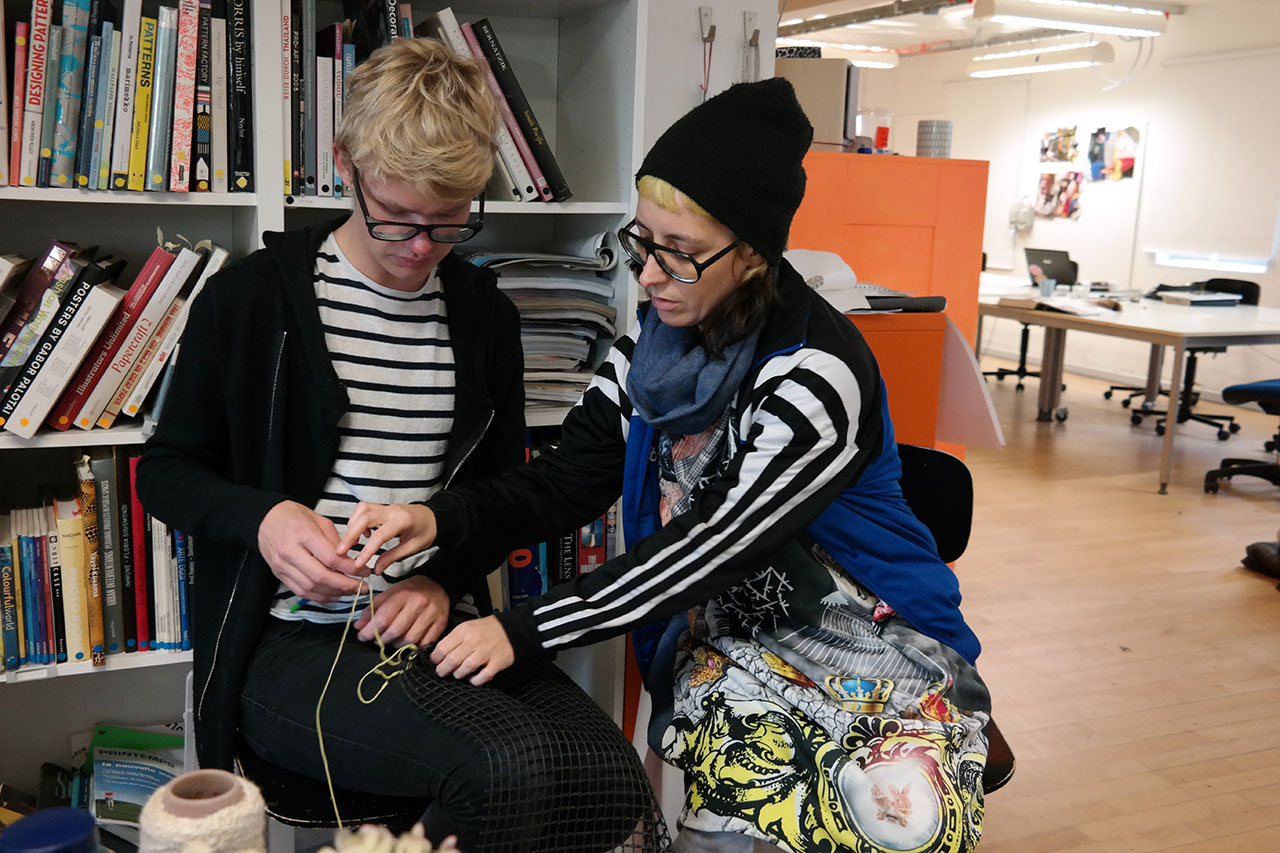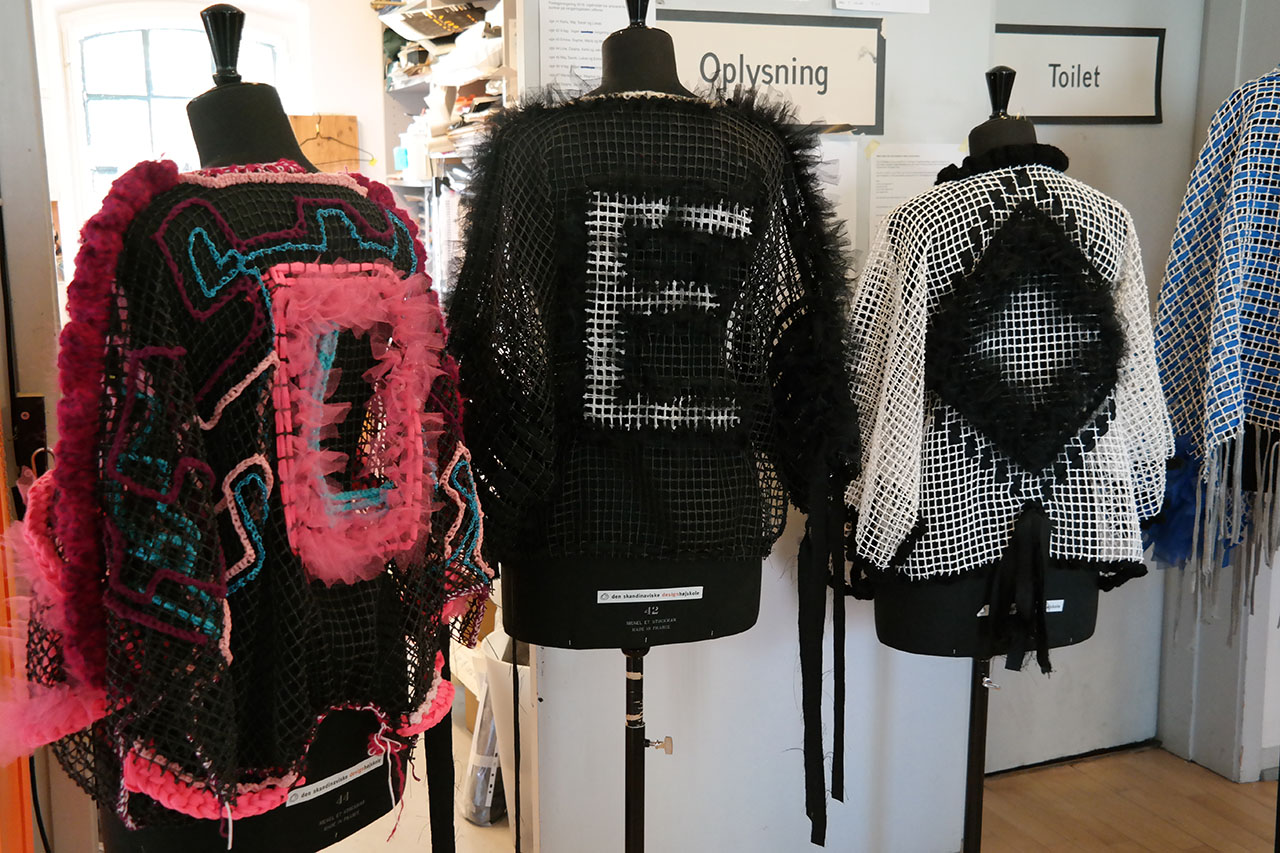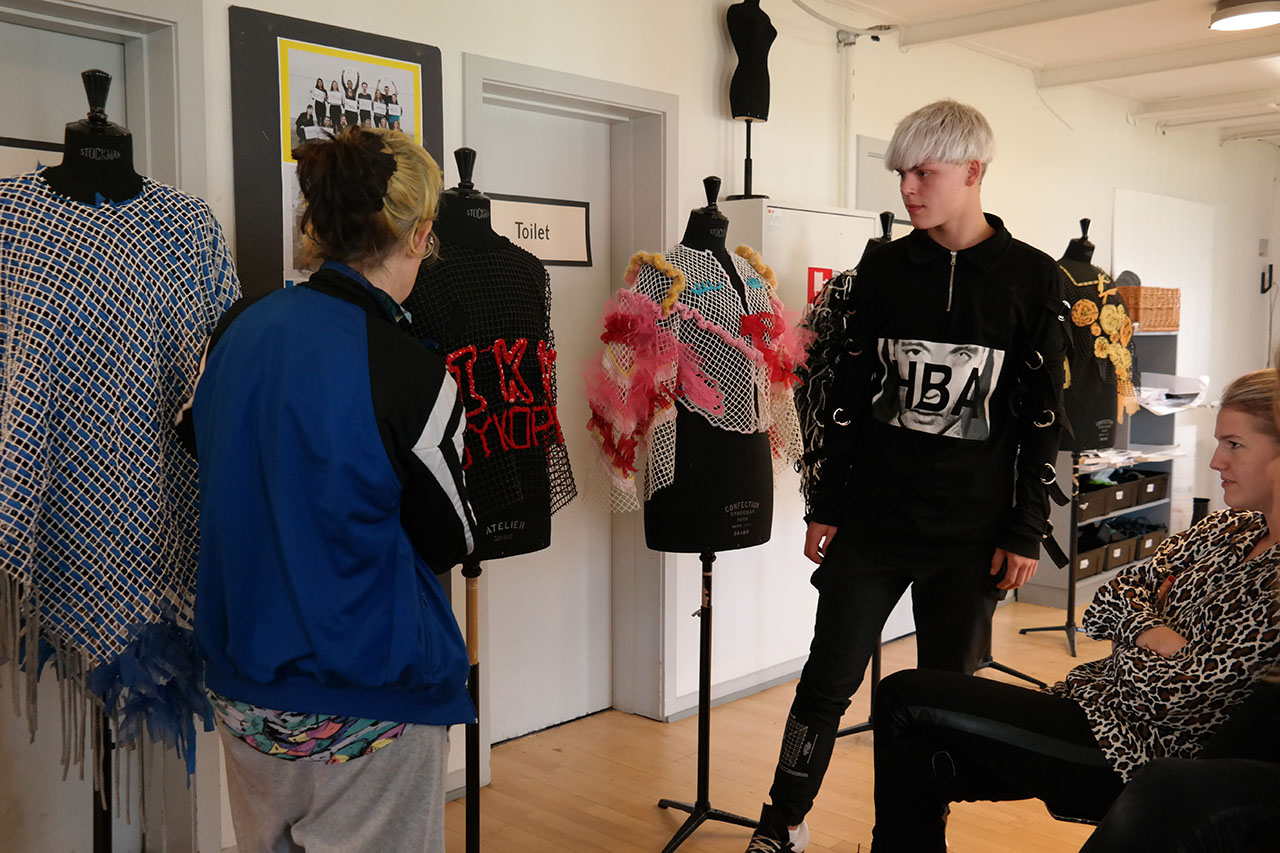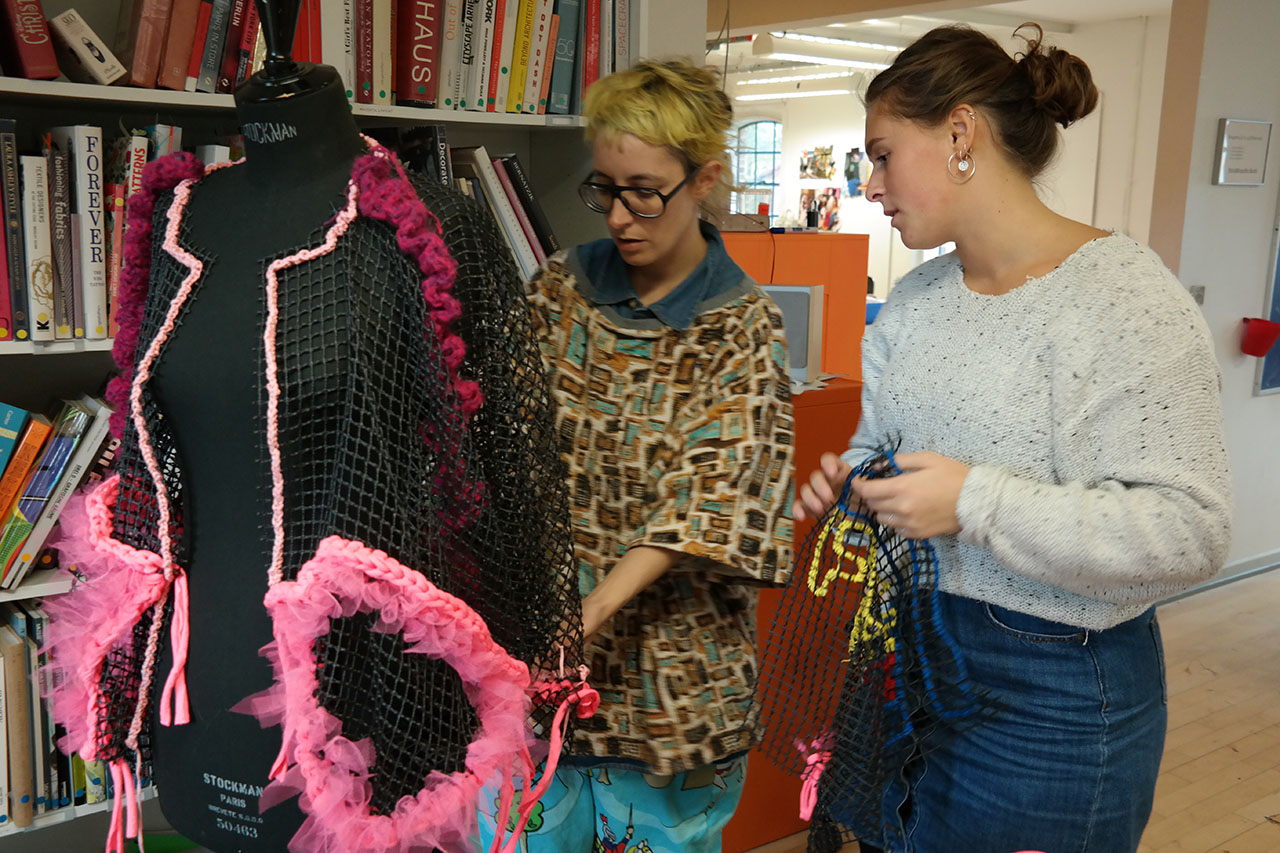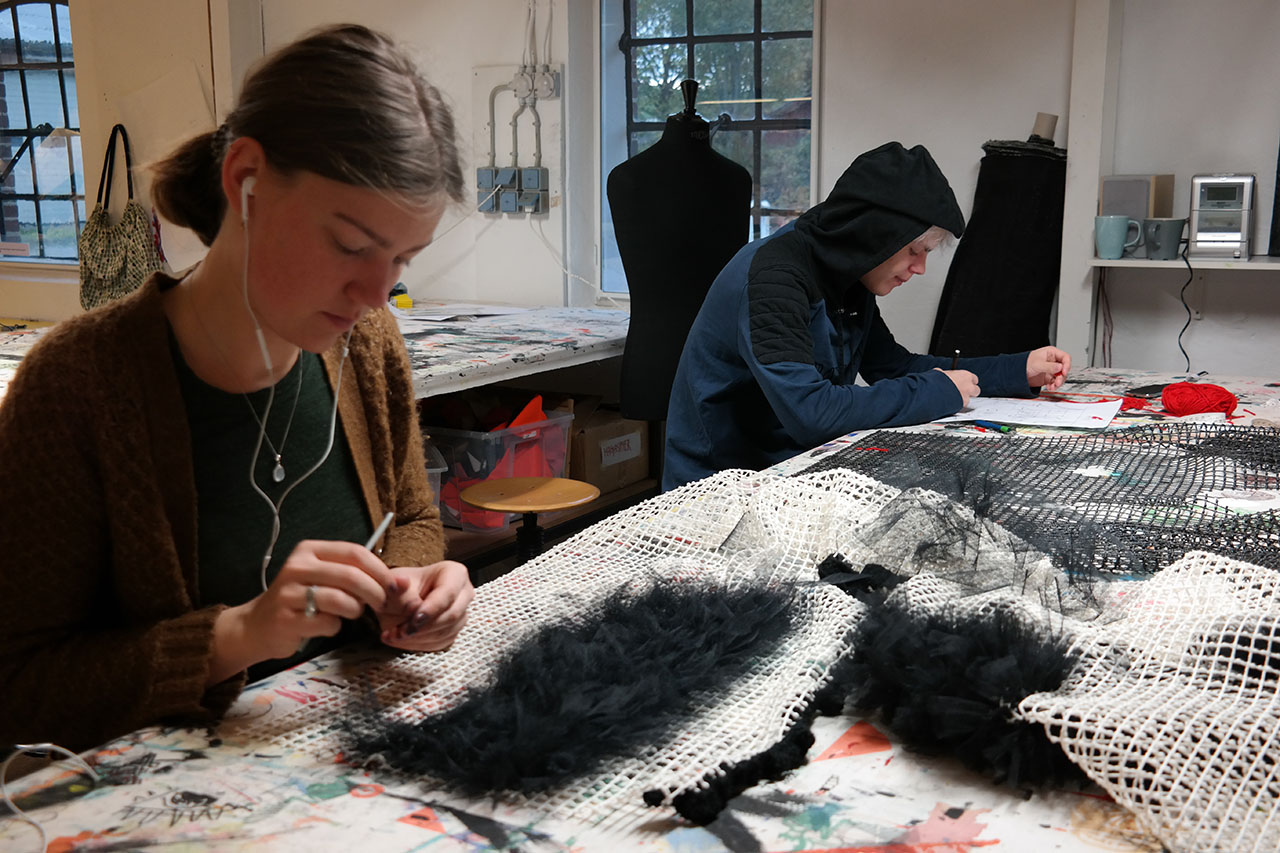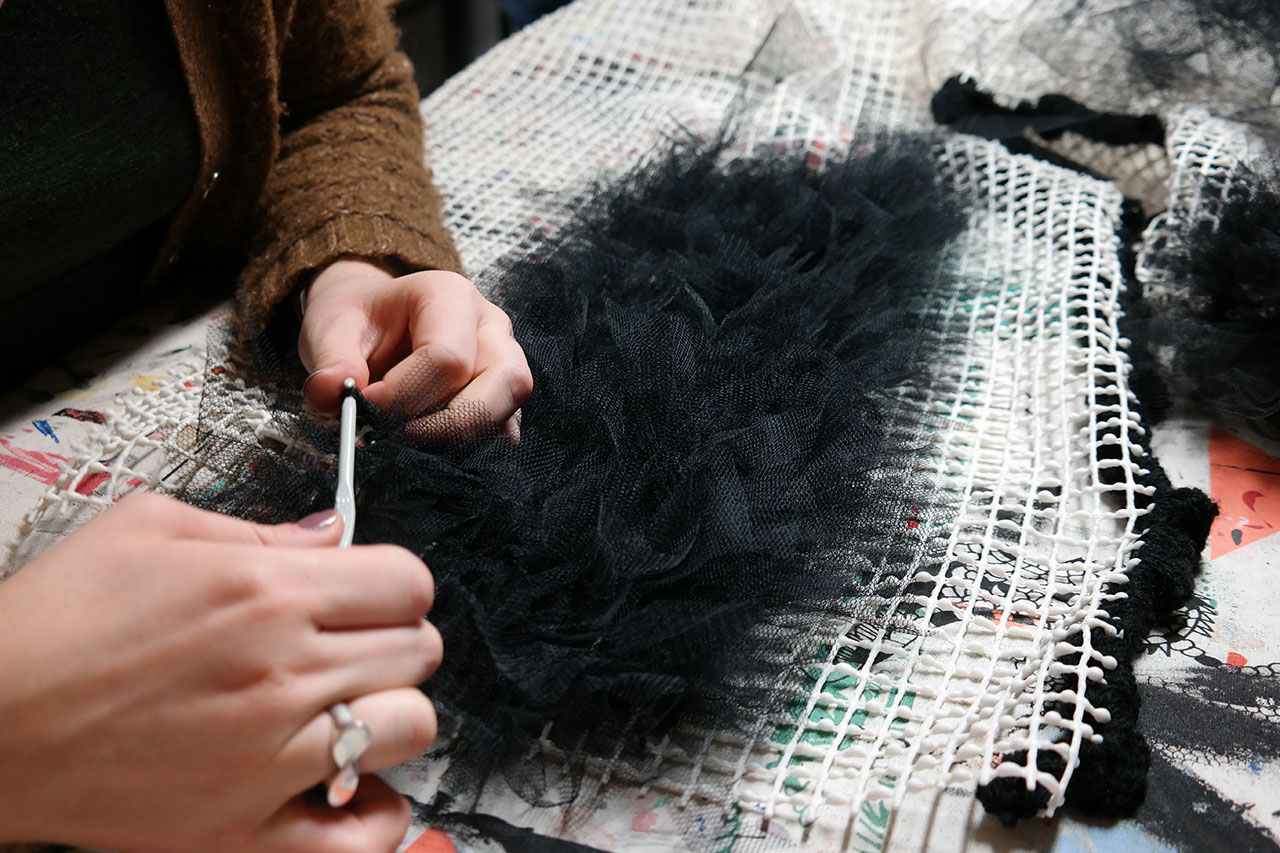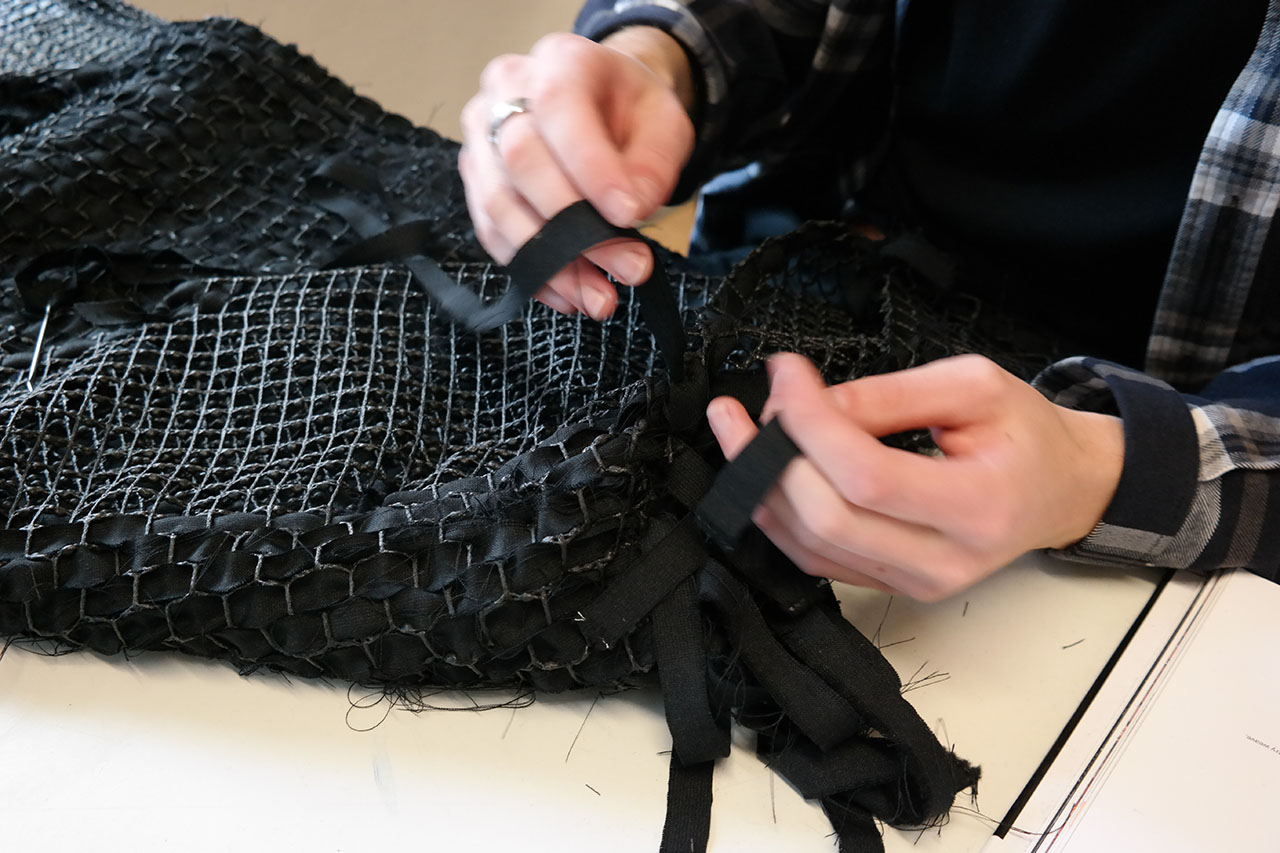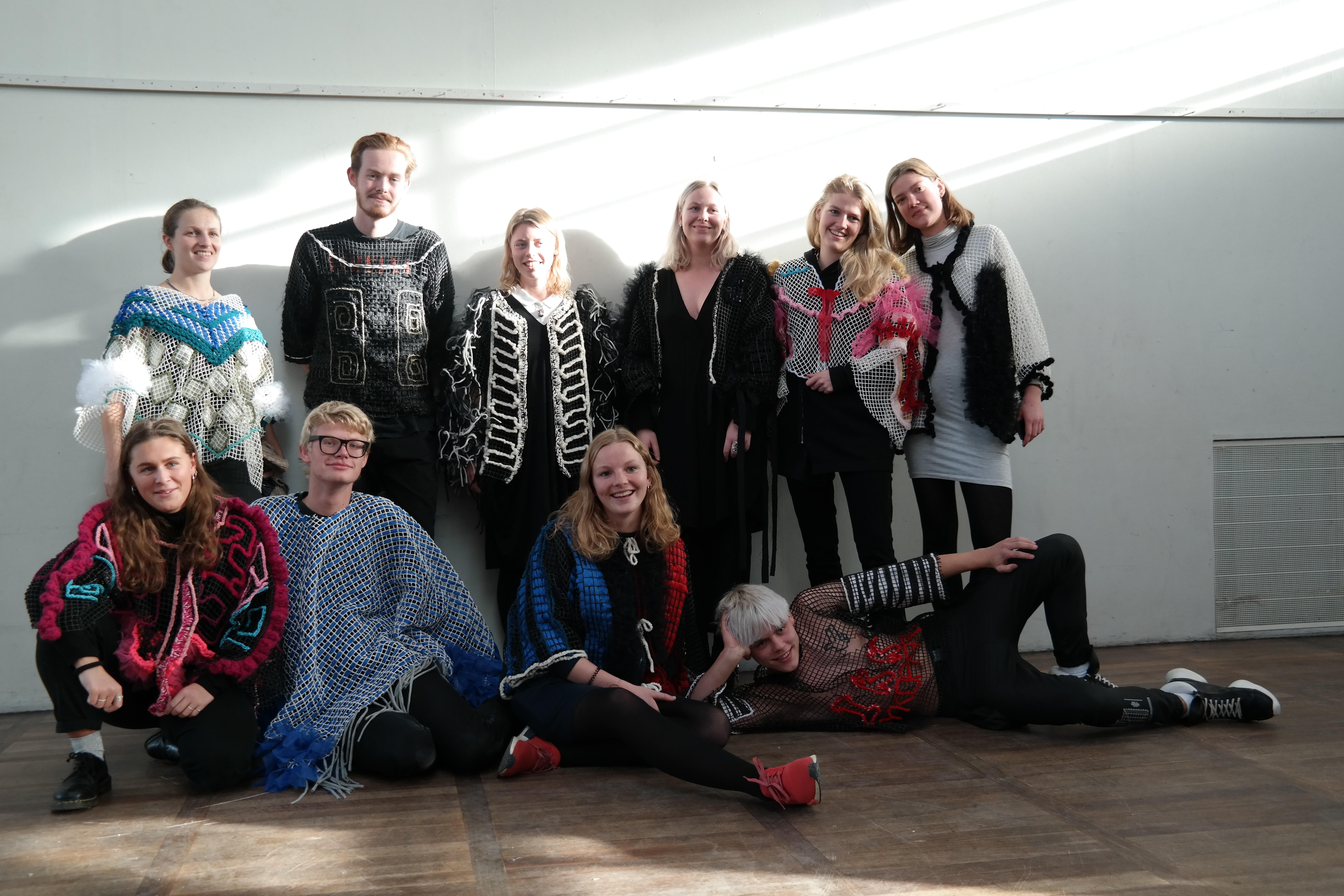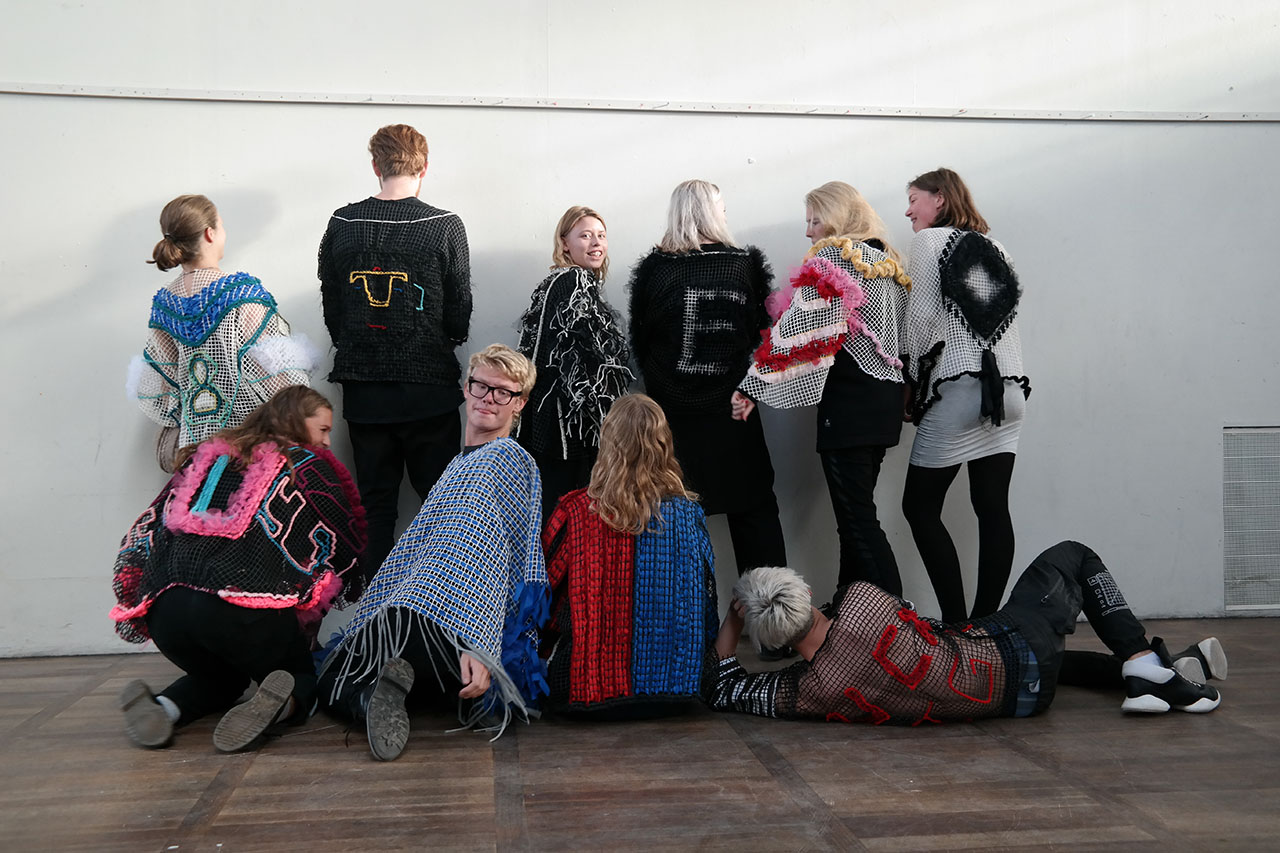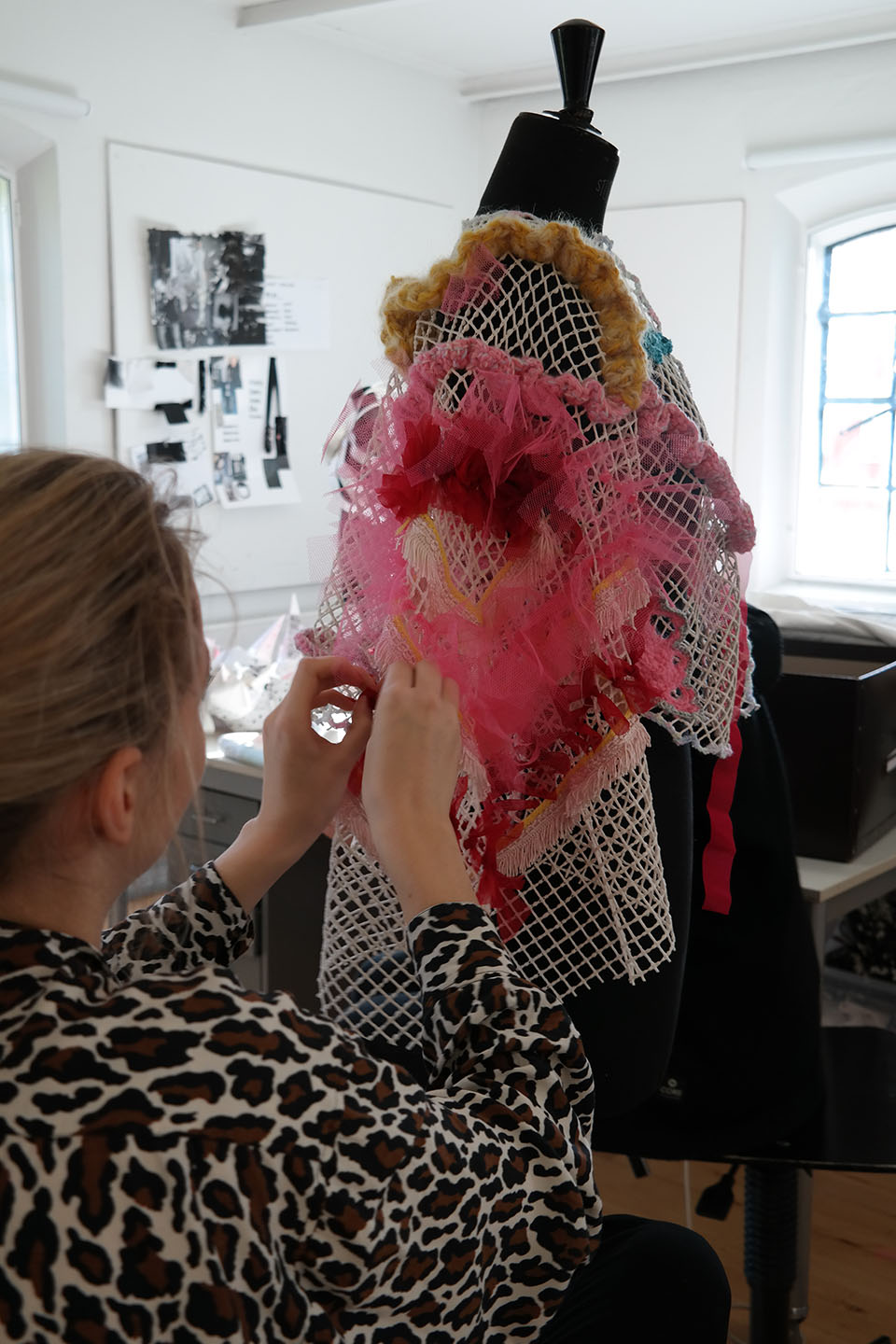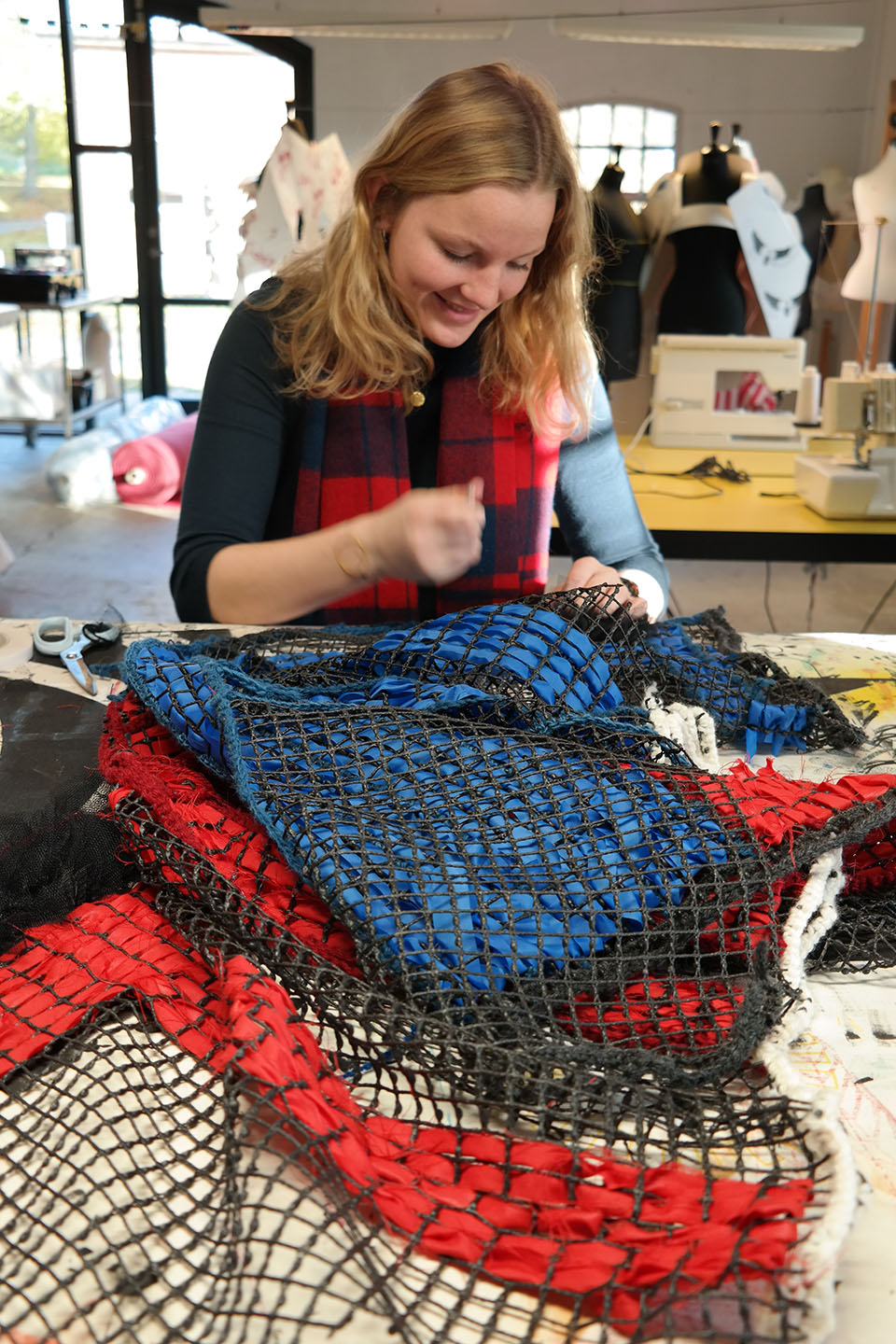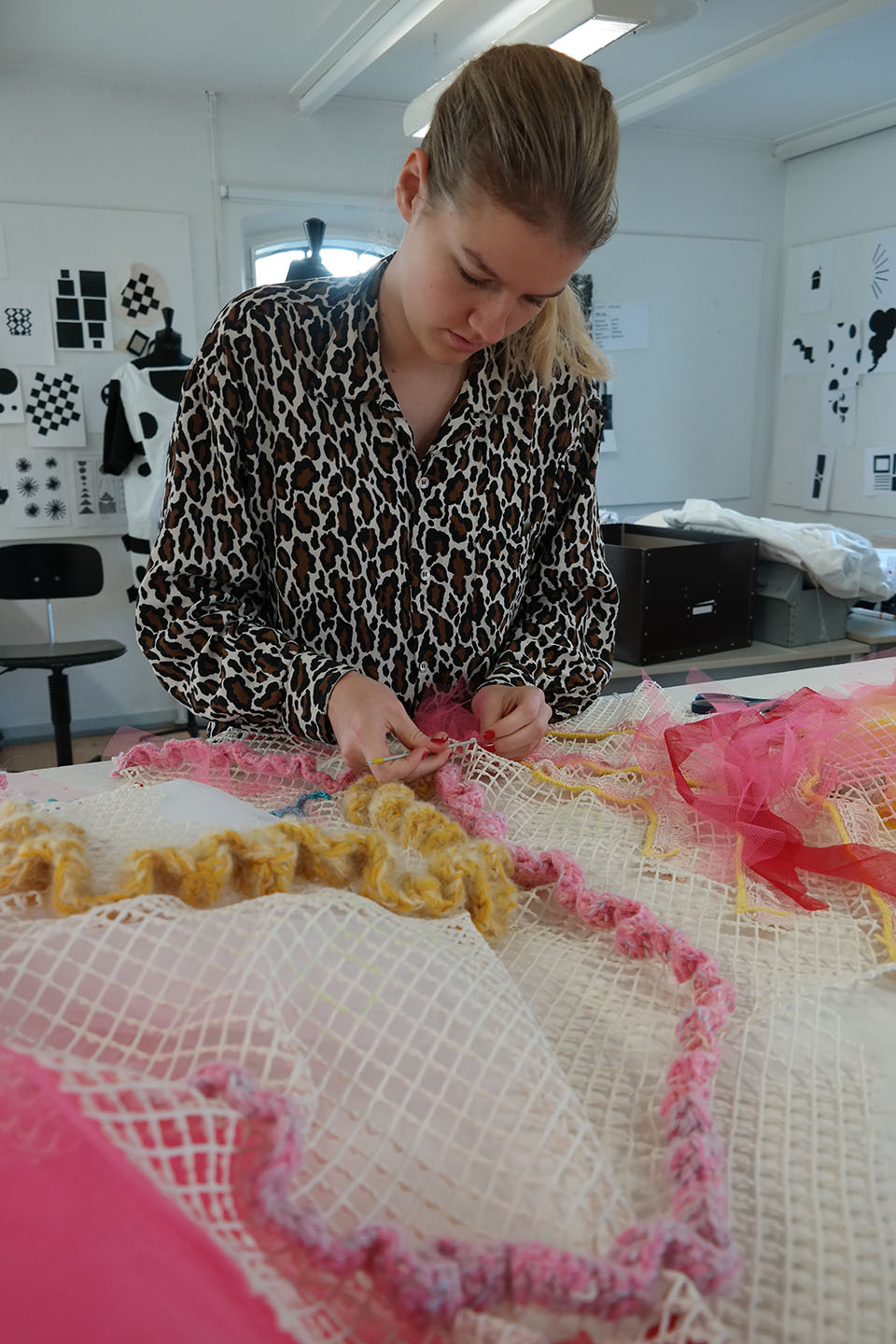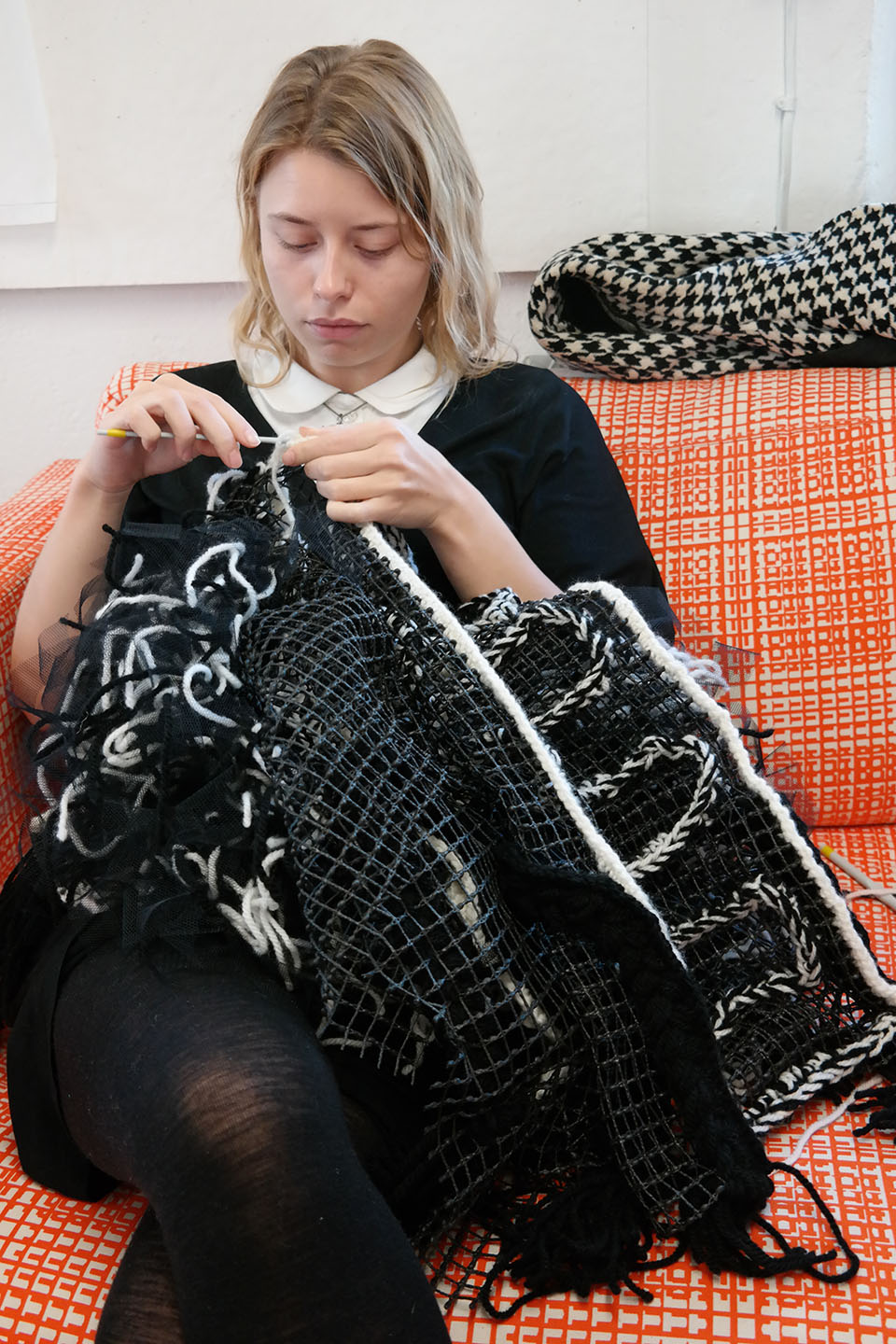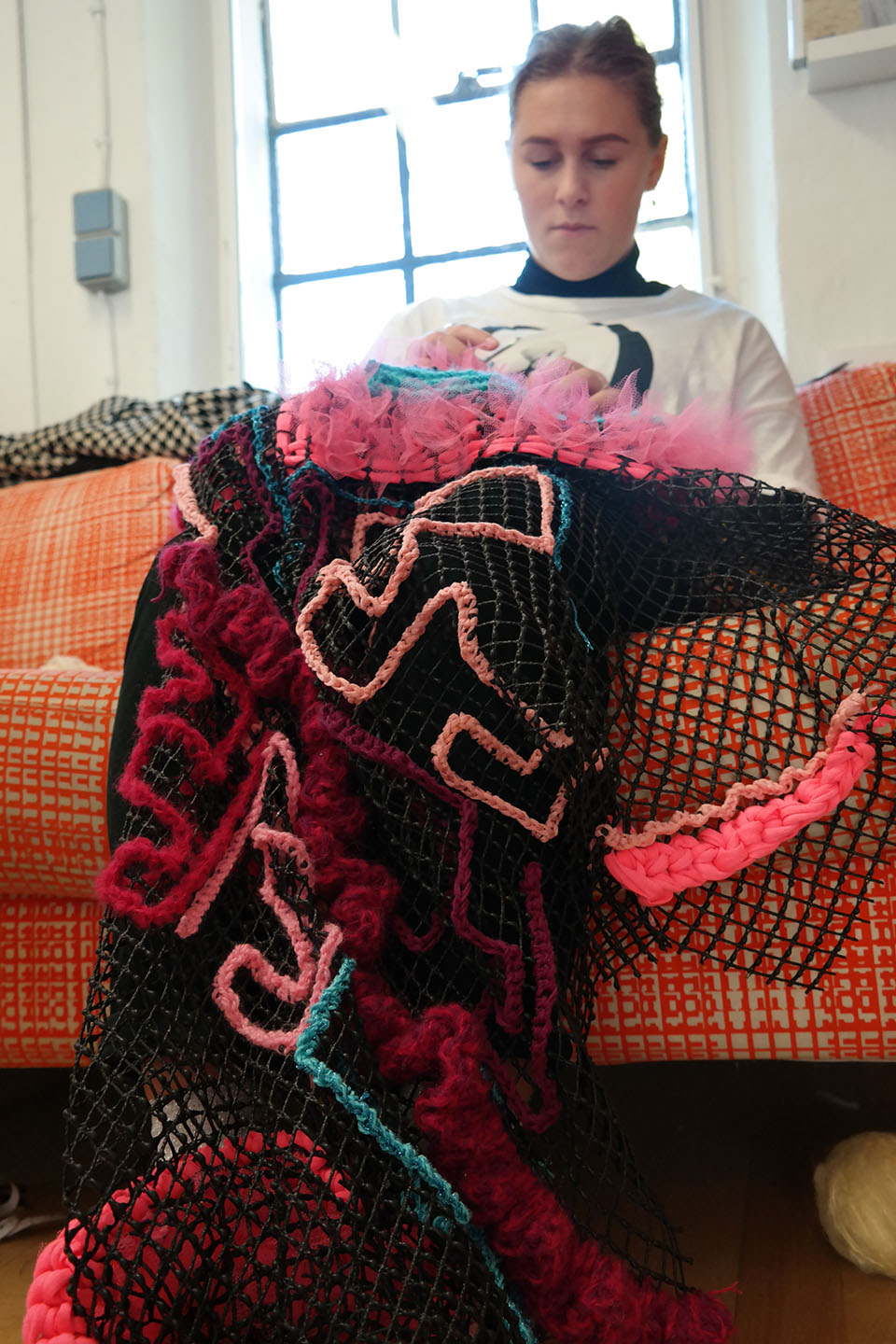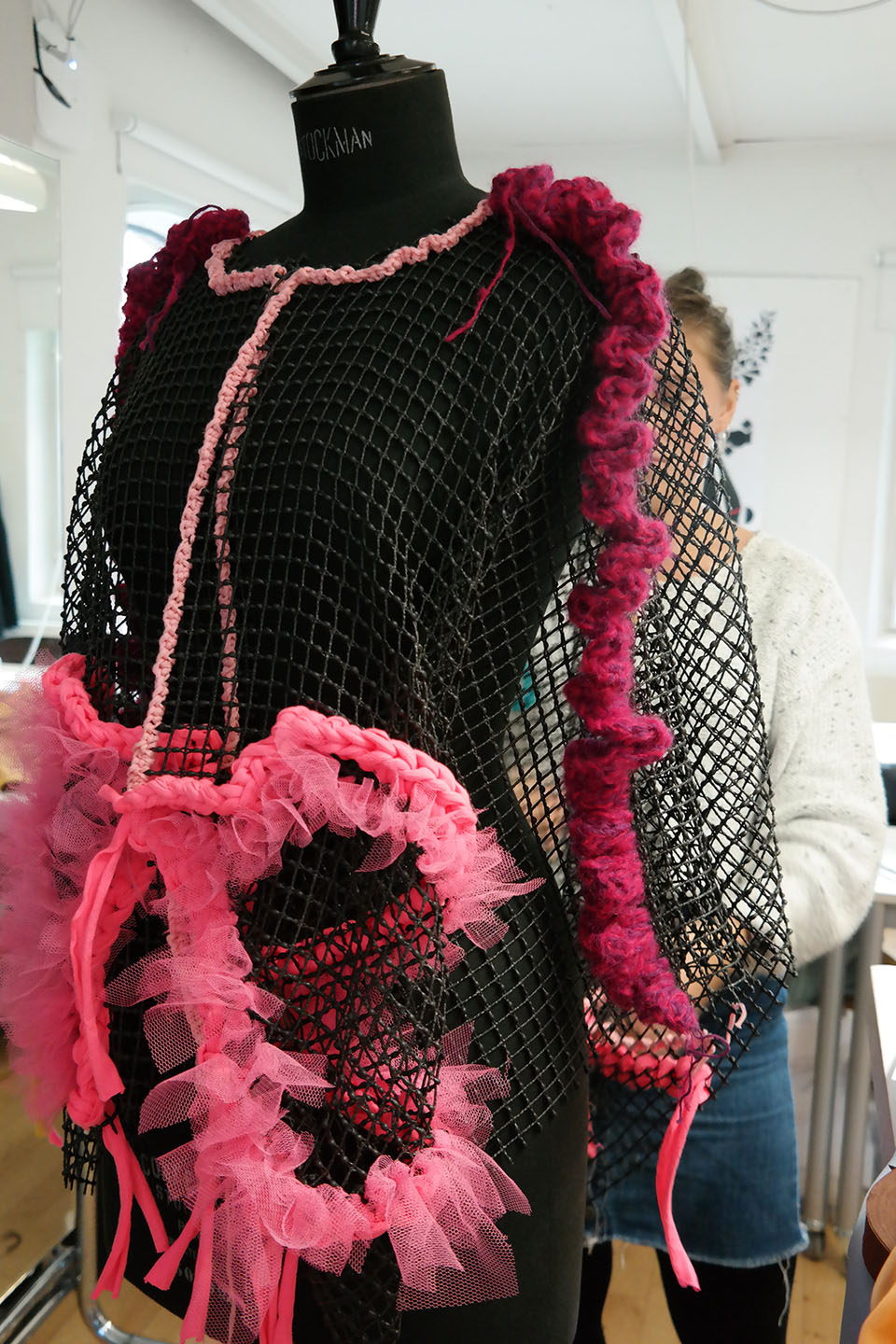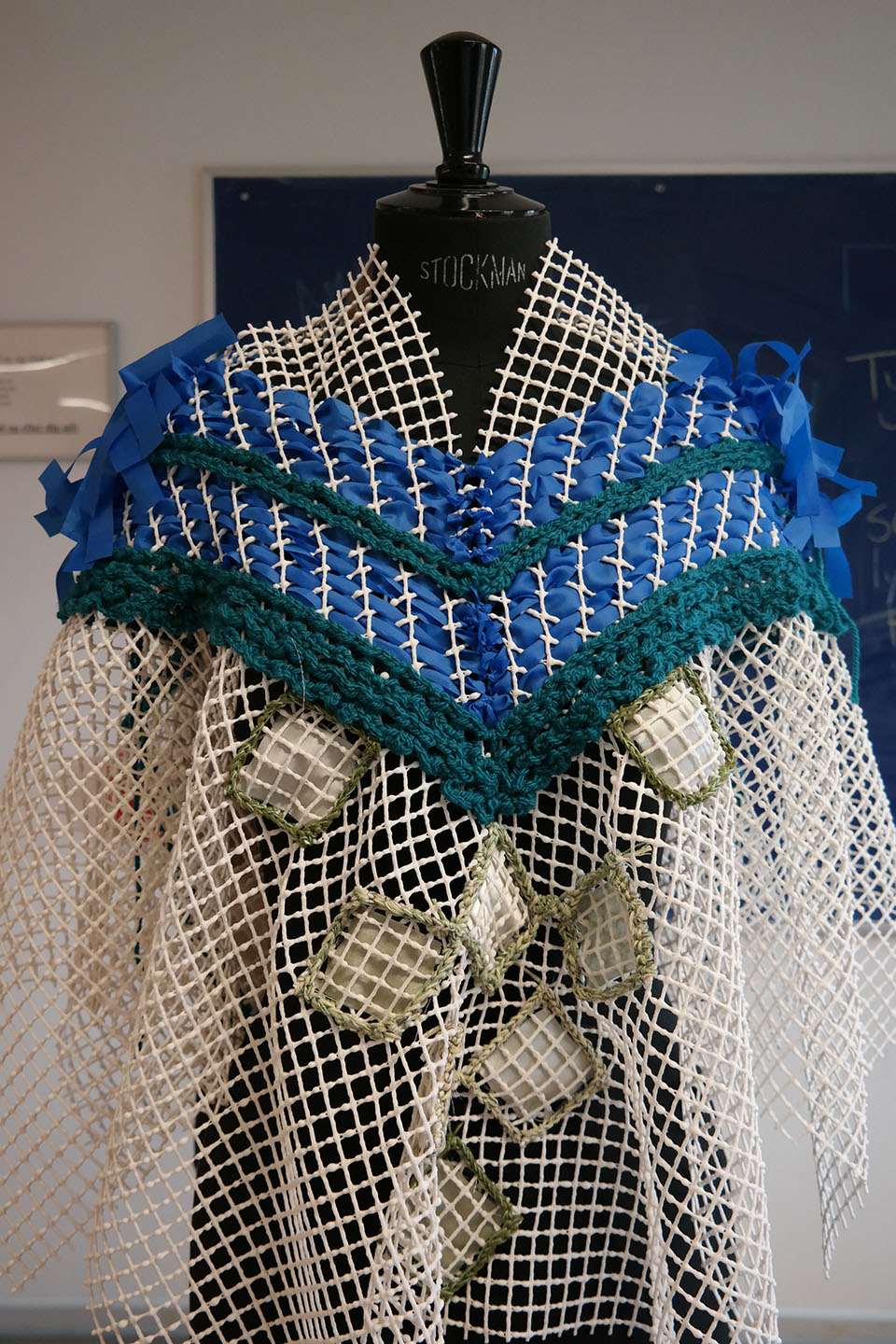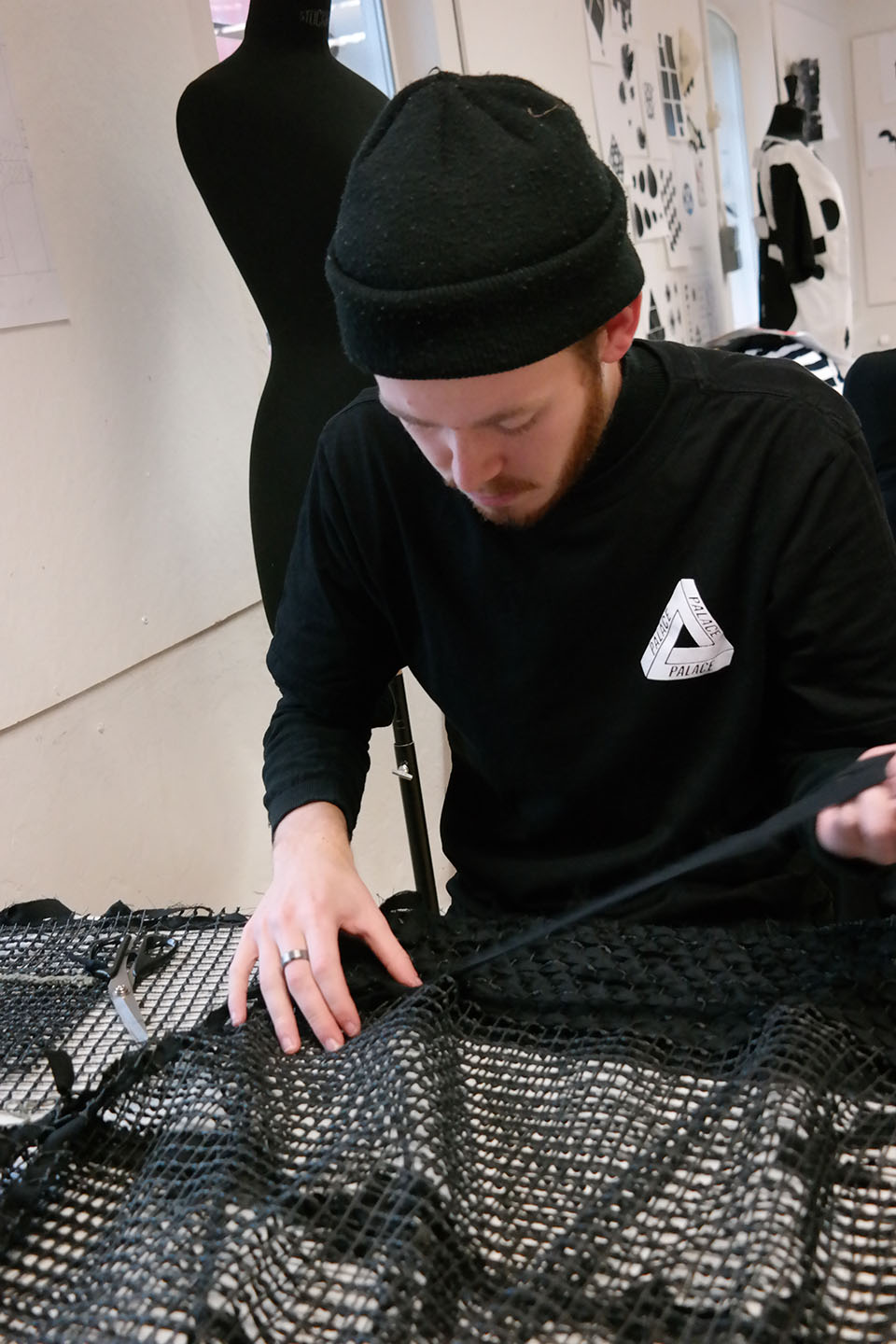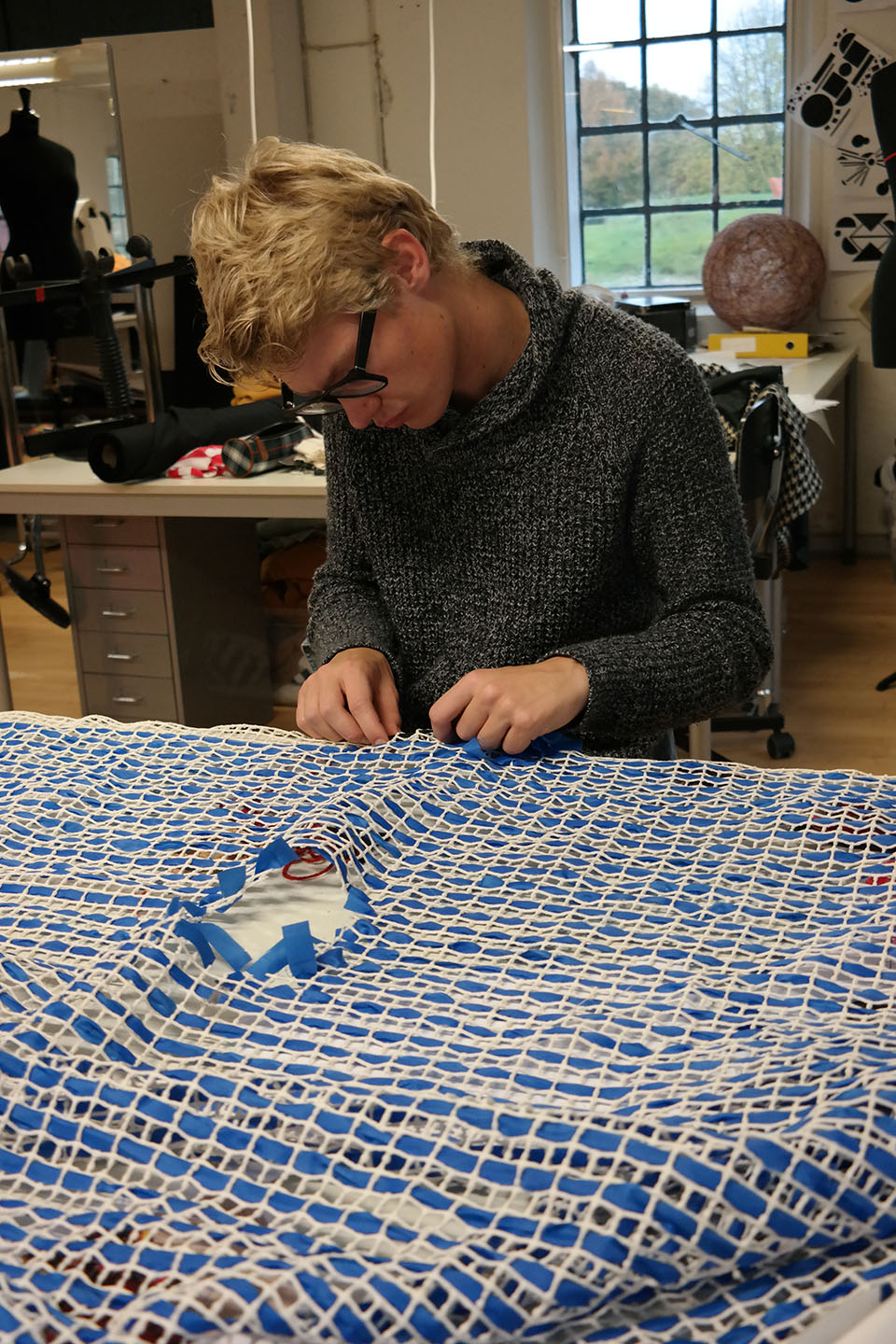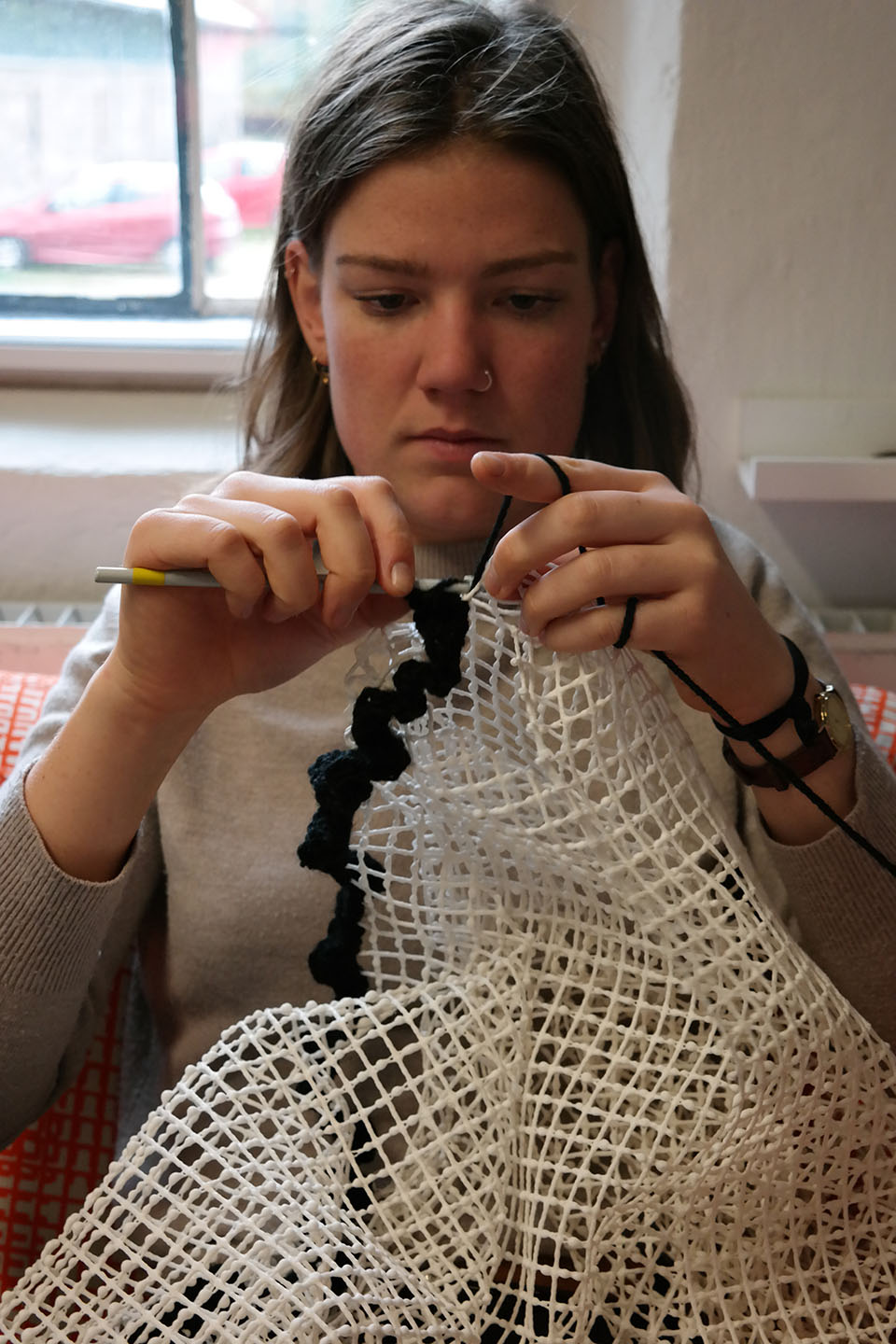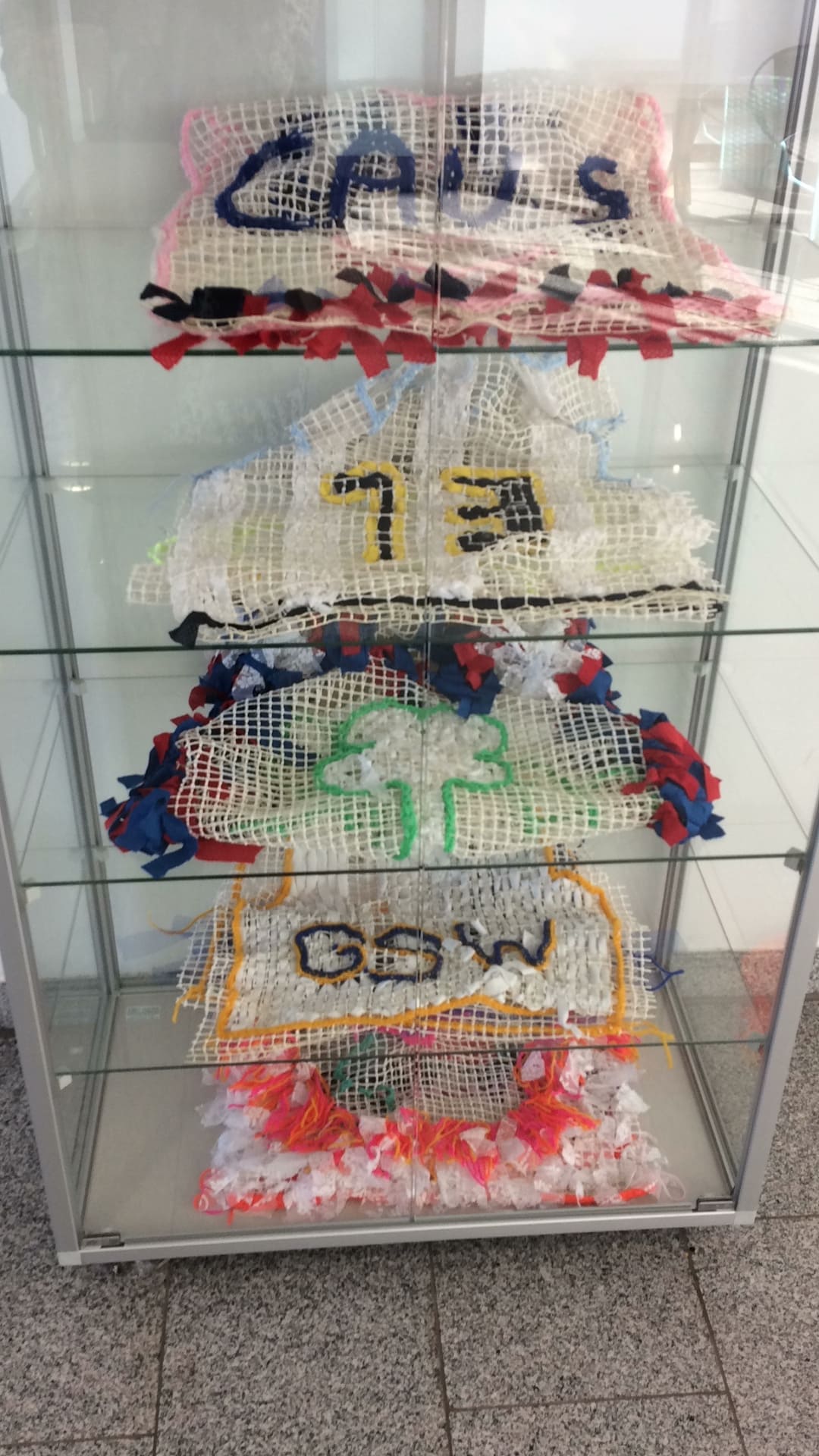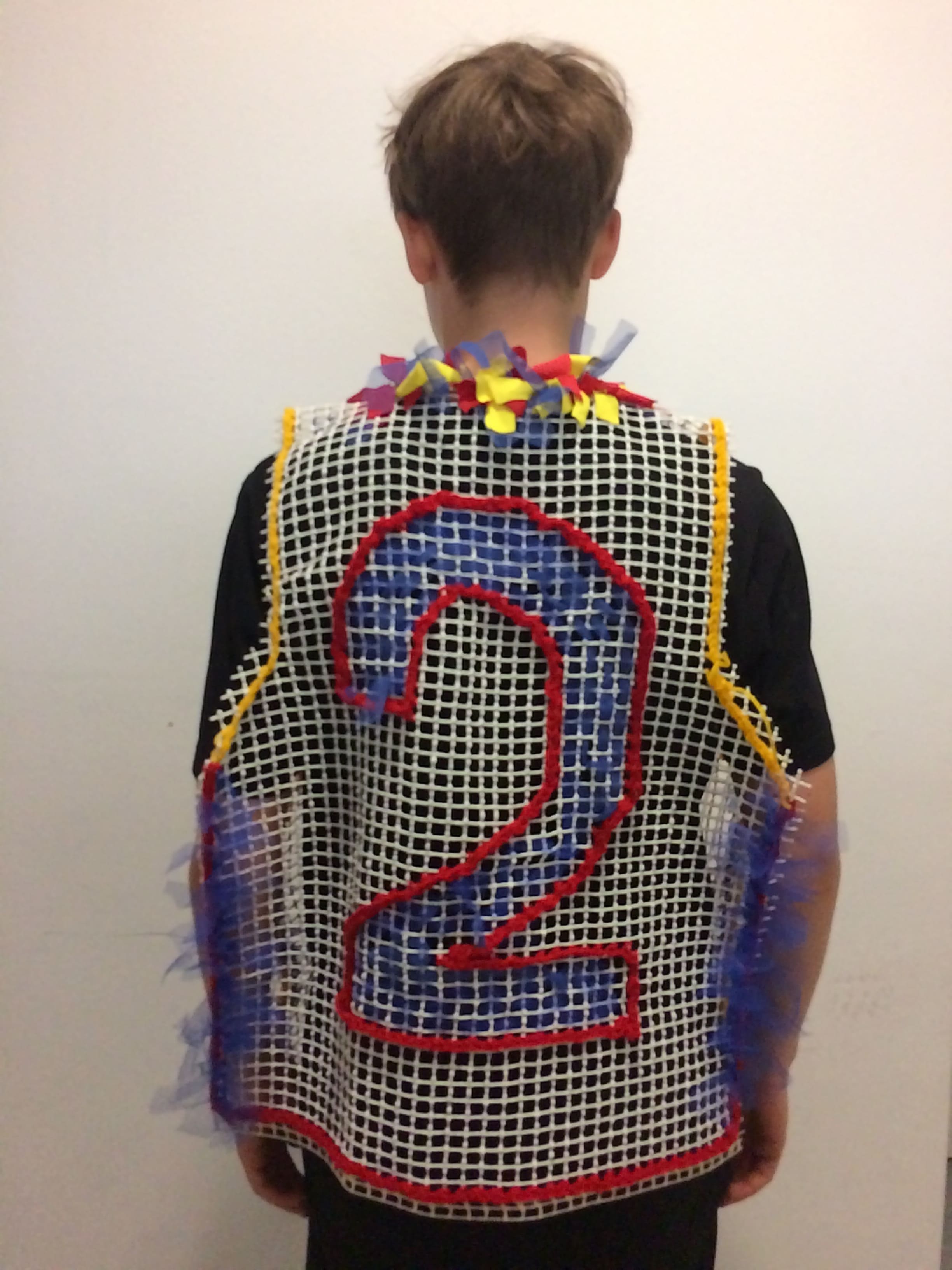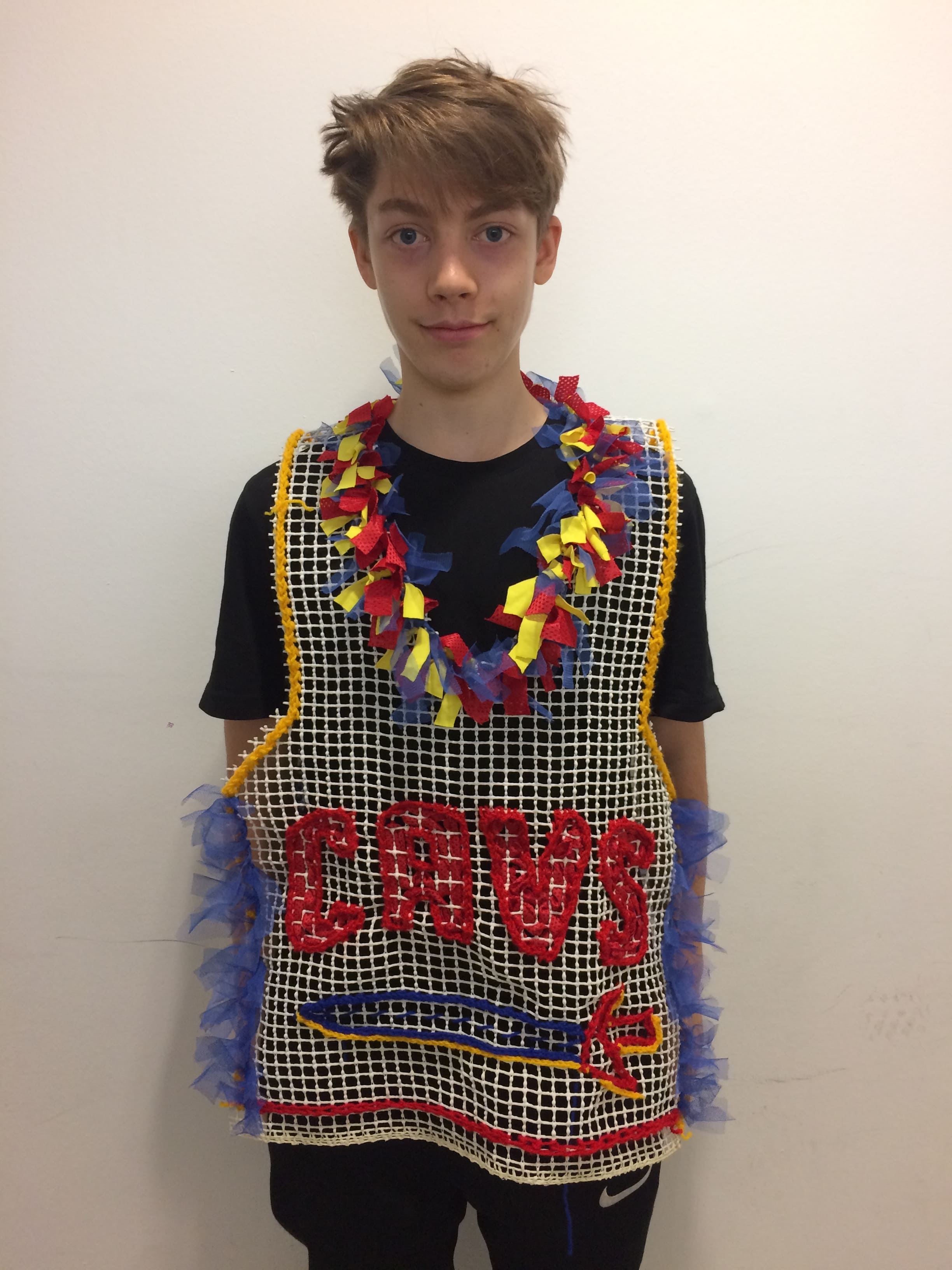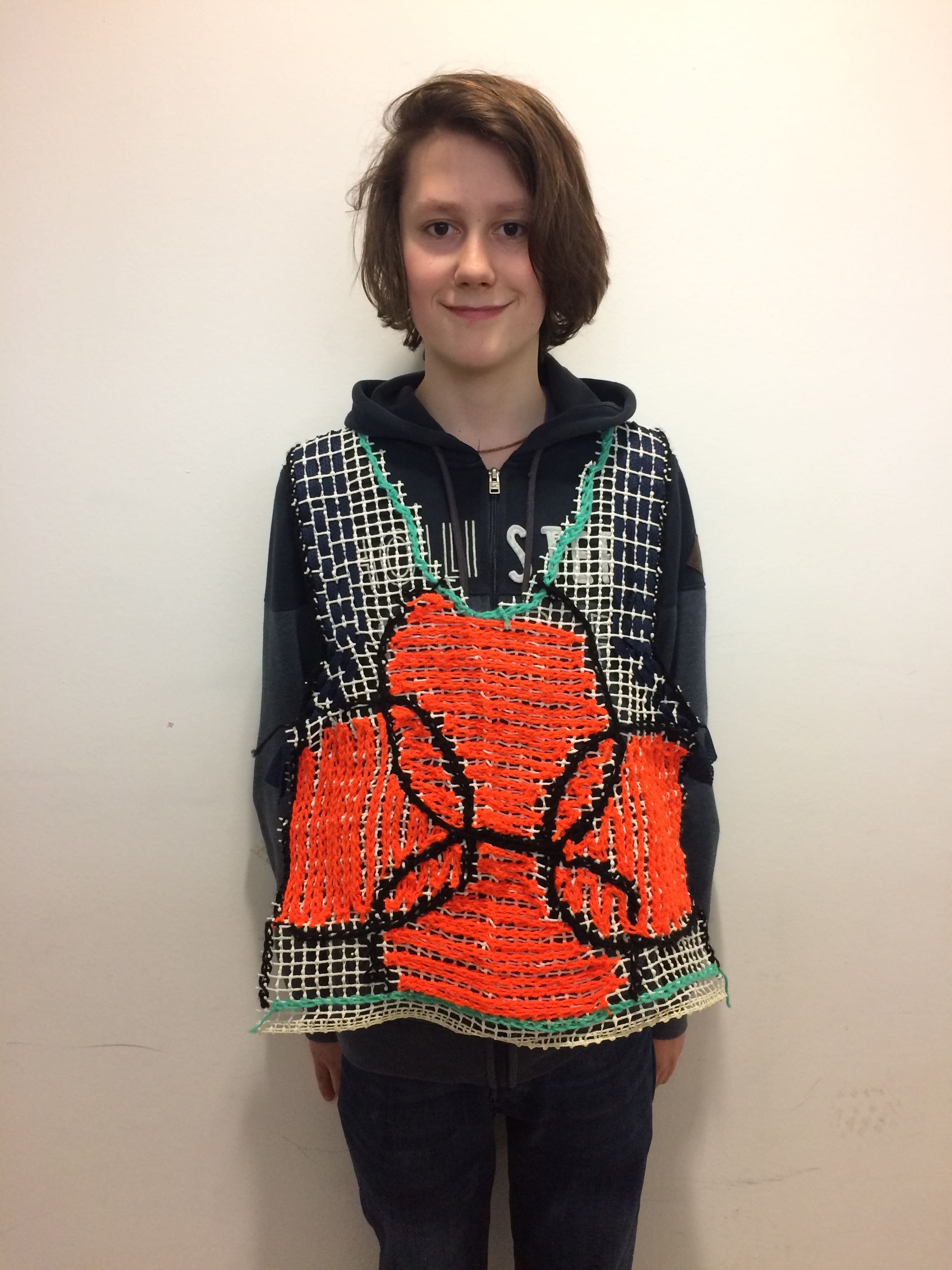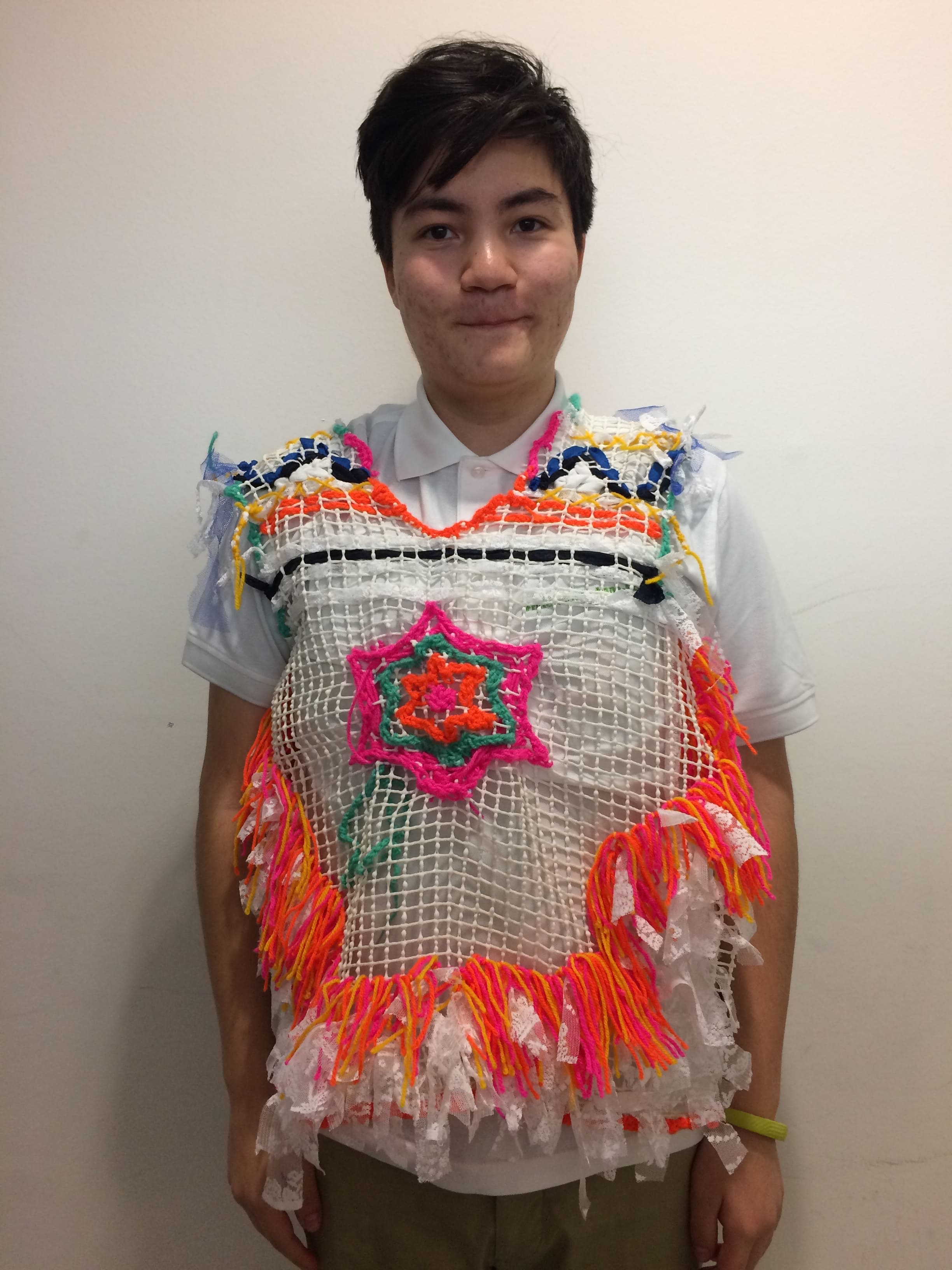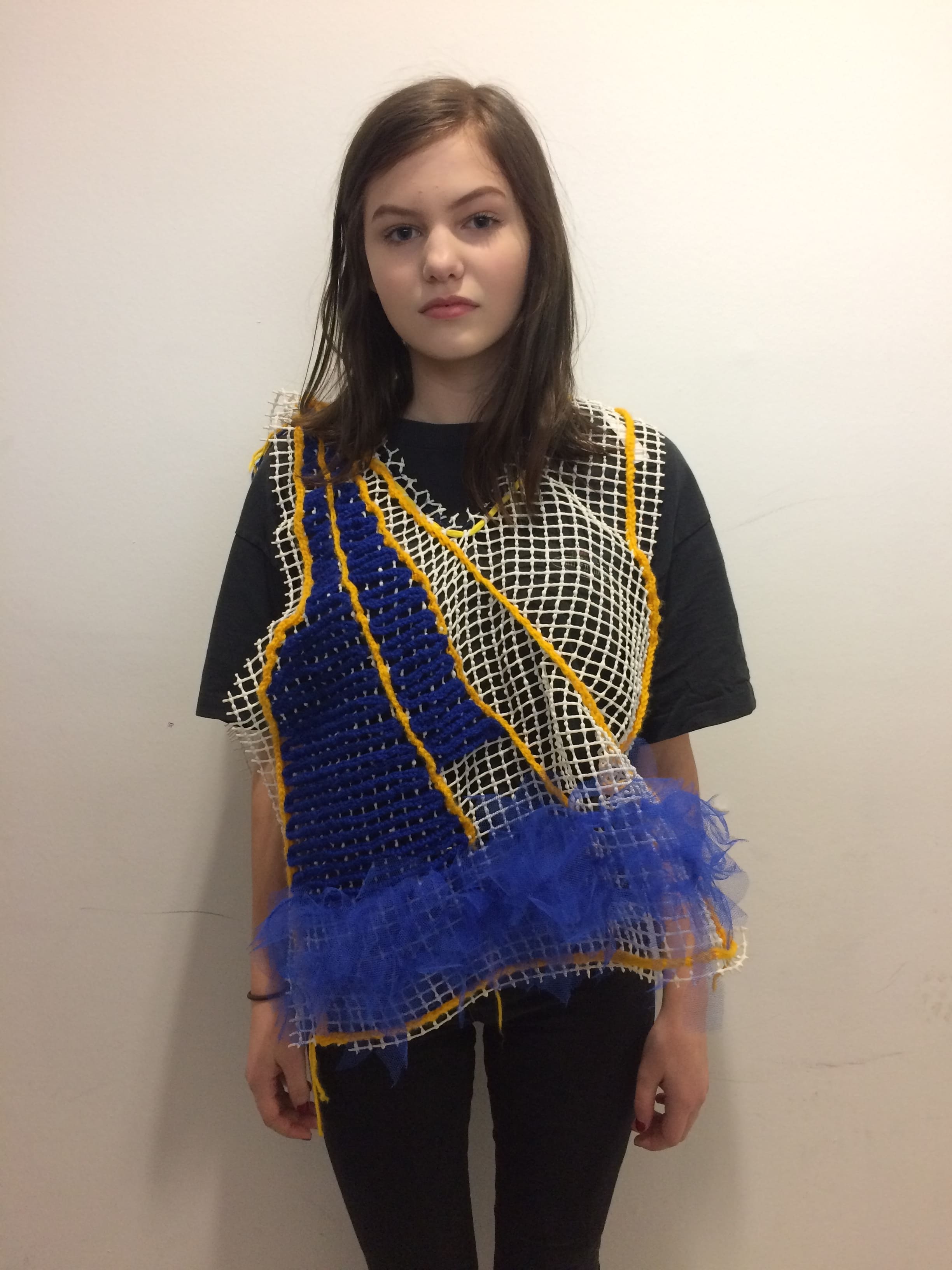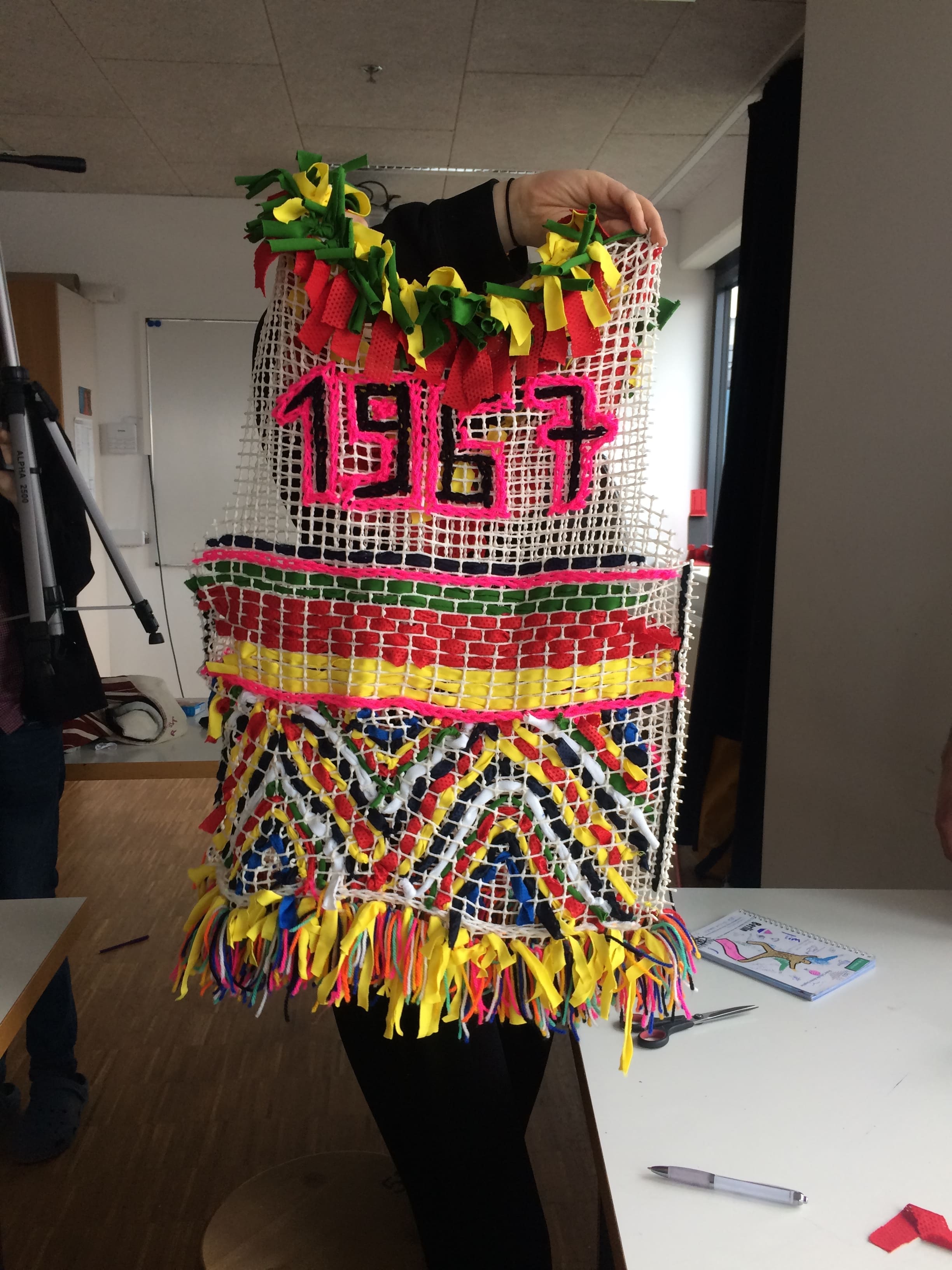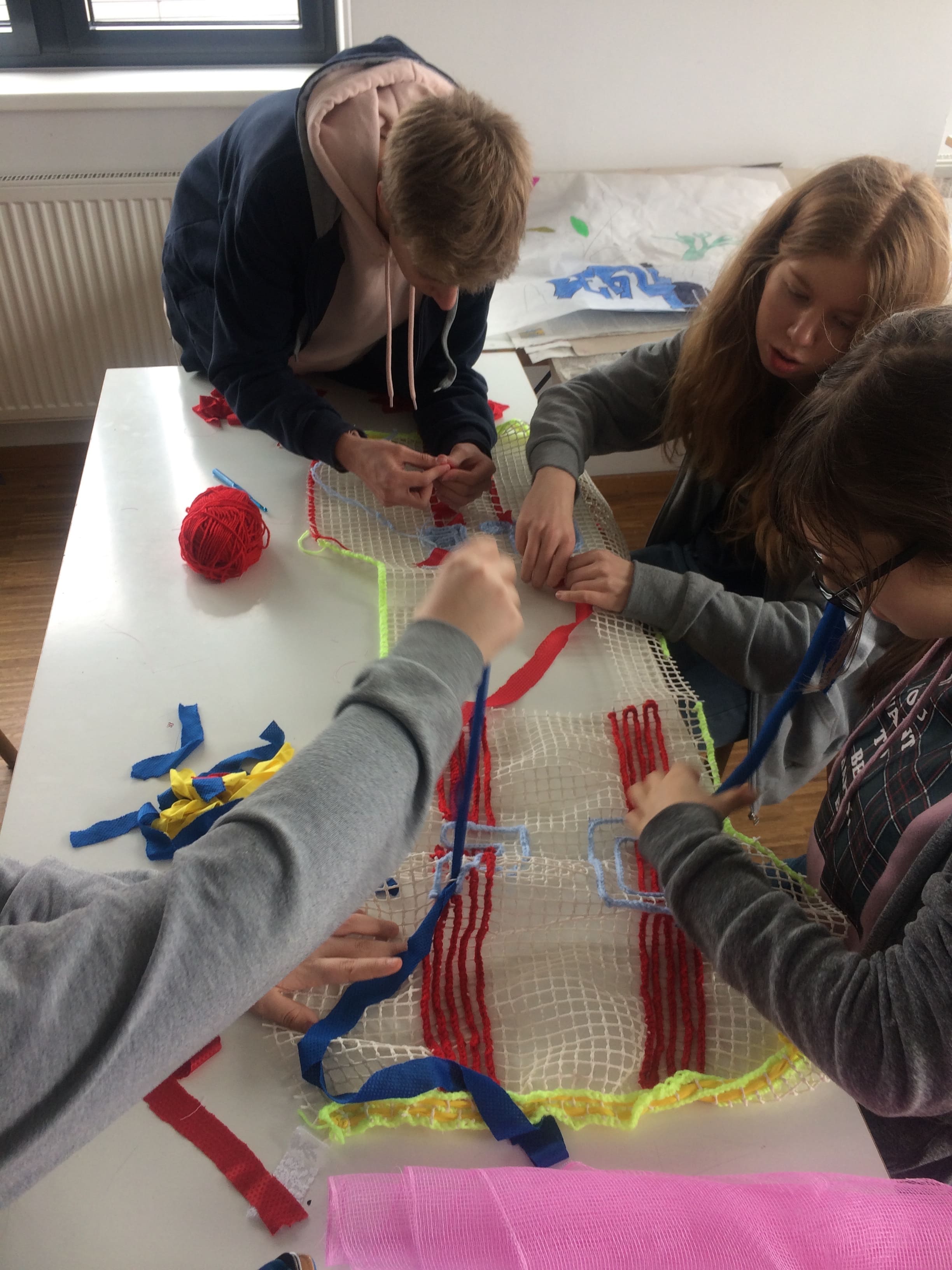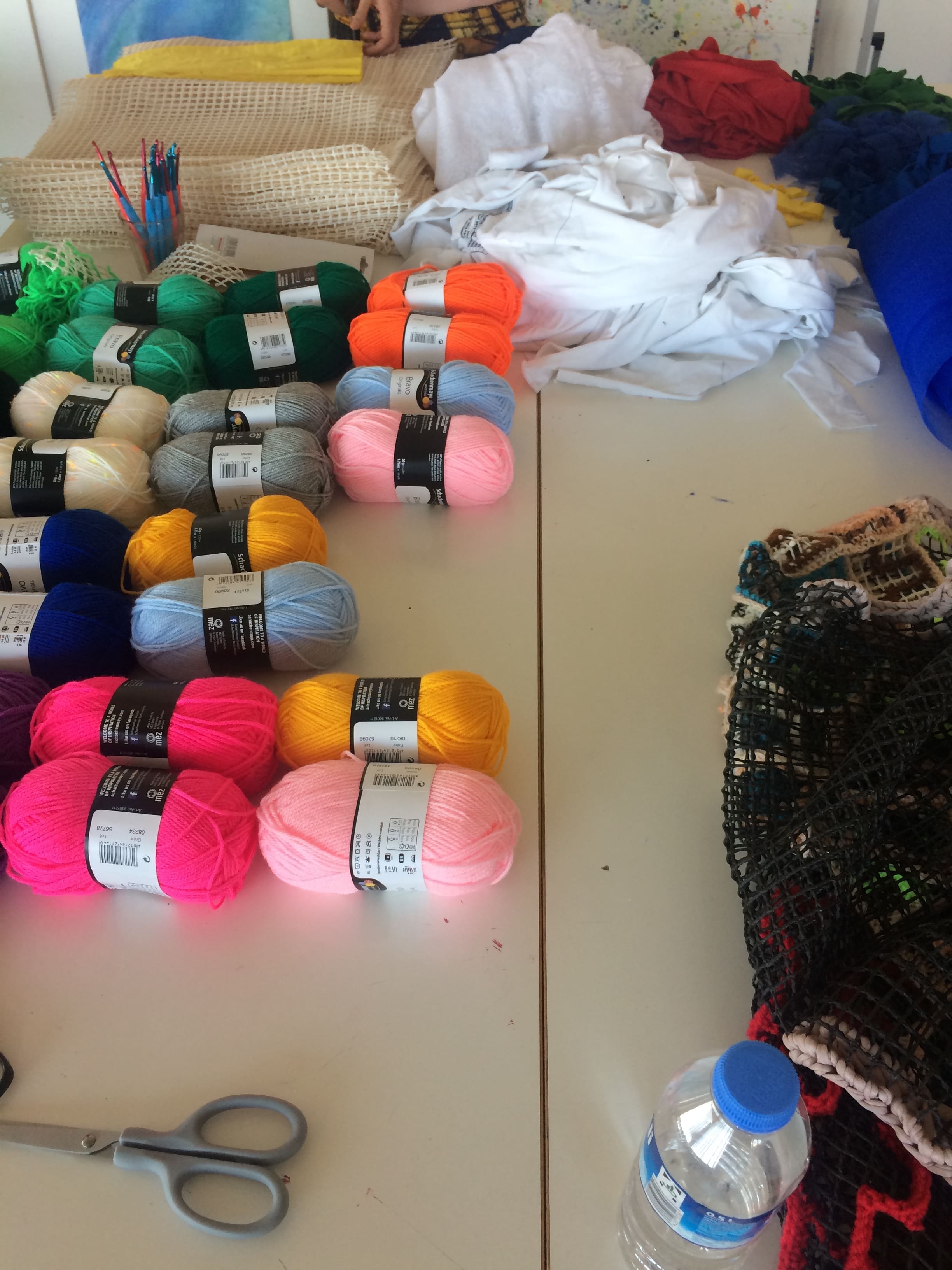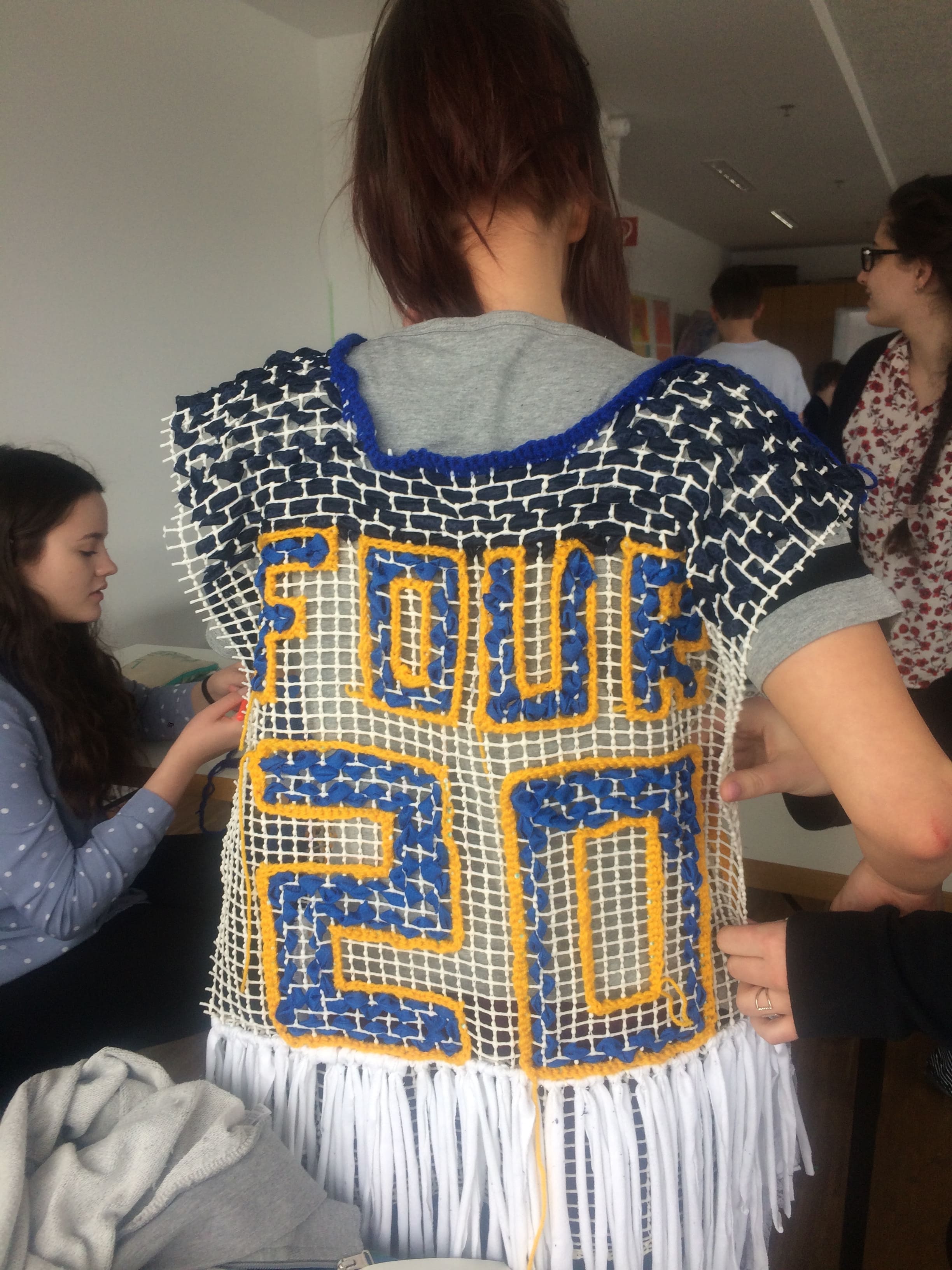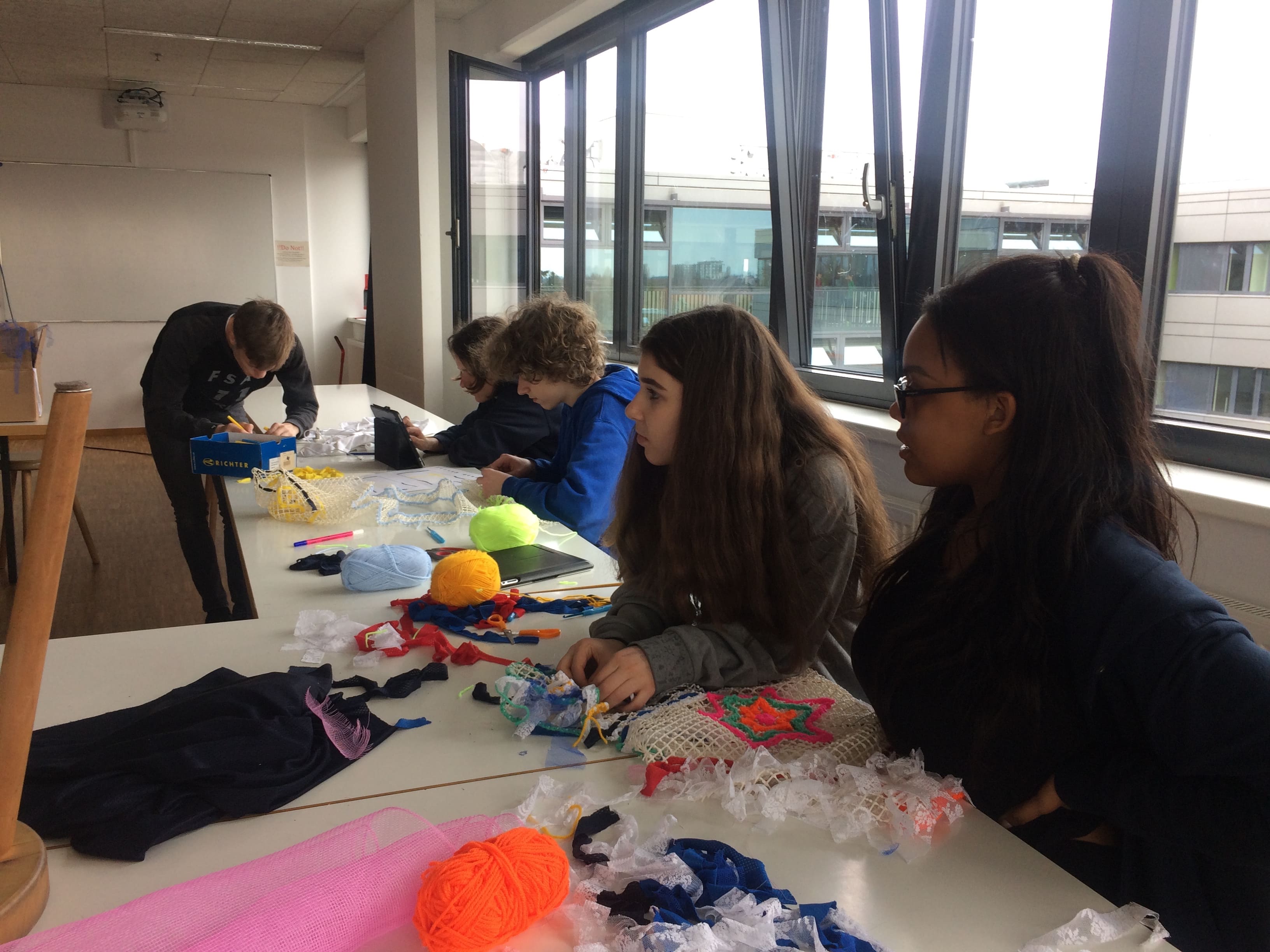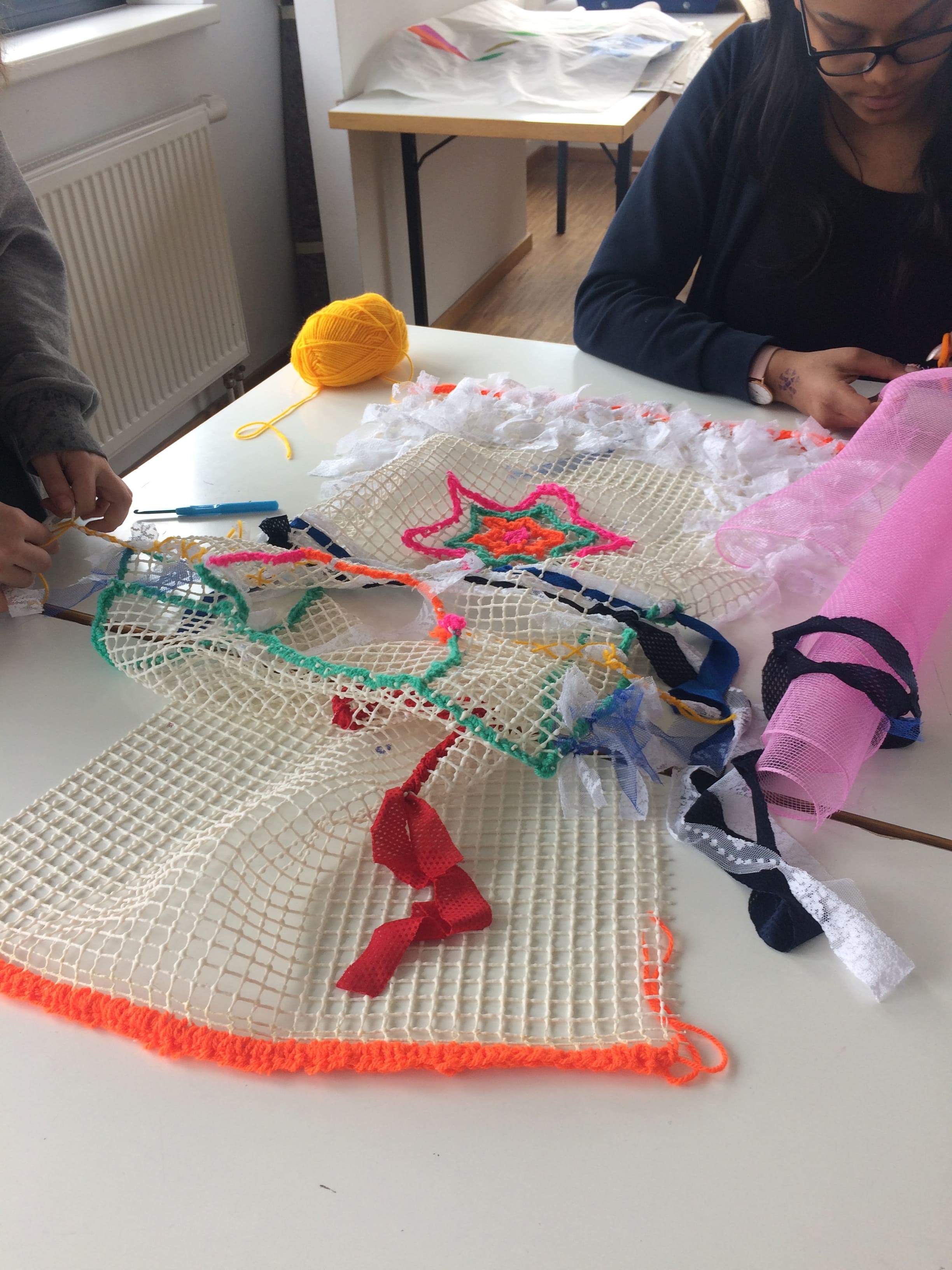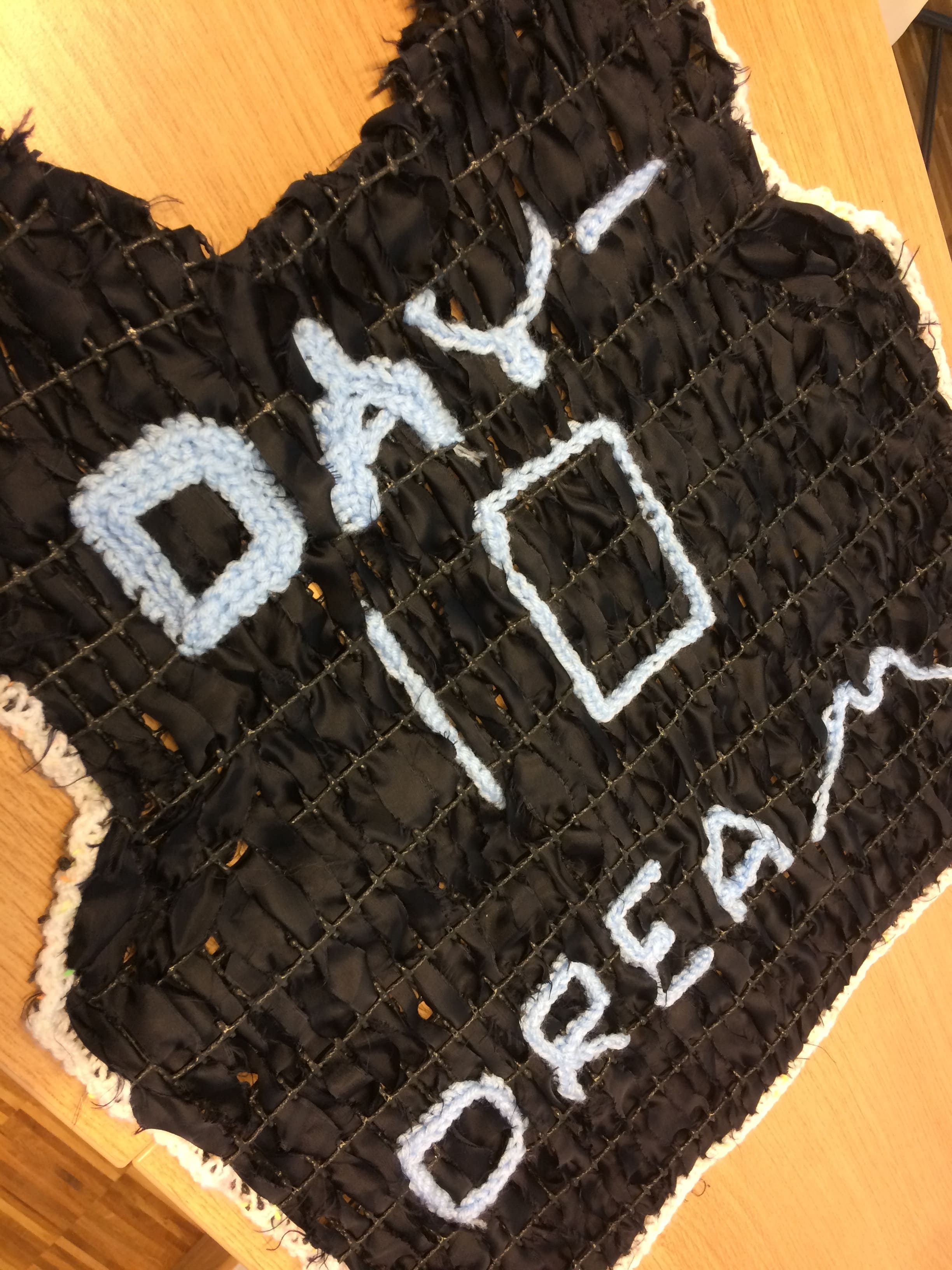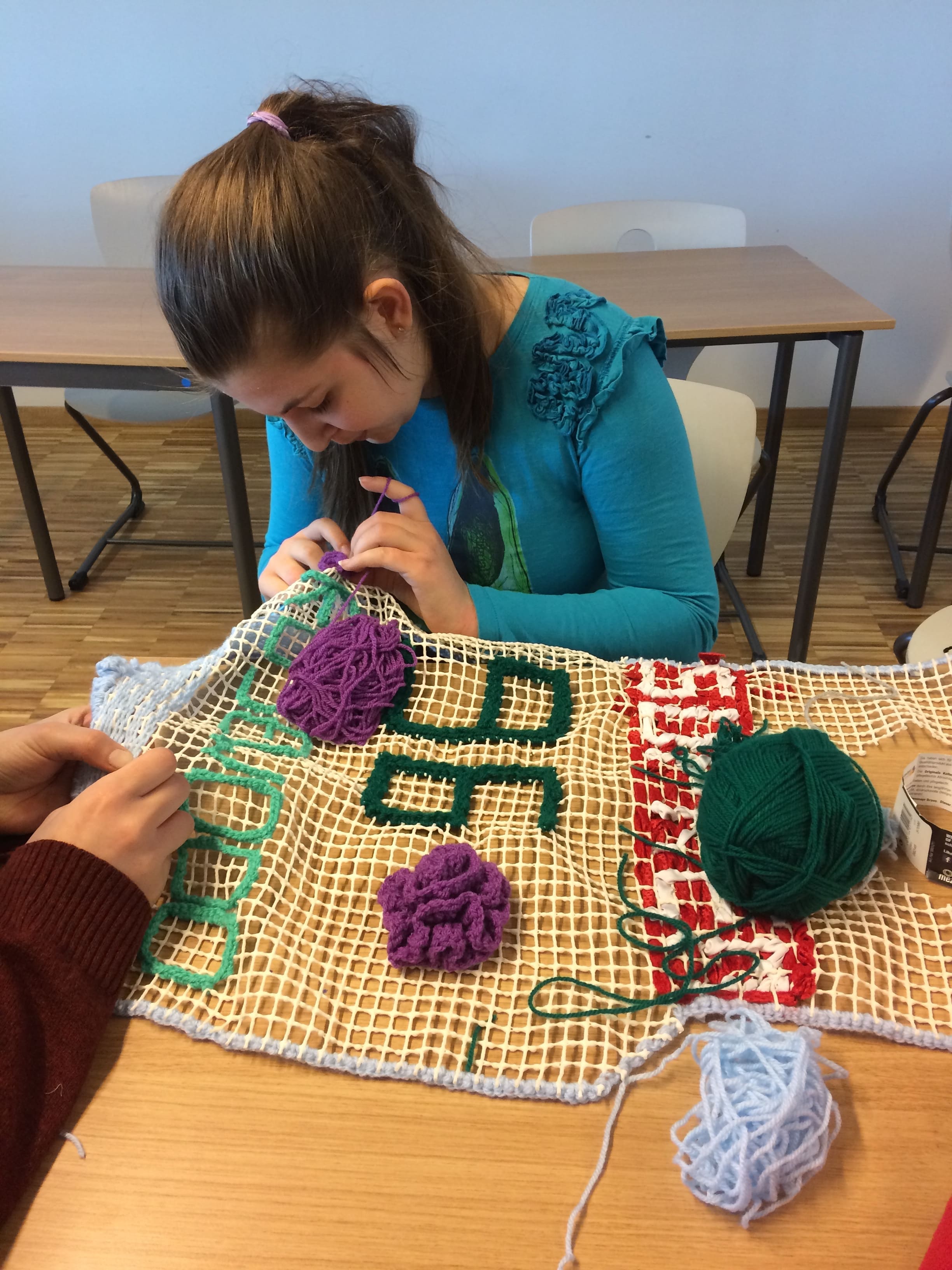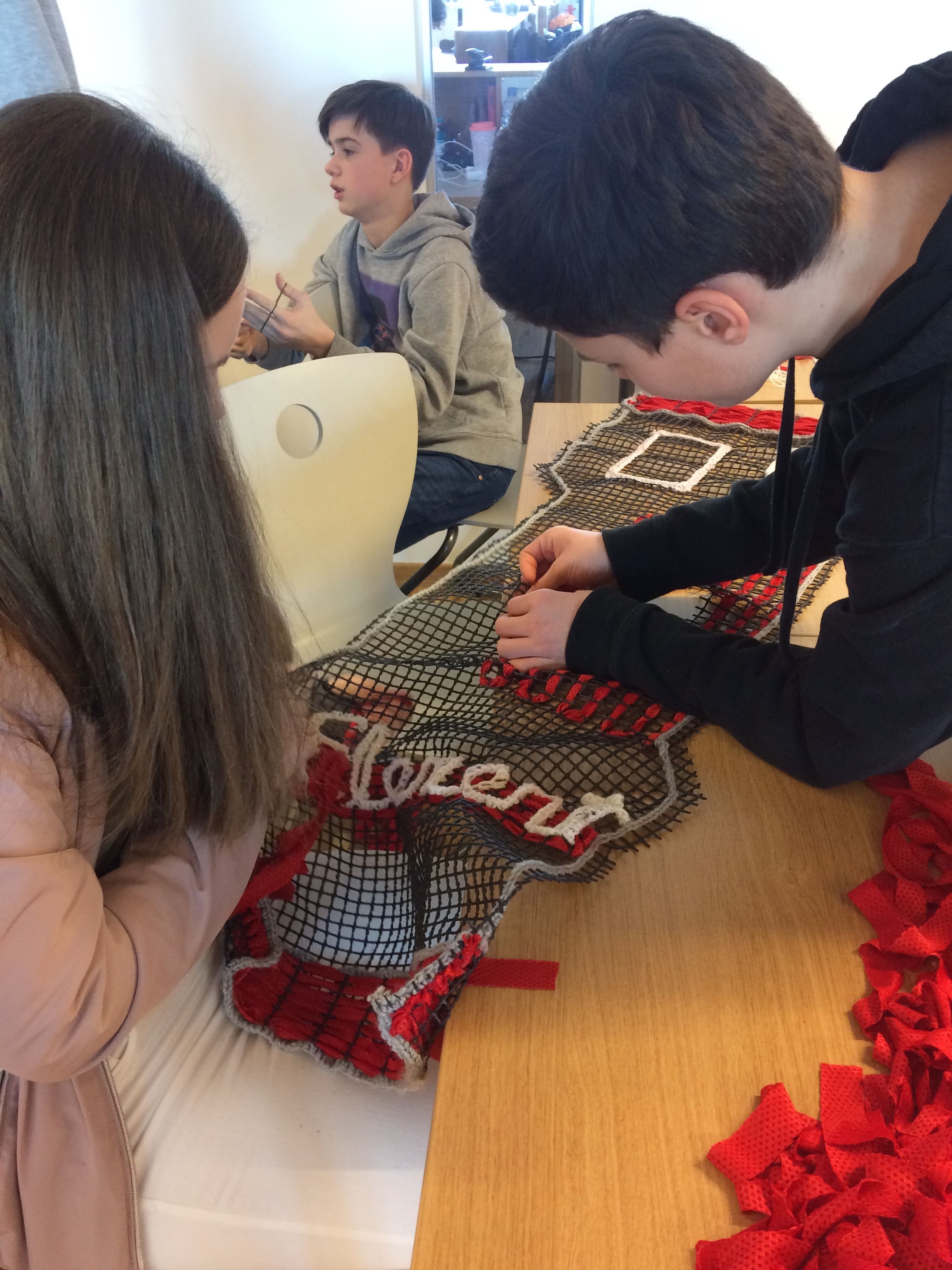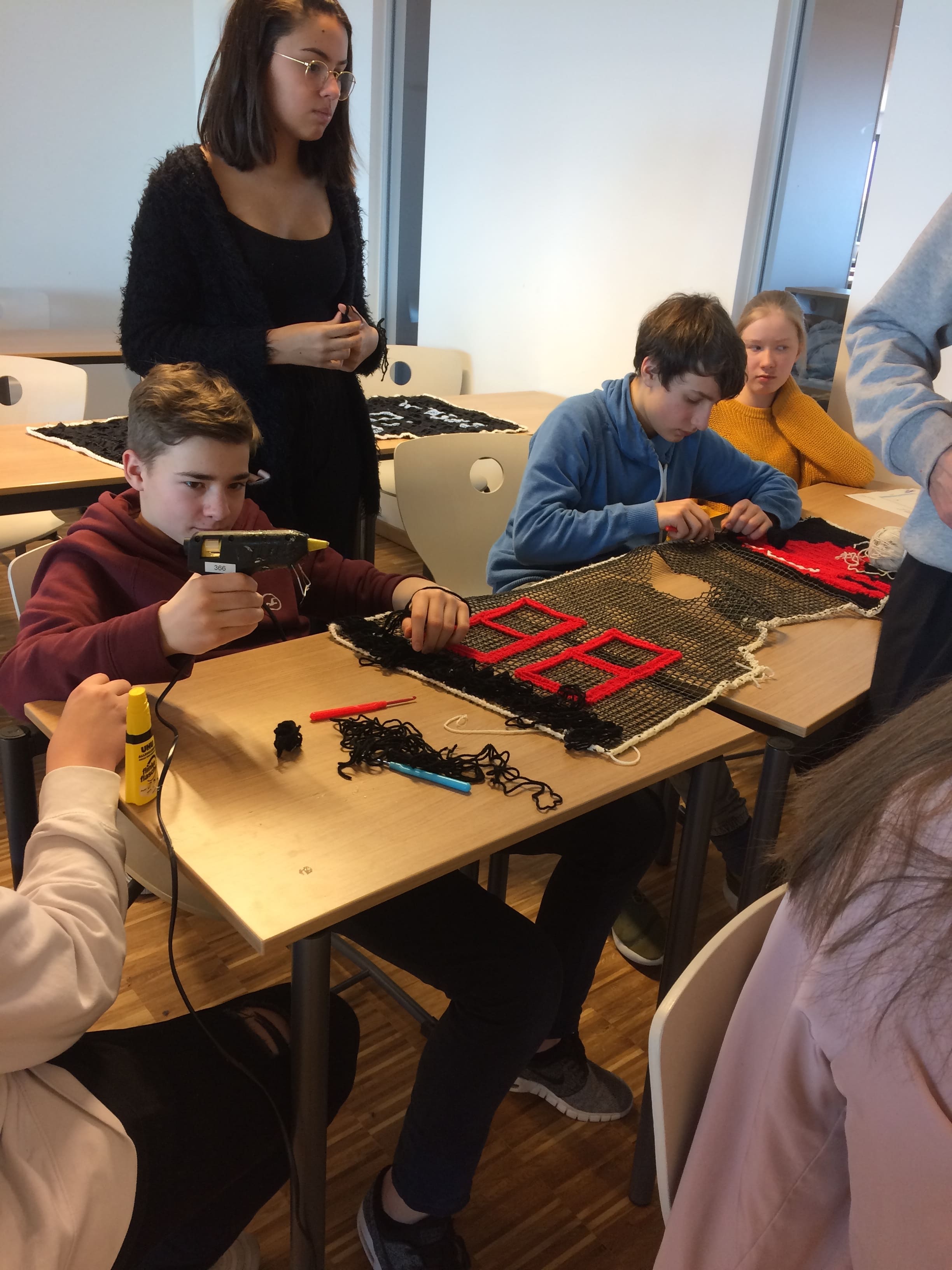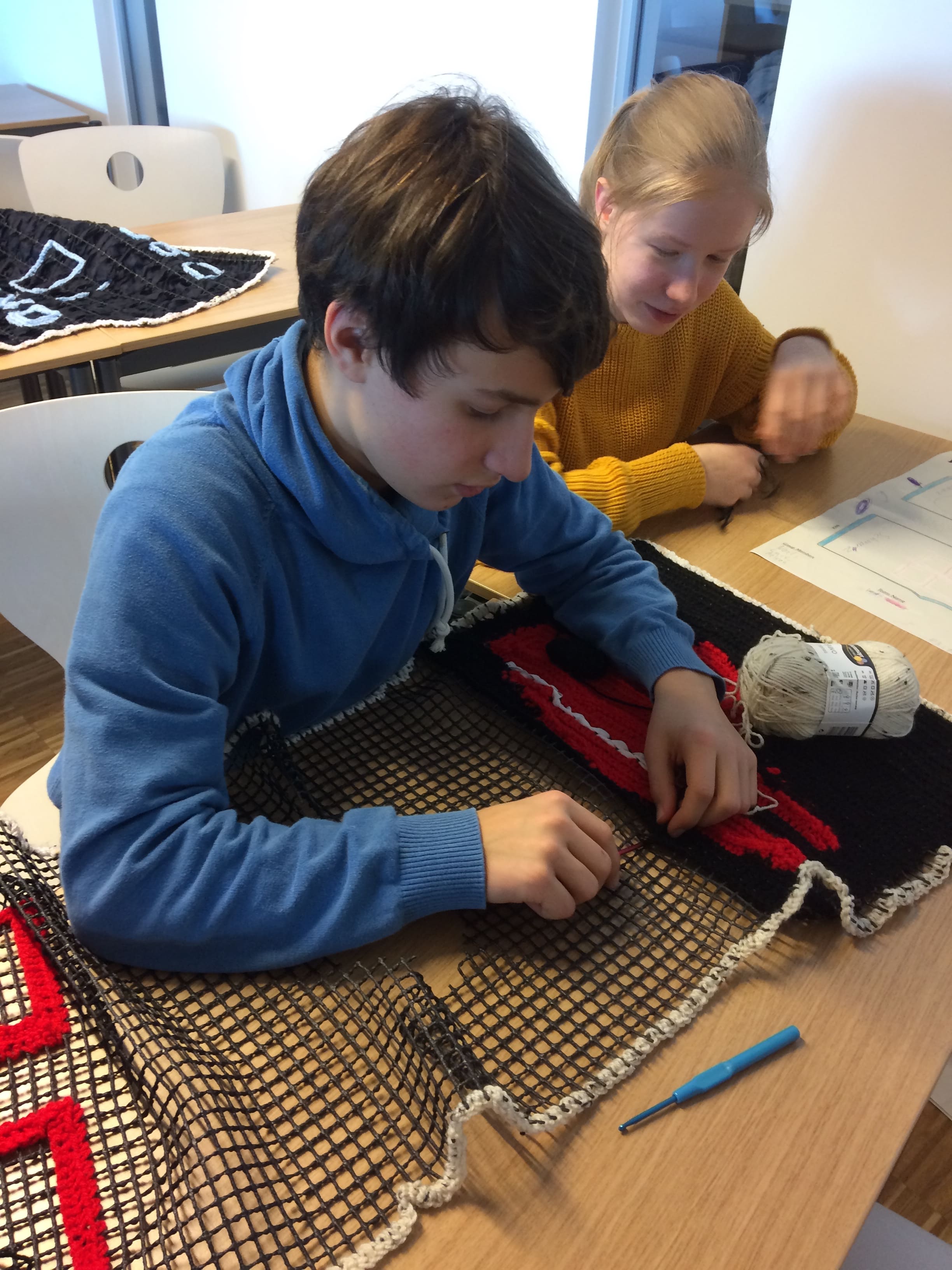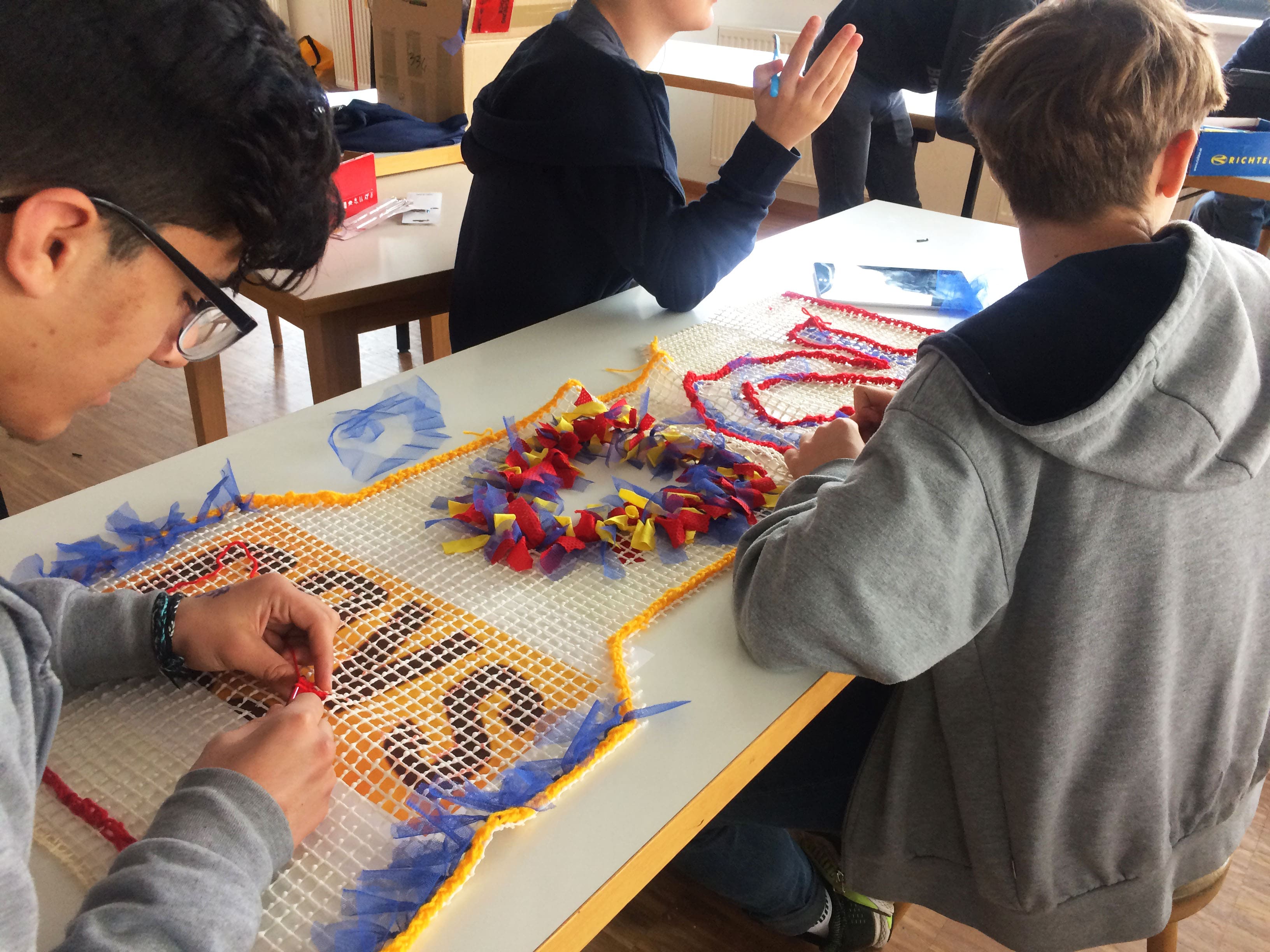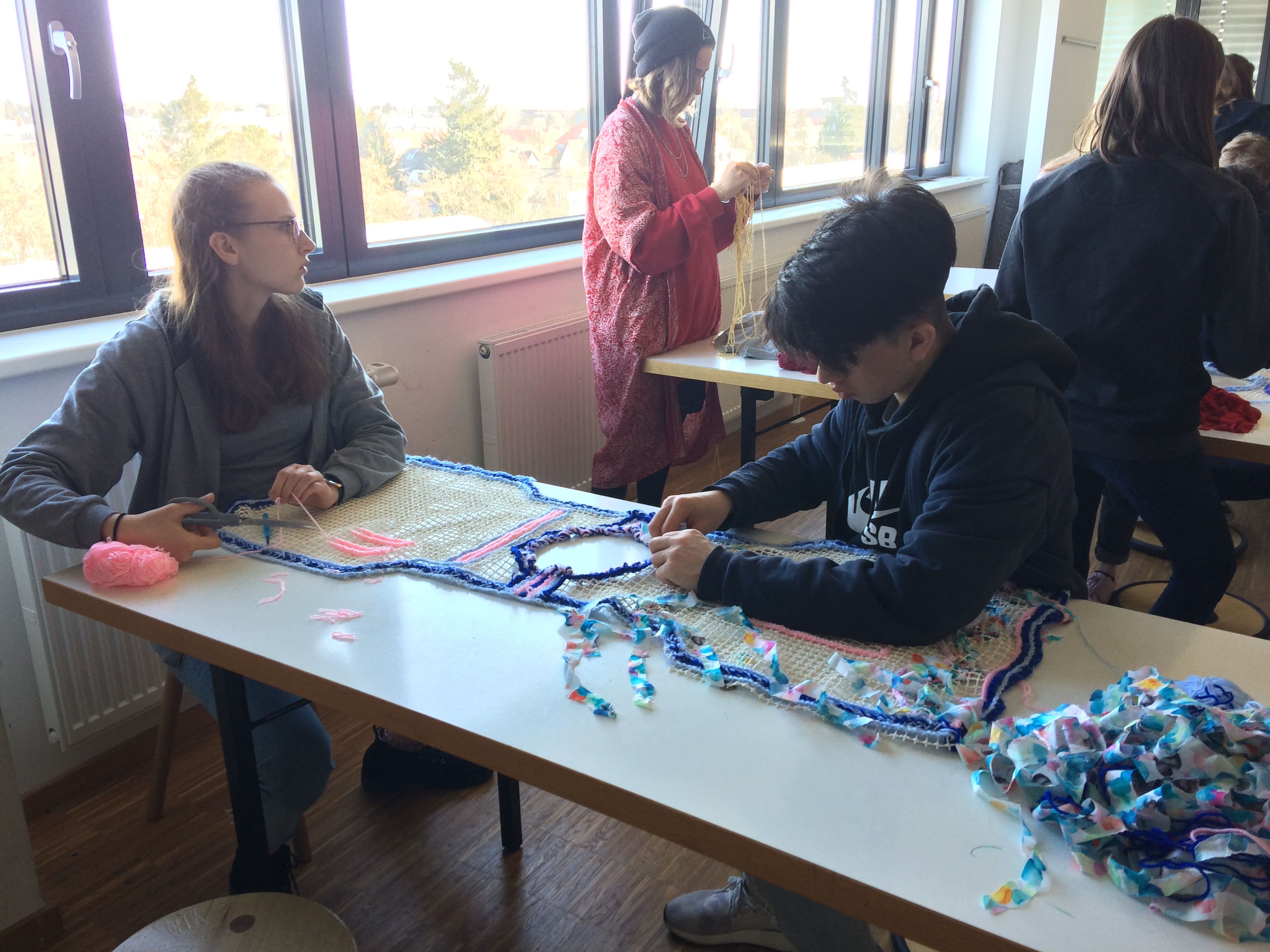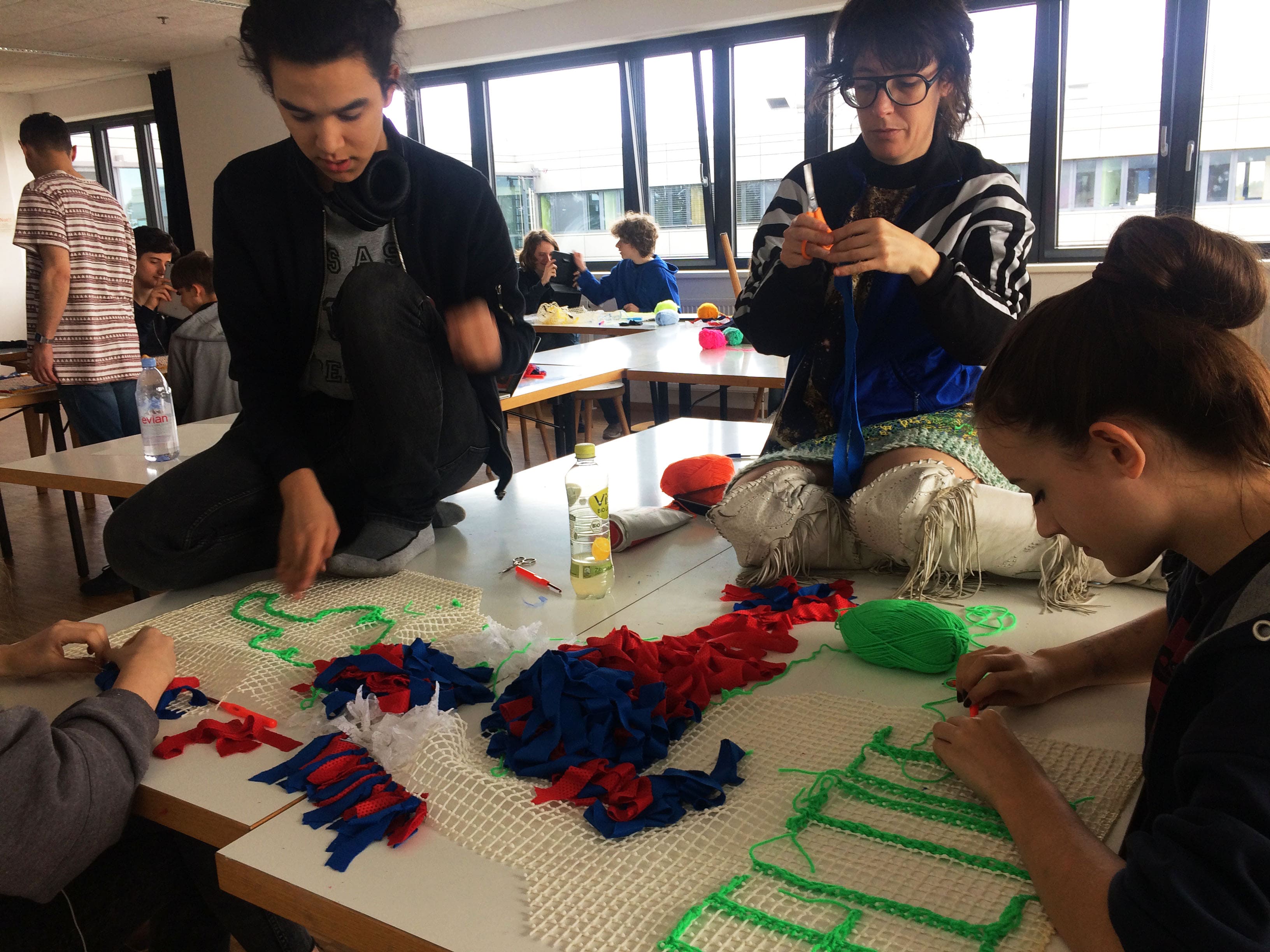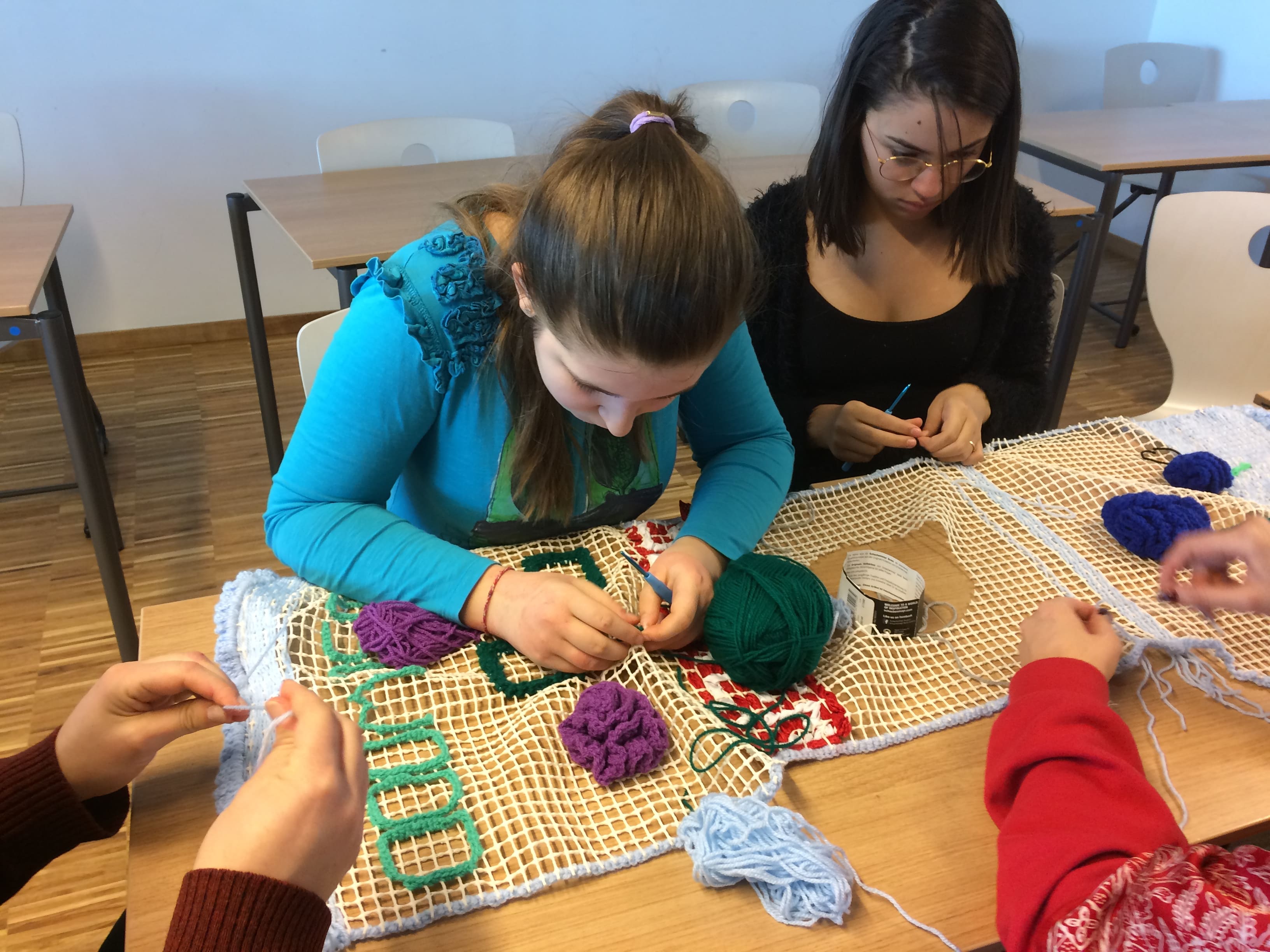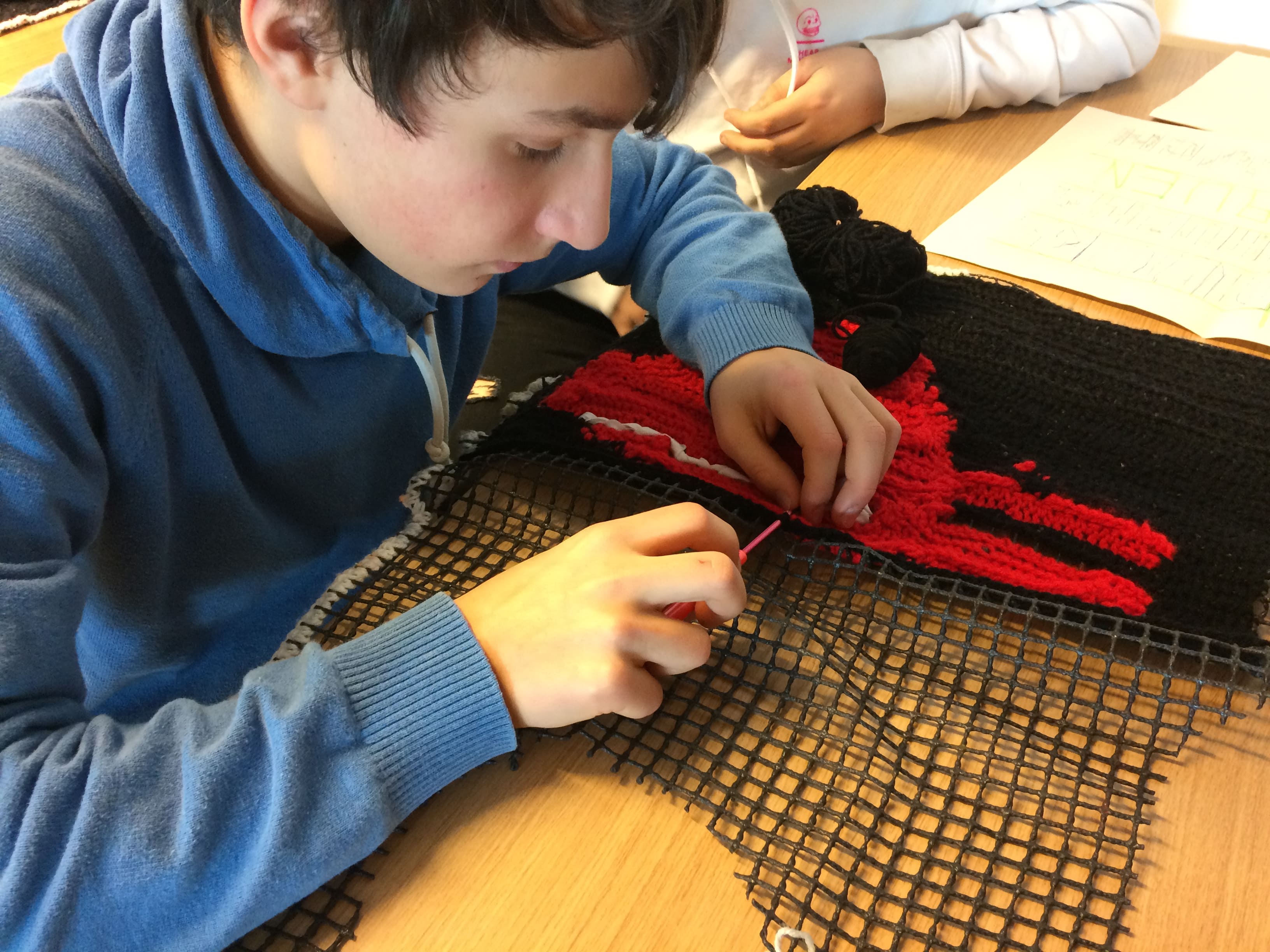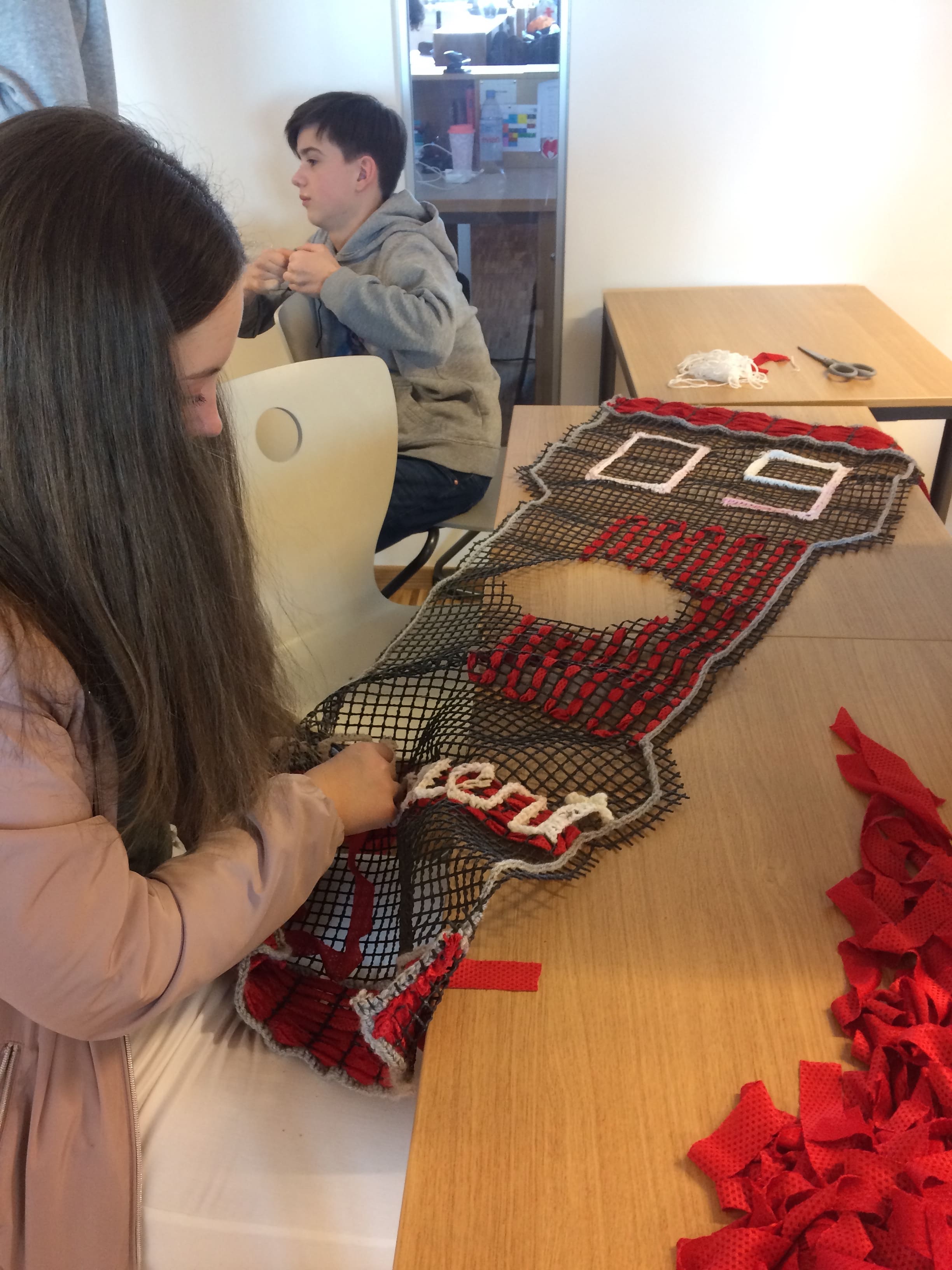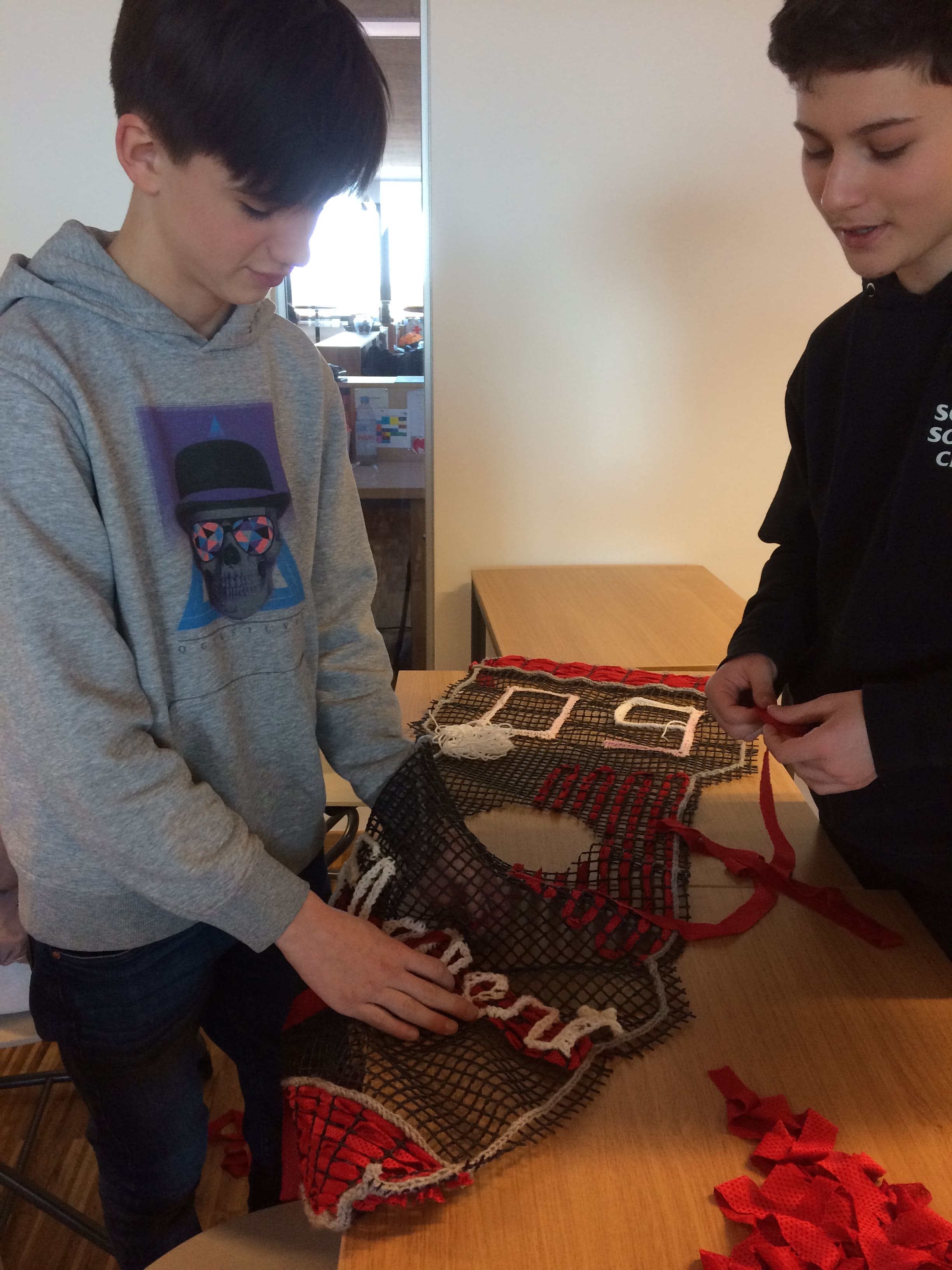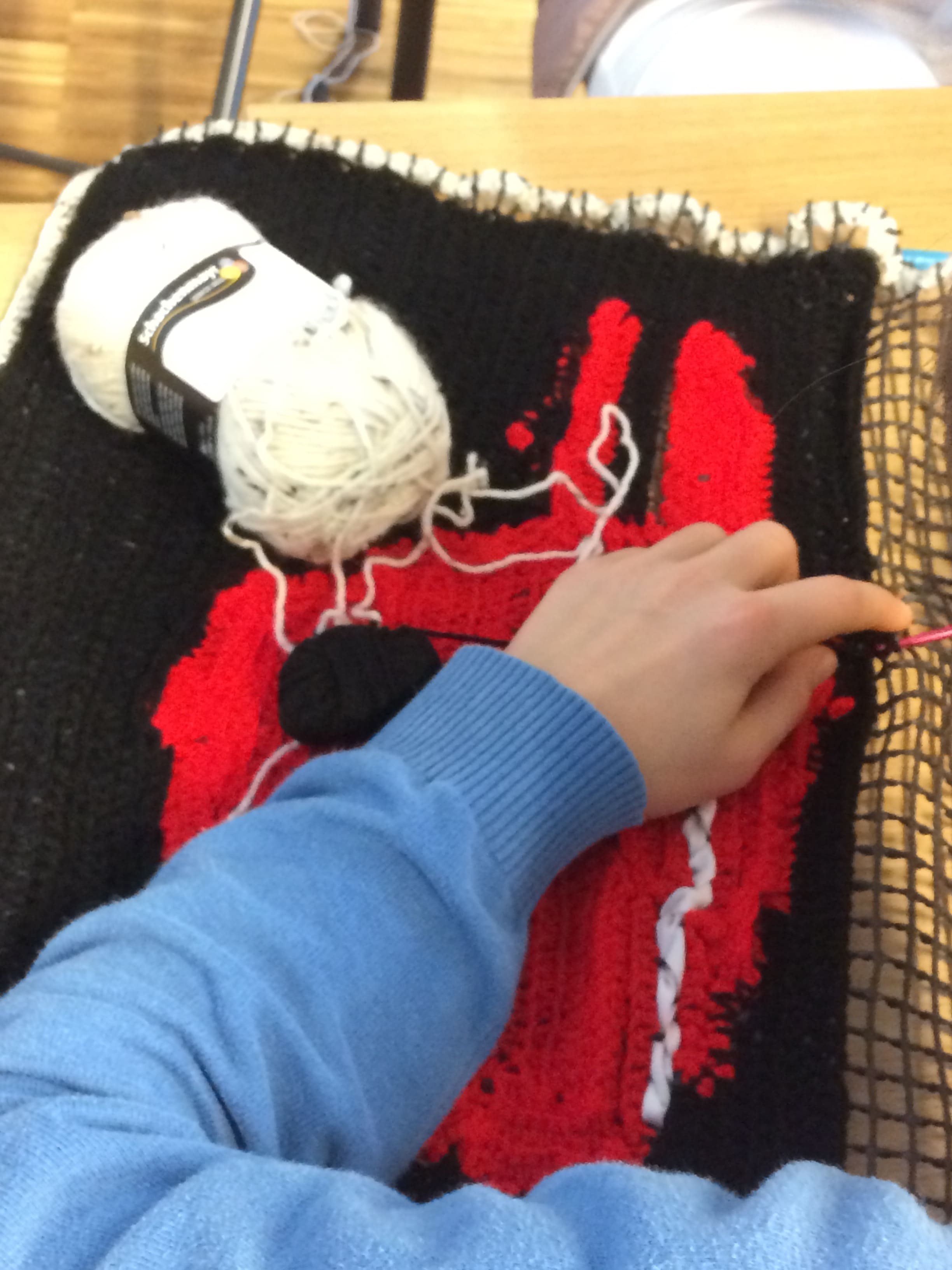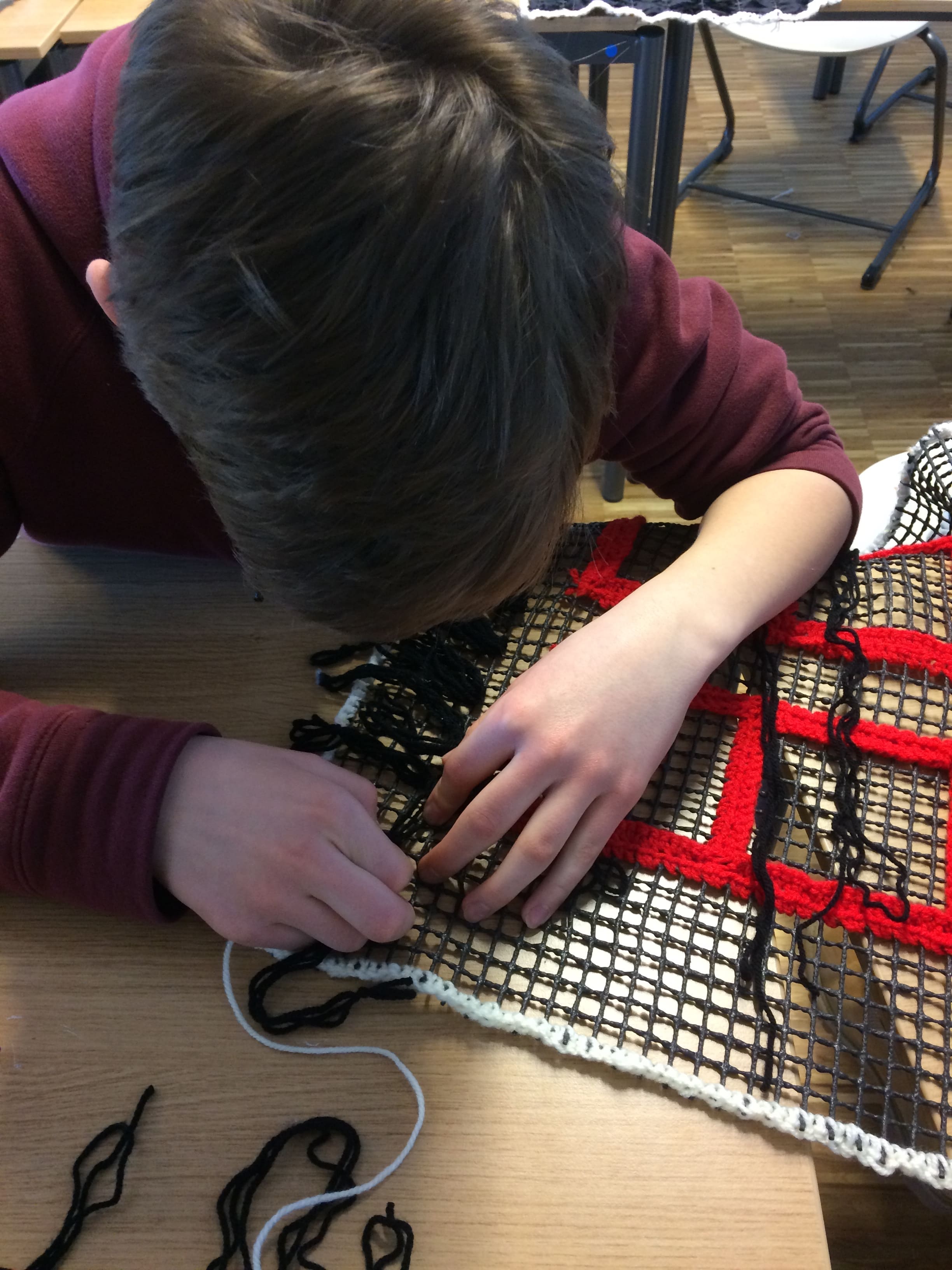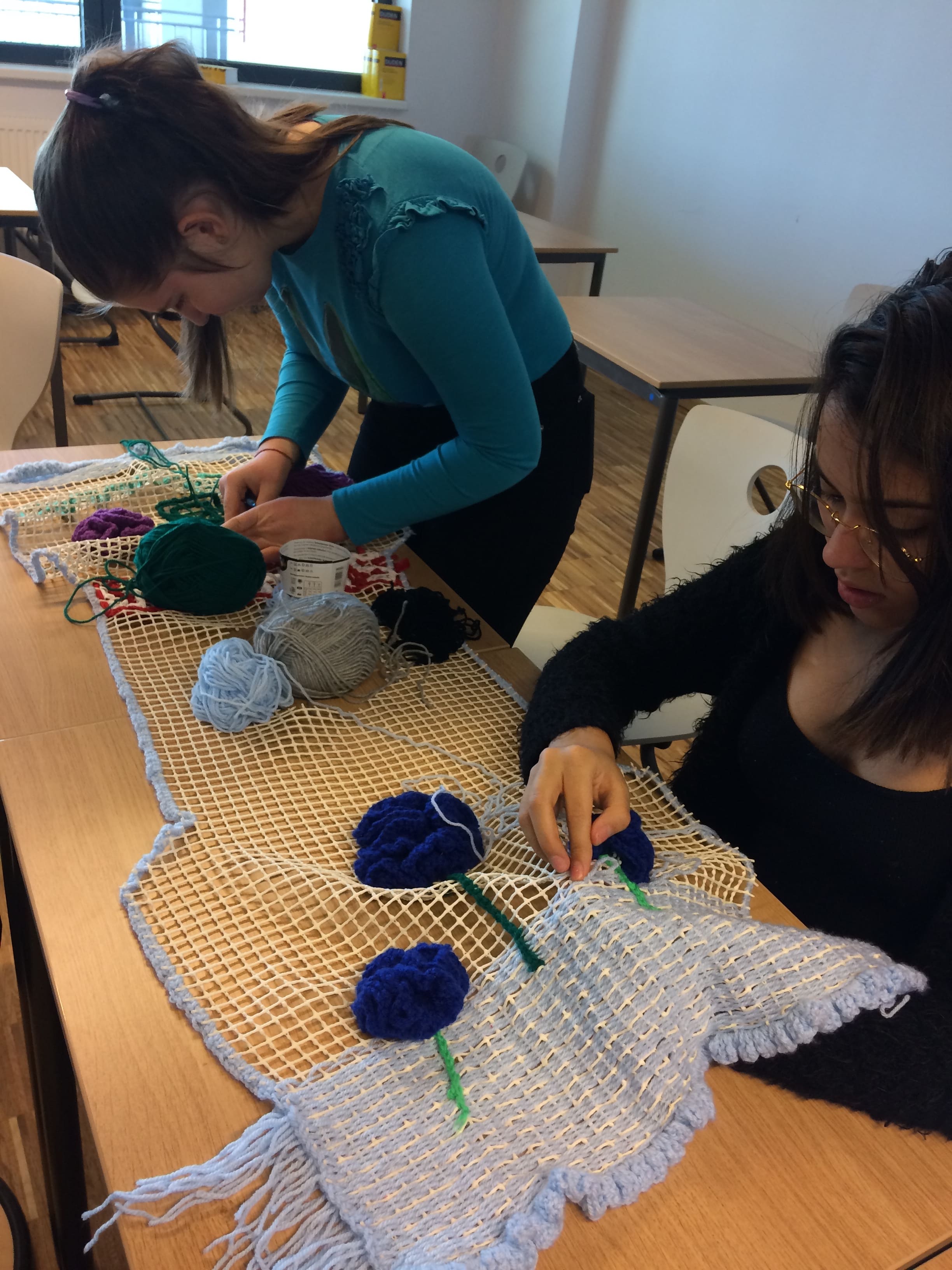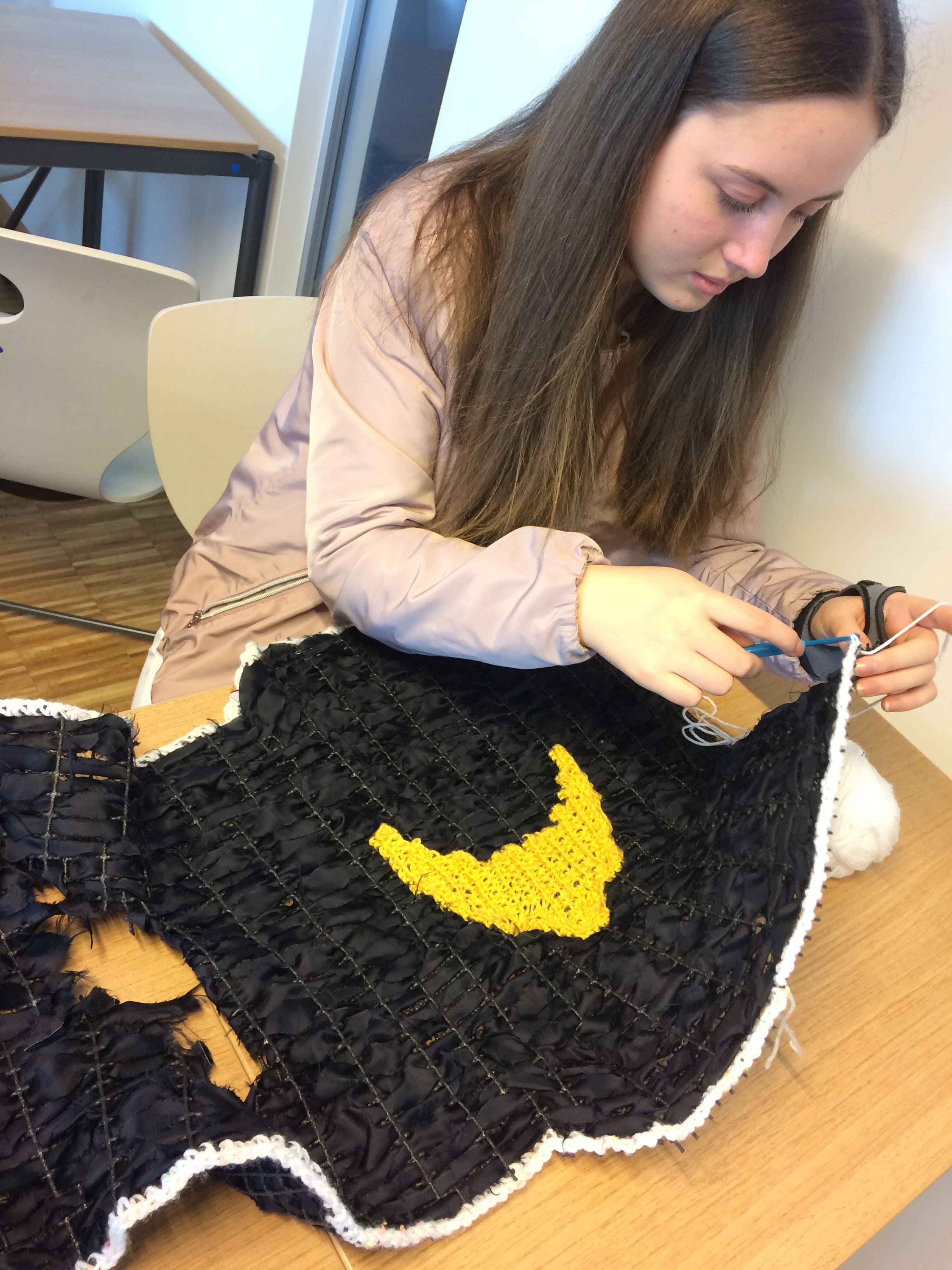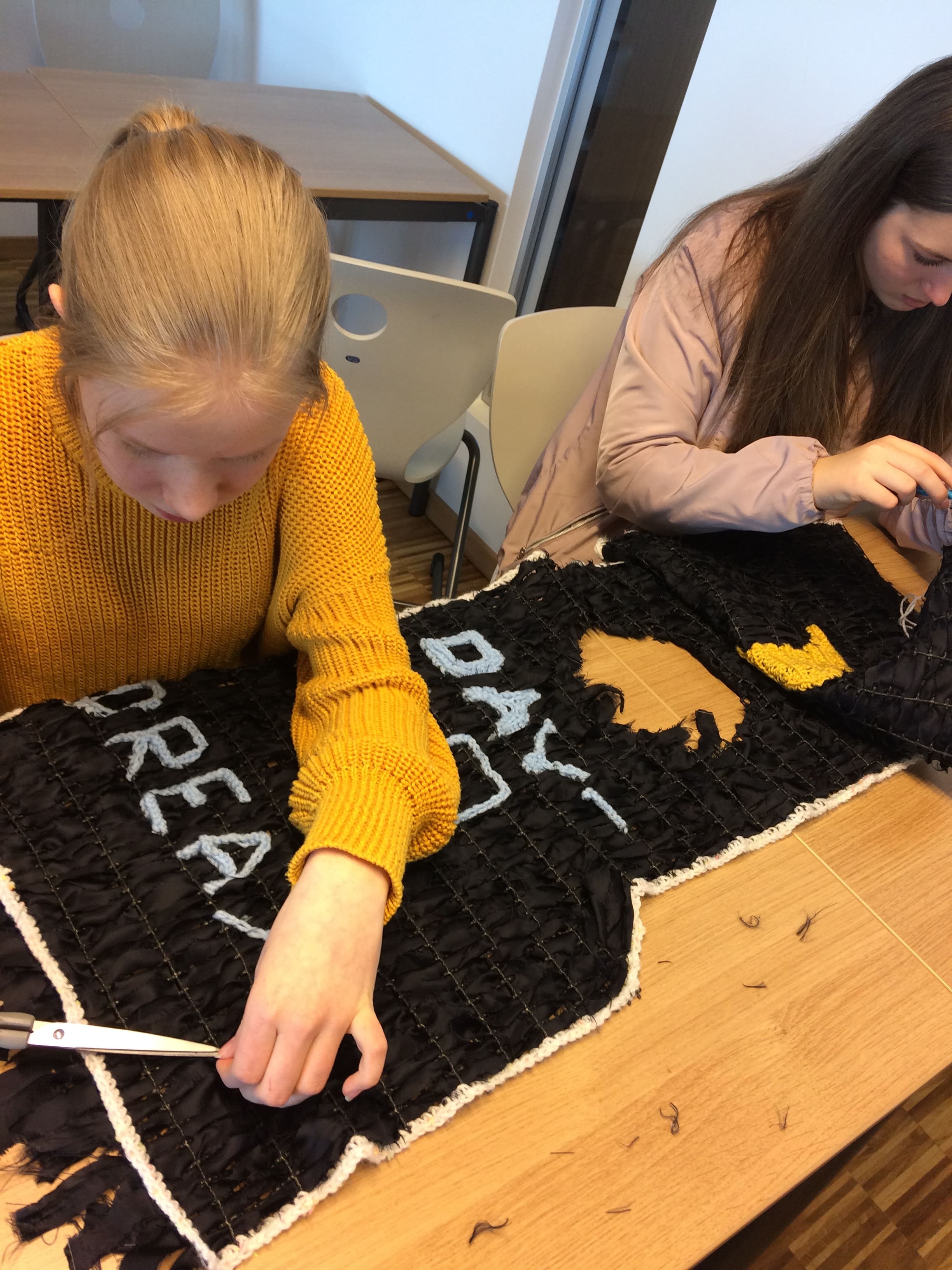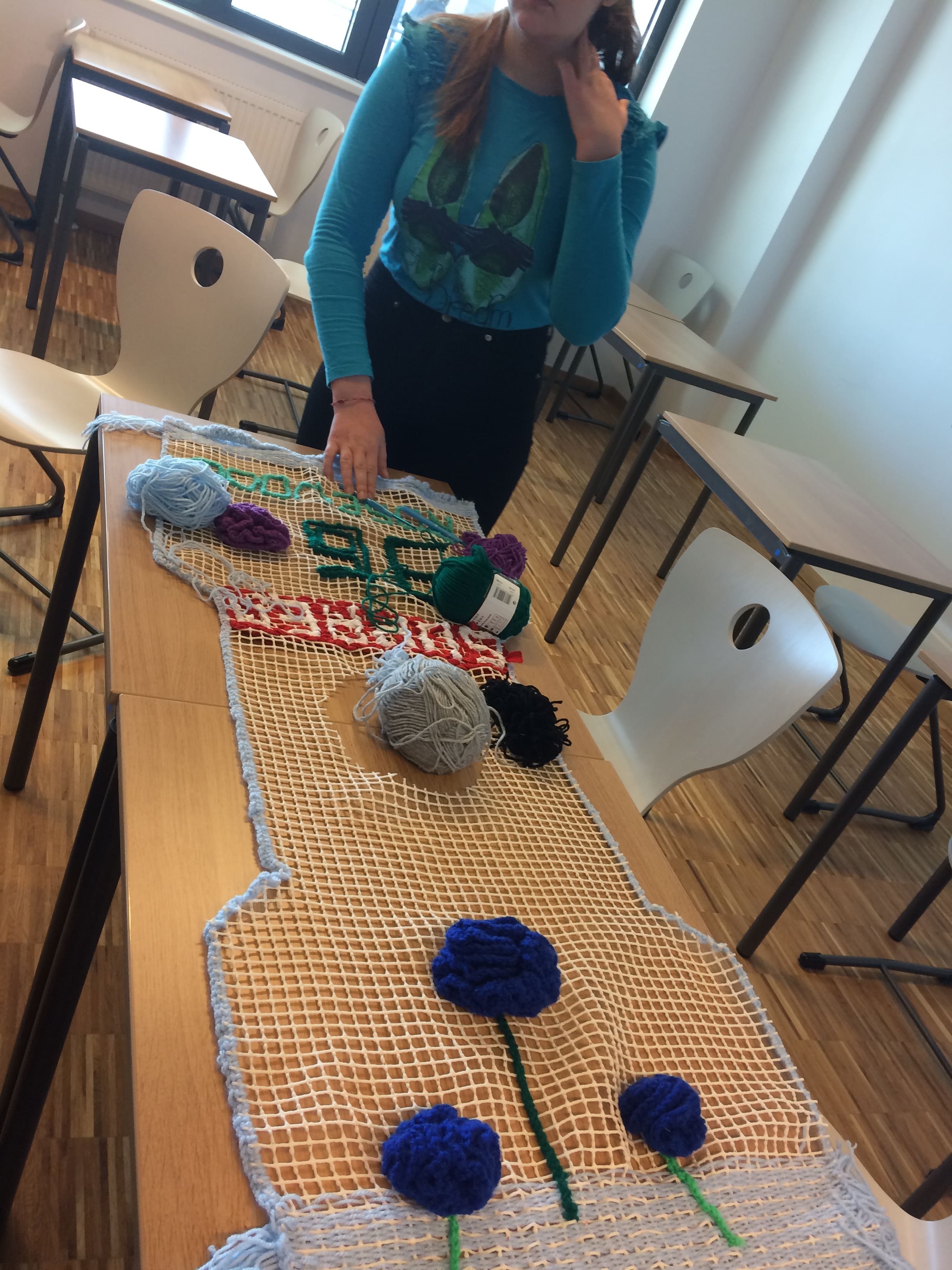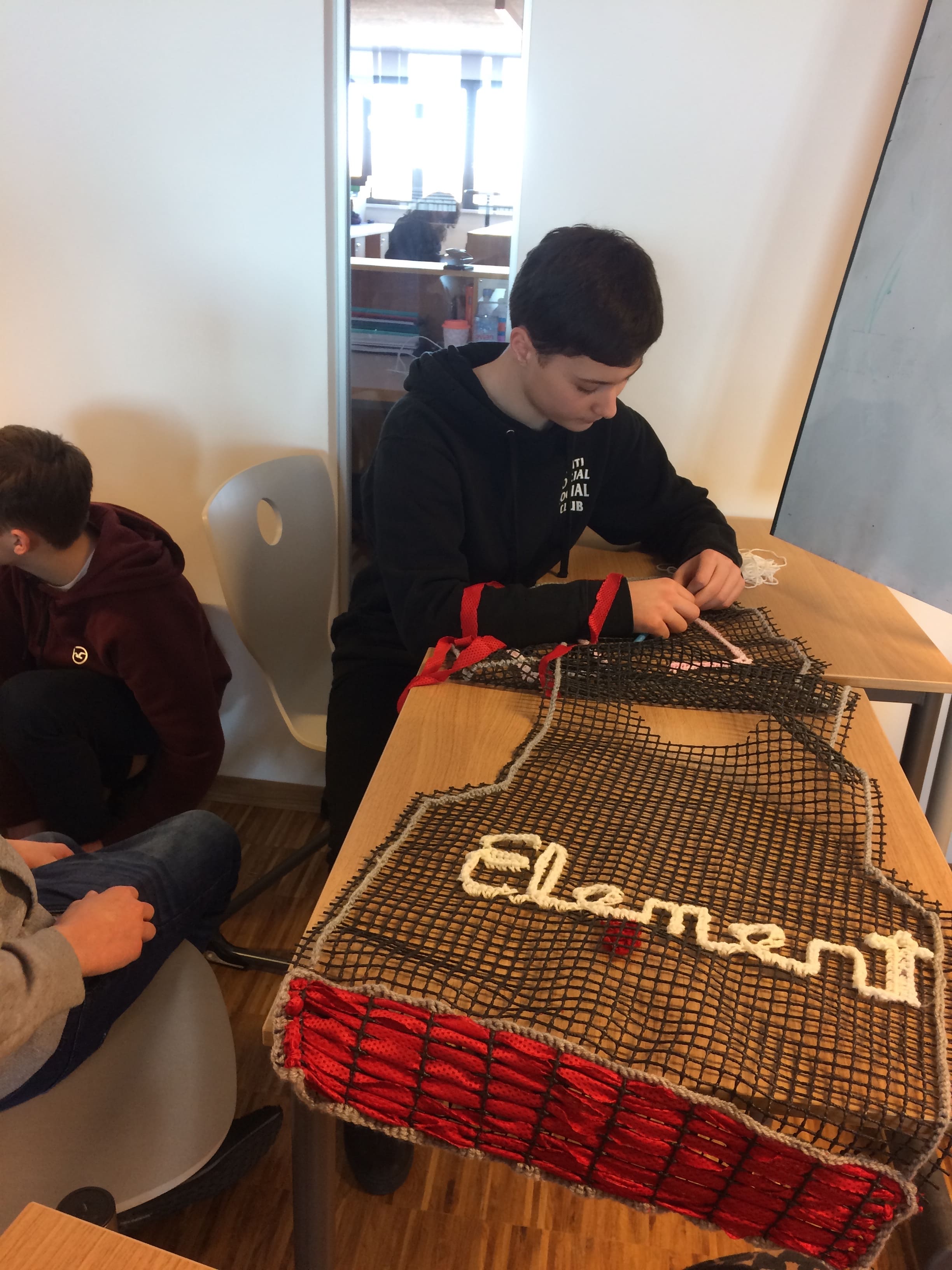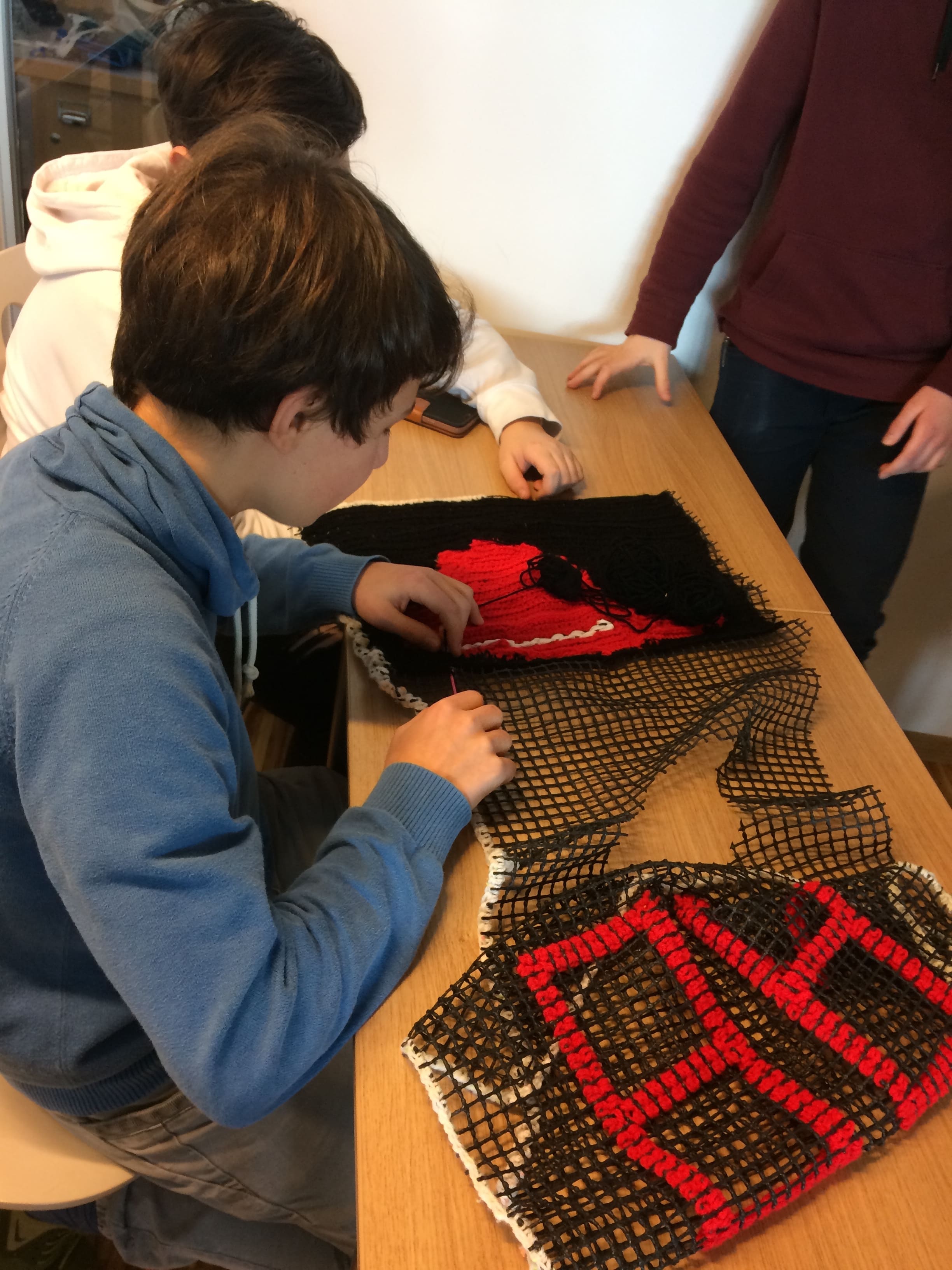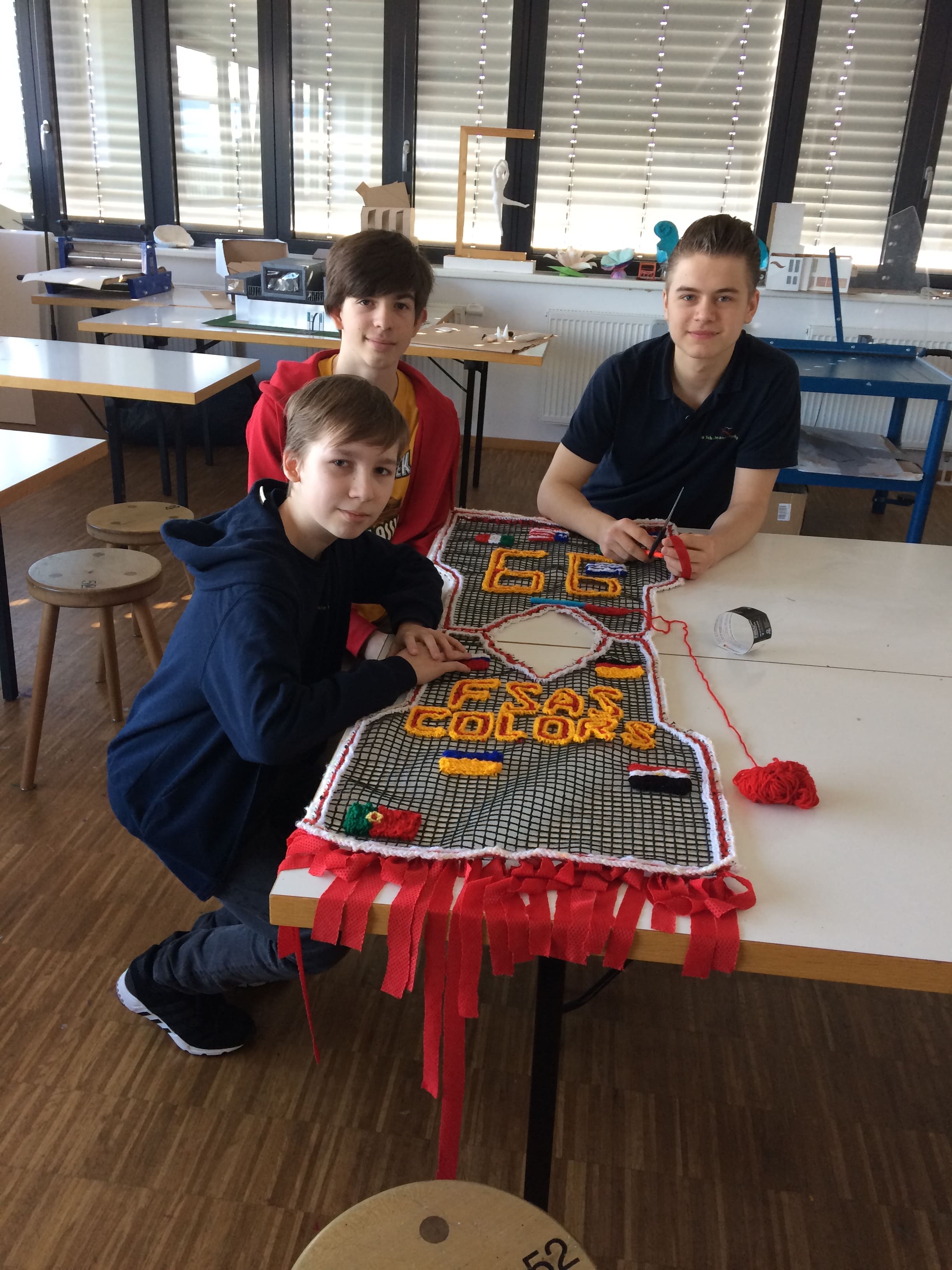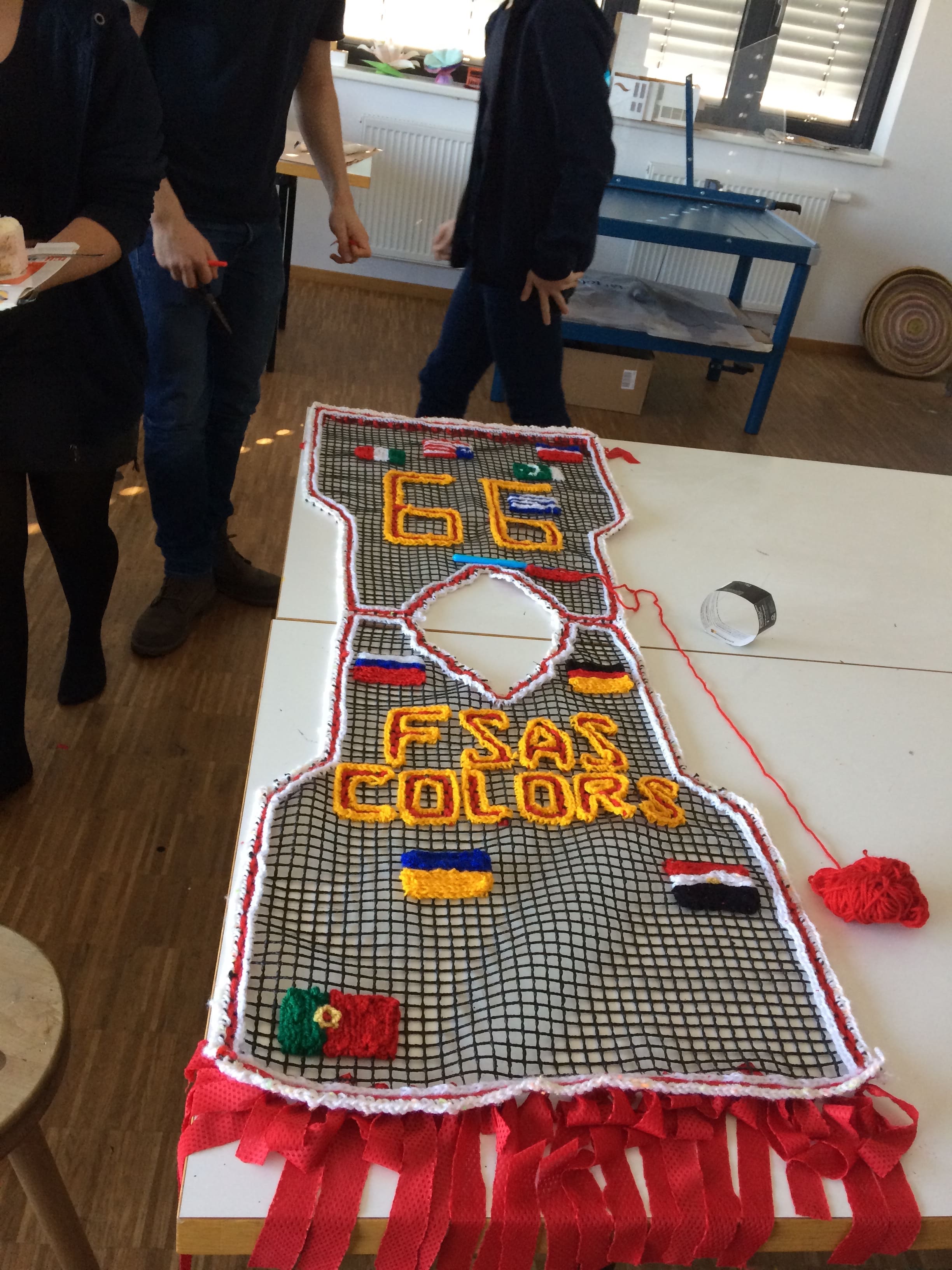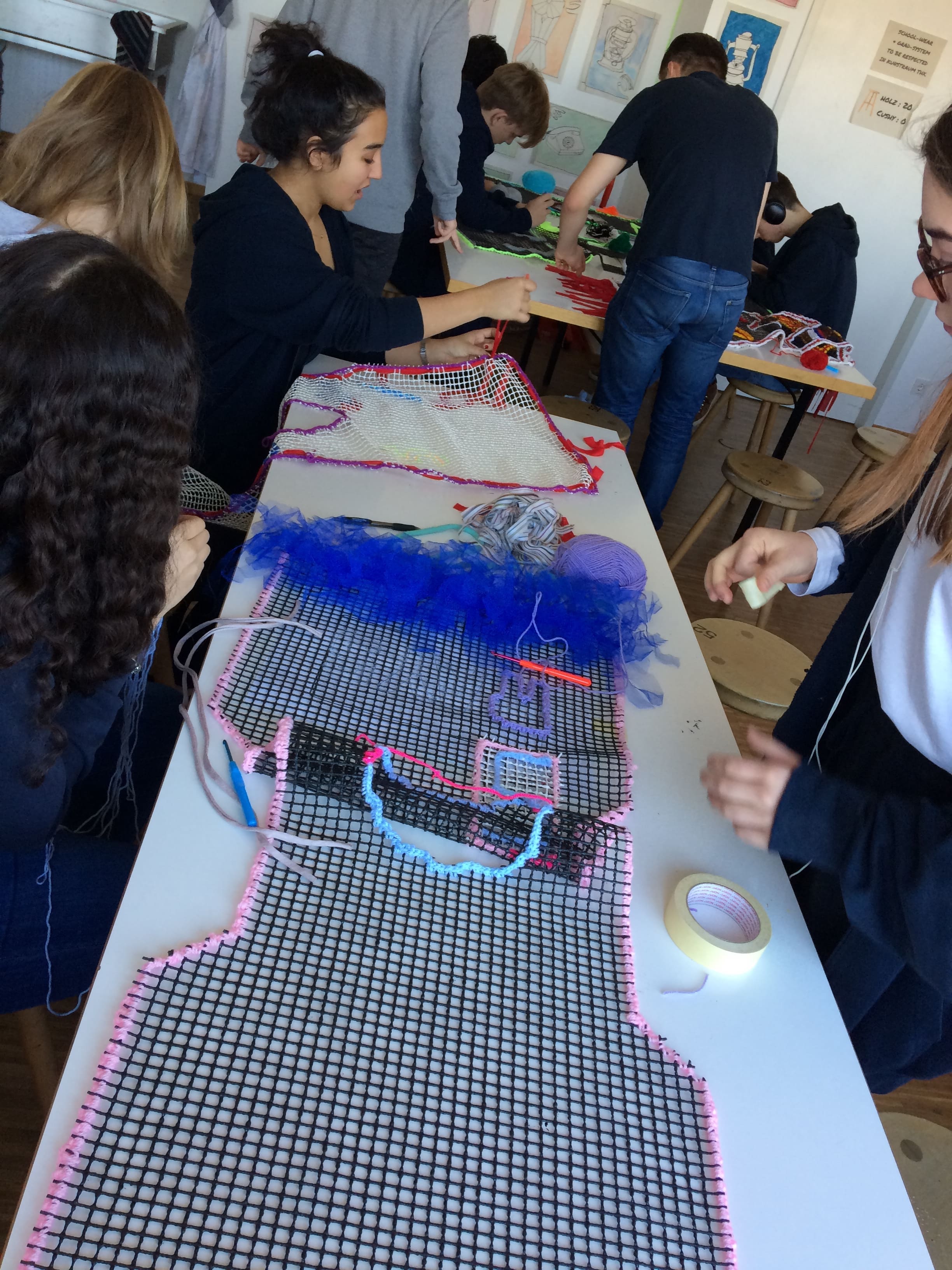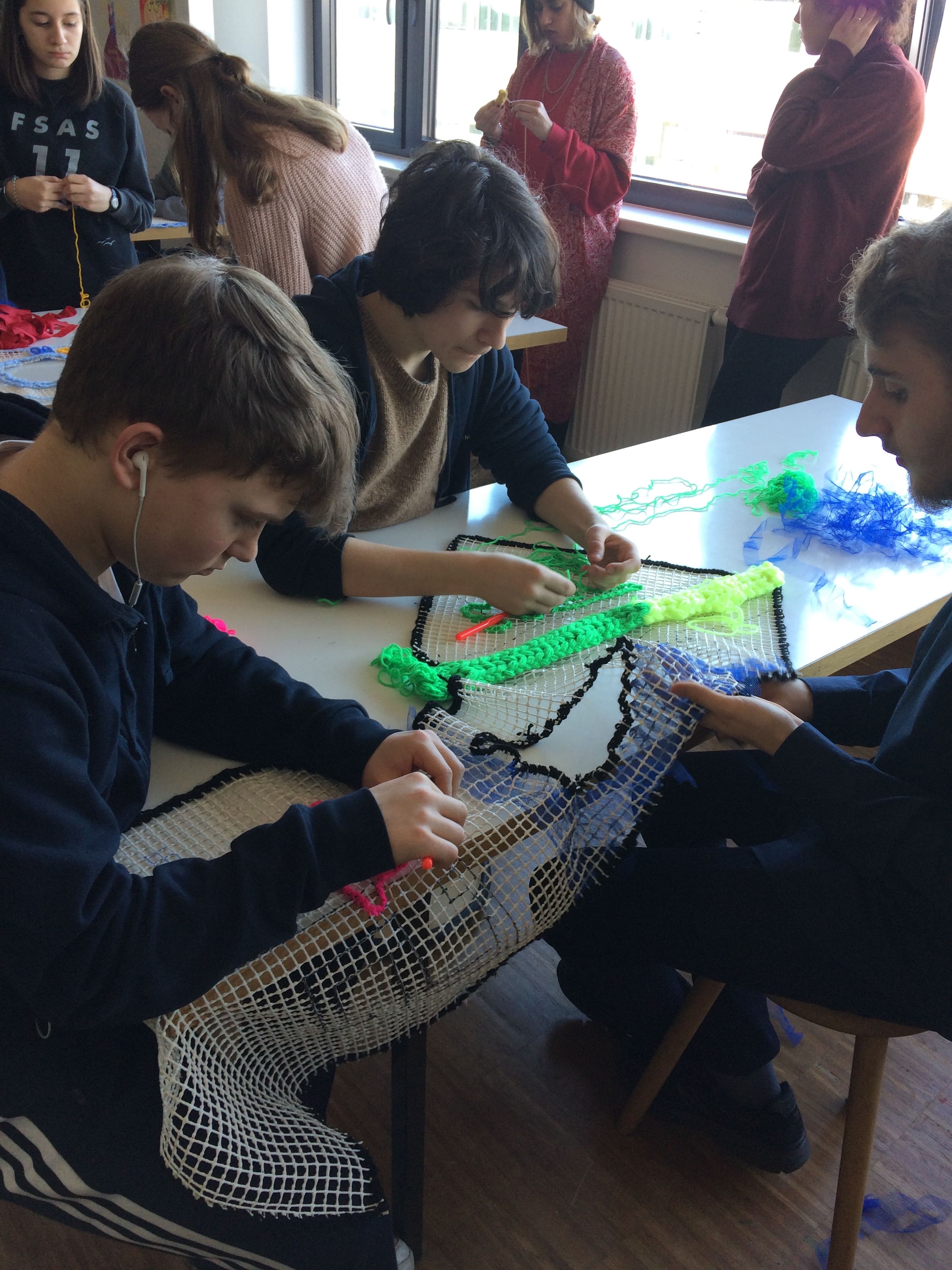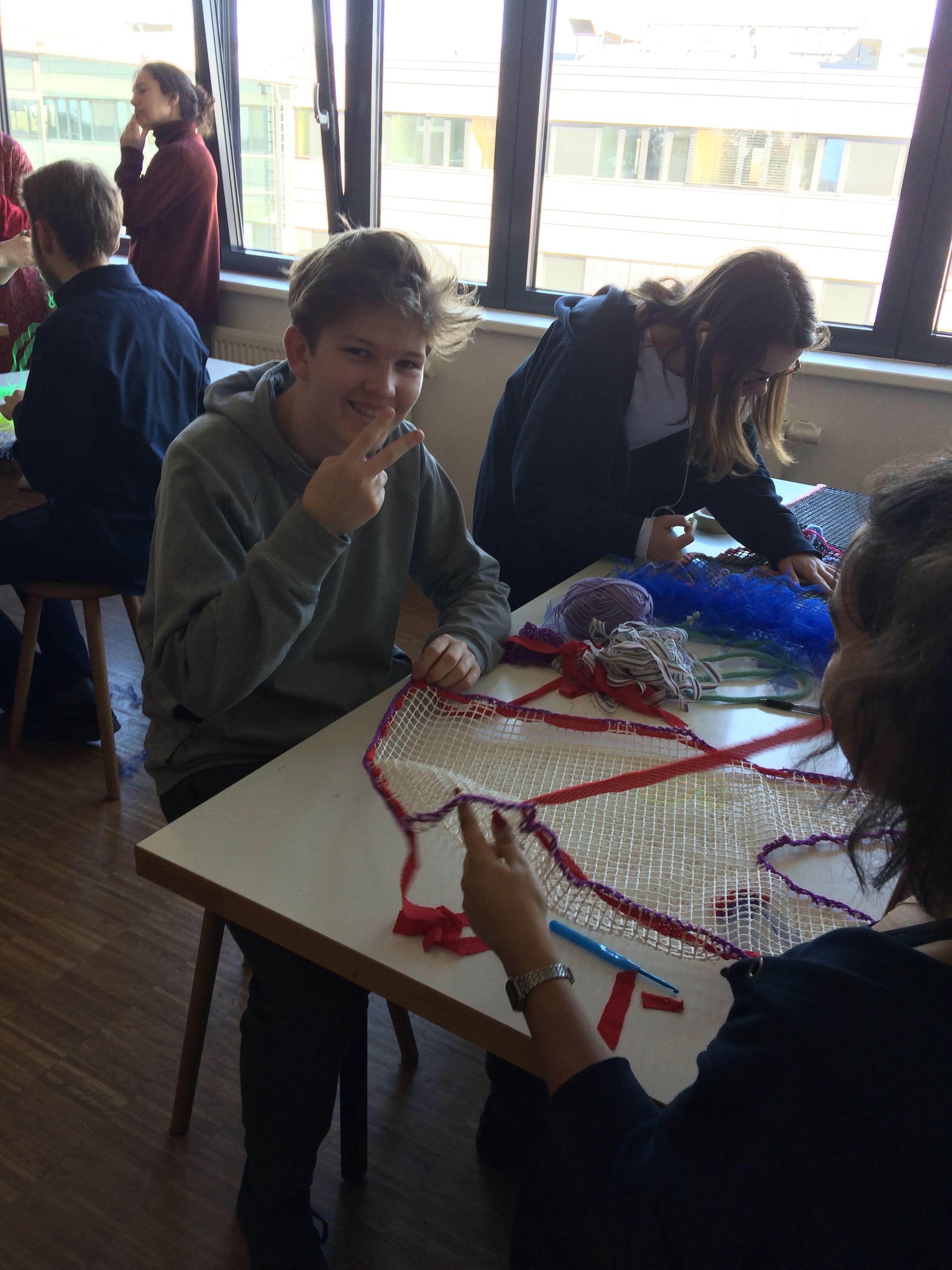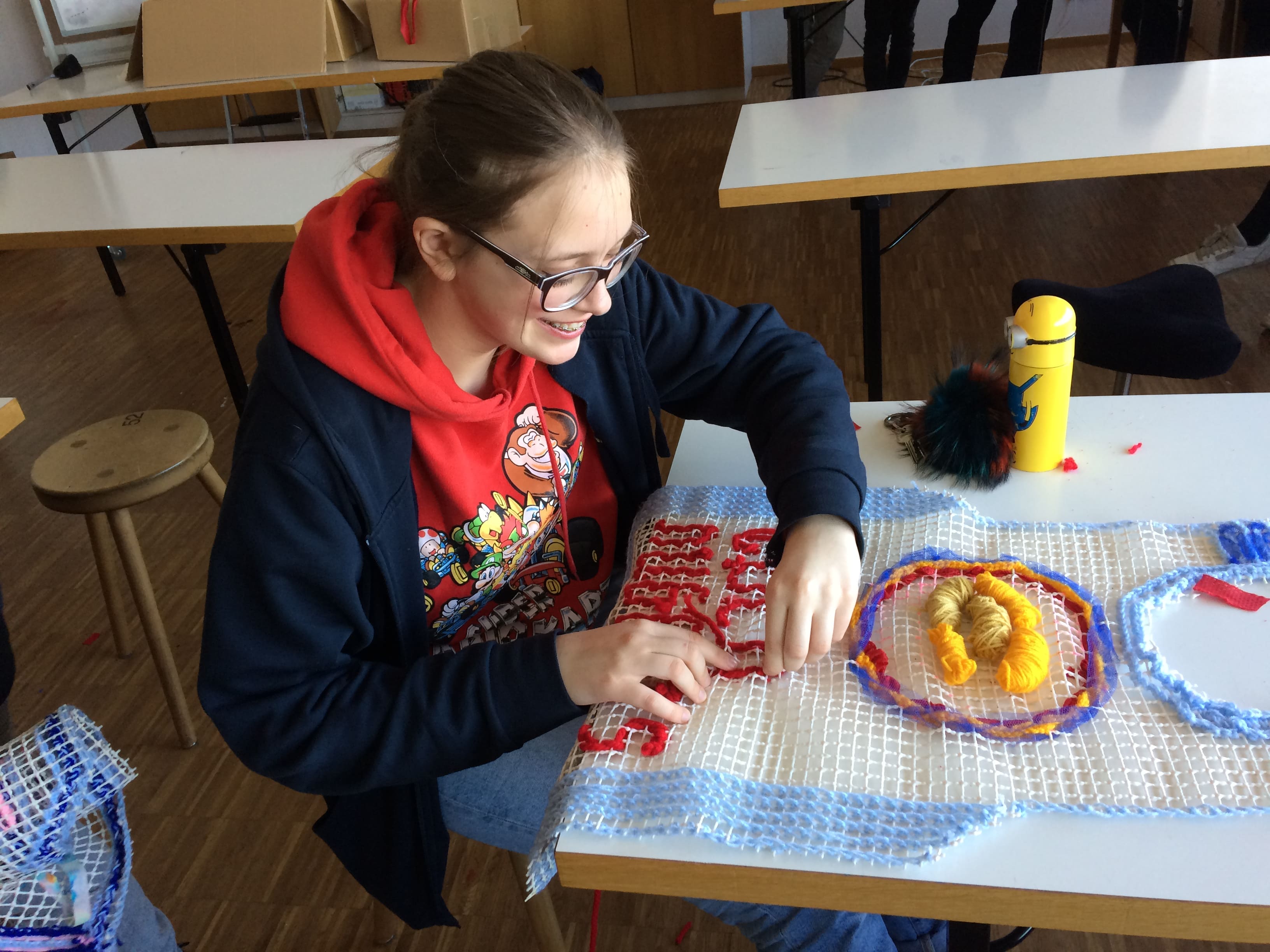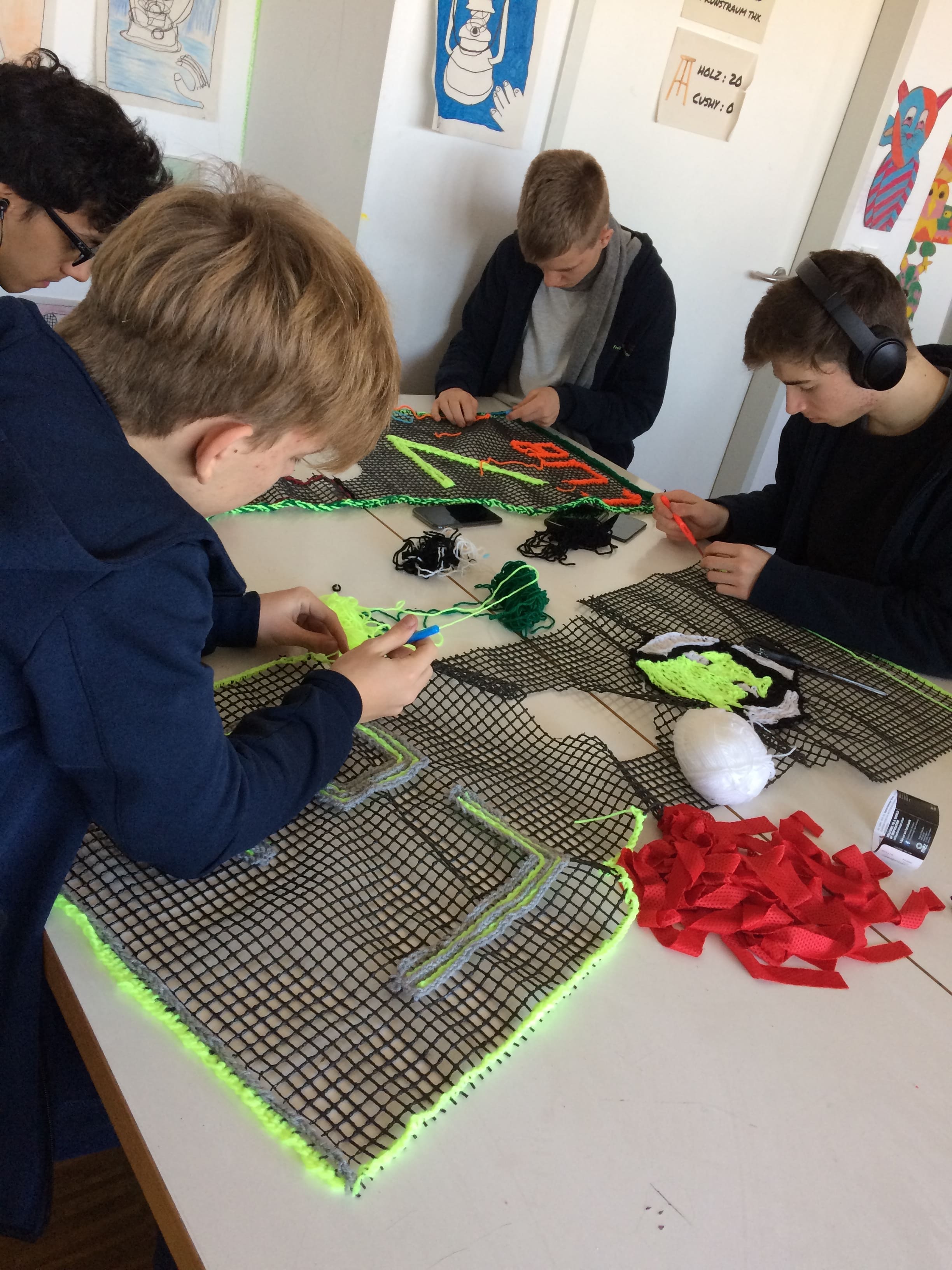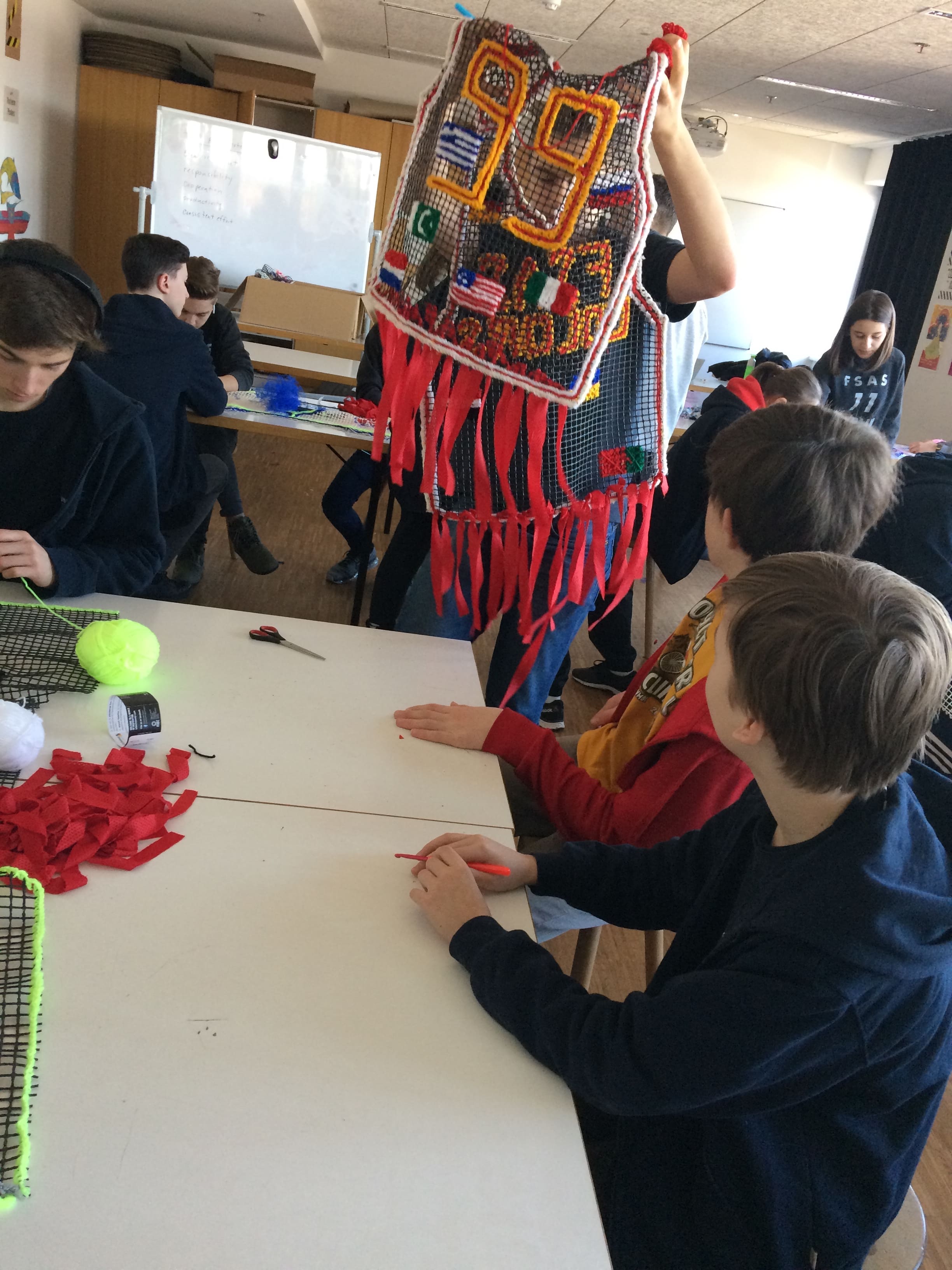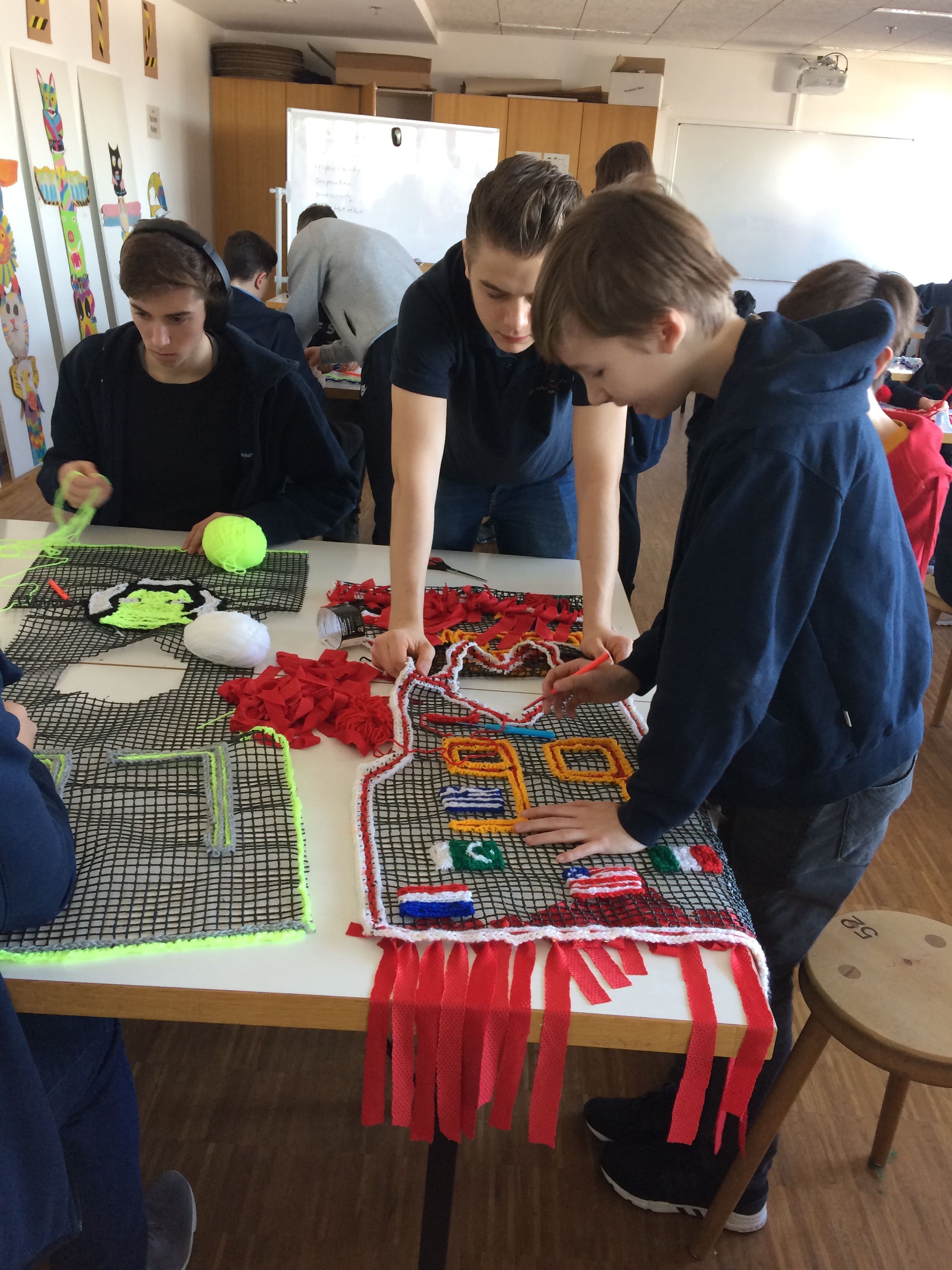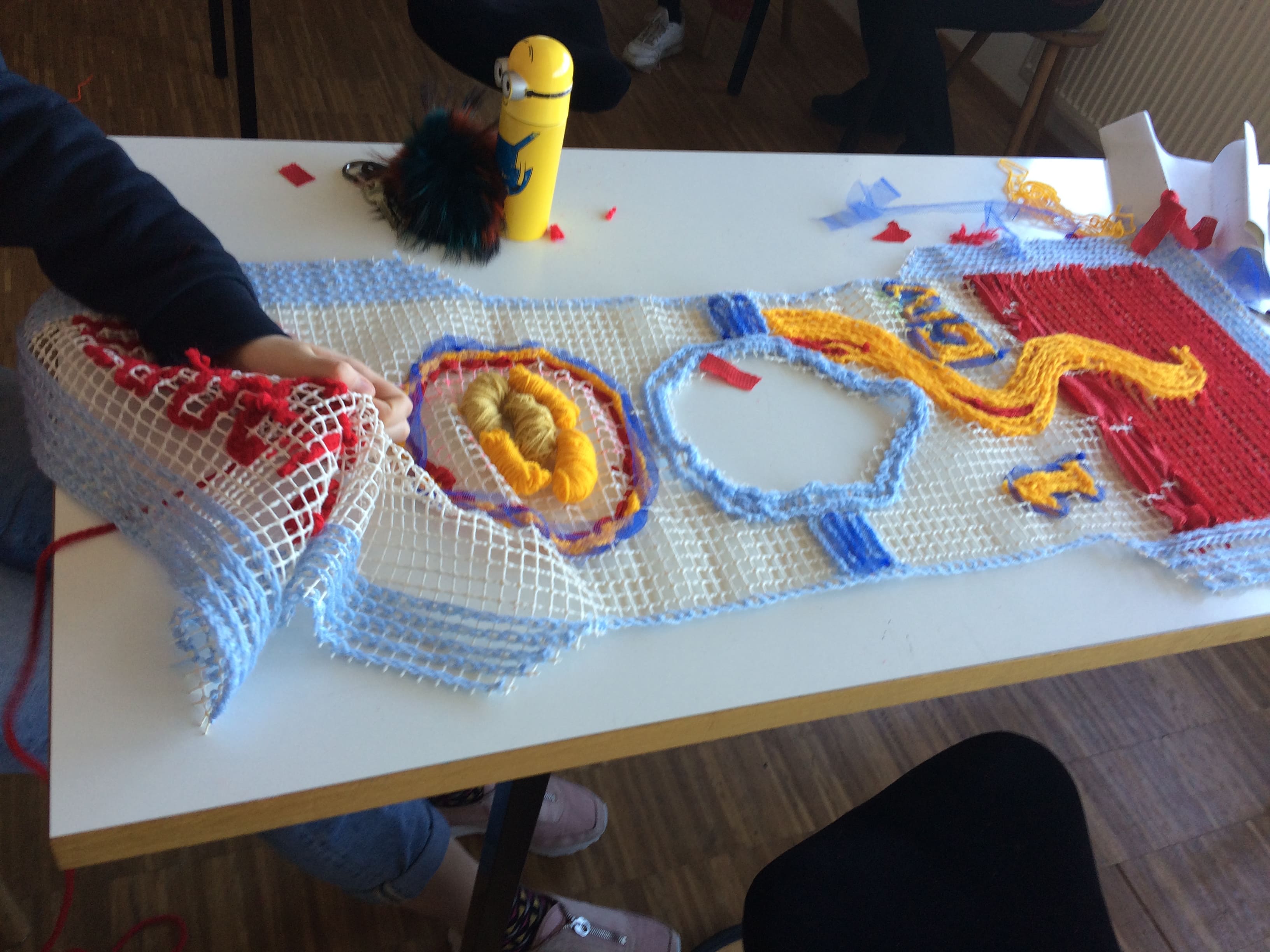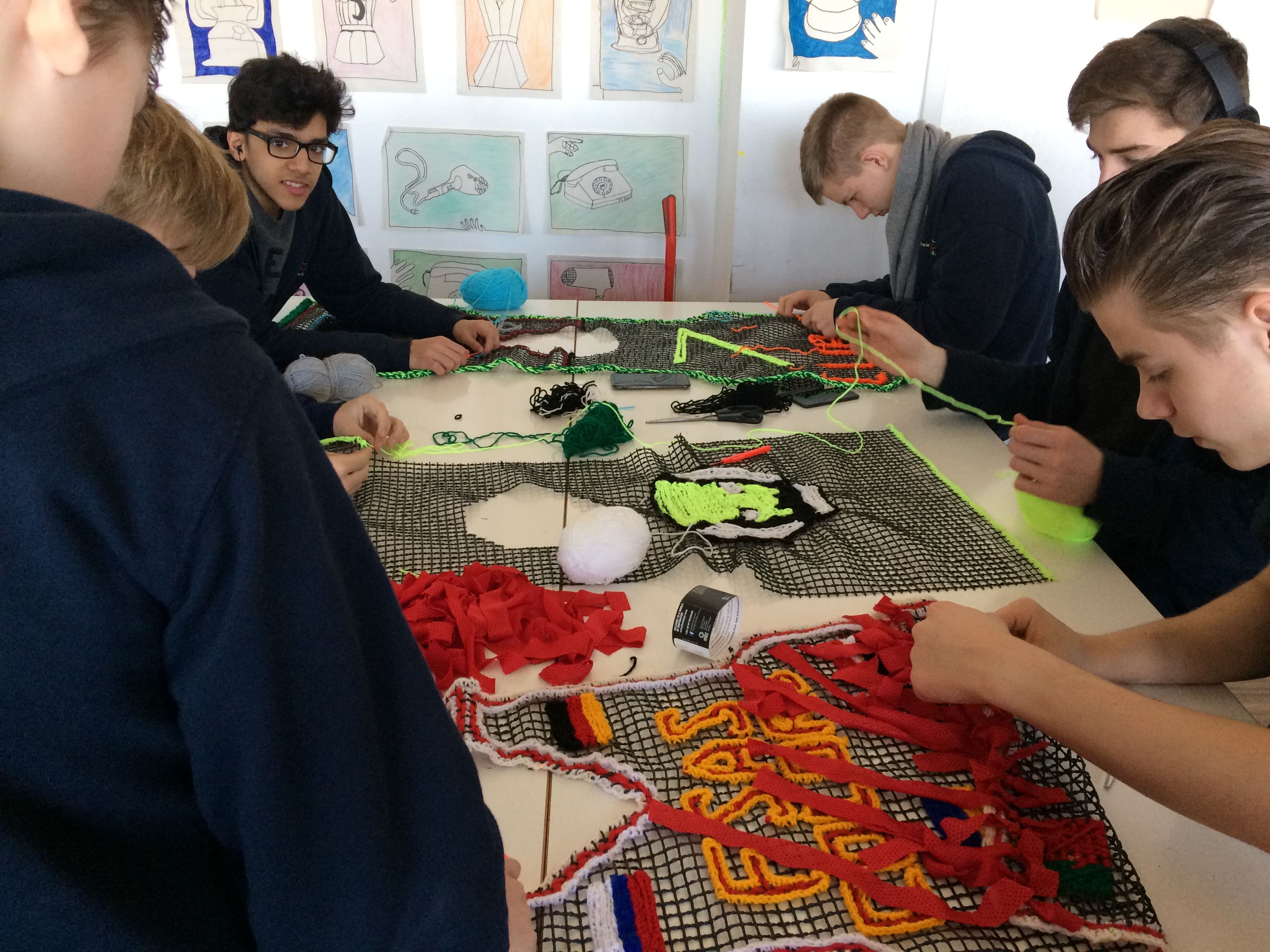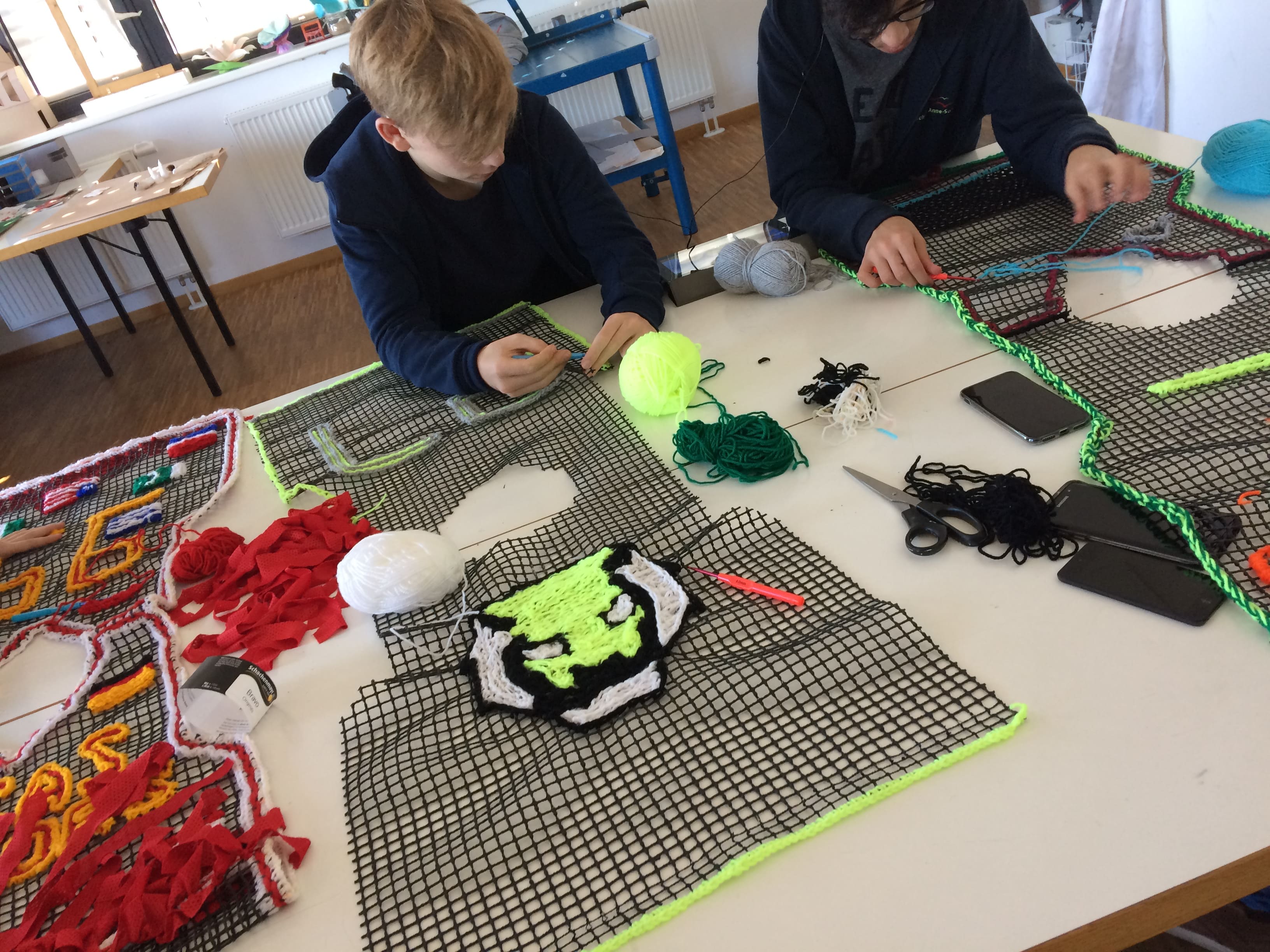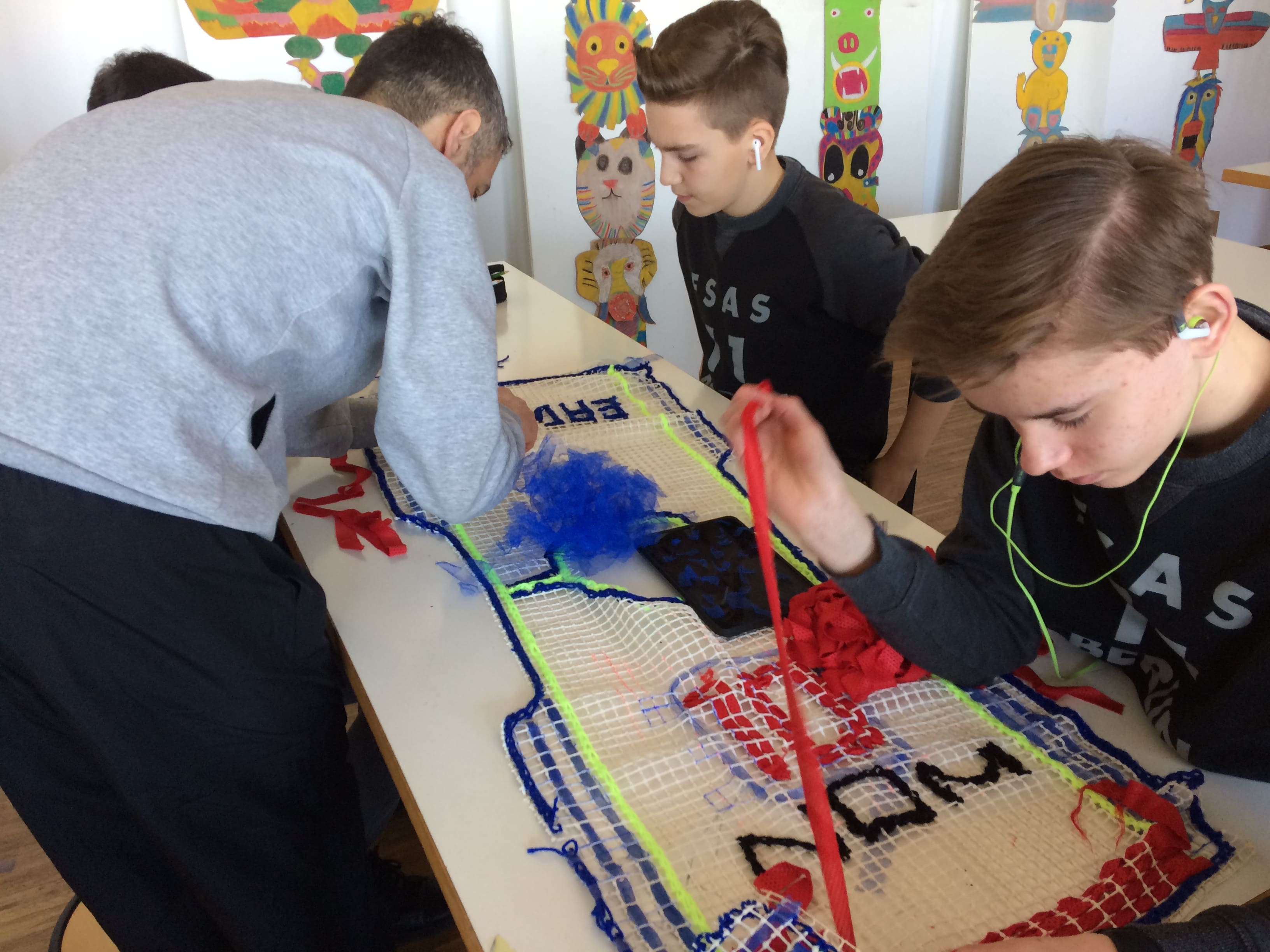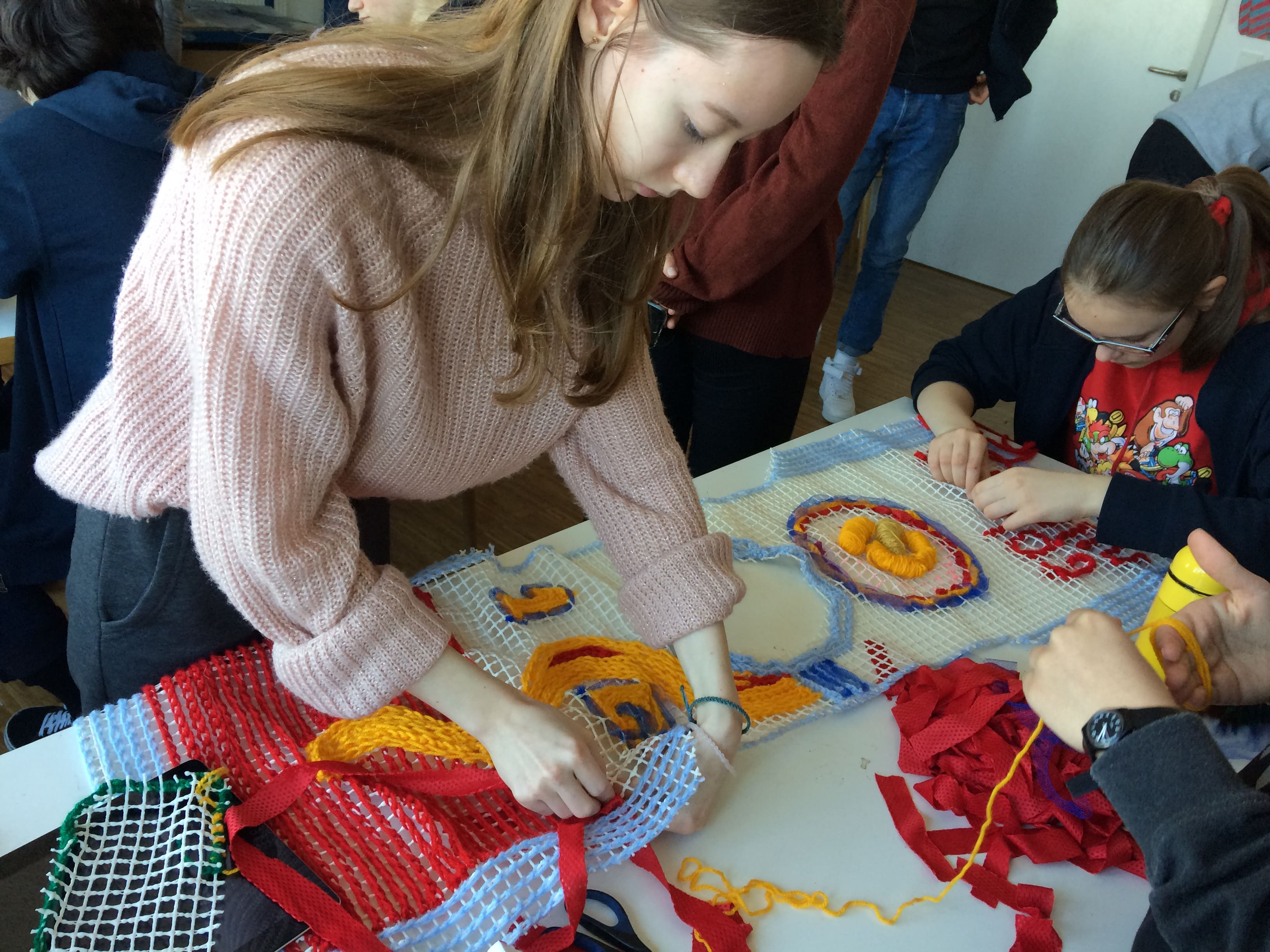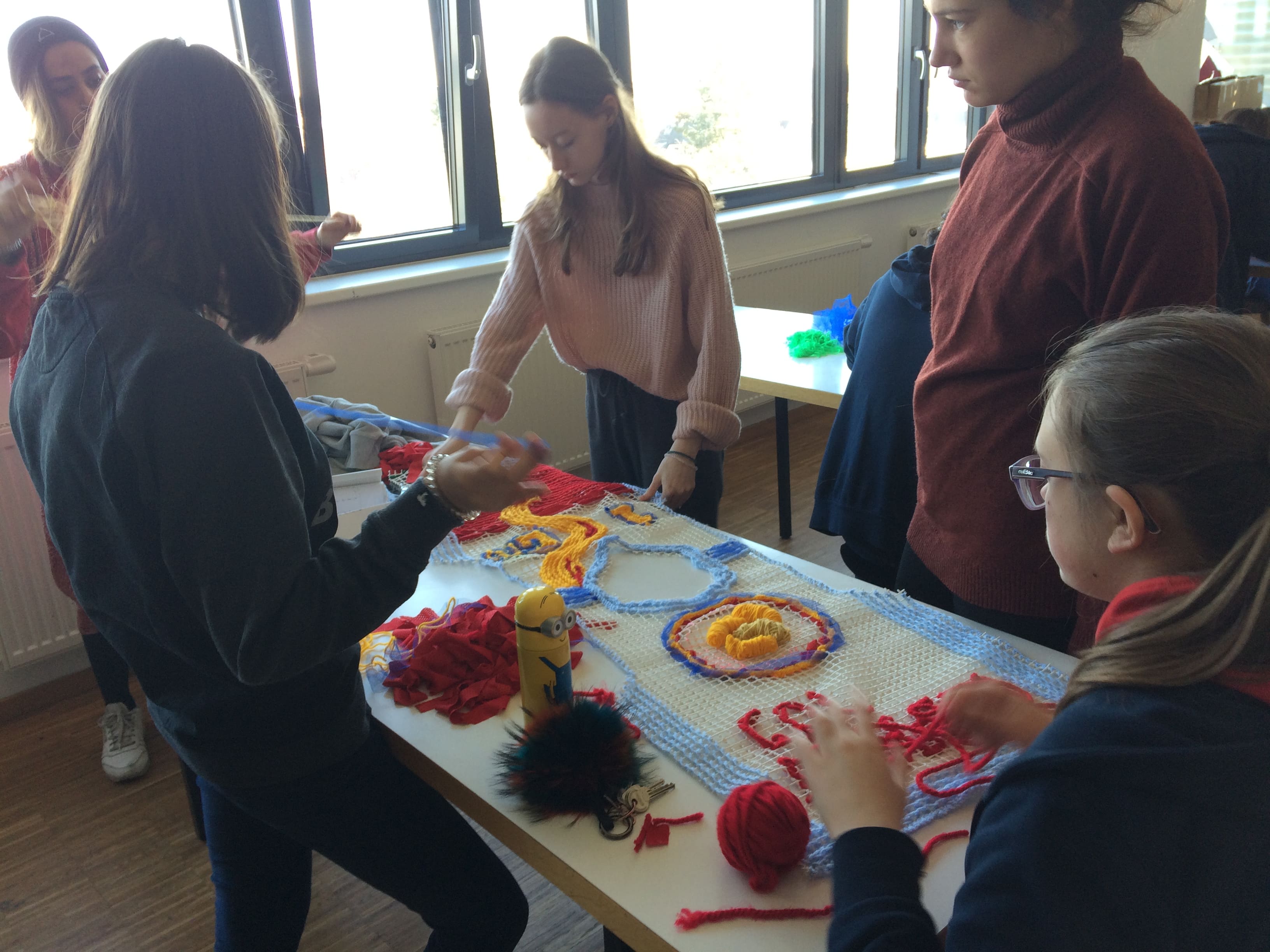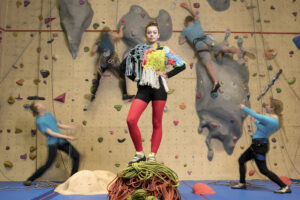Workshops: 6 Dynamic Ways They Shape Creativity and Connection, by Lara Serlin
Workshops are booming, and it’s easy to see why. It seems like everyone is looking for a way to spend their Saturday afternoon getting creative with friends. They’re more than just spaces; they’re vibrant hubs where people gather to learn, practice, and develop skills in various crafts and activities. Whether it’s crochet, woodworking, candle making, or yoga, workshops offer a shared space where the exchange of skills and experiences is valued more than ever.
Embracing Hands-On Learning in a Digital Age – 1
In a world moving increasingly fast, workshops provide a chance to slow down and learn a skill first-hand. They offer a tactile experience that stands in contrast to the rise in technology, which tends to focus on autonomous learning. The battle between screens and reality is a truth of modern living. Yet, workshops give people a good reason to step away from their phones and engage in something less boring instead. Amidst the information overload of the digital world, they provide a safe space to disconnect from screens and reconnect with our senses, all while fostering meaningful connections and unlocking creativity.
A Shift Towards Community – 2
As more individuals embrace self-employment and remote work, the landscape of work is undergoing a seismic shift. Workshops play a vital role in this transformation, providing a space for both connection and learning in person, something often lacking in professional life. Moreover, workshops support individual crafters and small businesses, fostering a community focused on passing down skills and providing empowering and transformative experiences.
A Sustainable Future – 3
Sustainability has become a global imperative, and it’s our shared ‘homework’ to tackle it head-on. Beyond the usual suspects like reducing single-use plastic and recycling, sustainability encompasses how we consume and support our local communities. Workshops promote sustainability by prioritising local economies, using techniques that minimise waste production, and emphasise handmade craftsmanship. For example, at the upcoming crochet workshops in the pipeline, we will be using offcuts and fabric scraps that were created to make individual crochet pieces. That way, nothing is wasted and we get to pass on the skill of crochet to other people willing and wanting to learn. The traditional techniques require minimal energy consumption and rely on manual labour rather than automated processes.
An Alternative to Consumerism – 4
Consumer culture encourages passive consumption and disposability, leading to a sense of disconnection from the products we use. Workshops offer an alternative by empowering individuals to create and repair their own goods, fostering a deeper appreciation for craftsmanship. The time spent on something often increases the value. You can also argue that getting a gift from someone that is homemade has a greater feeling of appreciation as they have spent their time working on it for you, instead of just handing over cash.
Preserving Tradition – 5
When it comes to crafts like crochet, passing down skills is like passing down a cherished family recipe – it’s all about sharing the love and tradition. Imagine sitting with your grandma or aunt, learning the ins and outs of looping yarn into beautiful patterns. It’s not just about the stitches; it’s about the stories behind them, the laughter shared, and the memories made. So, whether you’re learning your first chain stitch or perfecting that intricate lace pattern, workshops are where the magic happens, keeping the craft alive and the community buzzing. Plus, a very welcome alternative to consumerism.
Addressing Challenges and Looking Ahead – 6
While workshops offer numerous benefits, they also face challenges such as accessibility and scalability. Digital platforms like TheMakery.de are making it easier for individuals to promote their workshops and reach a broader audience. Despite these challenges, workshops continue to offer a platform for skill development, personal growth, and community engagement, as well as a way to support small, independent businesses.
Workshops are more than just places to learn; they’re vibrant communities where creativity thrives and connections are forged. As we navigate the complexities of modern life, workshops offer a beacon of hope, reminding us of the joy of learning, creating, and connecting with others. So, whether you’re learning your first chain stitch or perfecting an intricate lace pattern, workshops are where the magic happens.
Stay tuned for details of our first workshop series!
Workshop Wonders: From Theory to Creation – Applying Permaculture Principles in Fashion, by Tata Christiane
In this article, I showcase unique pieces from Tata Christiane that incorporate crochet, upcycling, and weaving techniques. These pieces served as inspiration for several workshops I conducted in schools. Here’s a glimpse into what these workshops entailed.
This workshop explores the integration of permaculture principles into the realm of fashion design, offering a unique perspective on sustainability and creativity. Permaculture, a holistic design system inspired by natural ecosystems and traditional wisdom, is not just about agriculture—it’s a way of life that seeks to create harmonious and regenerative human habitats.
At its core, permaculture emphasizes the importance of observing and learning from nature’s patterns and processes. By mimicking these patterns in human systems, such as fashion design and textile production, we can create more sustainable and resilient solutions. This means working with nature rather than against it, utilizing resources efficiently, and minimizing waste.
In the context of fashion and textile work, the principles of permaculture can be applied in several ways:
- Using Minimal Resources: Permaculture encourages us to use what we have and make the most of it. In this workshop, participants learn to repurpose non-traditional materials like non-slip fabric scraps, demonstrating how creativity and innovation can thrive within resource constraints.
- Respect for Human Labor: By handcrafting garments from scratch, participants gain a deeper appreciation for the time and effort that goes into each piece. This fosters a more mindful approach to consumption and production, challenging the fast fashion mentality of disposable clothing.
- Promoting Self-Sufficiency: Through hands-on learning and experimentation, participants develop the skills and confidence to create their own clothing. This empowerment encourages self-sufficiency and independence, reducing reliance on mass-produced fashion and promoting a more resilient community.
- Cultivating Awareness: Permaculture teaches us to be conscious of our actions and their impact on the environment. In the workshop, students reflect on their own design methodology and consumption habits, encouraging a more mindful and sustainable approach to fashion.
By integrating these principles into the workshop curriculum, participants not only learn practical design skills but also gain a deeper understanding of the interconnectedness of human systems and the natural world. Through creative expression and sustainable practices, they become agents of positive change in the fashion industry, contributing to a more regenerative and equitable future.
Seeing the rapid progress and boundless creativity of children and students, even those unfamiliar with crochet techniques, was truly remarkable. Within just a few hours, they embraced the craft and unleashed their imagination, demonstrating the incredible potential of simple tools and materials to yield diverse and captivating results.

Lara is a Berlin-based freelance writer, originally from London. With a background in marketing, she’s spent the last 10+ years working on everything content-related. She can usually be found hanging out with her dog Freddie, training for a marathon, or traveling to warmer places. She’s open to collaborations with brands or individuals, & can be contacted via email or LinkedIn.
